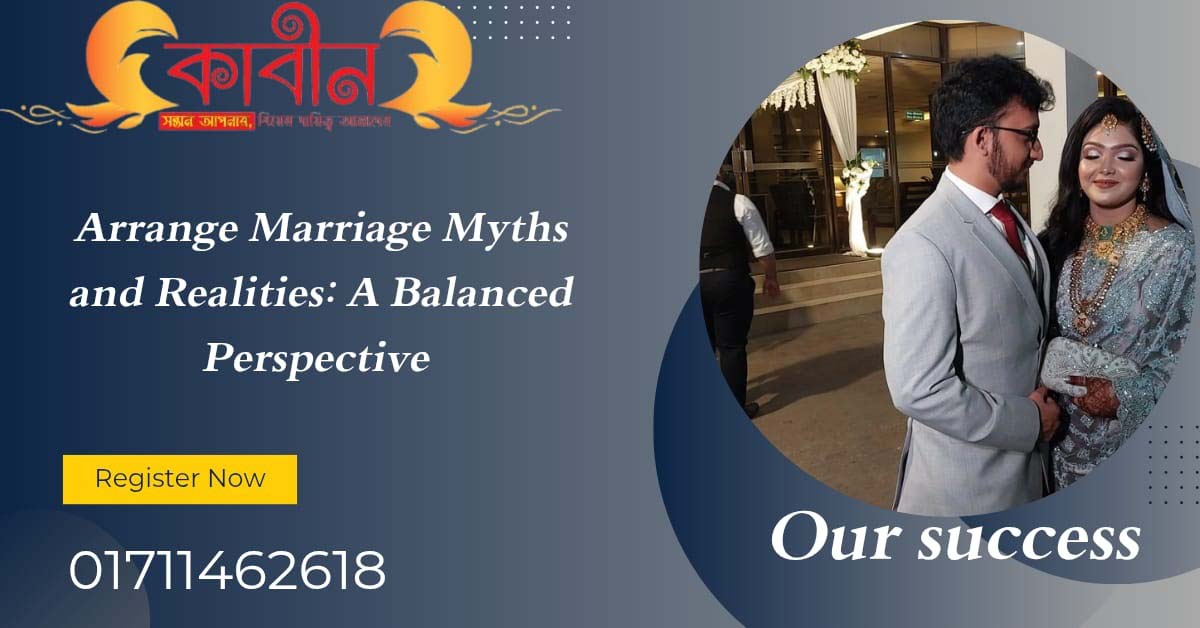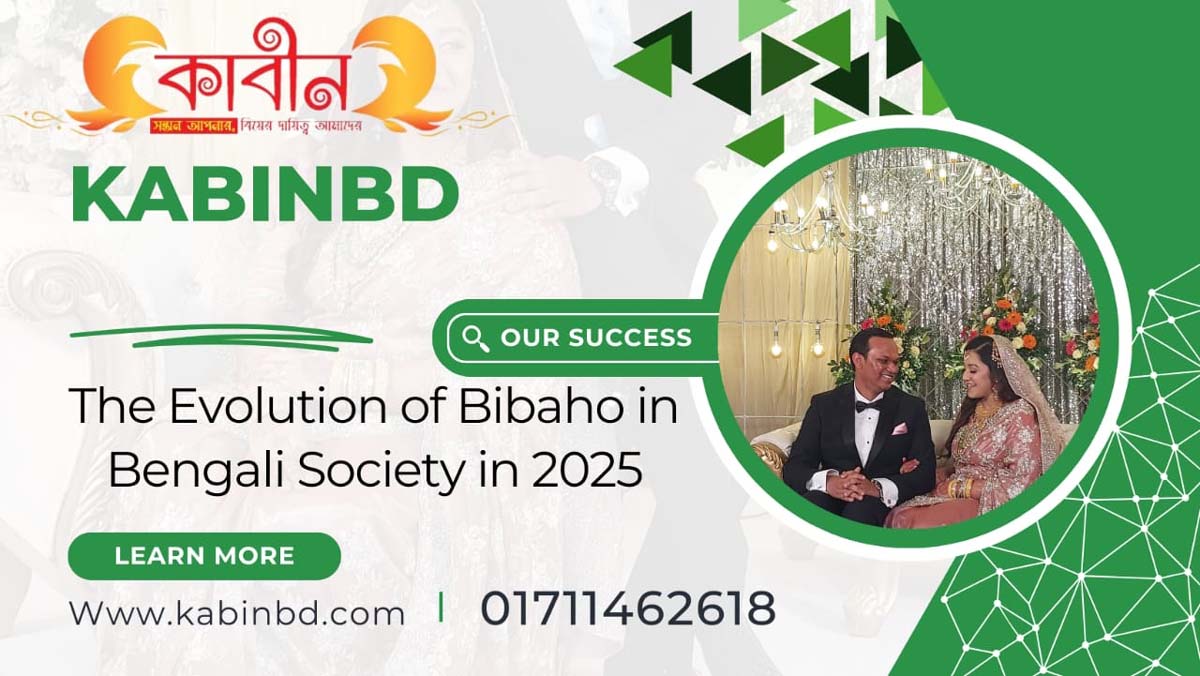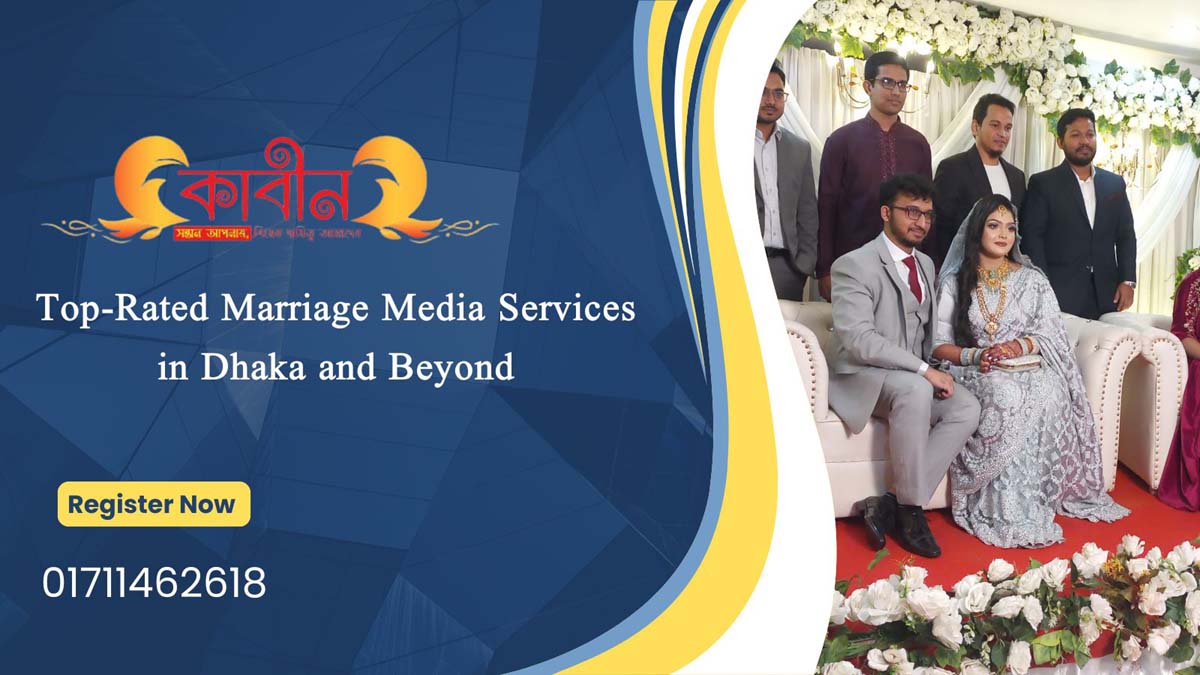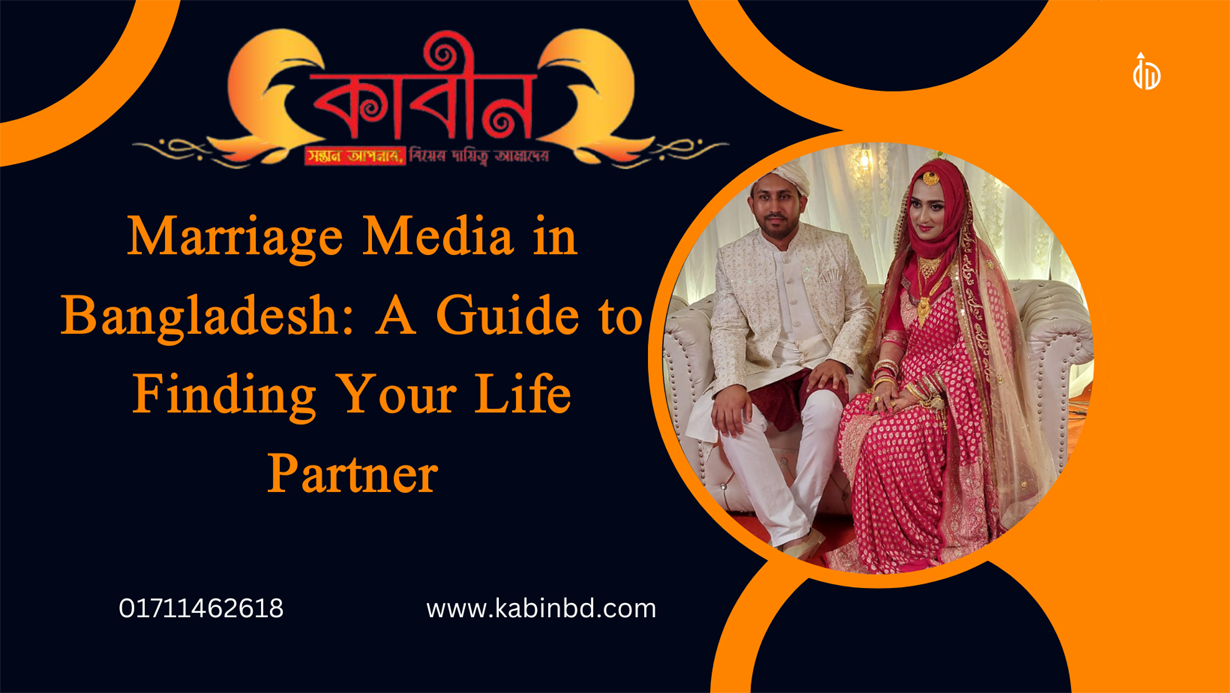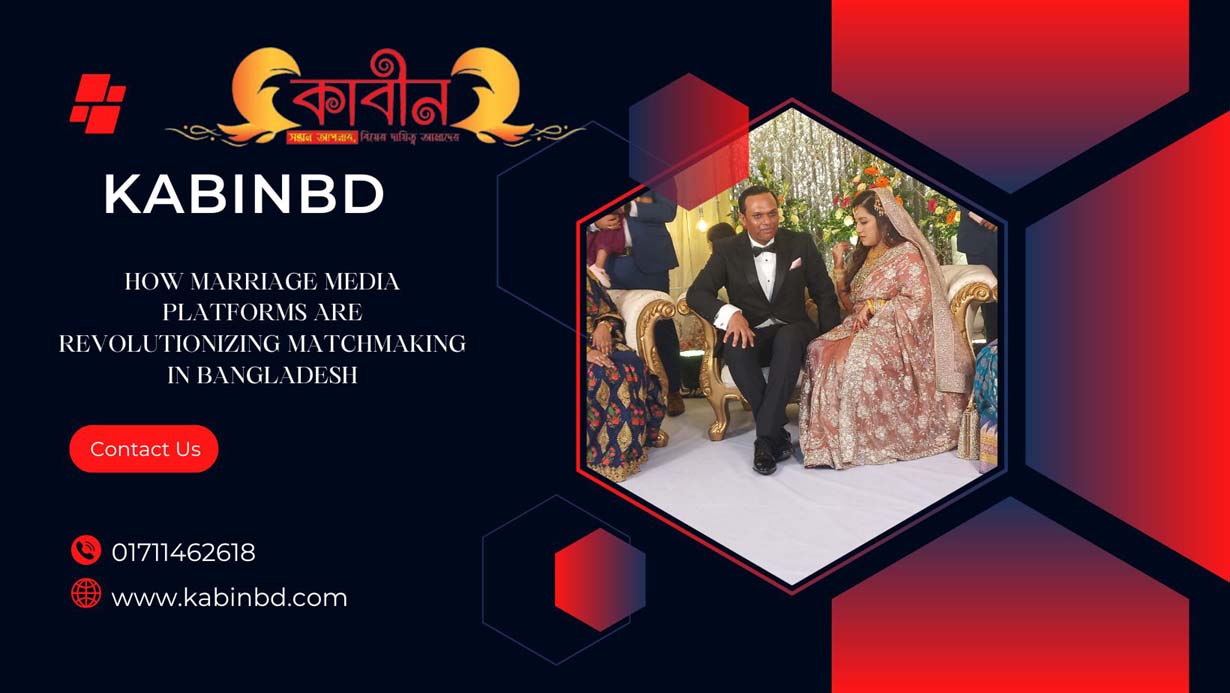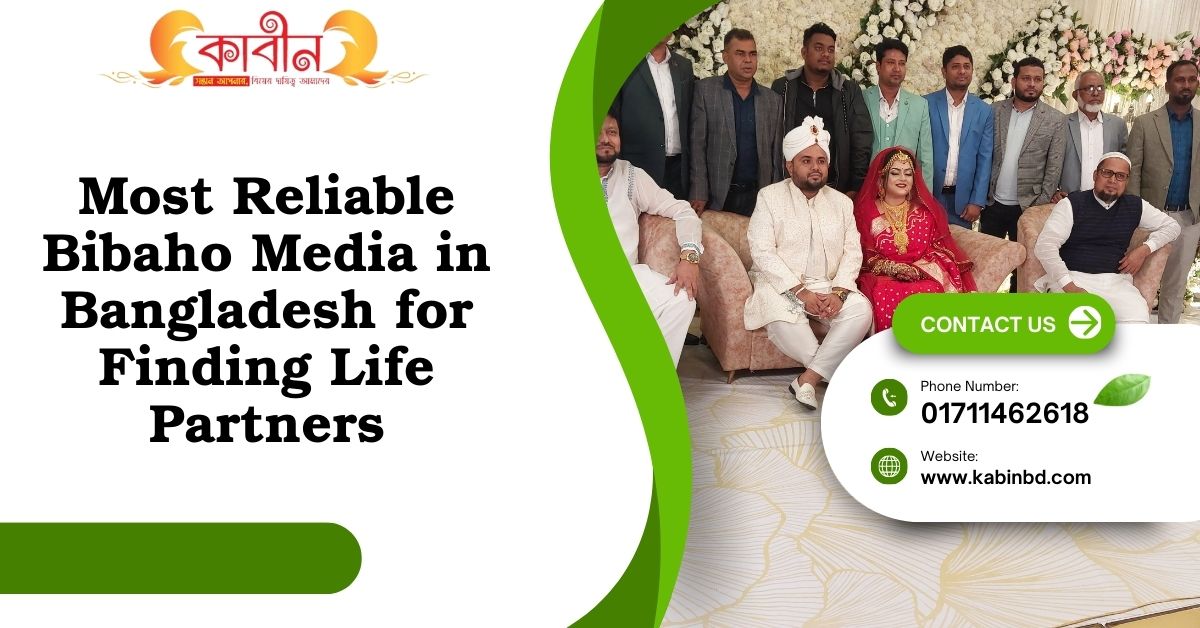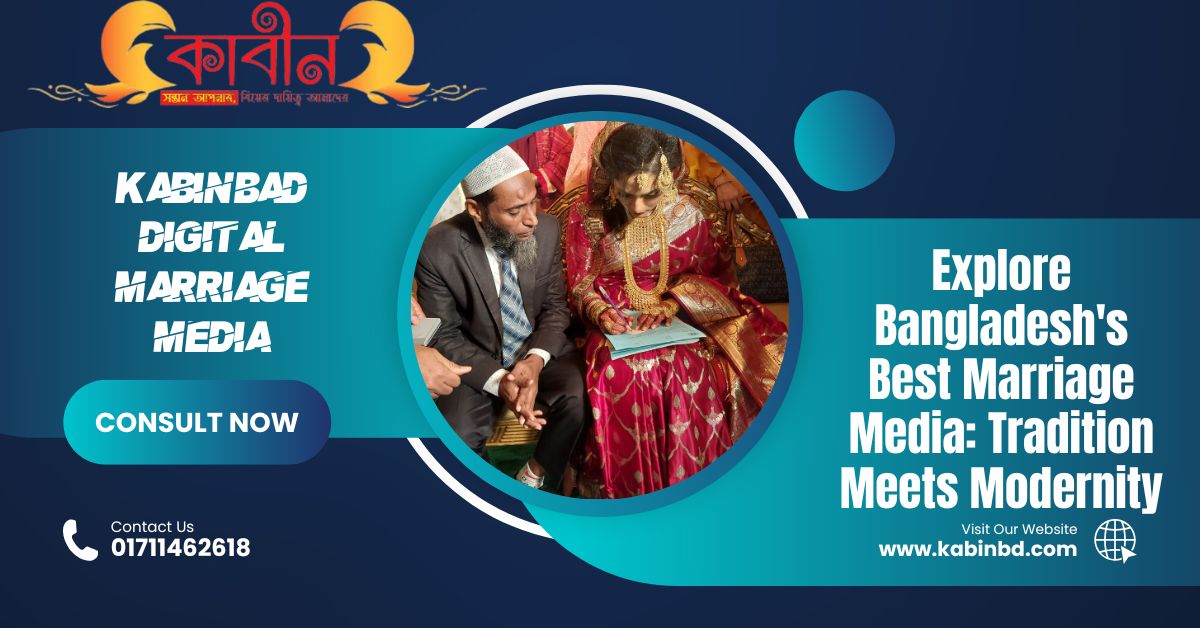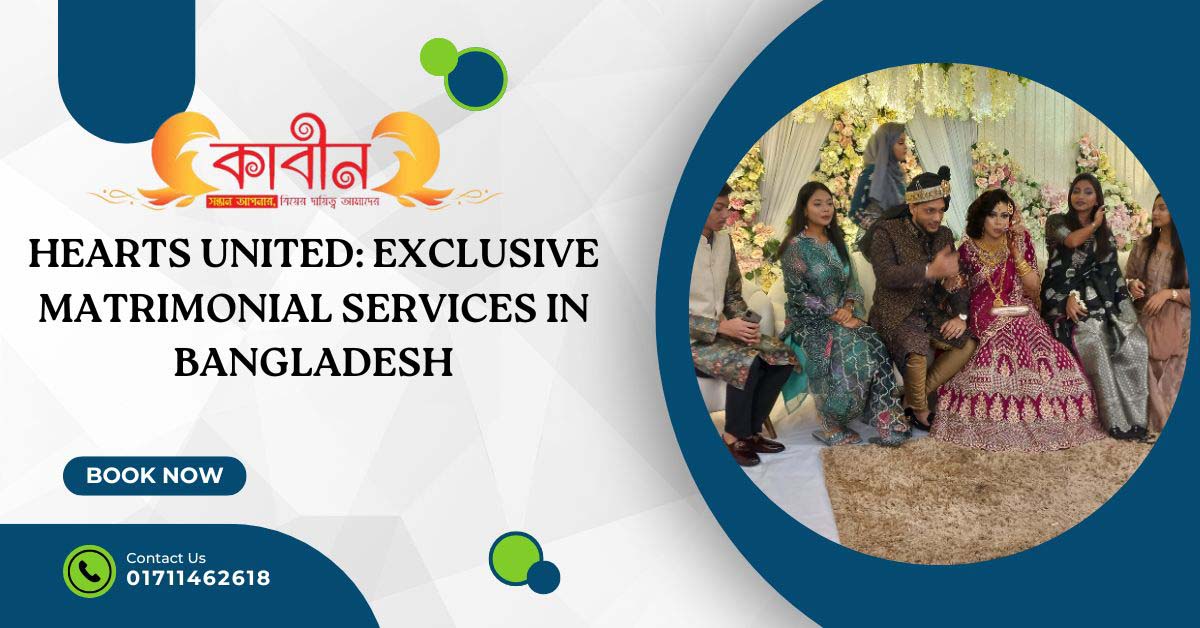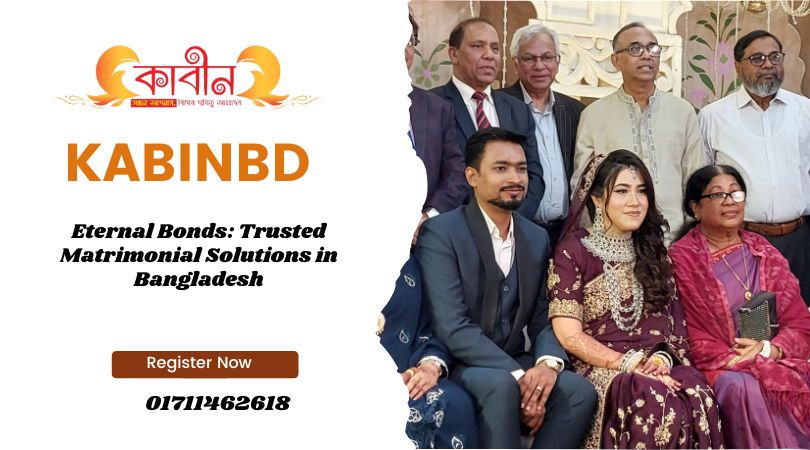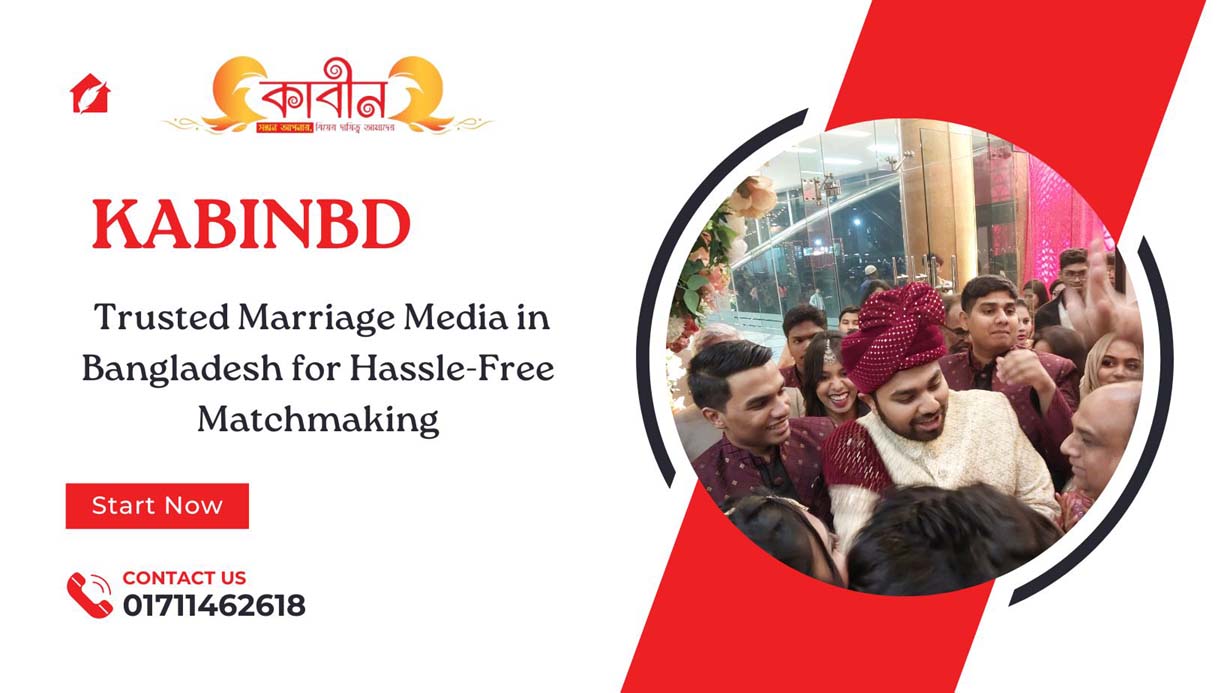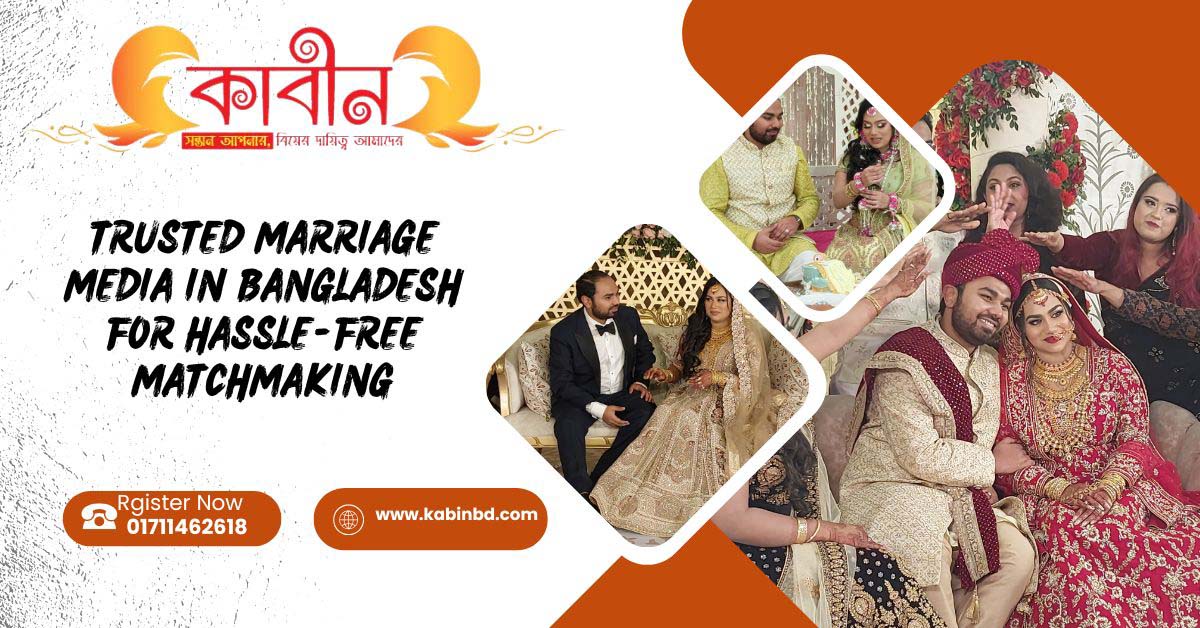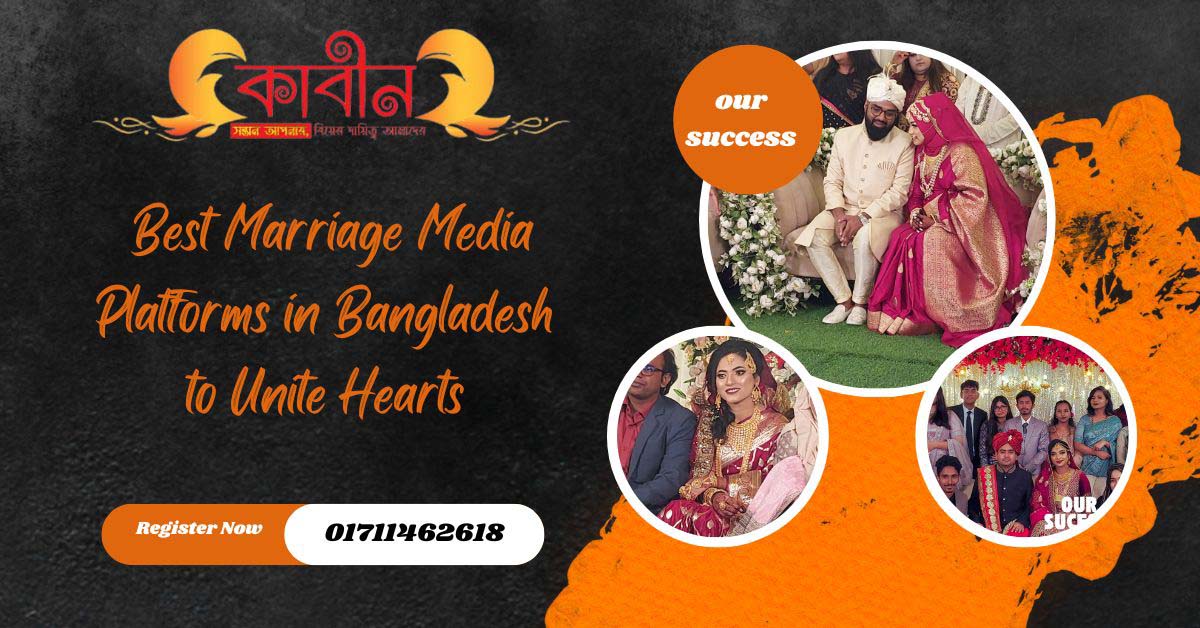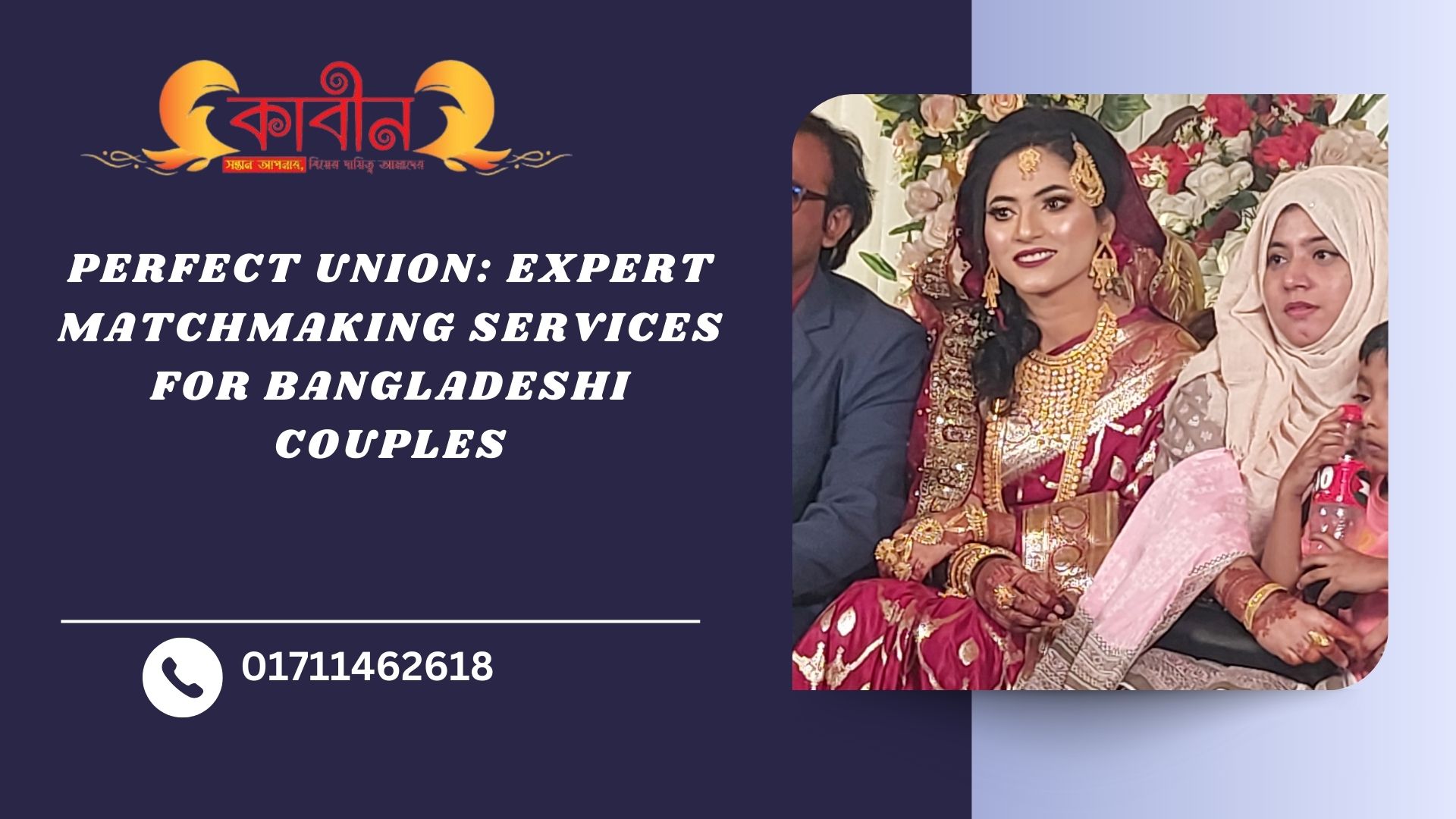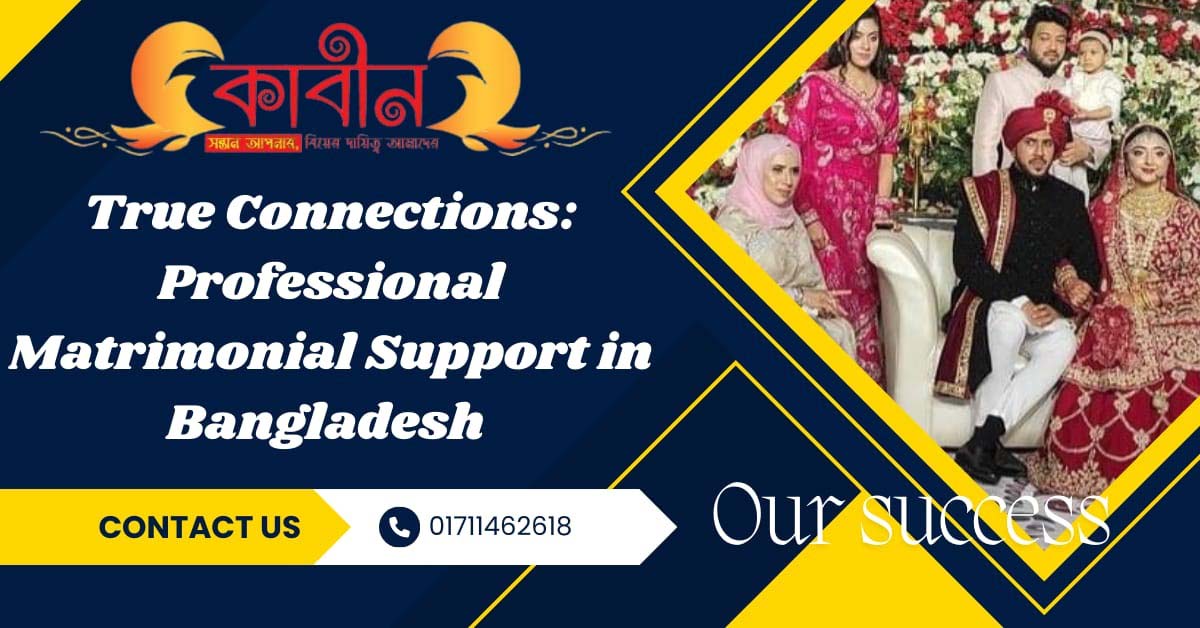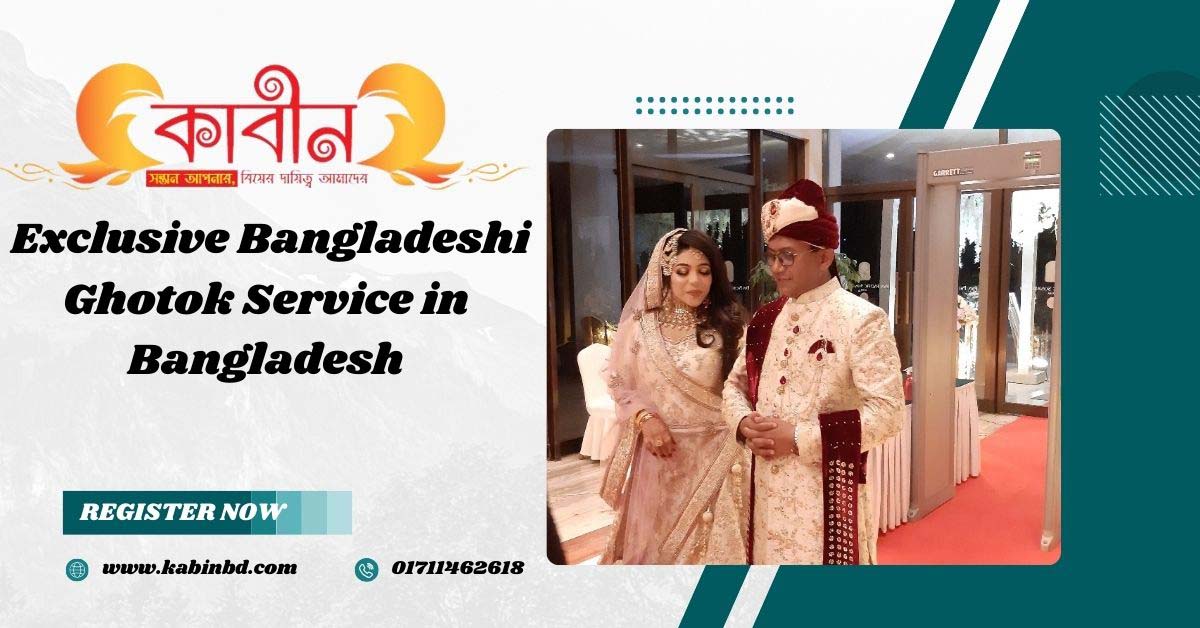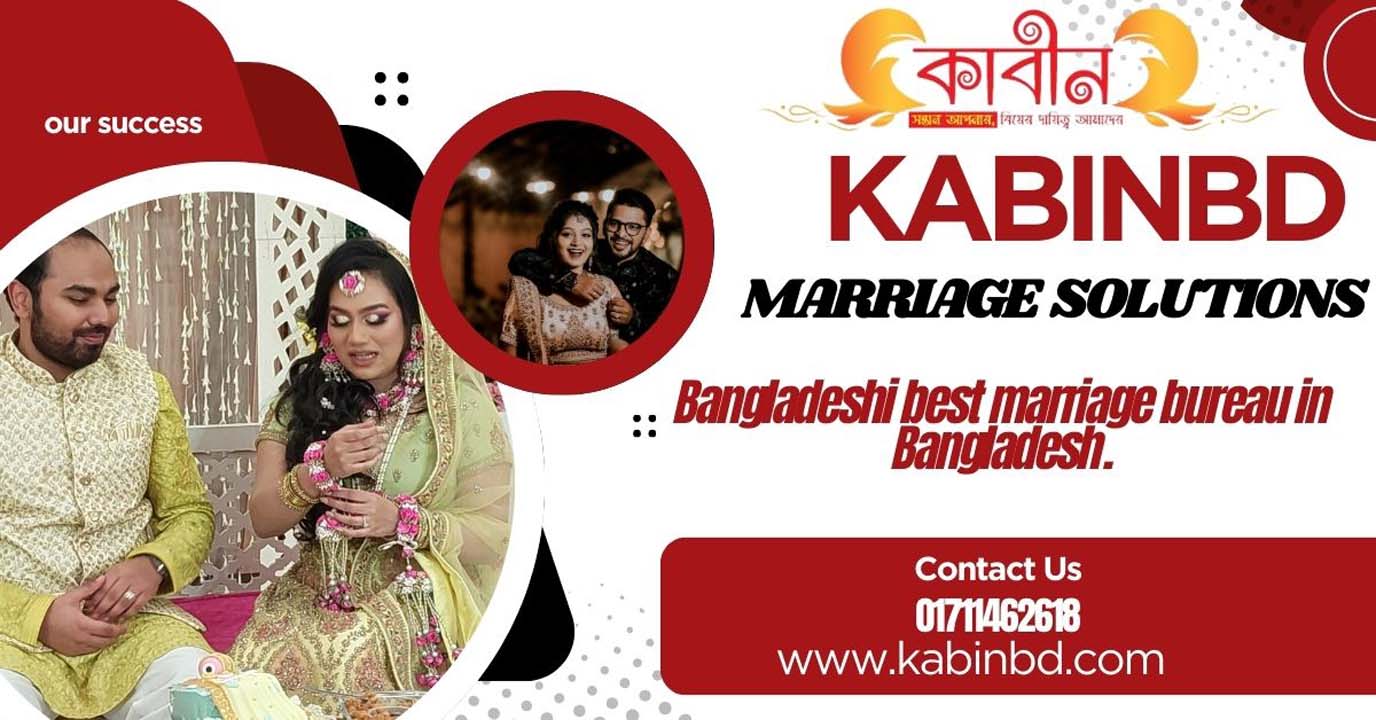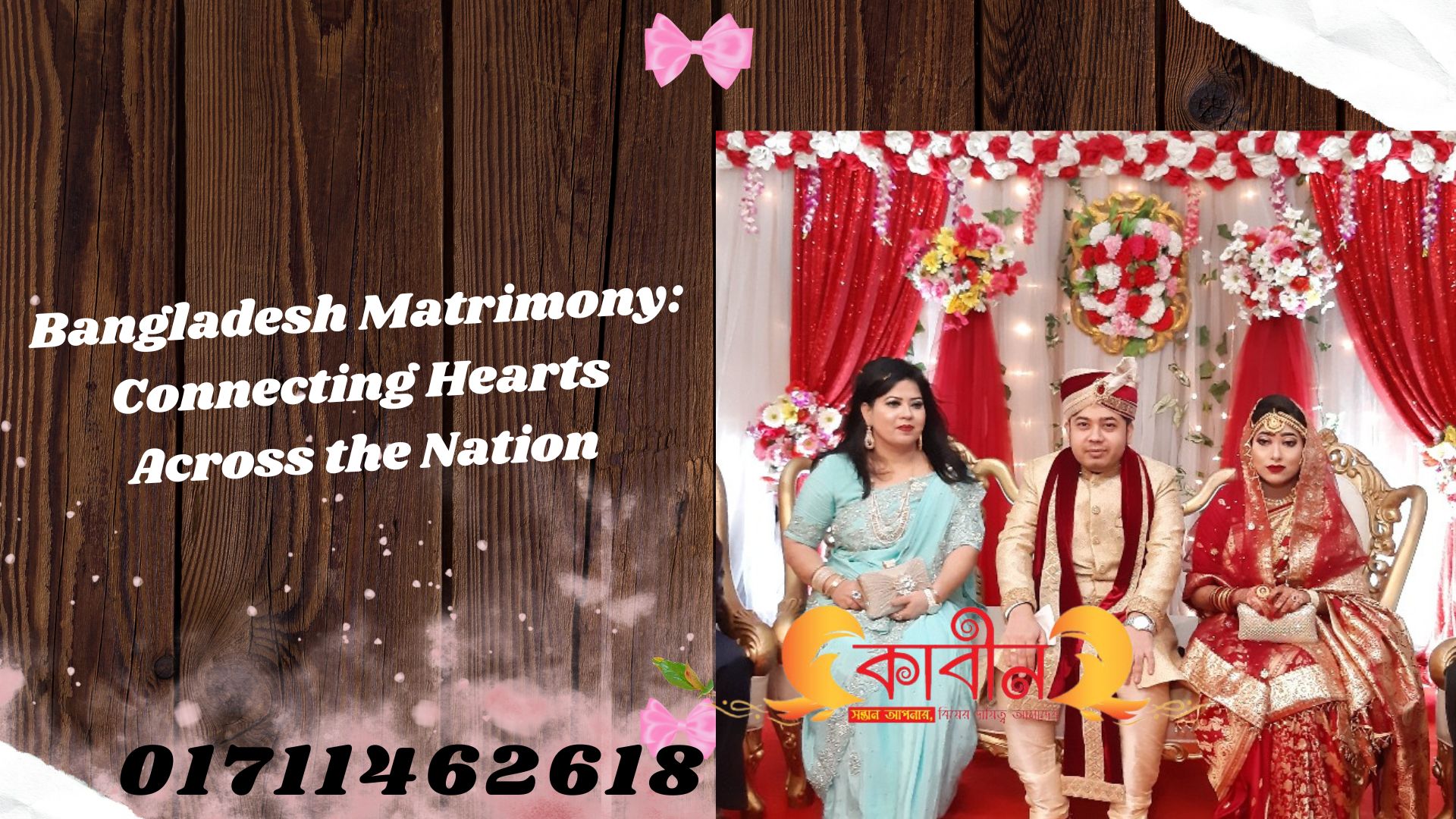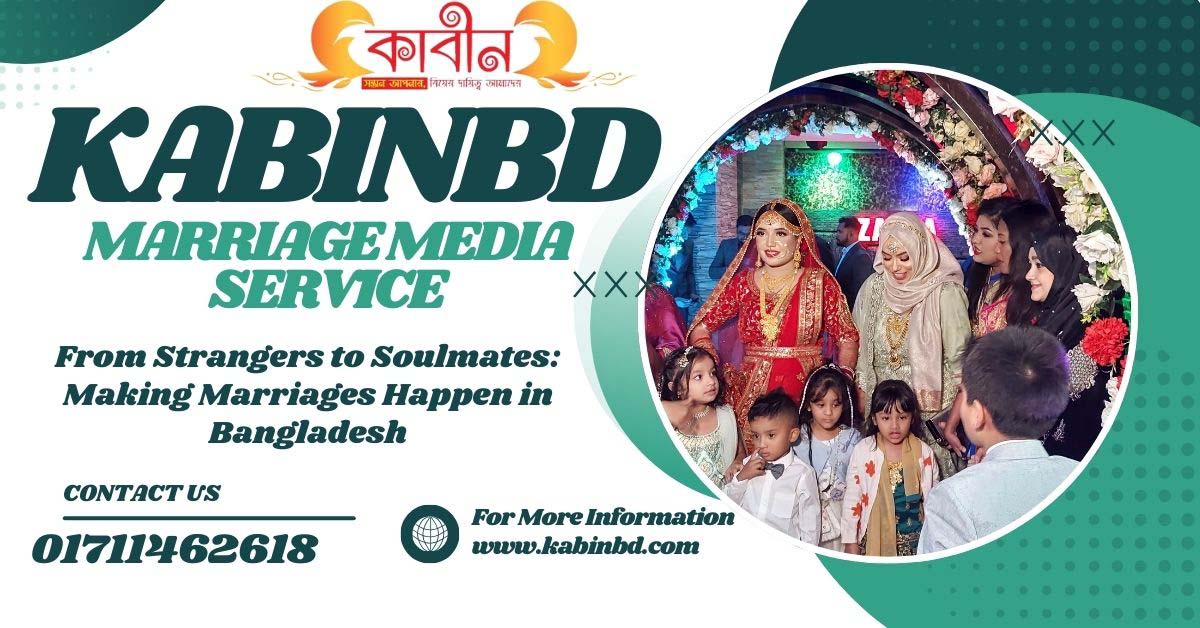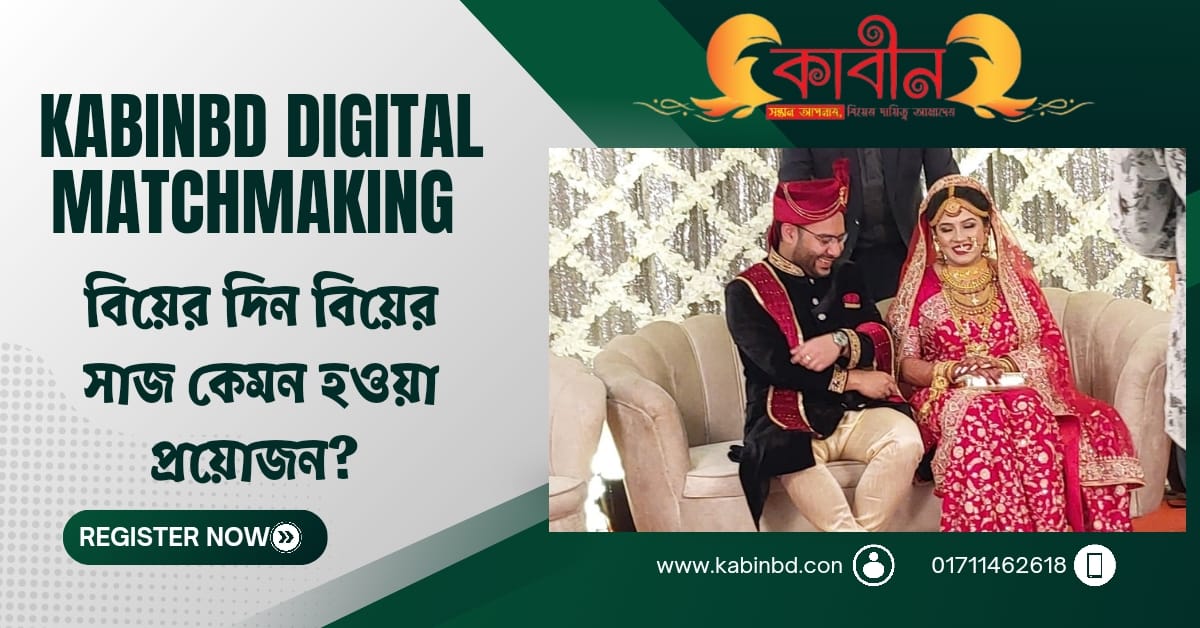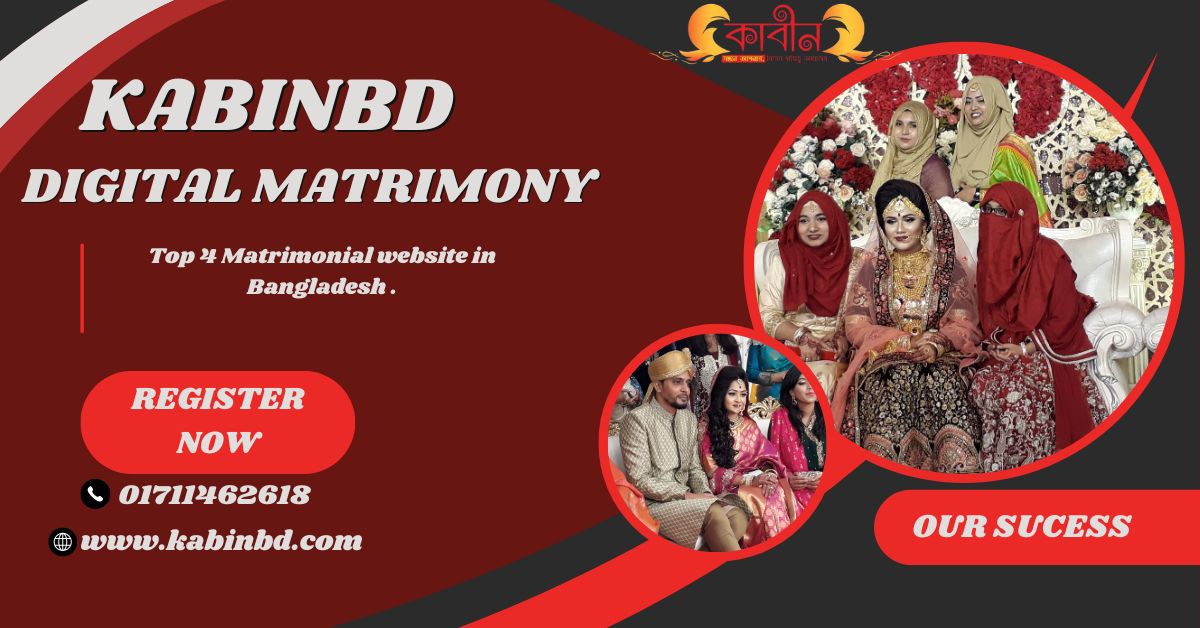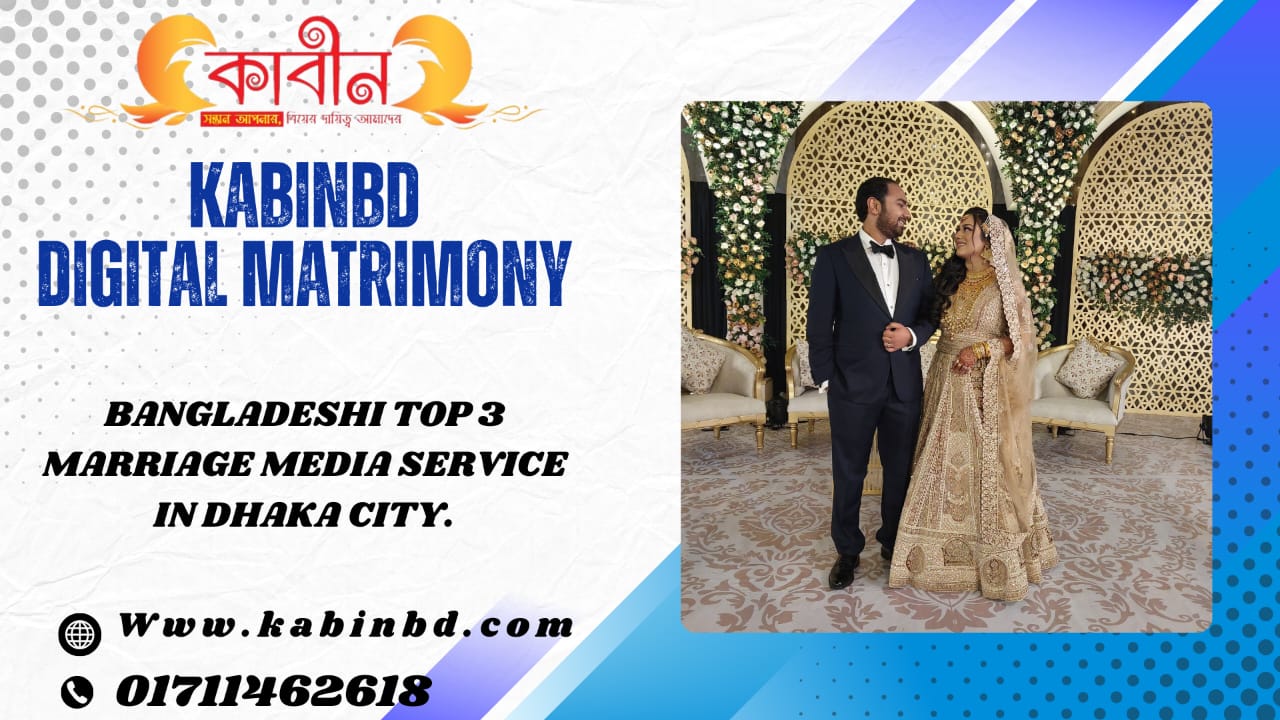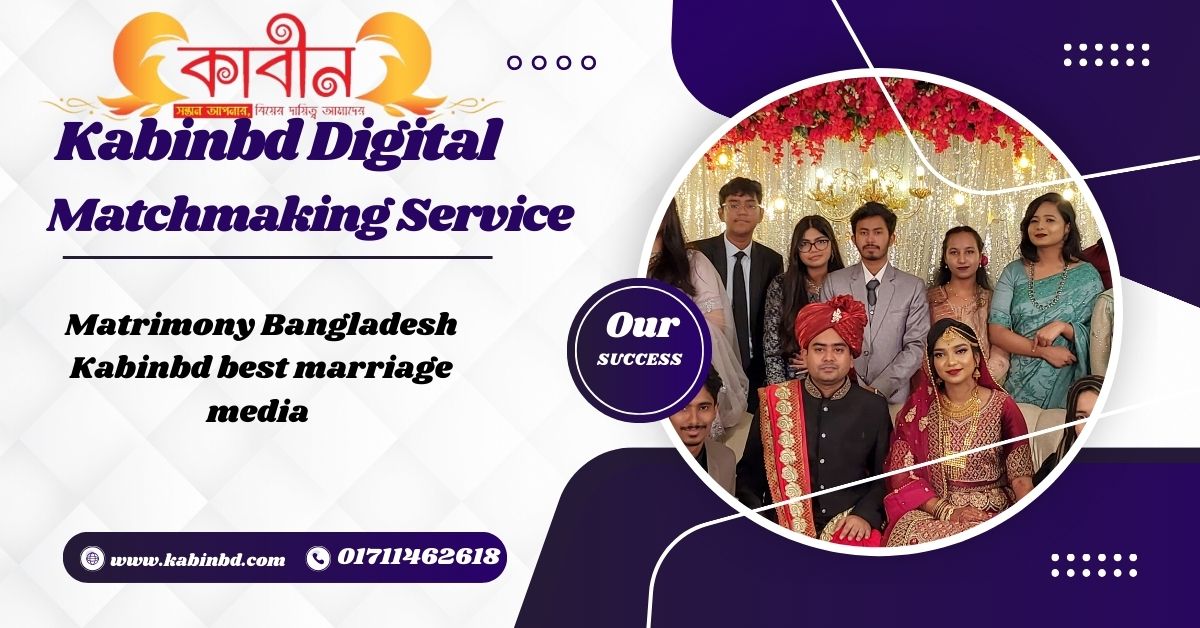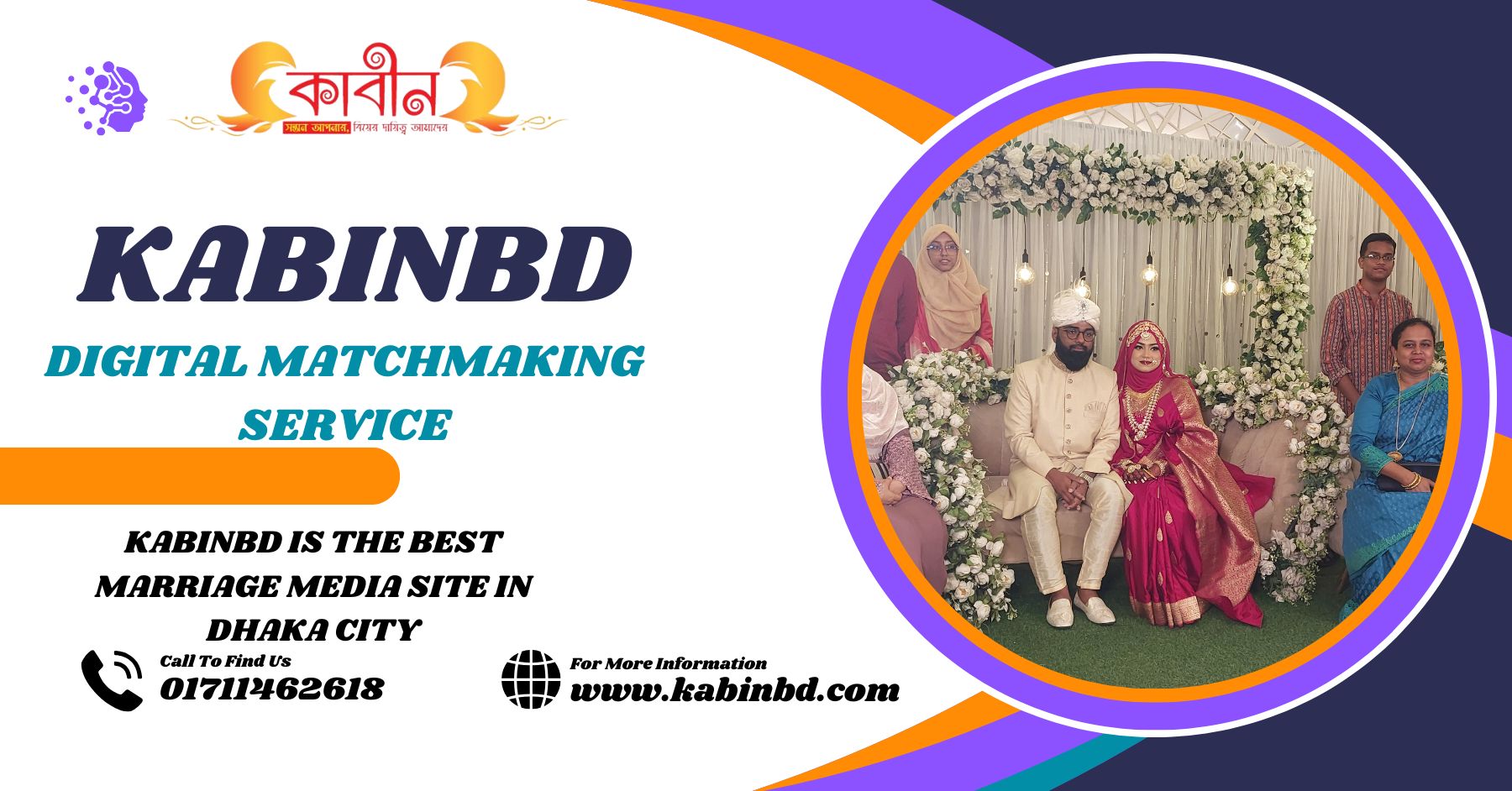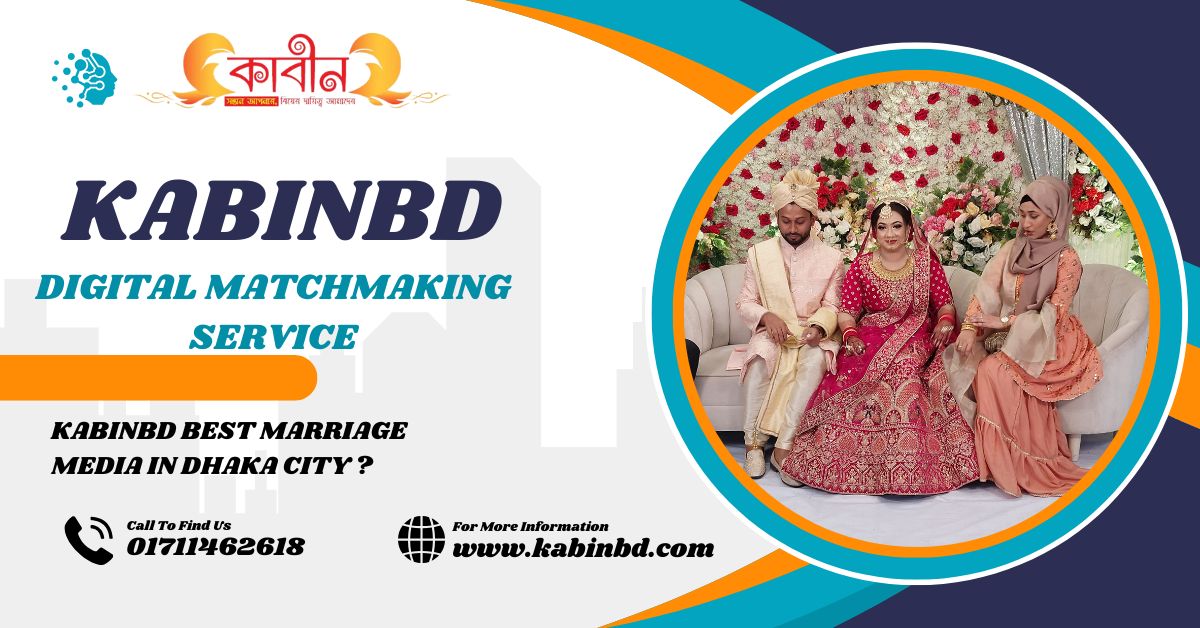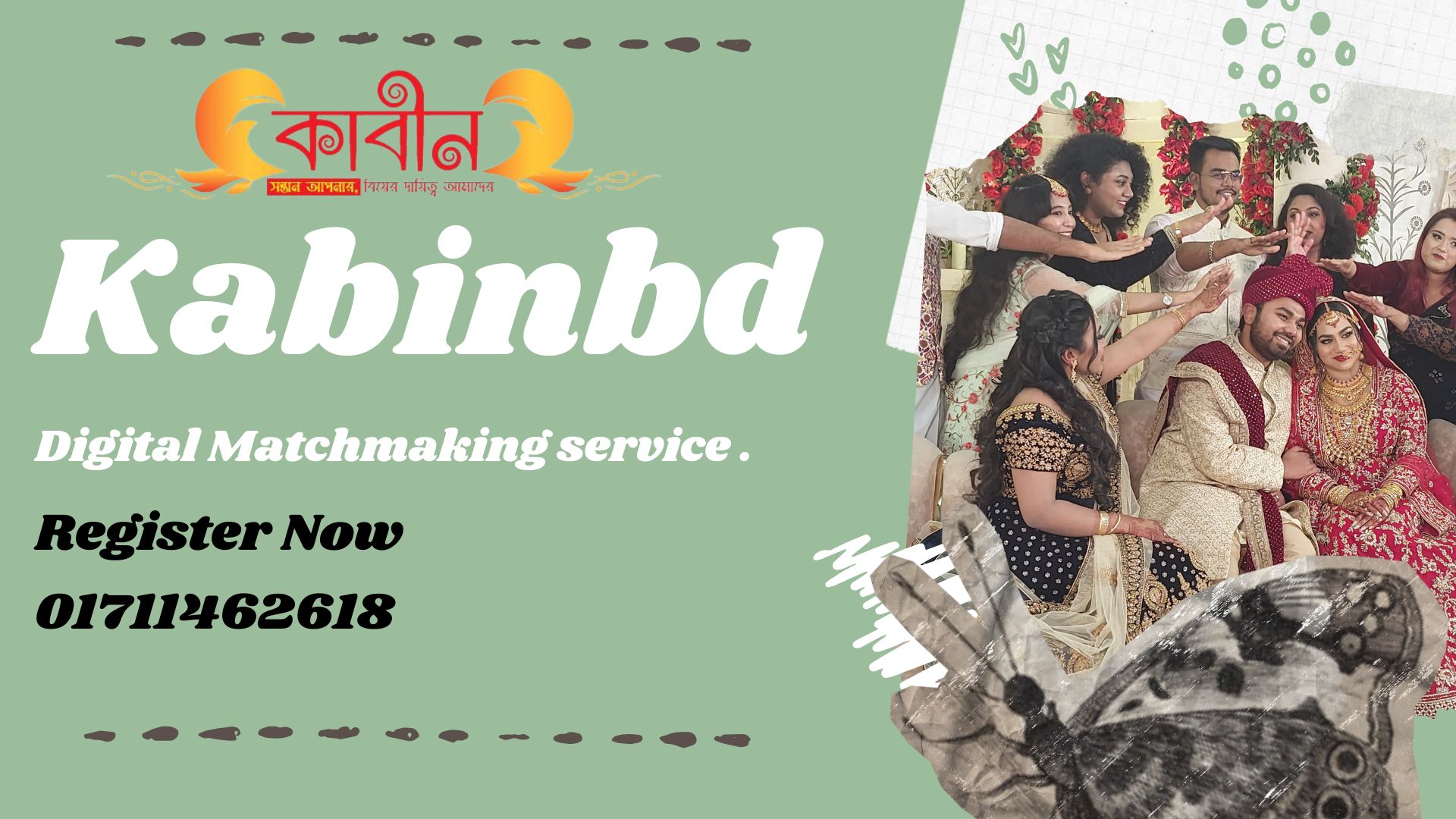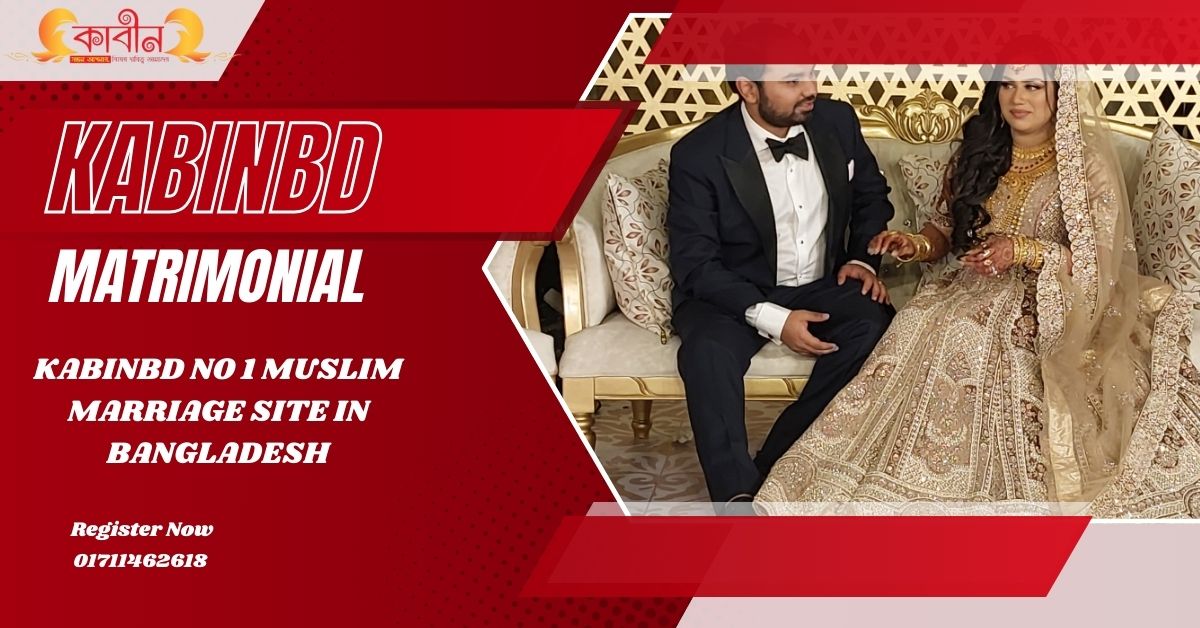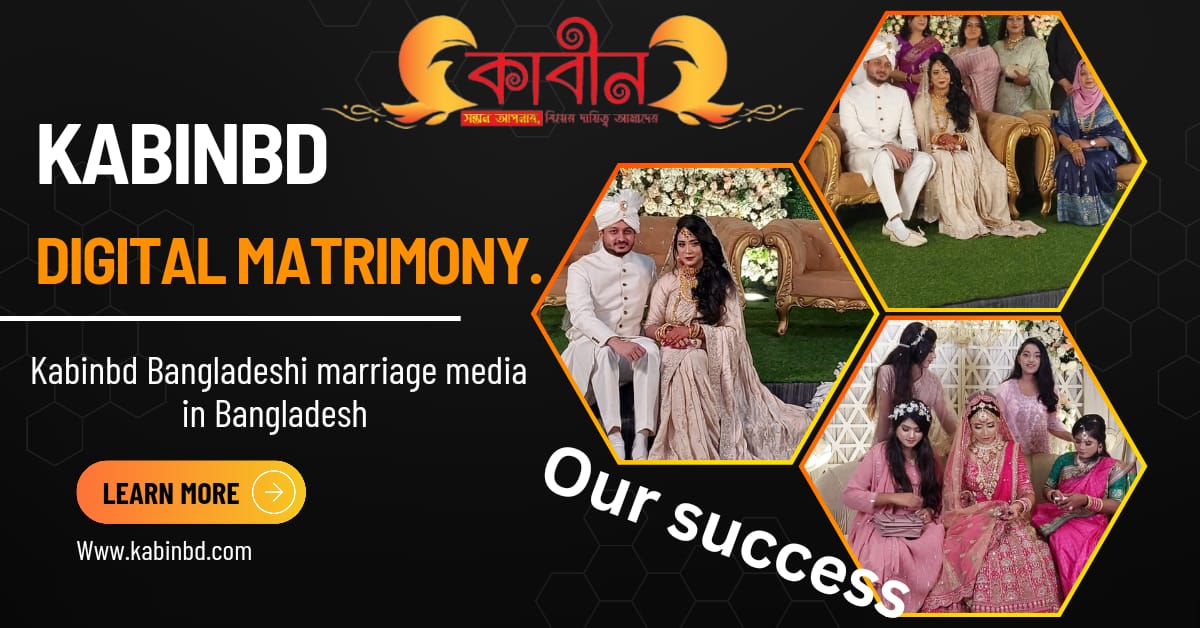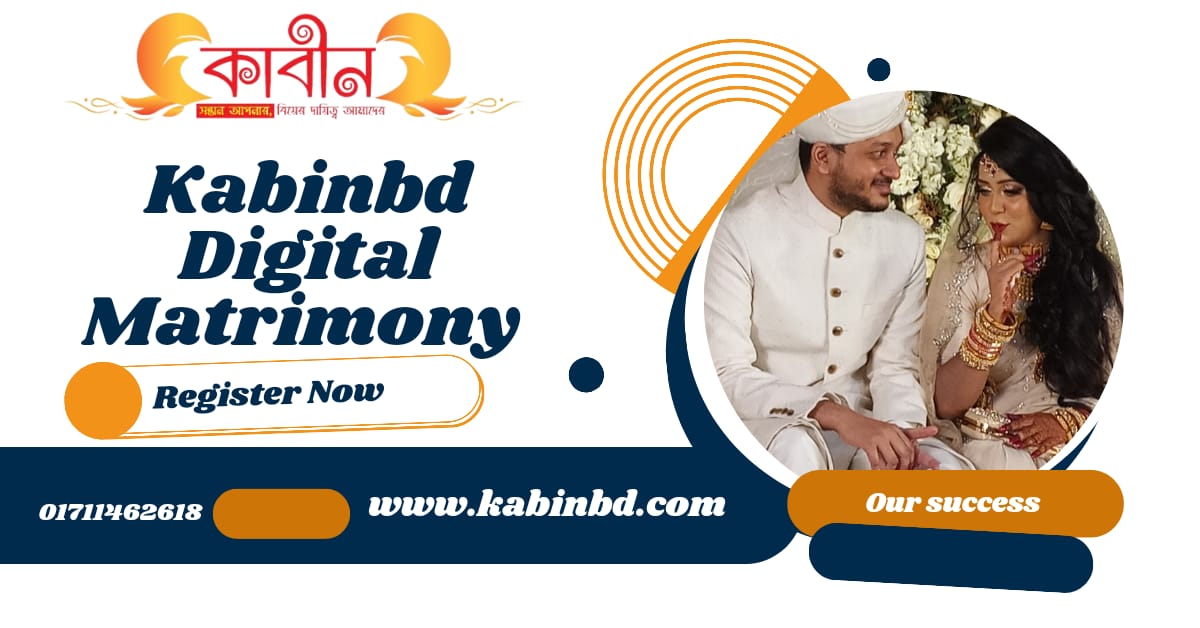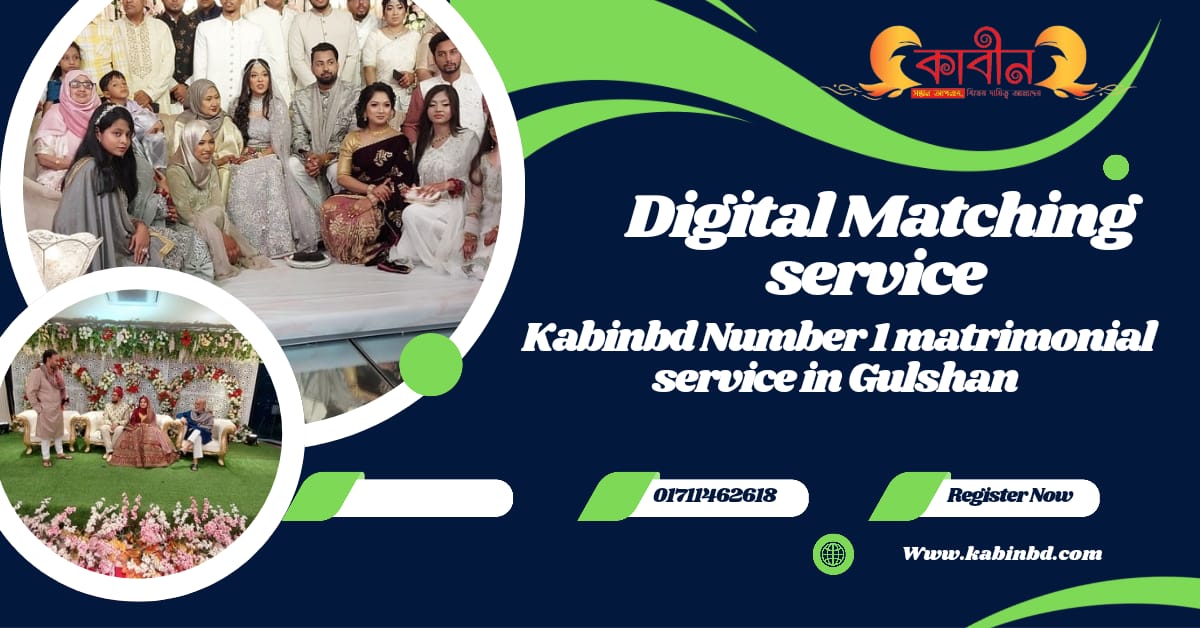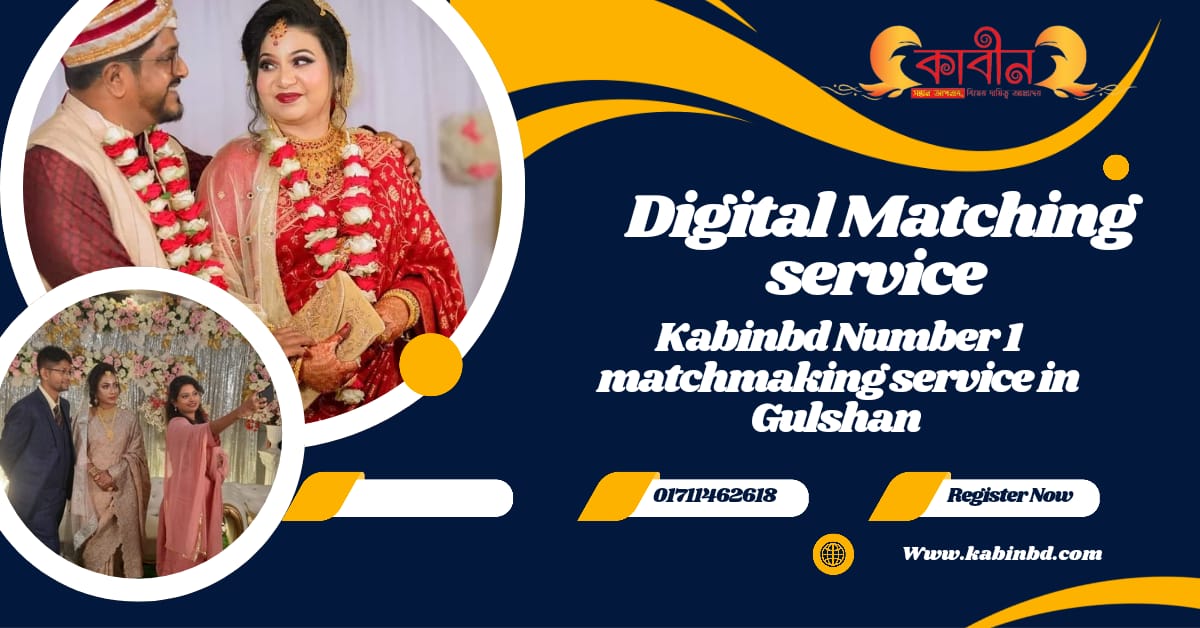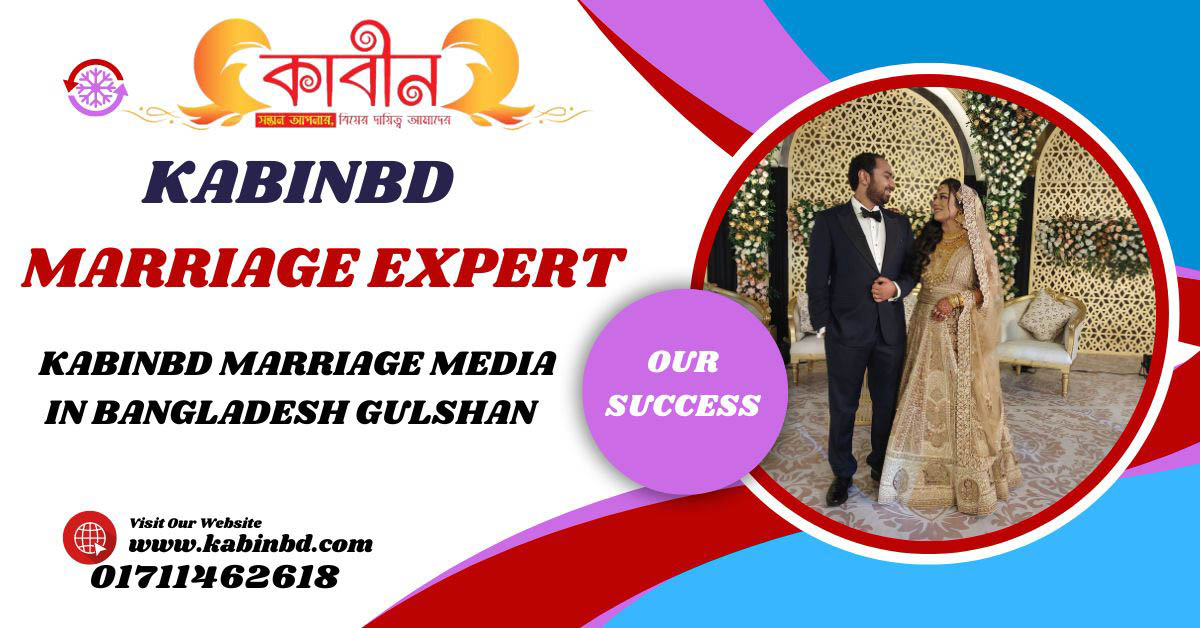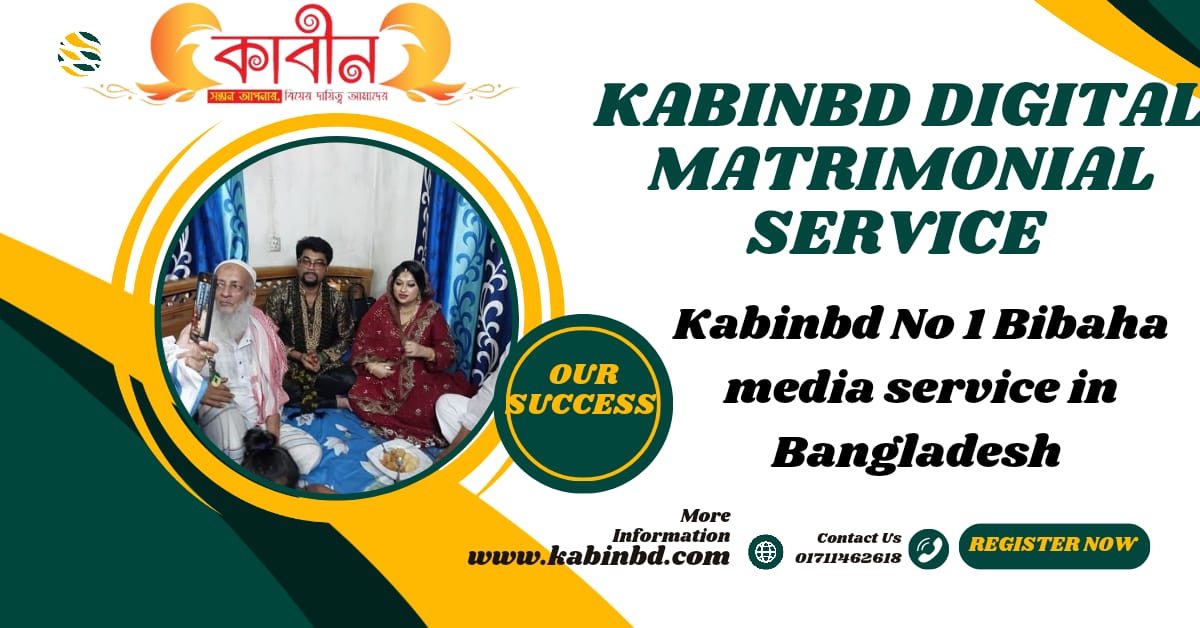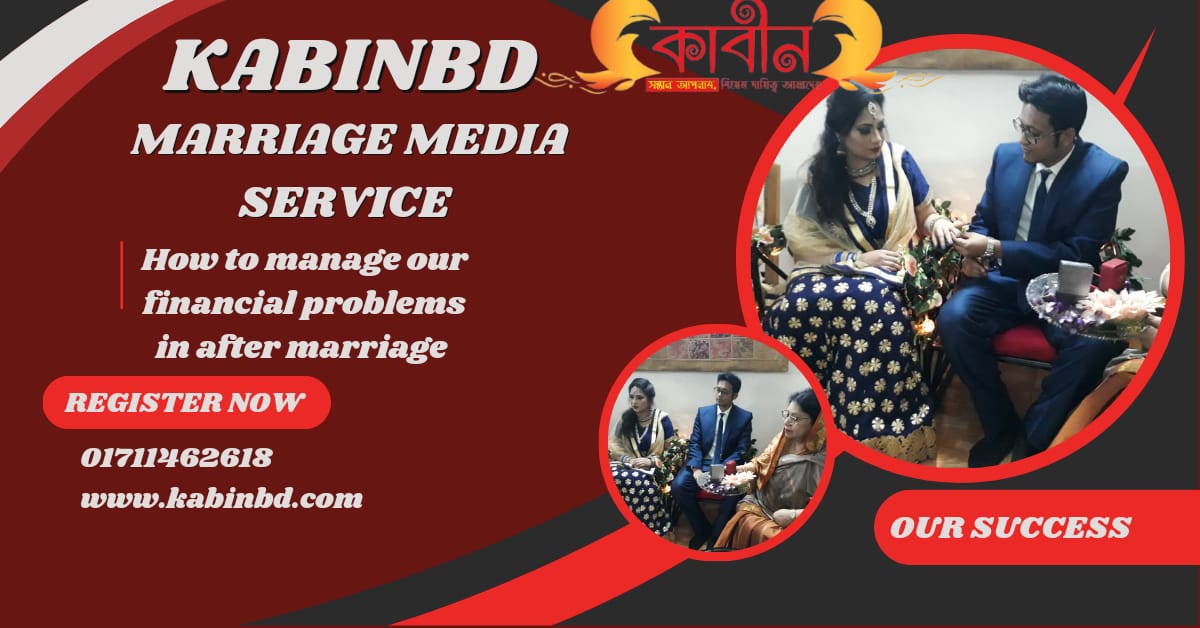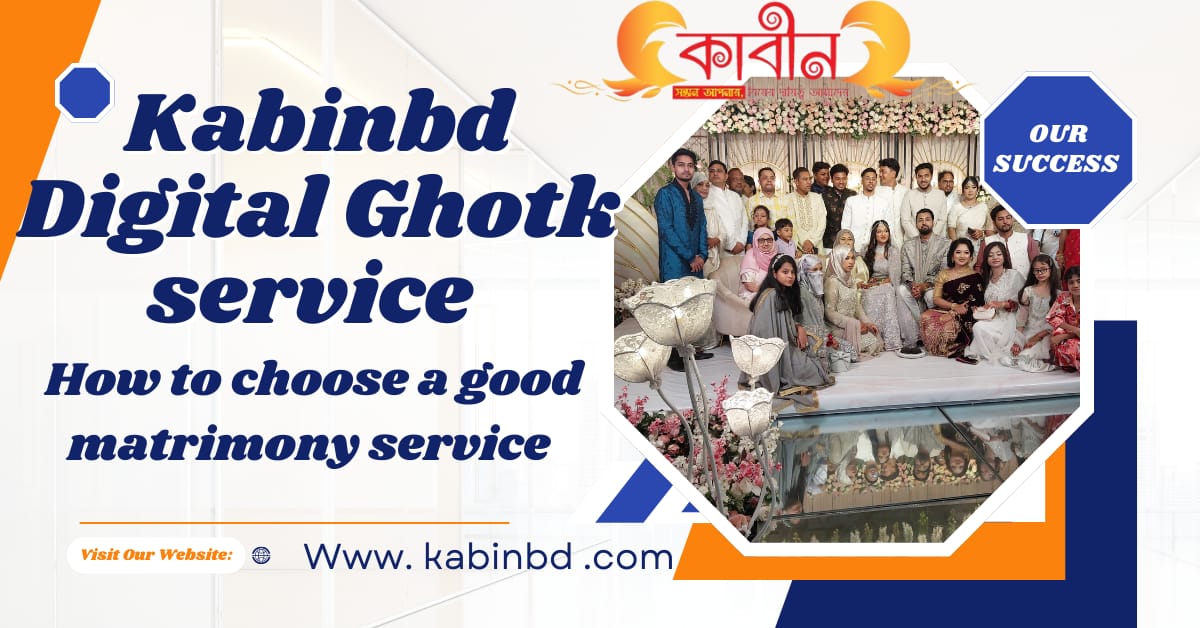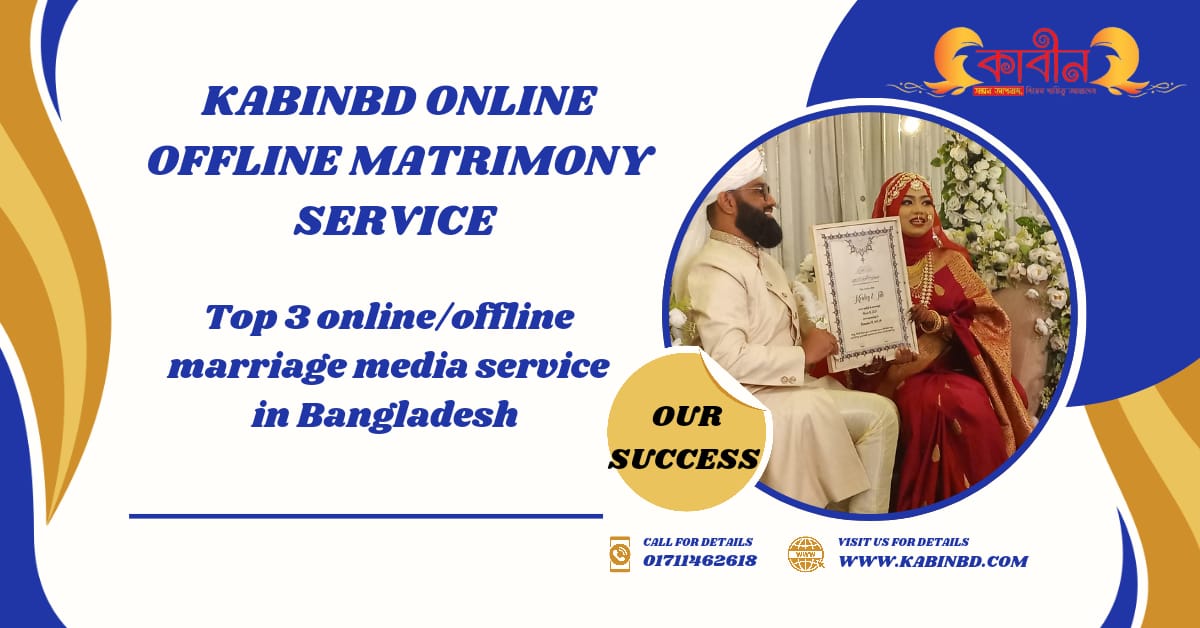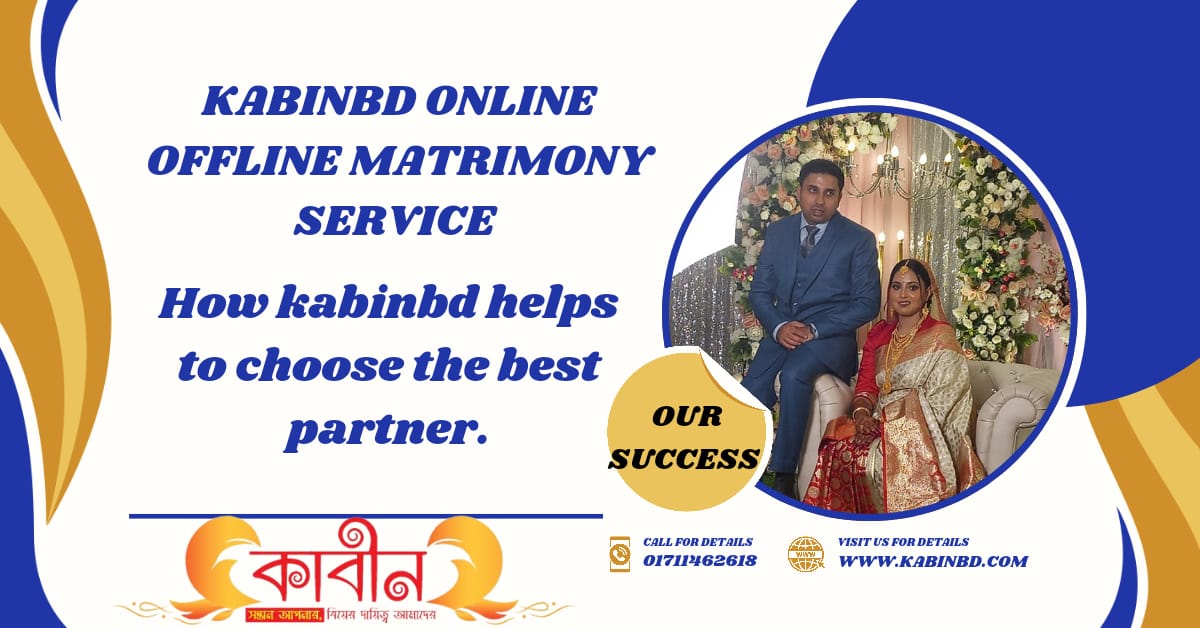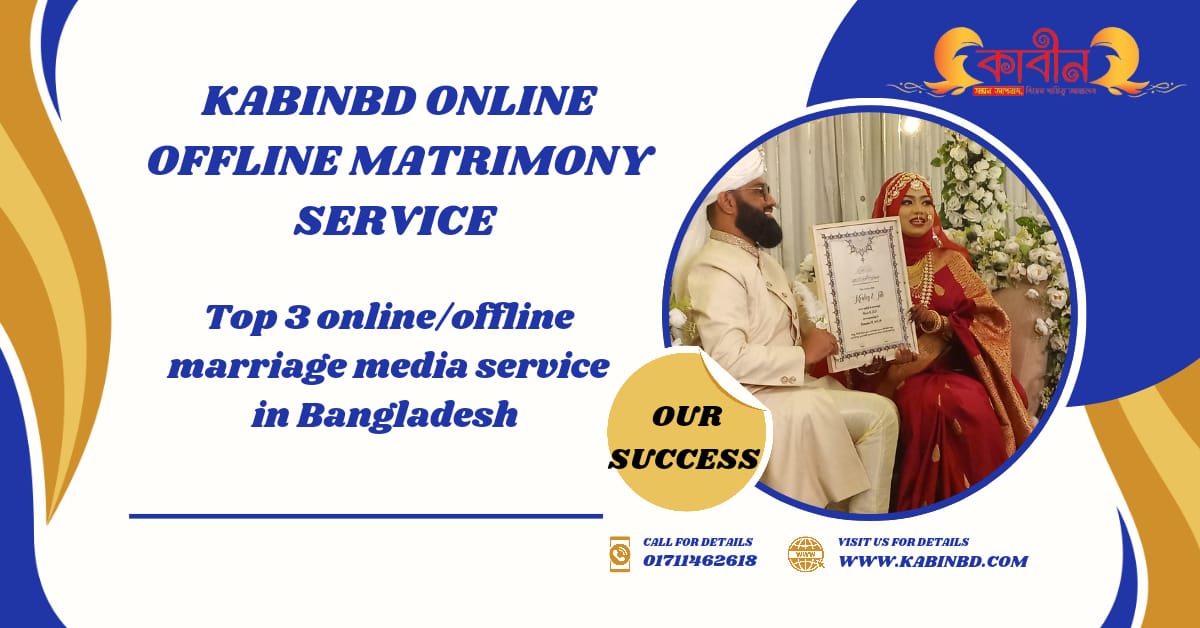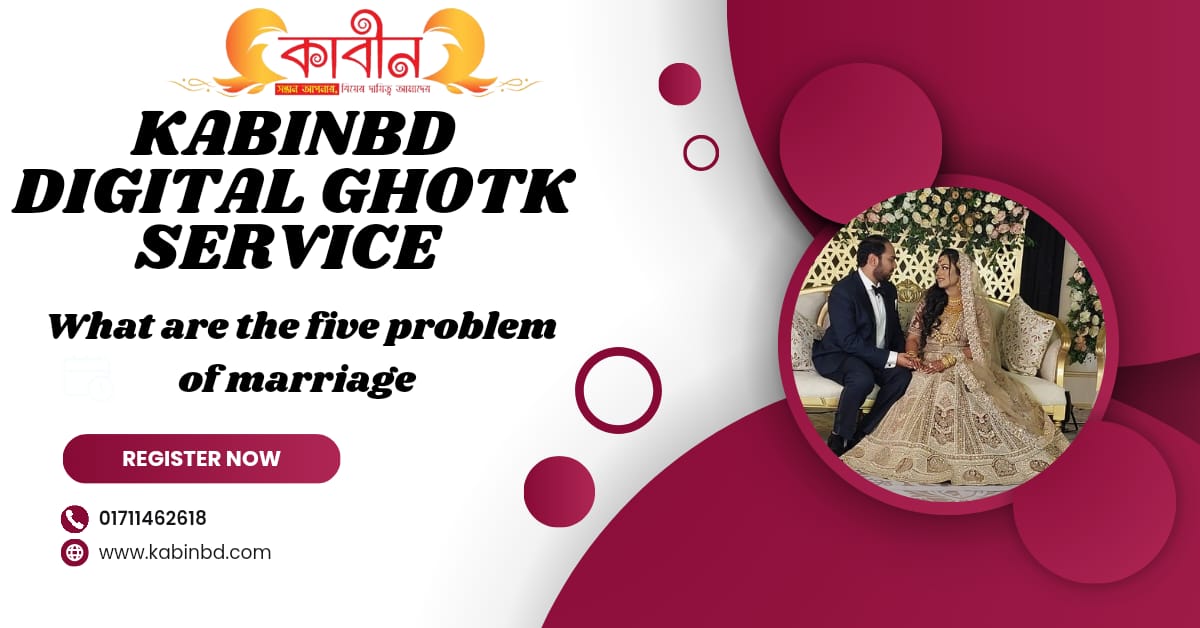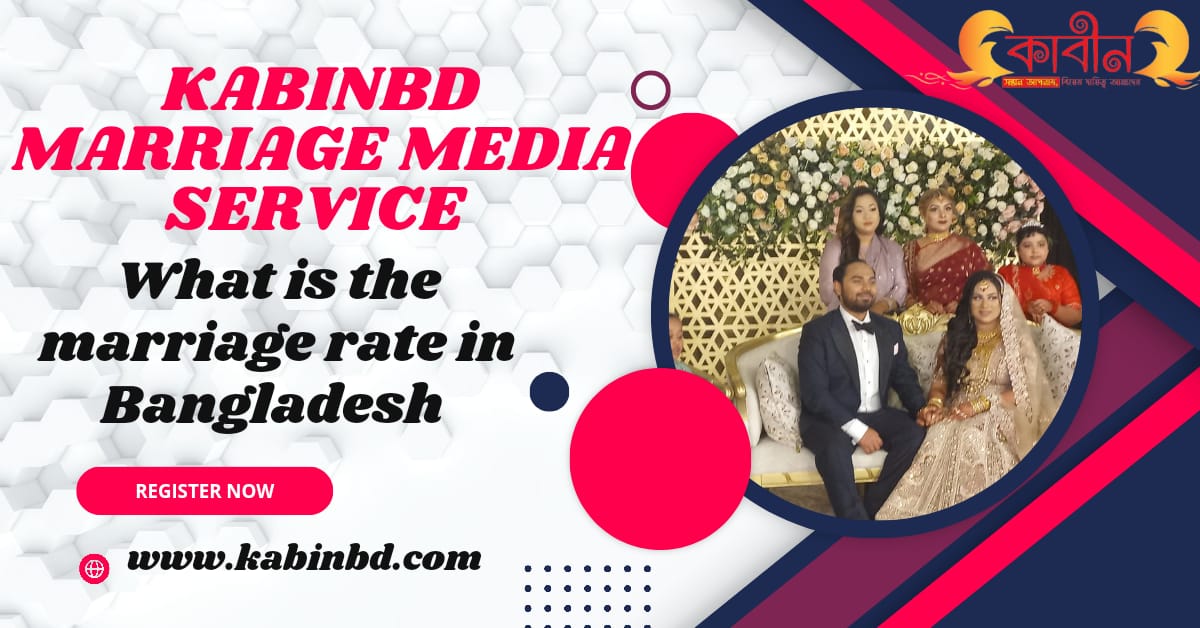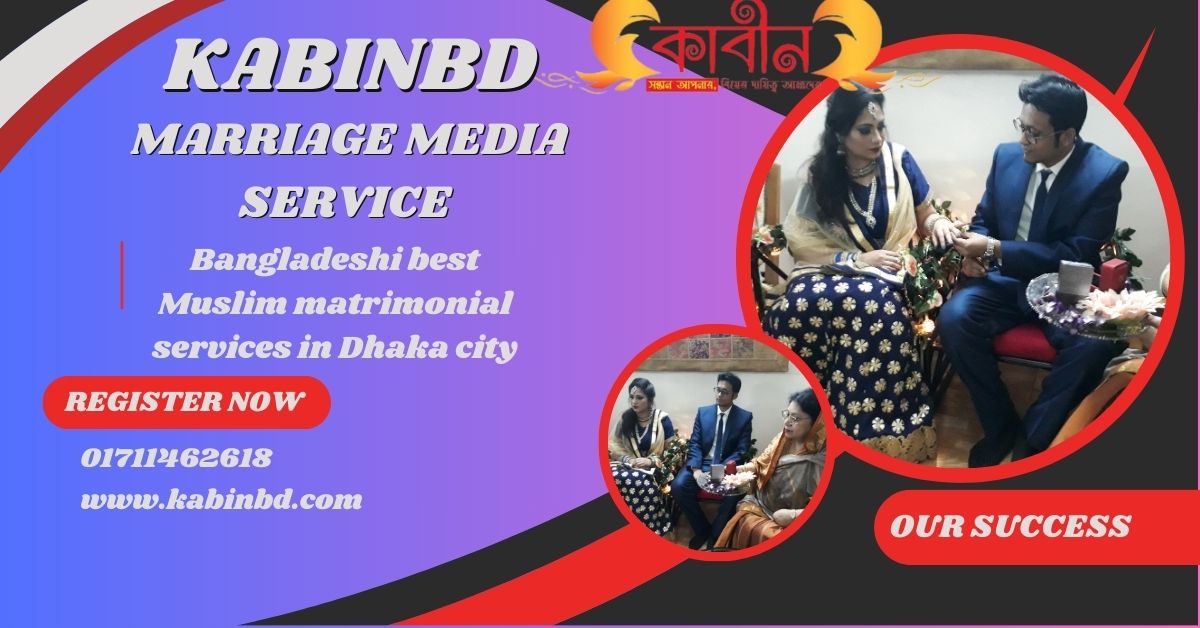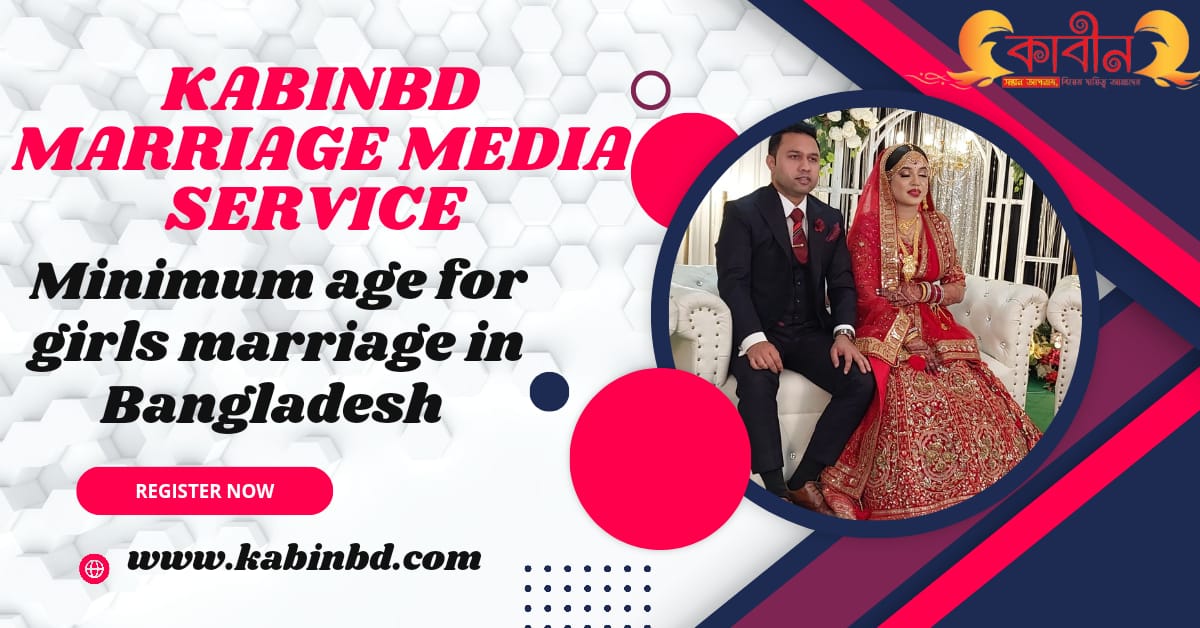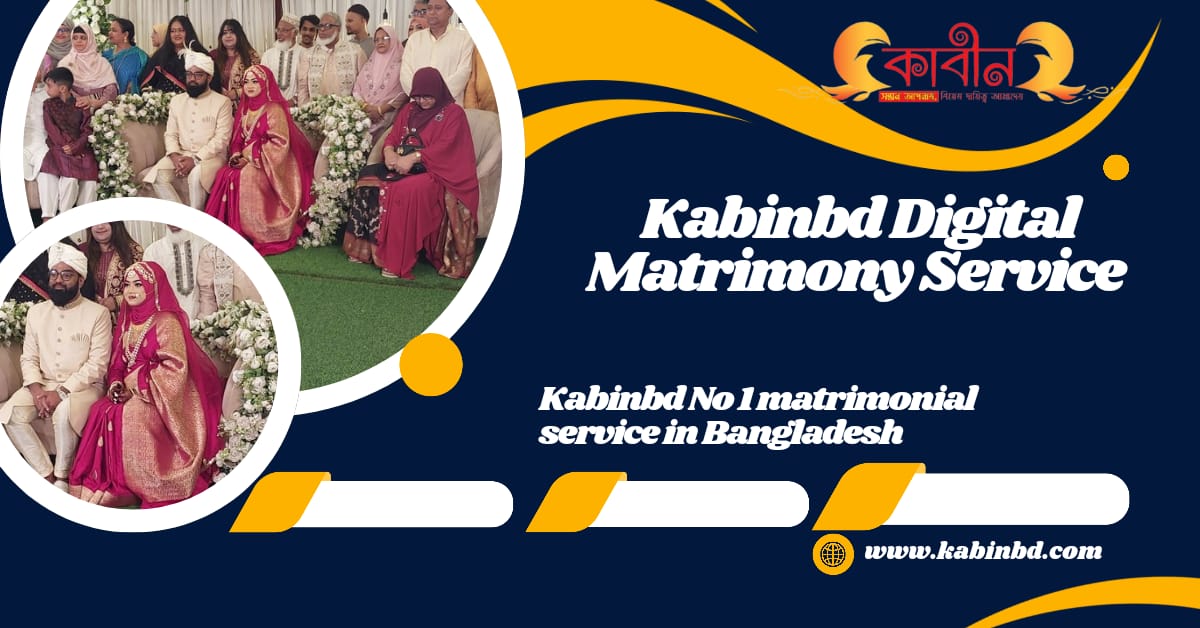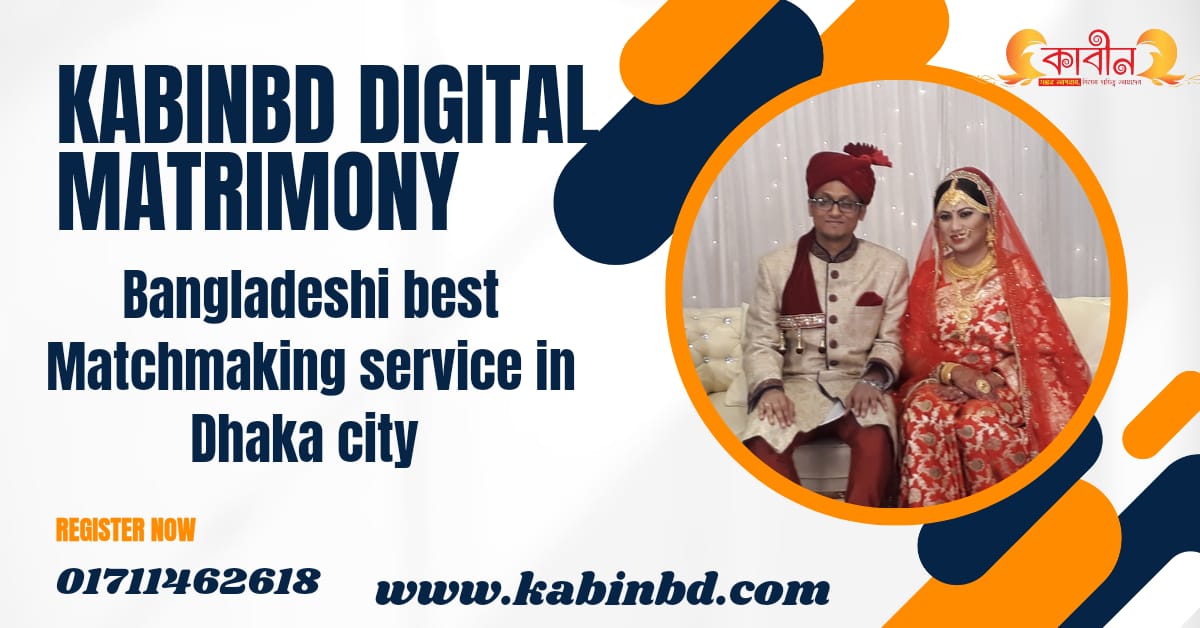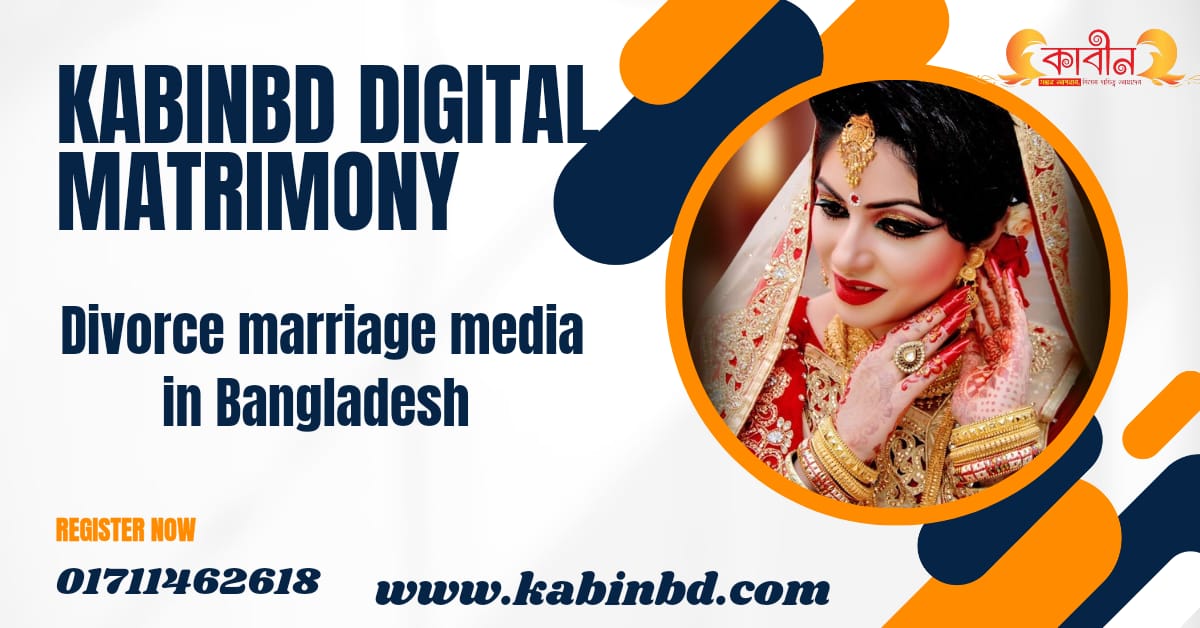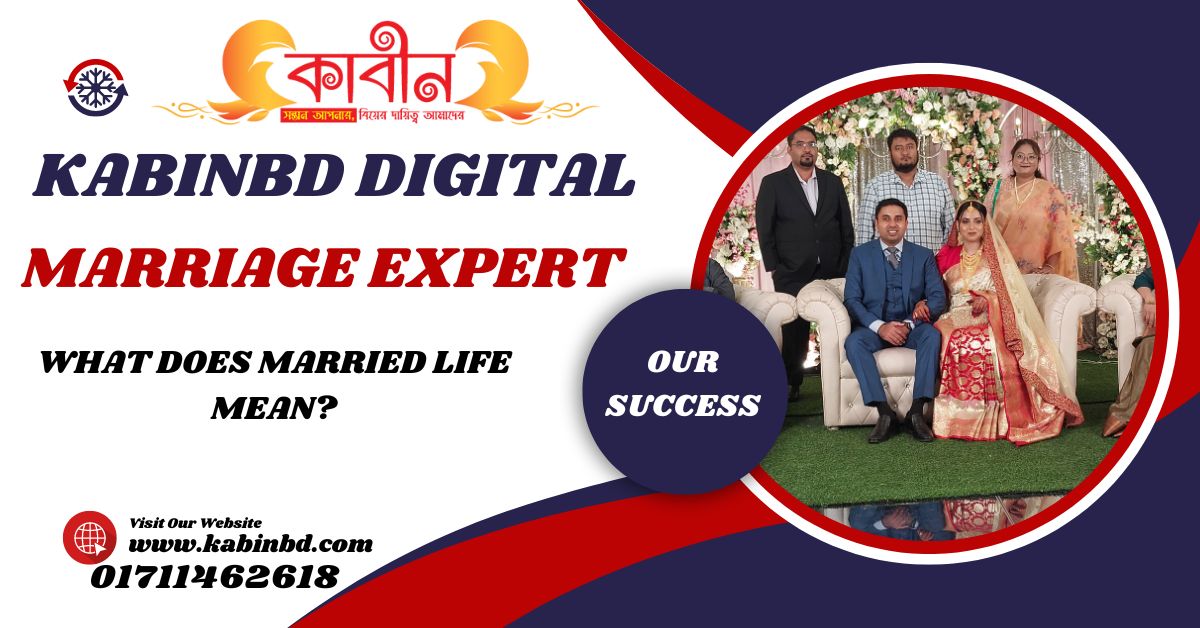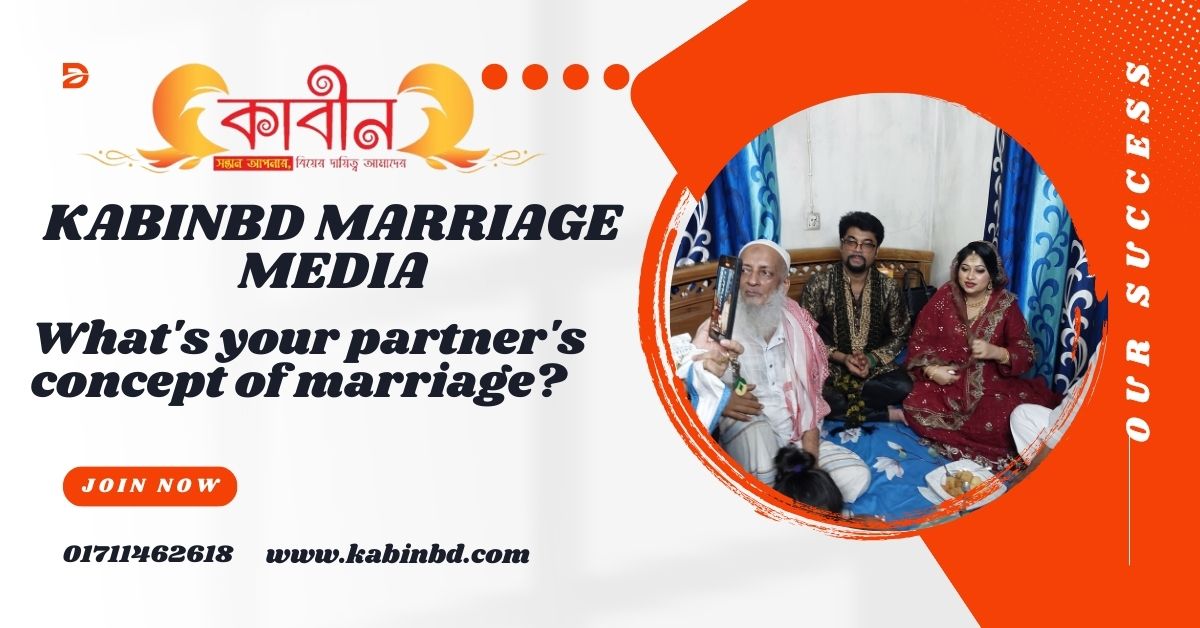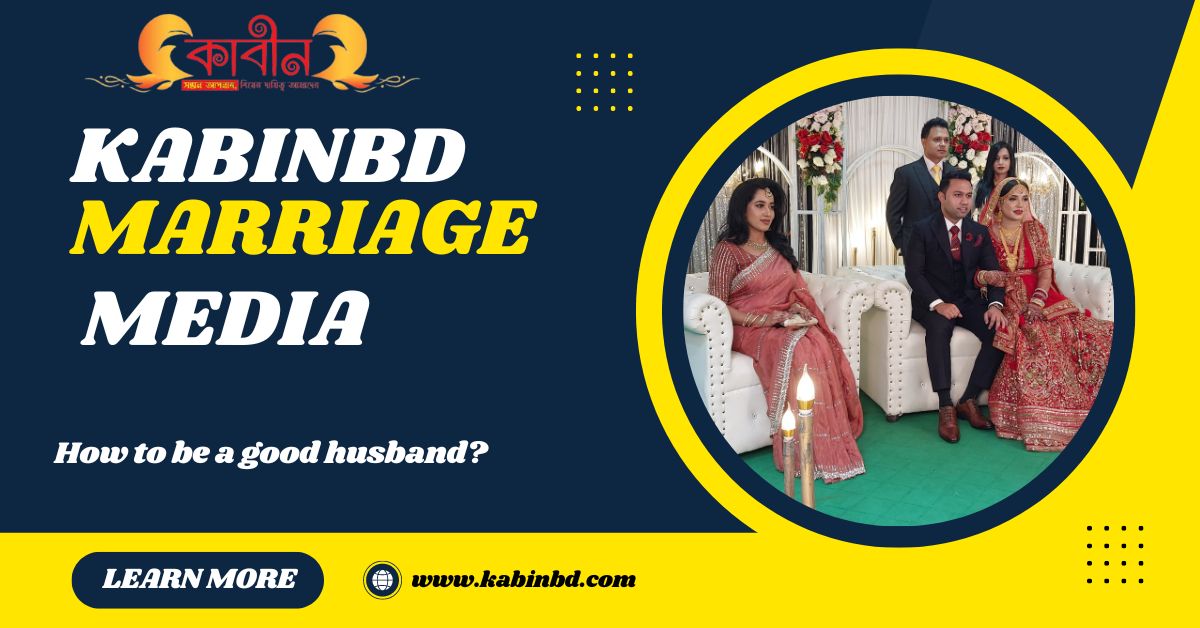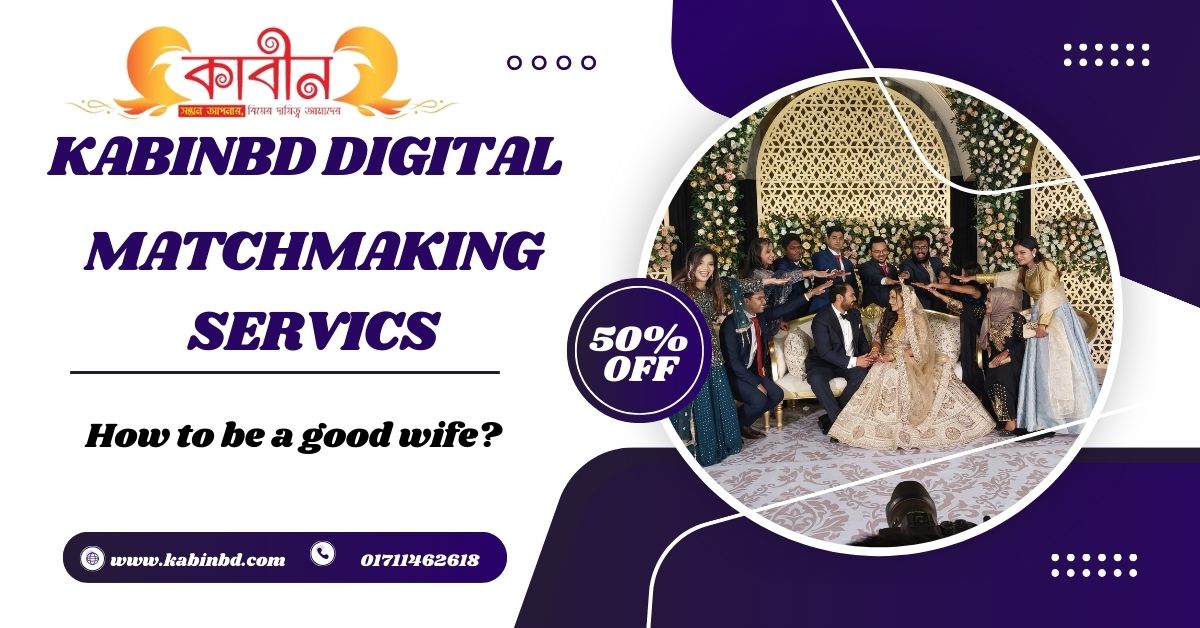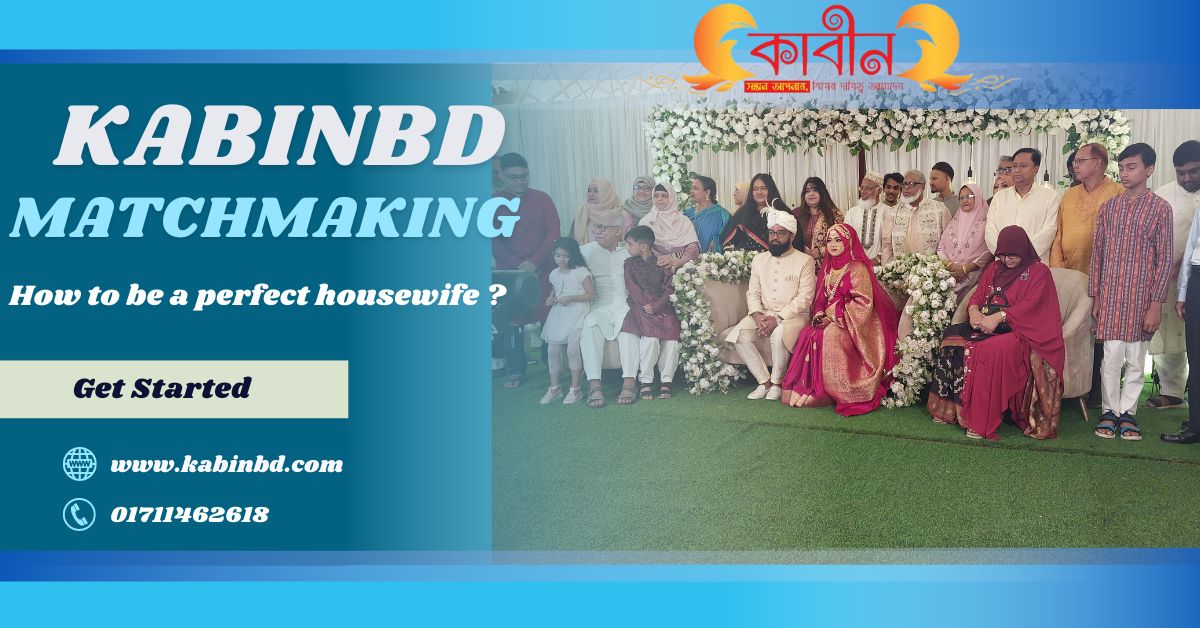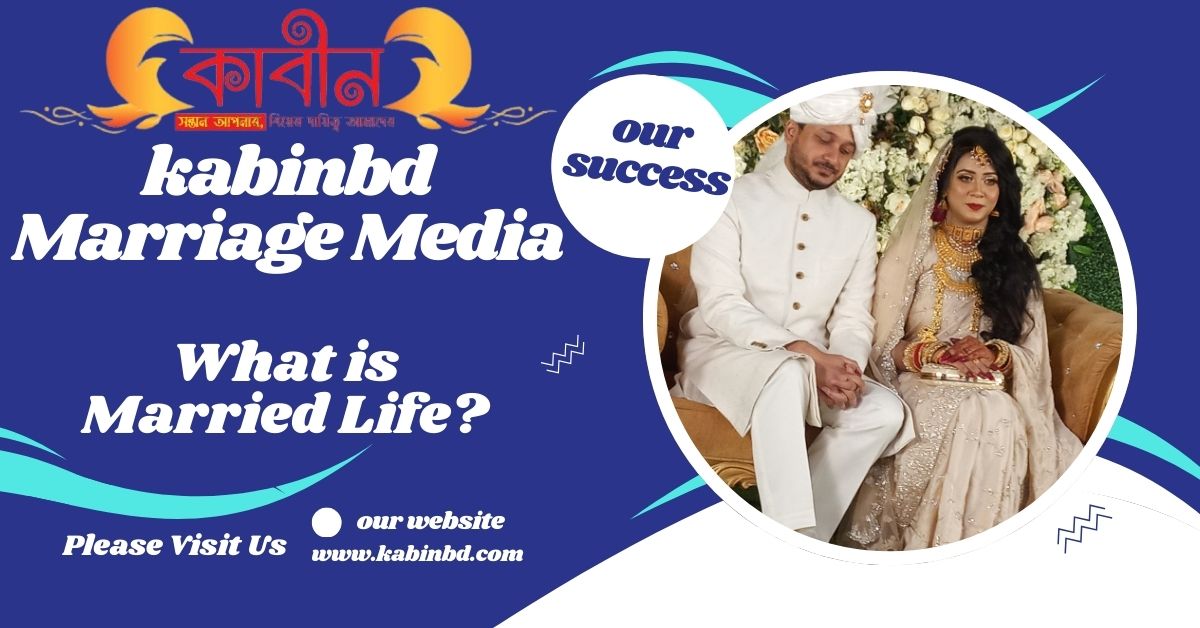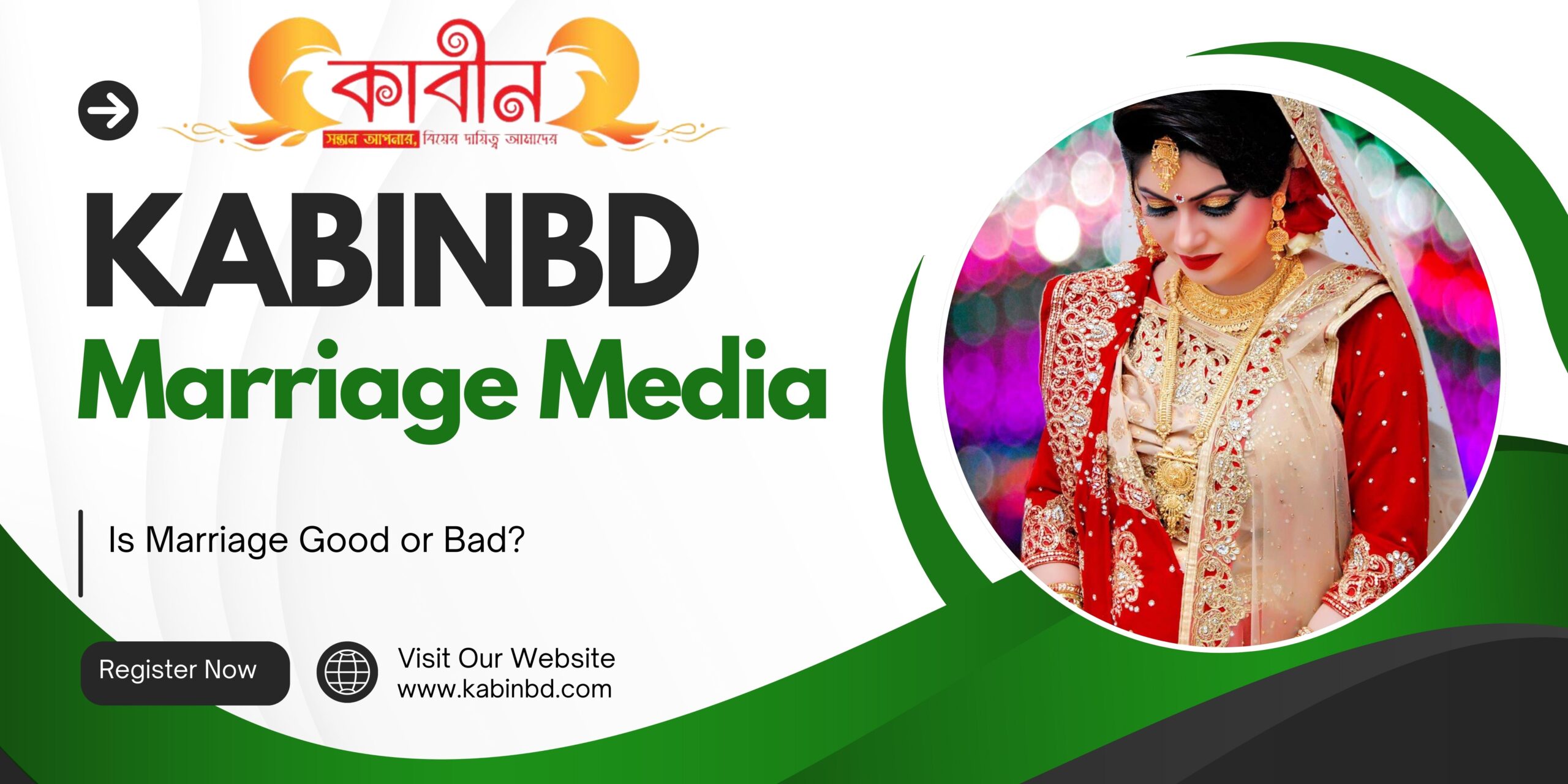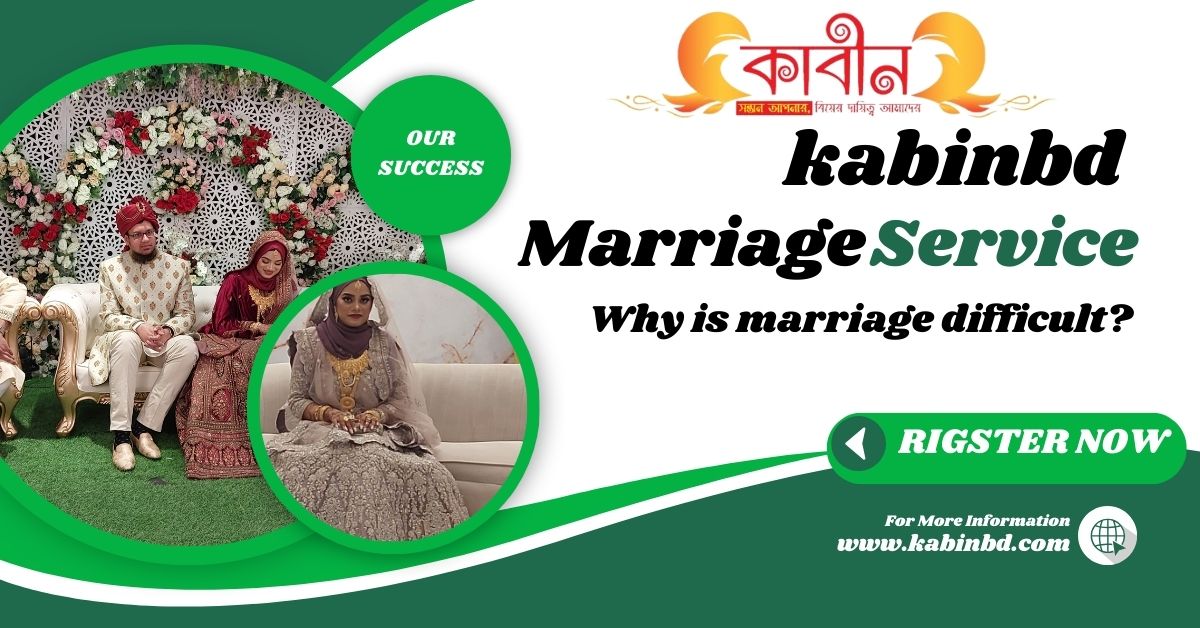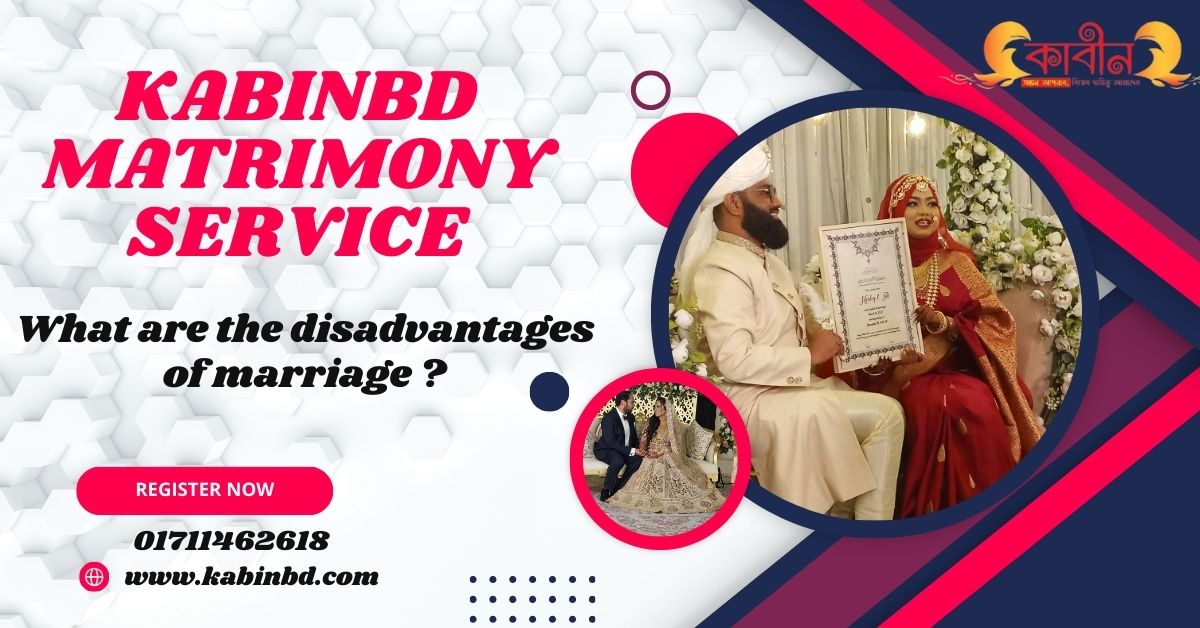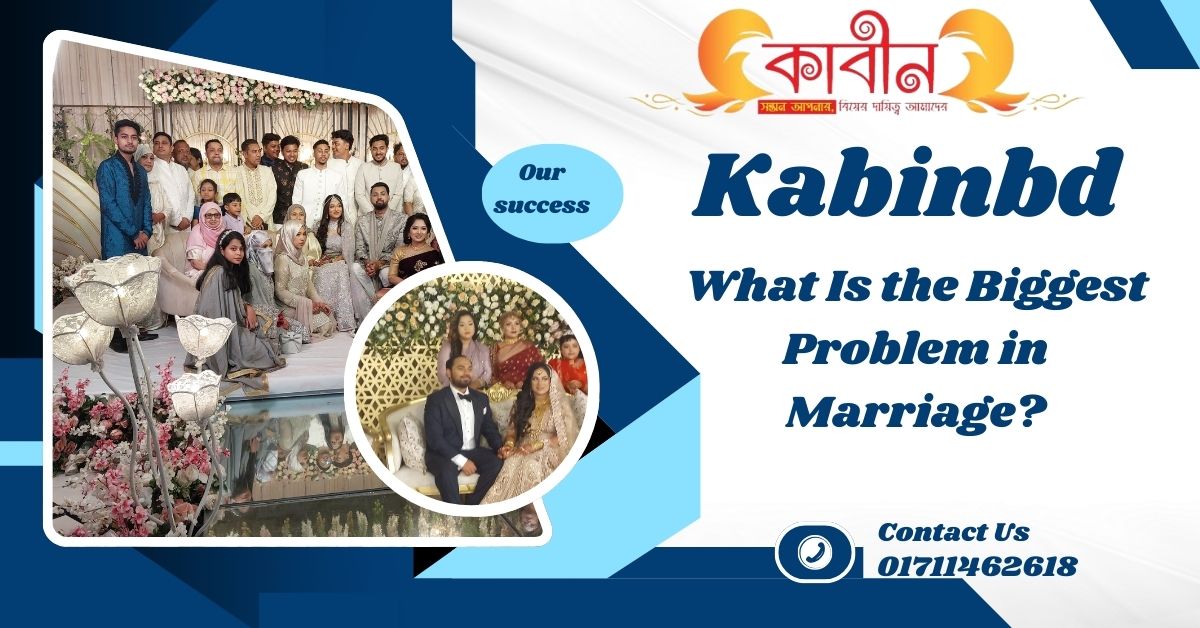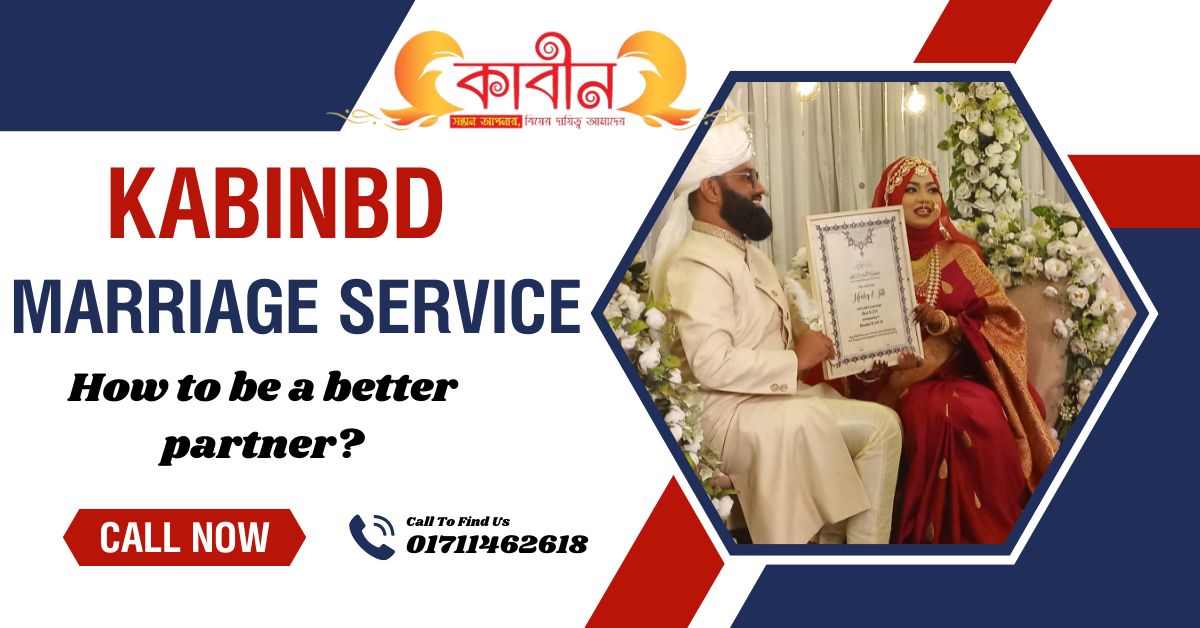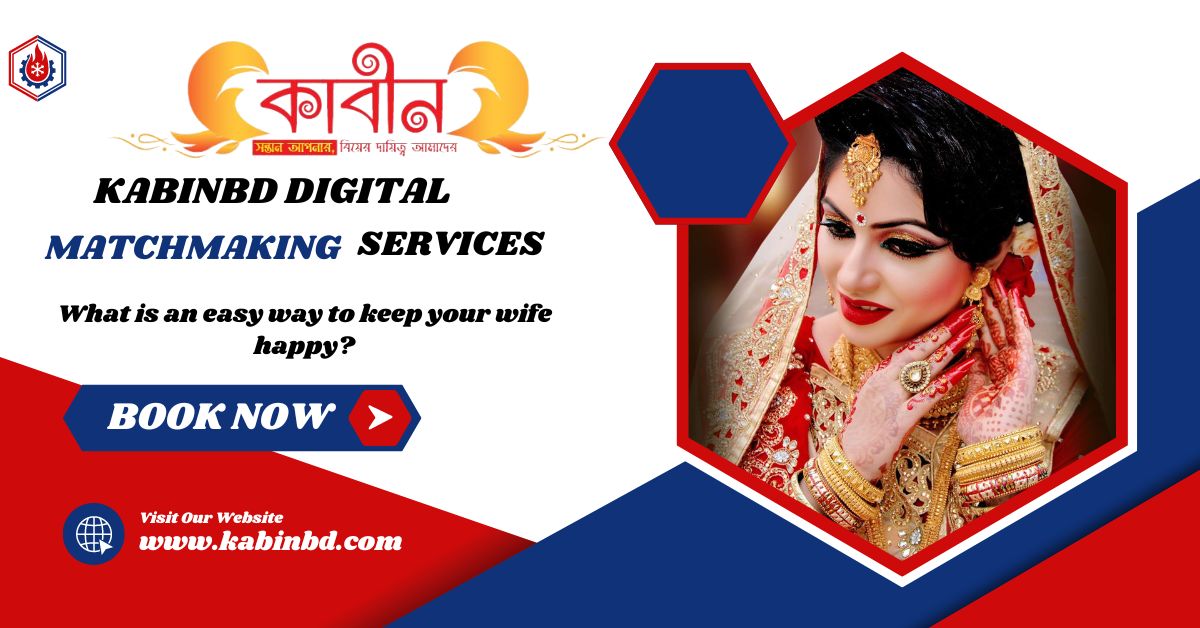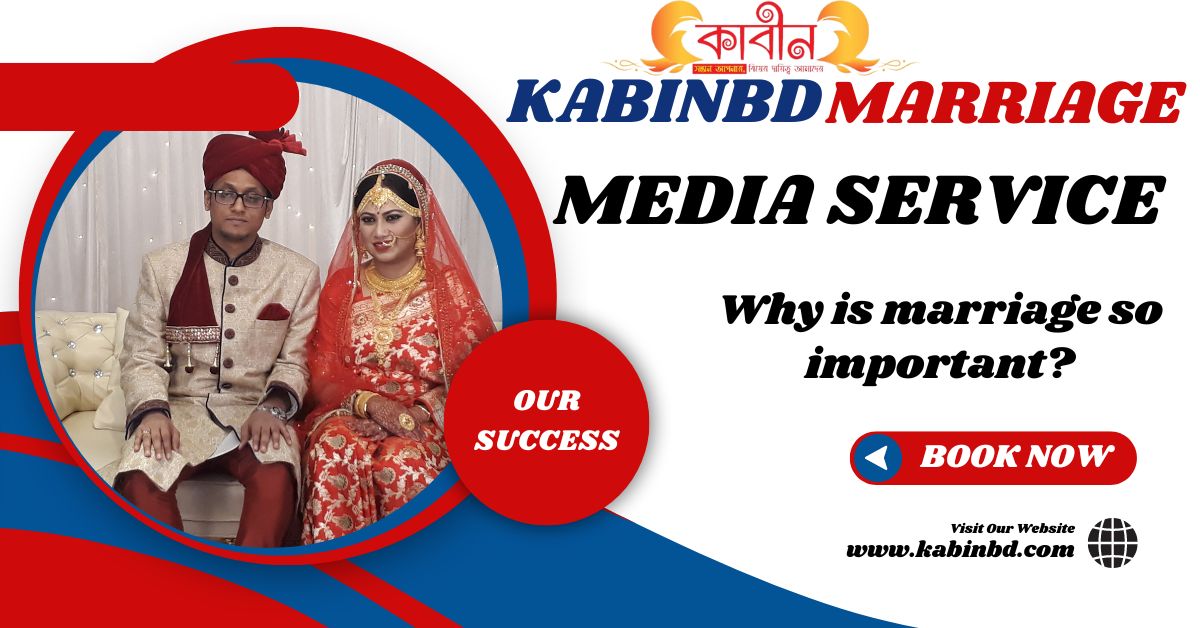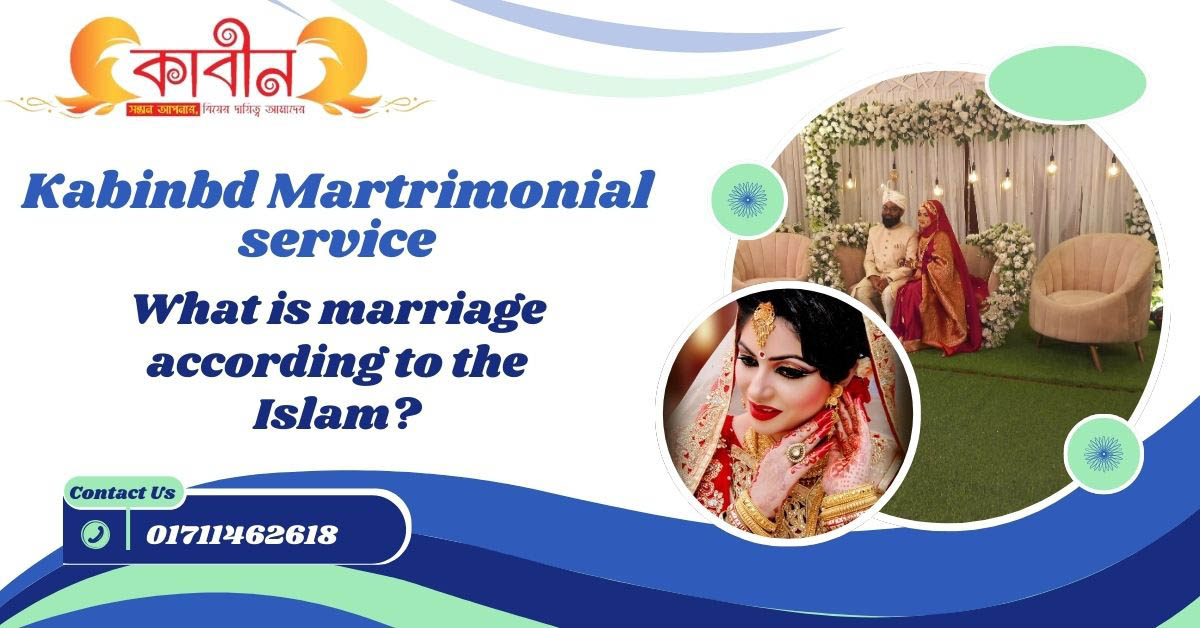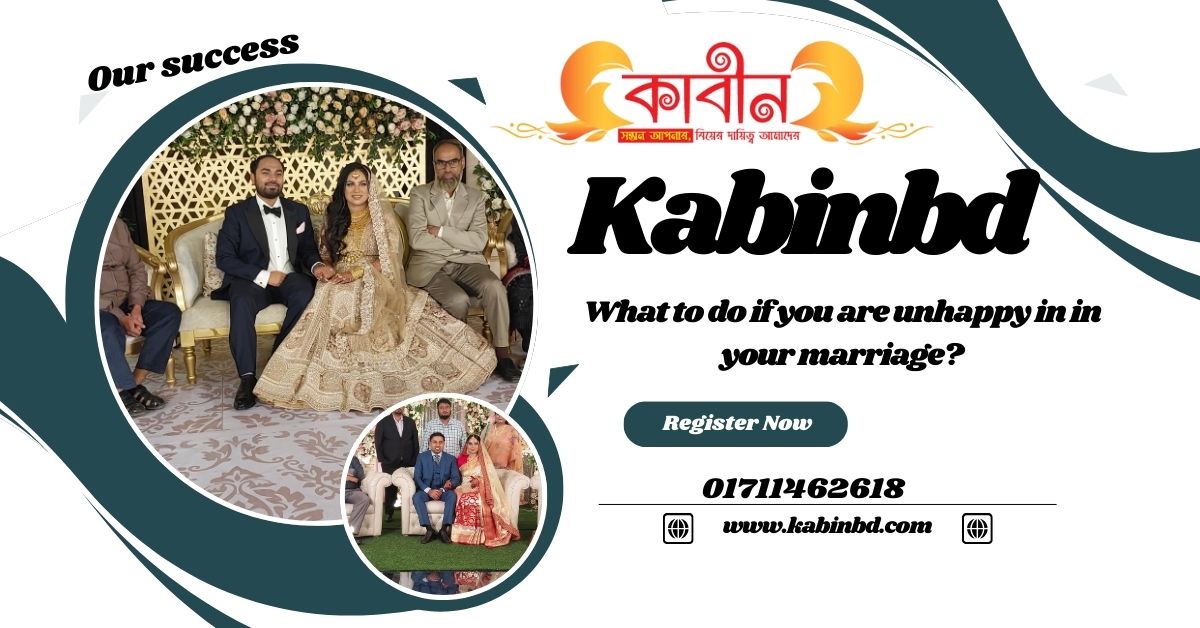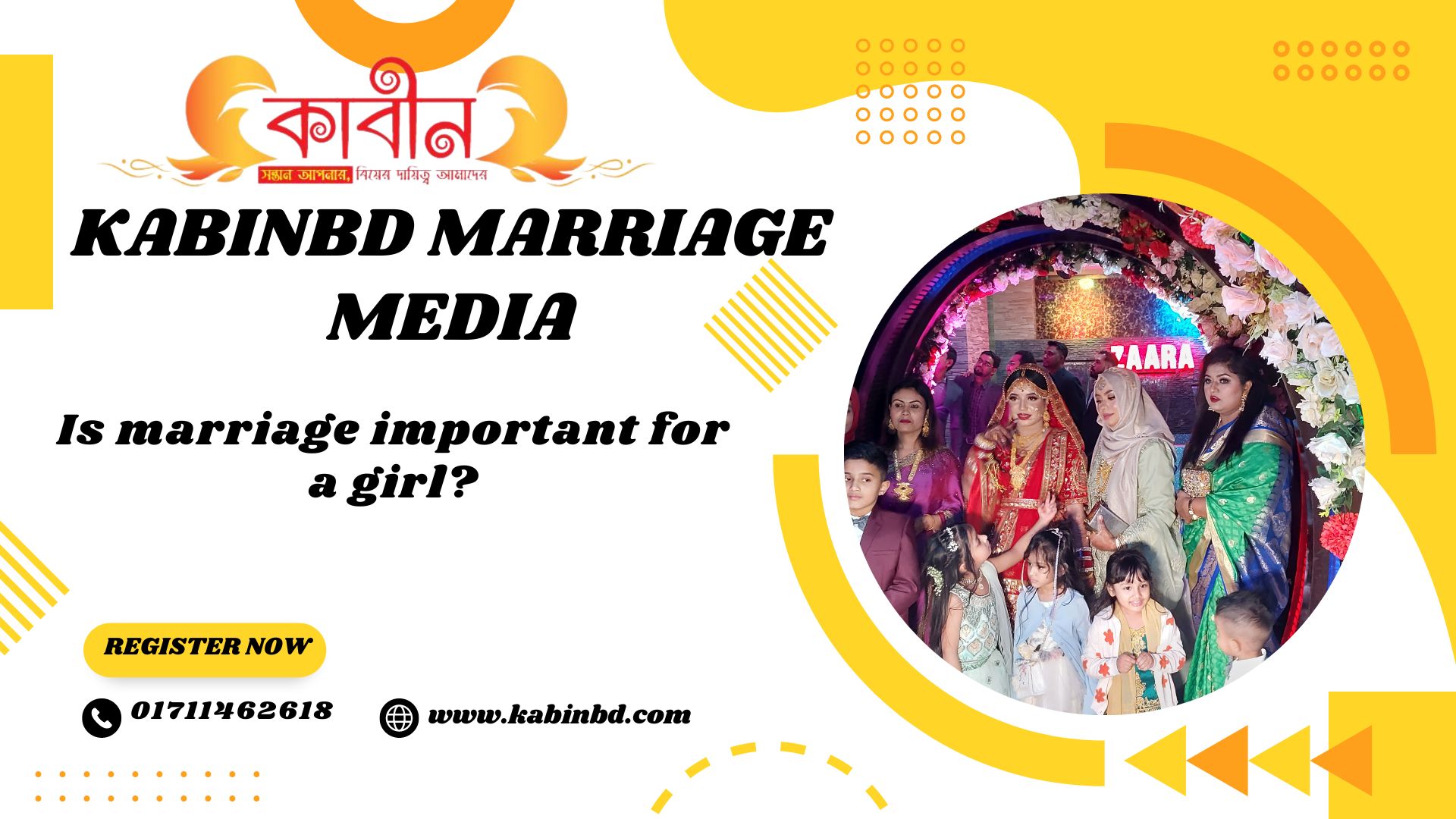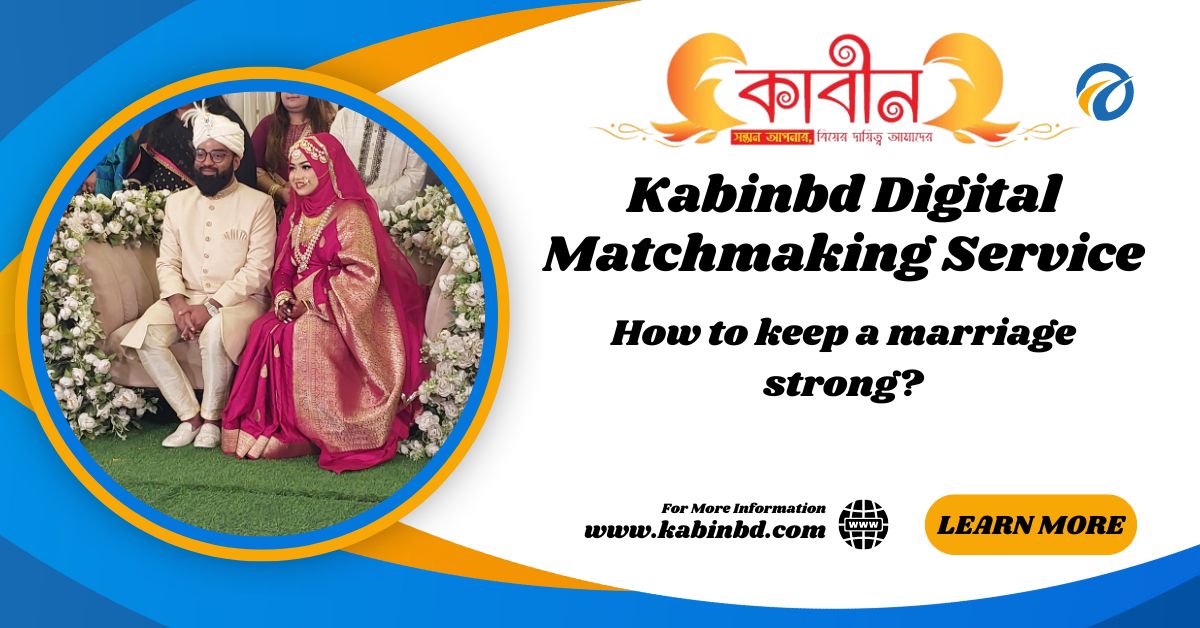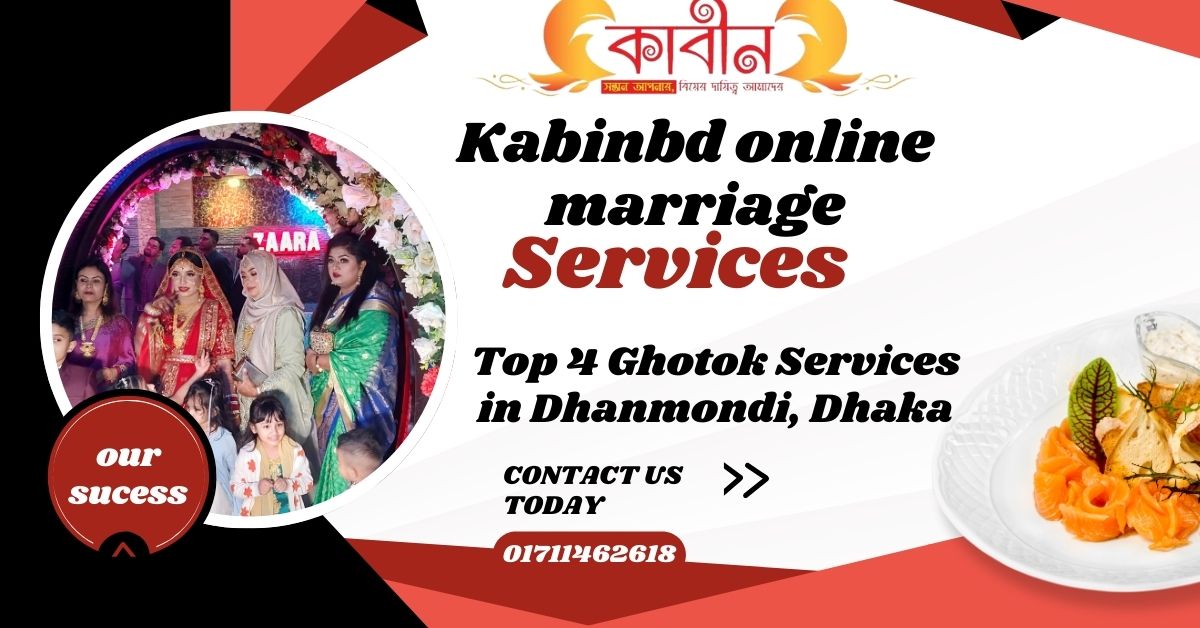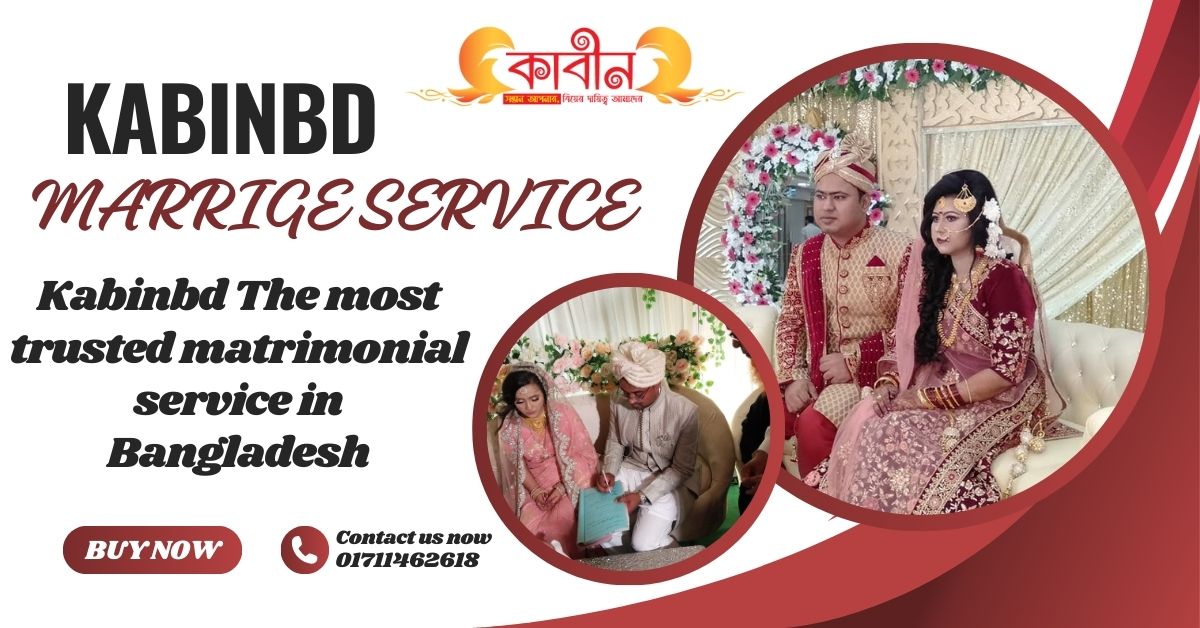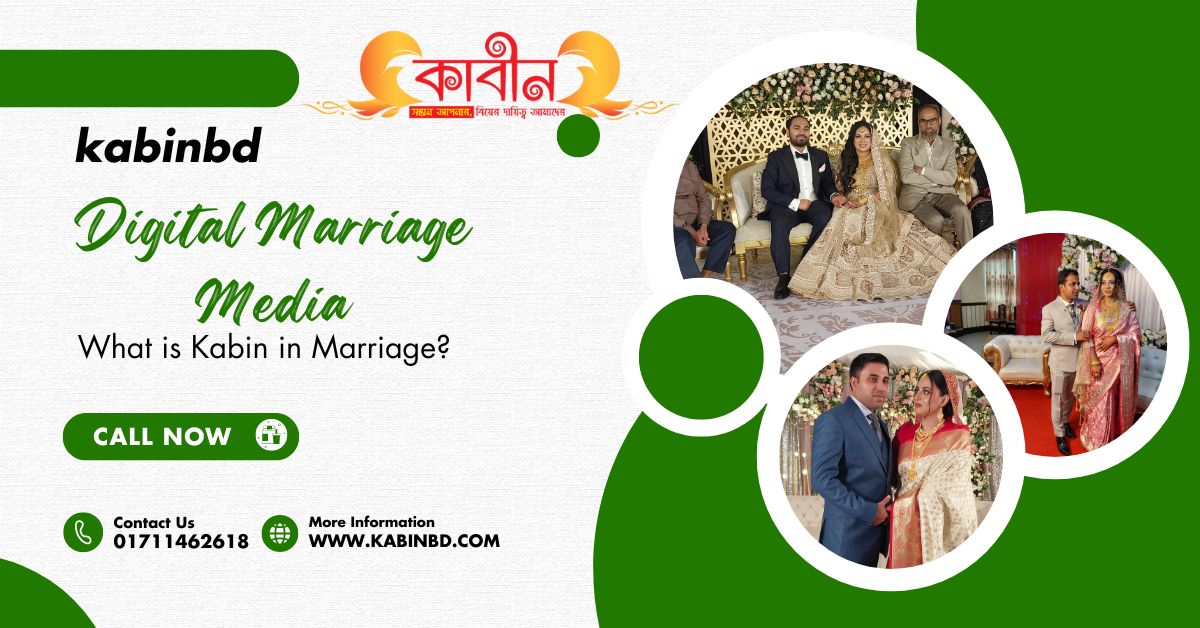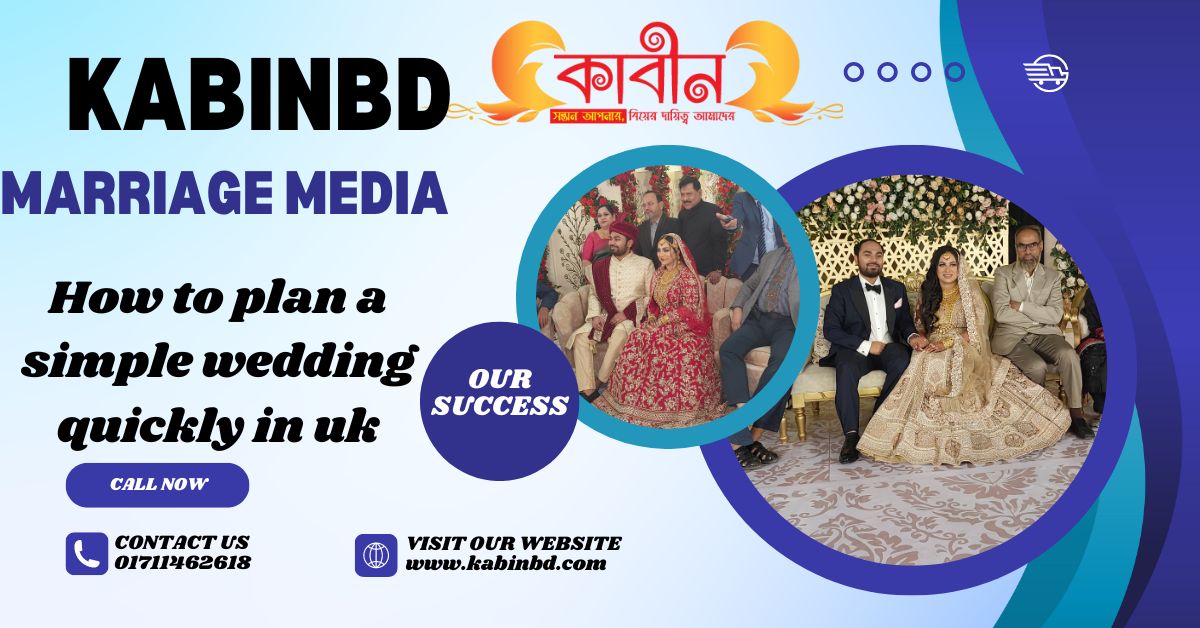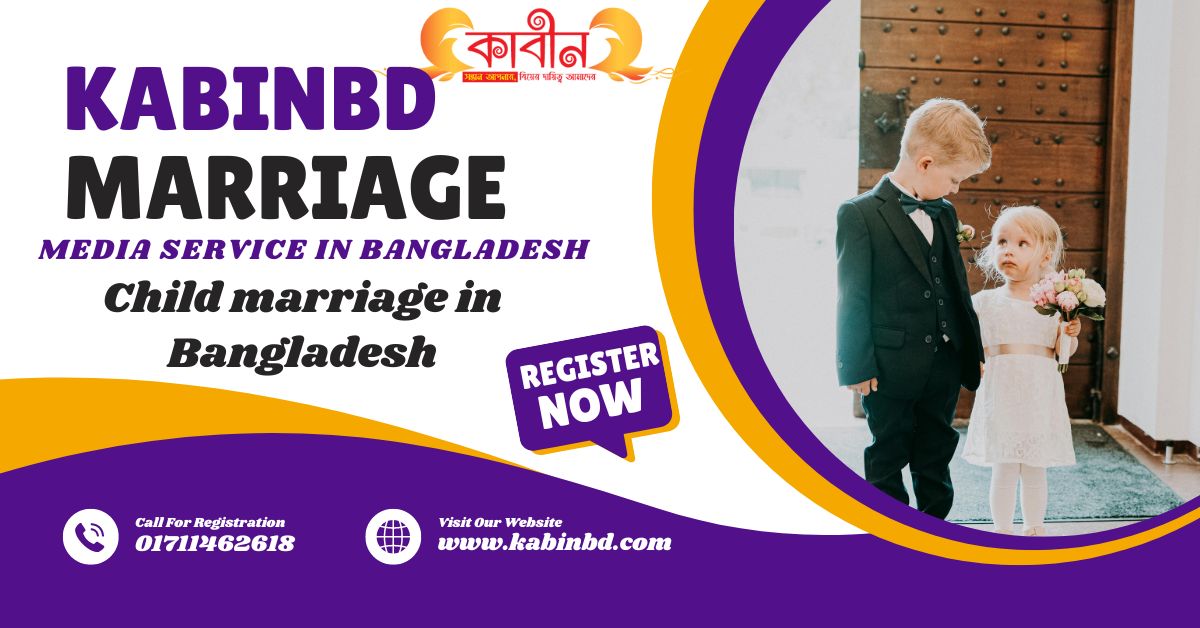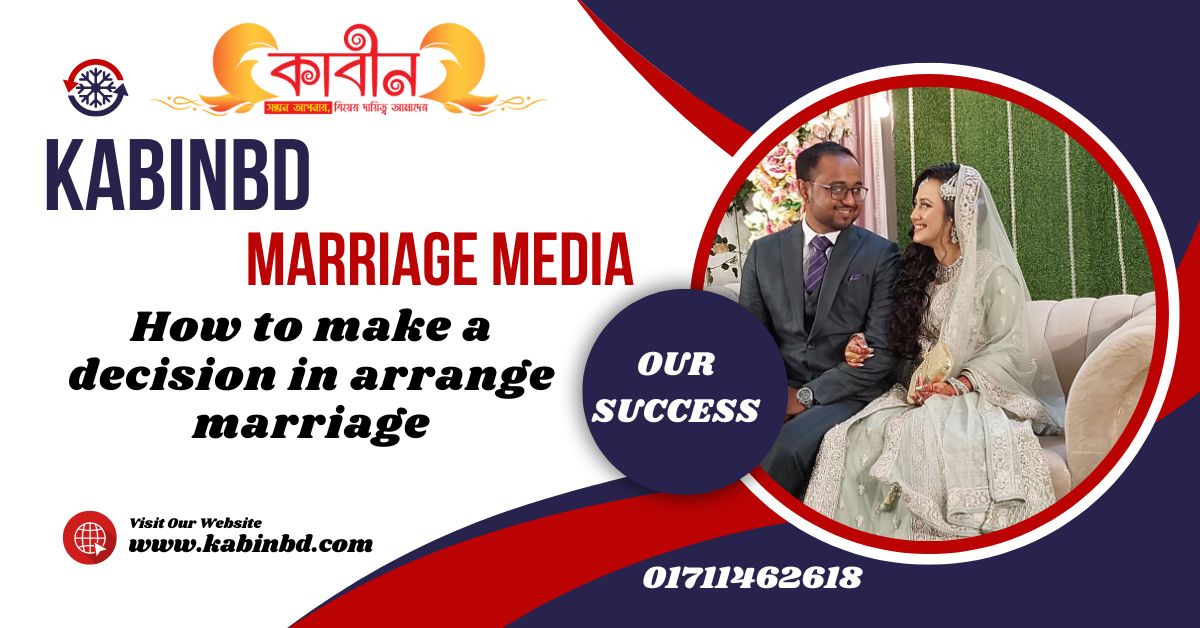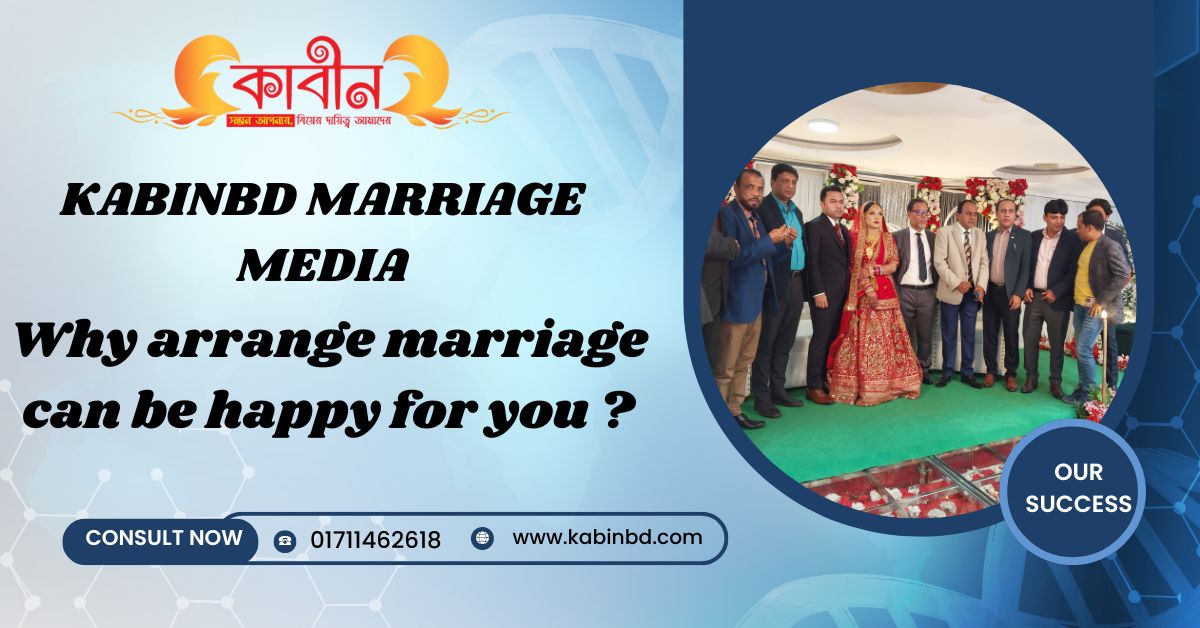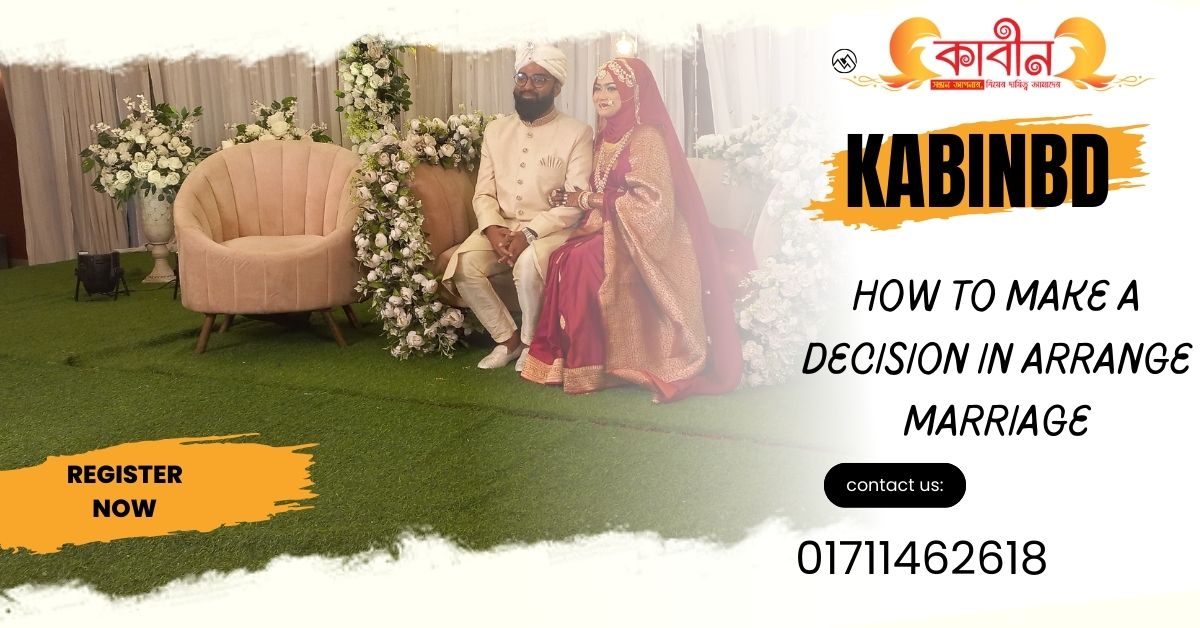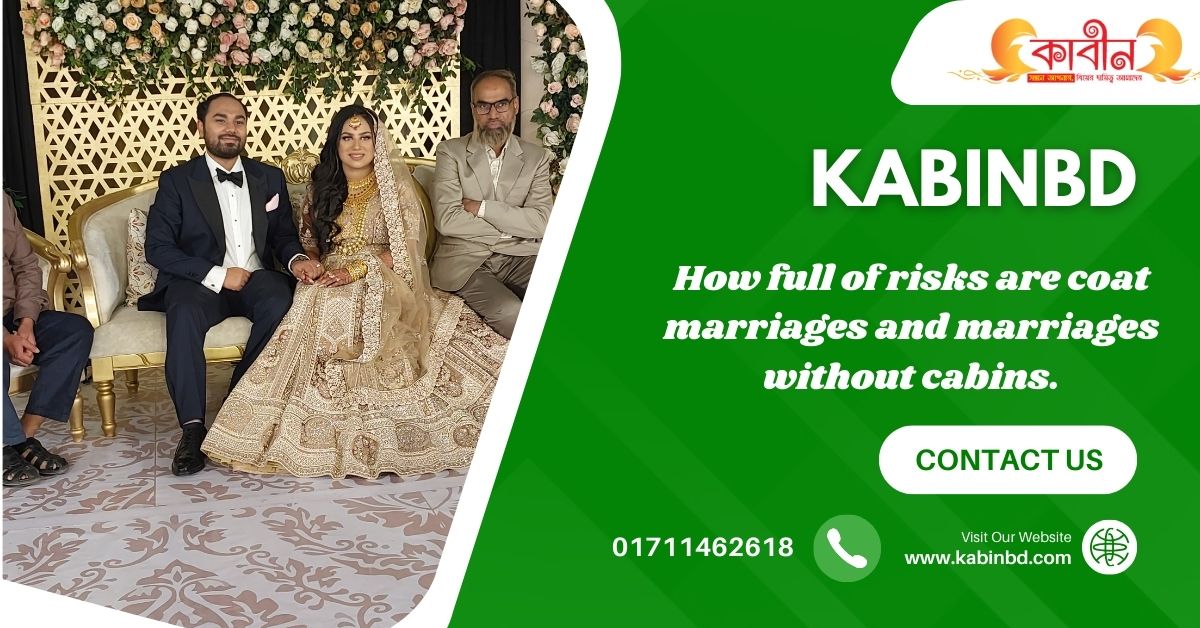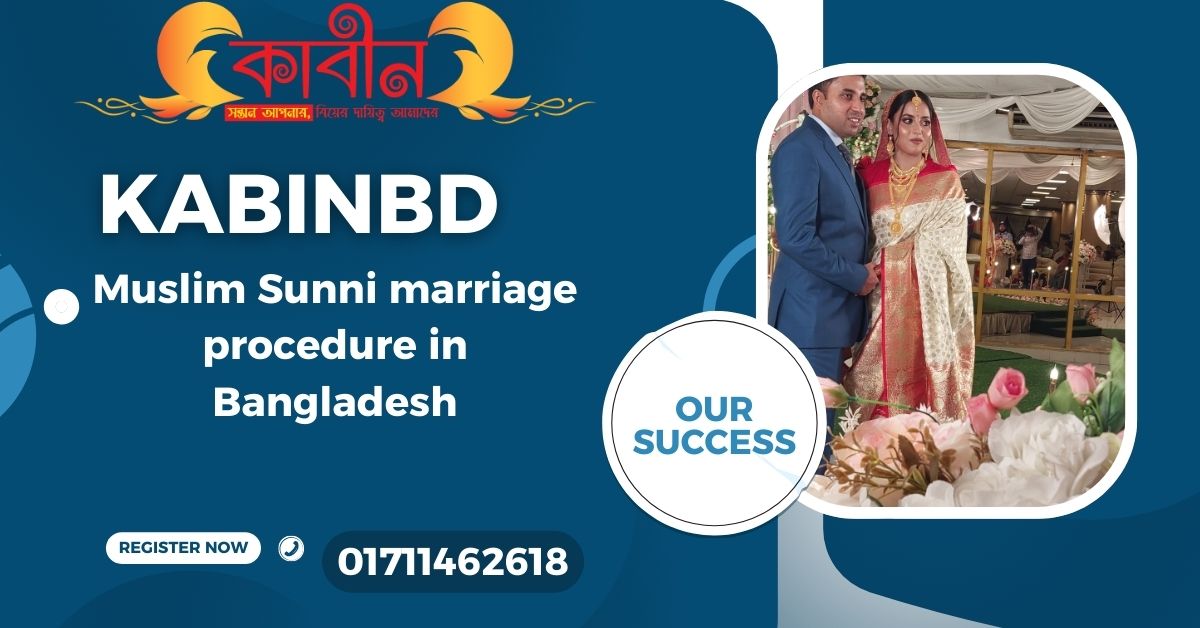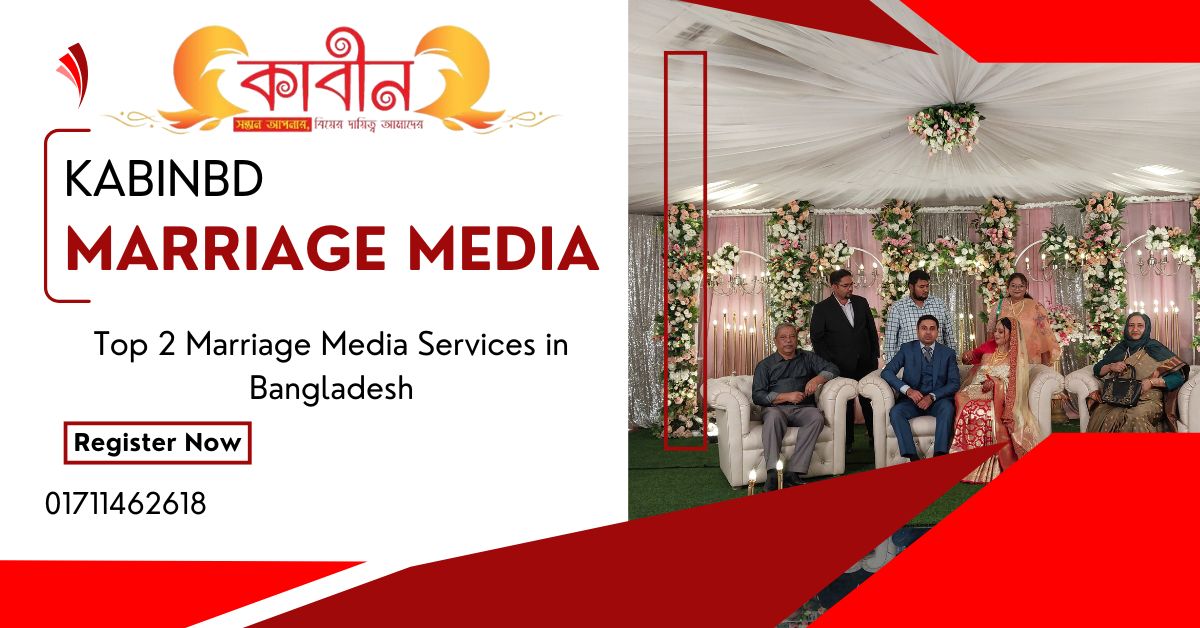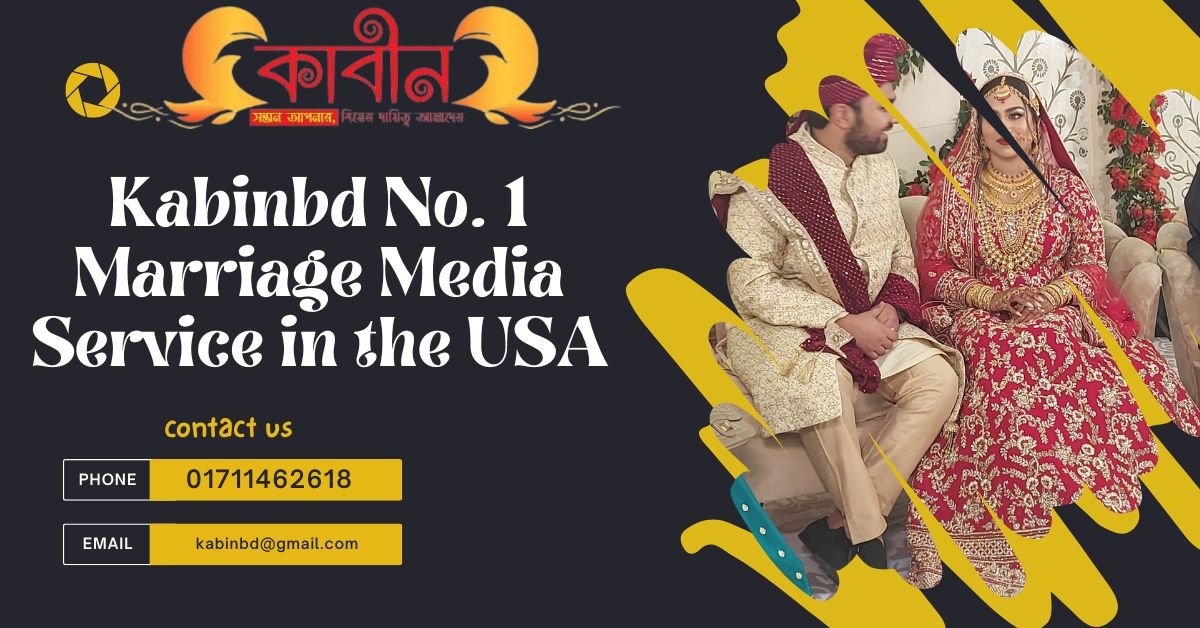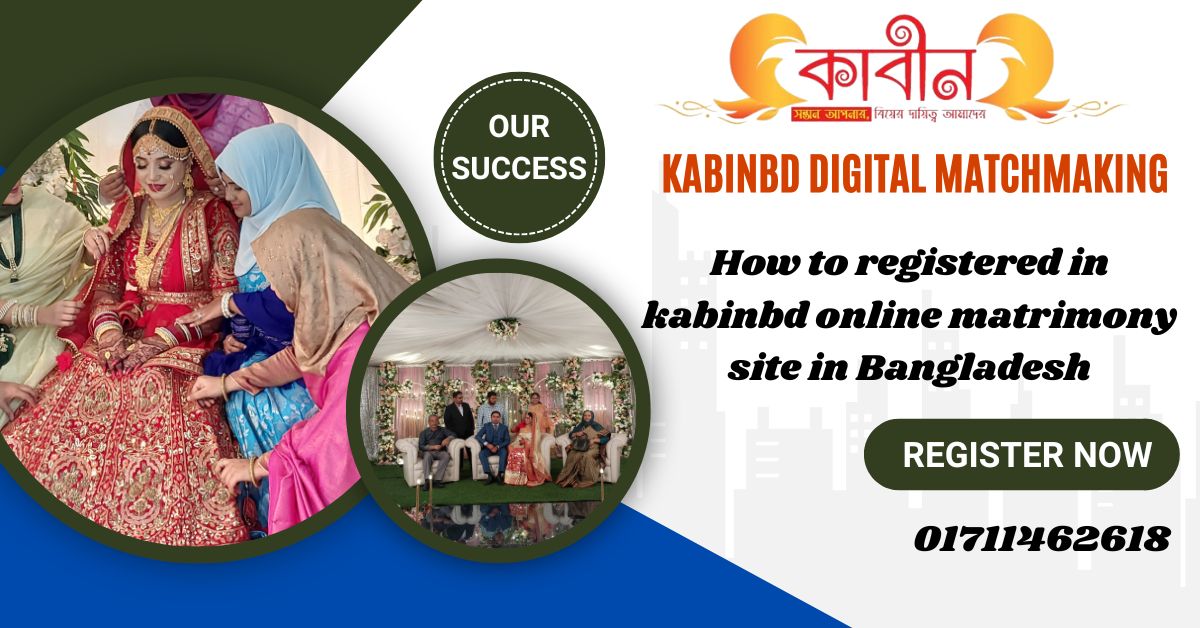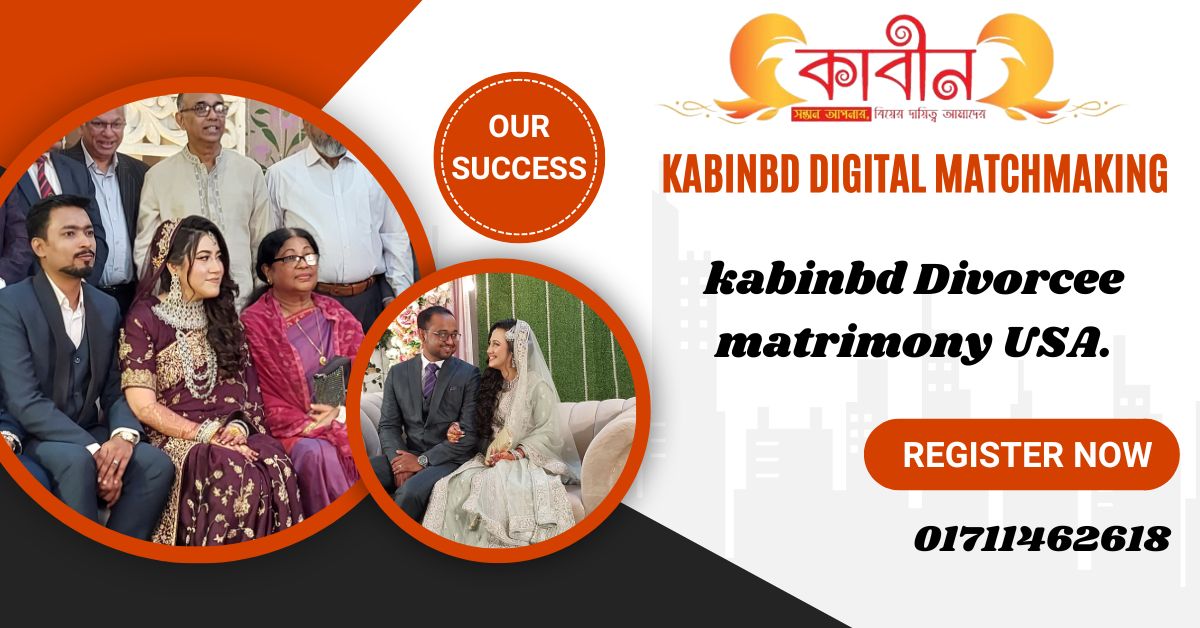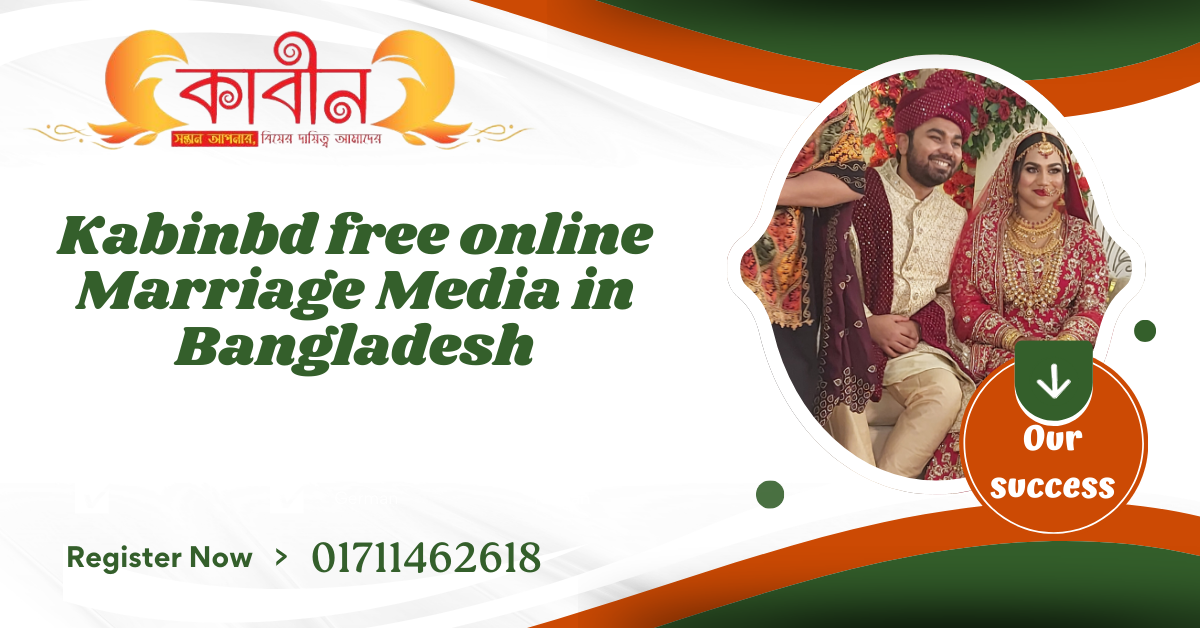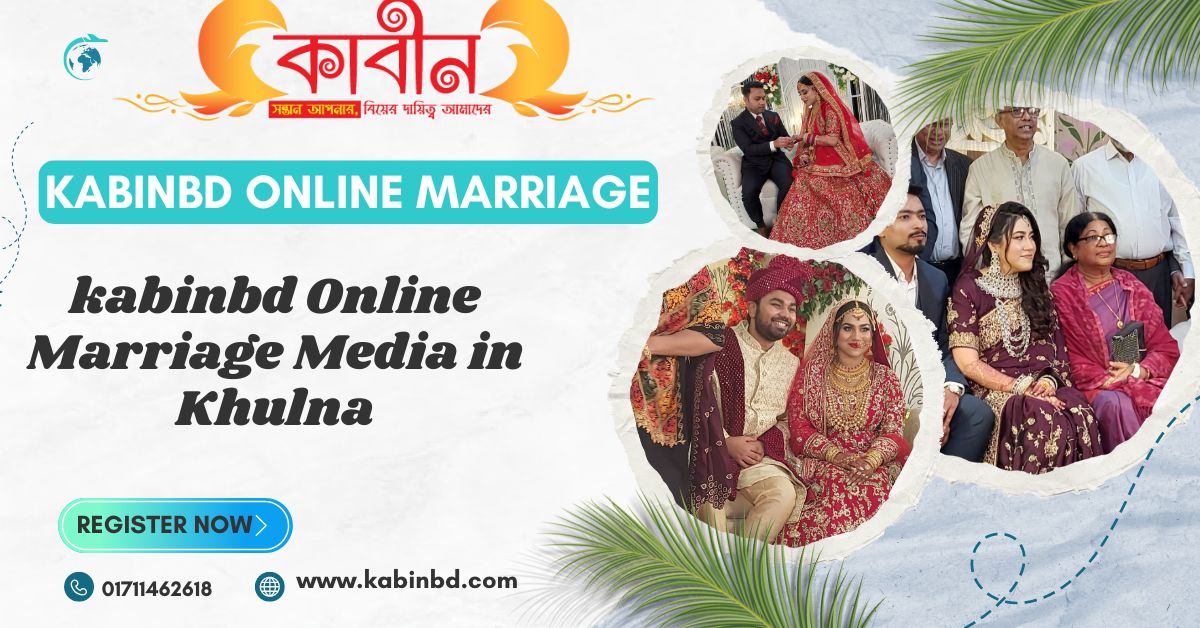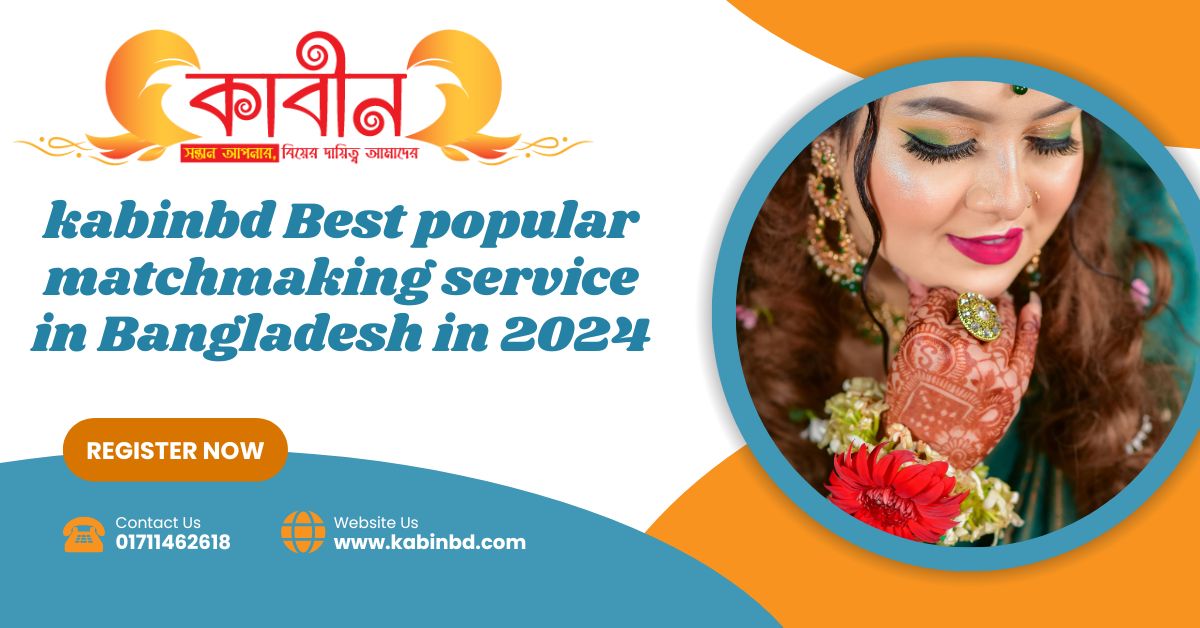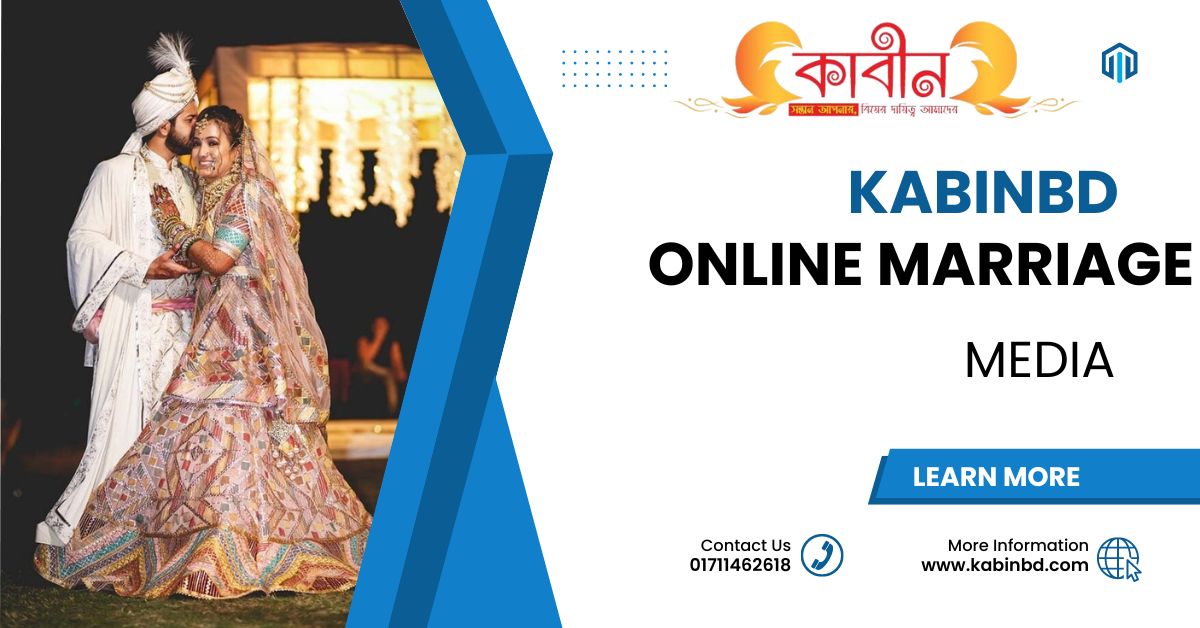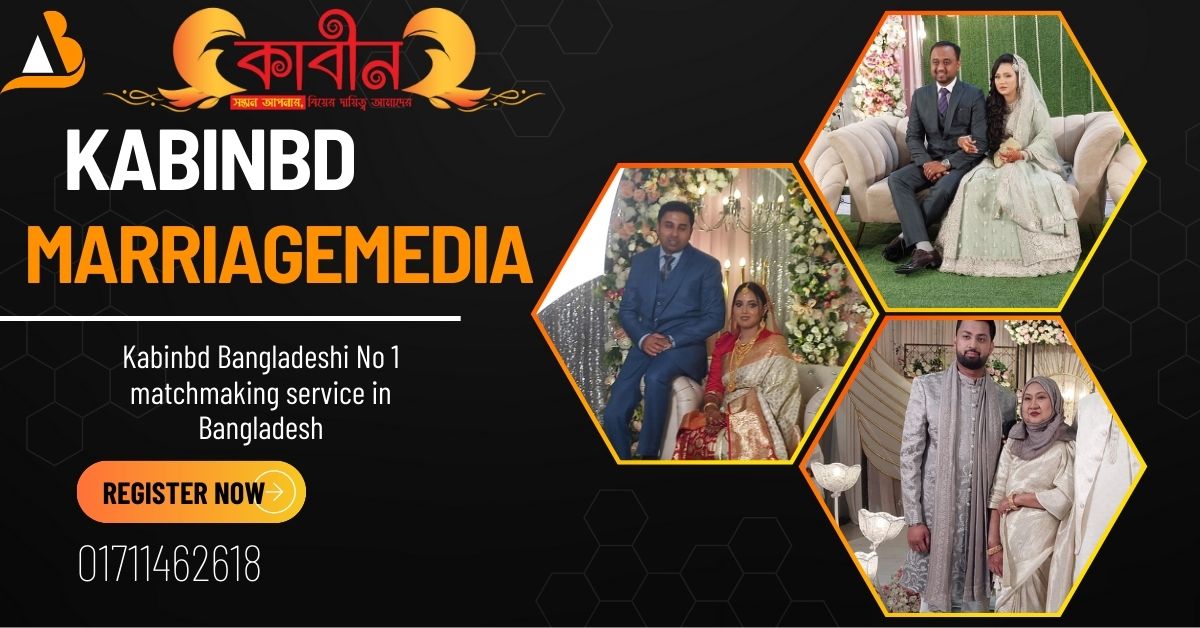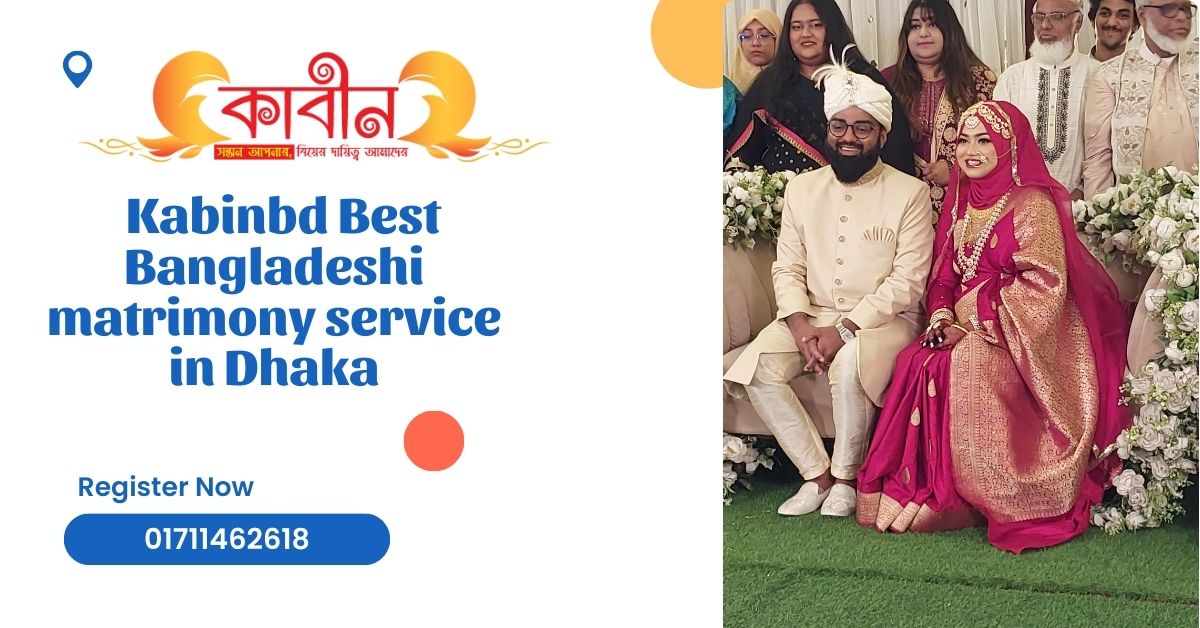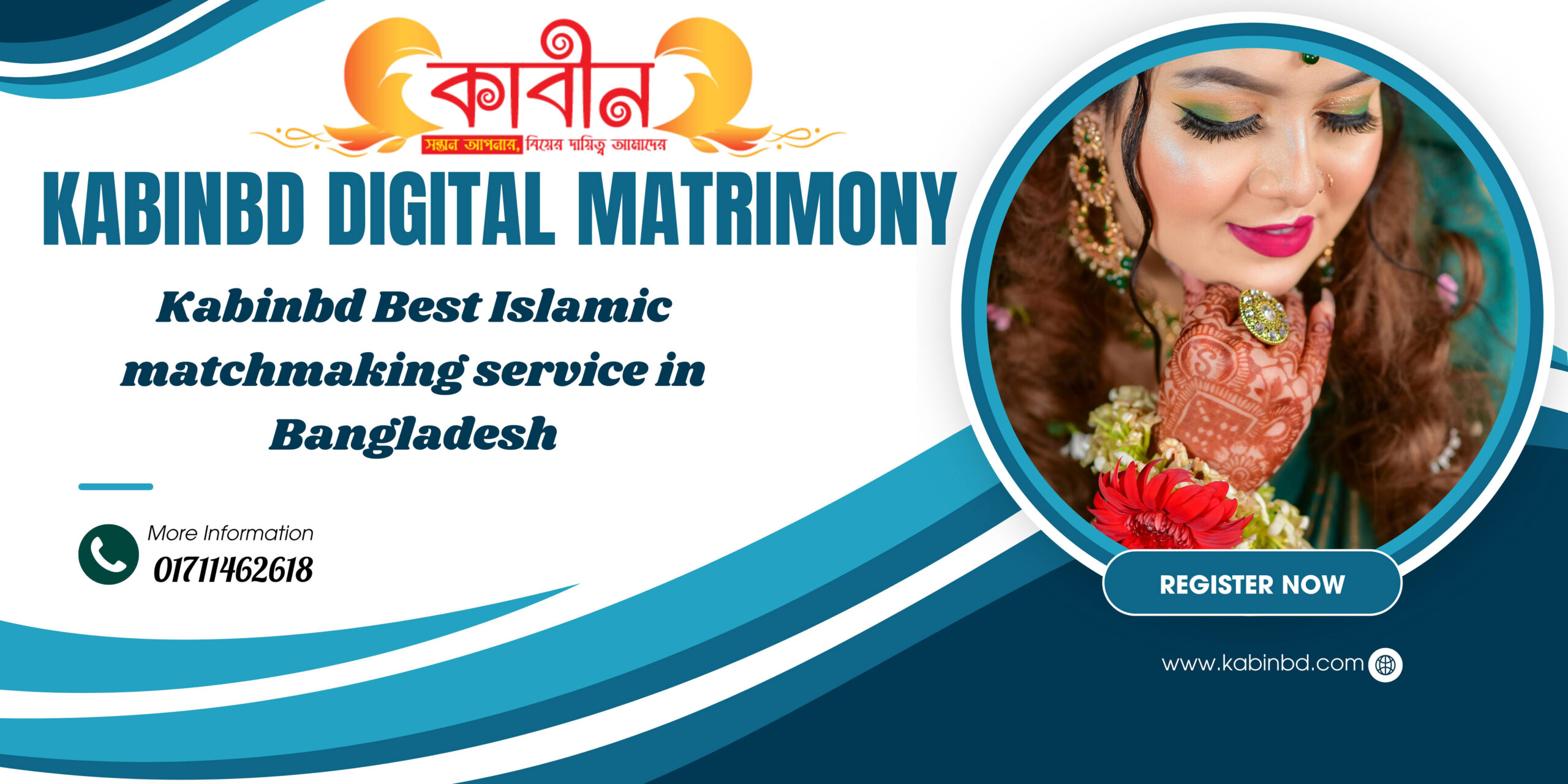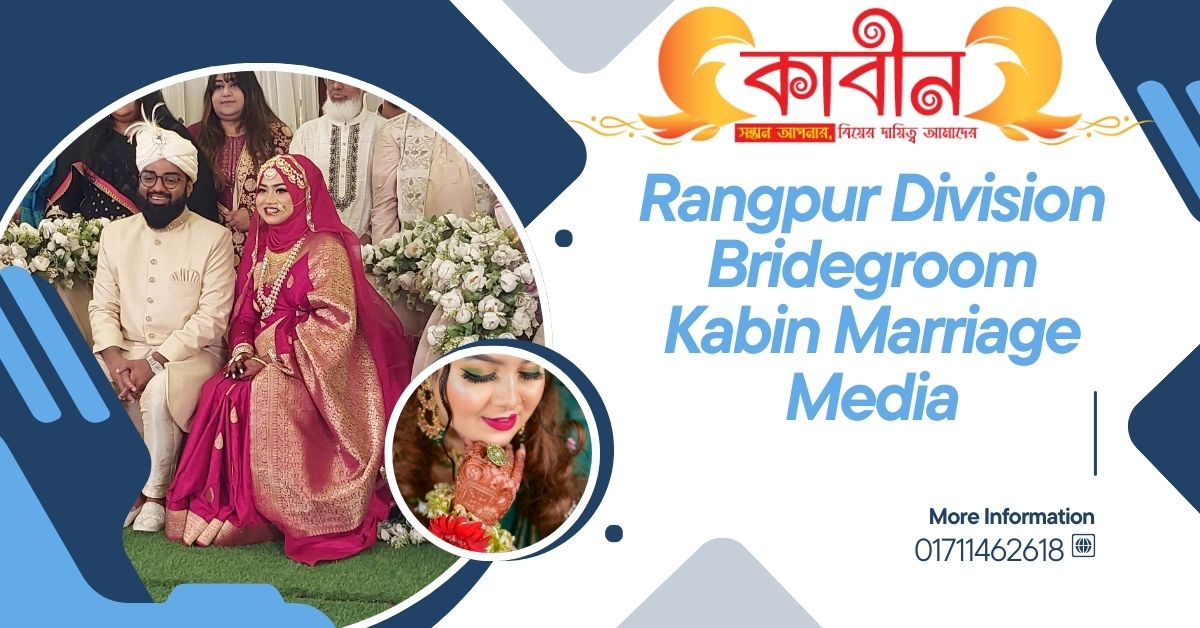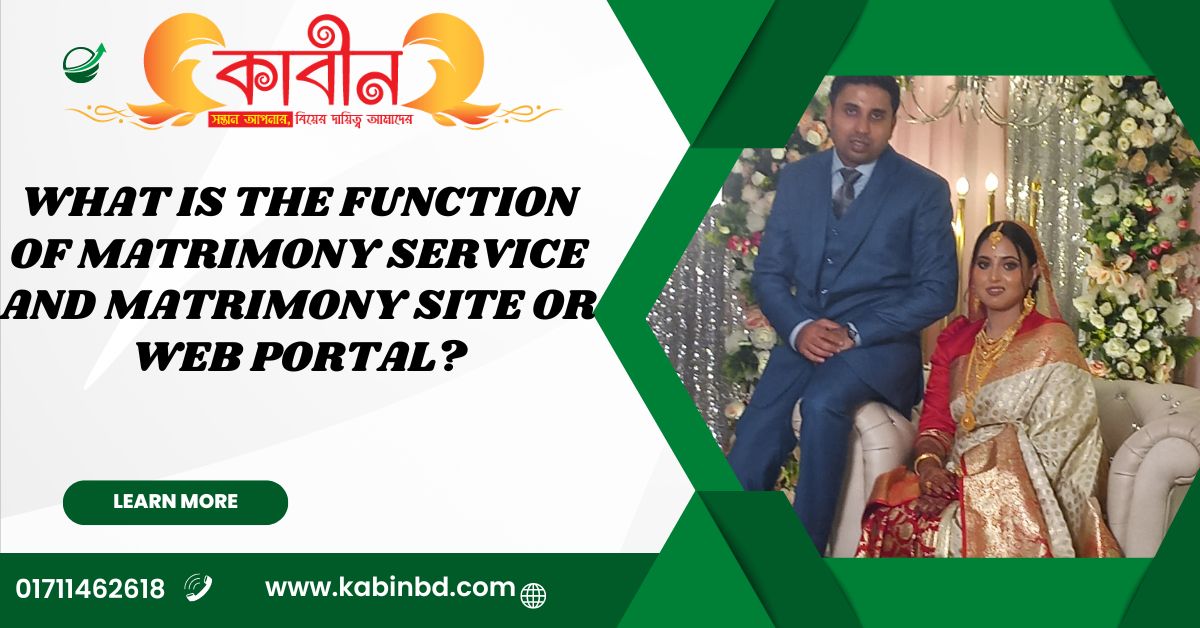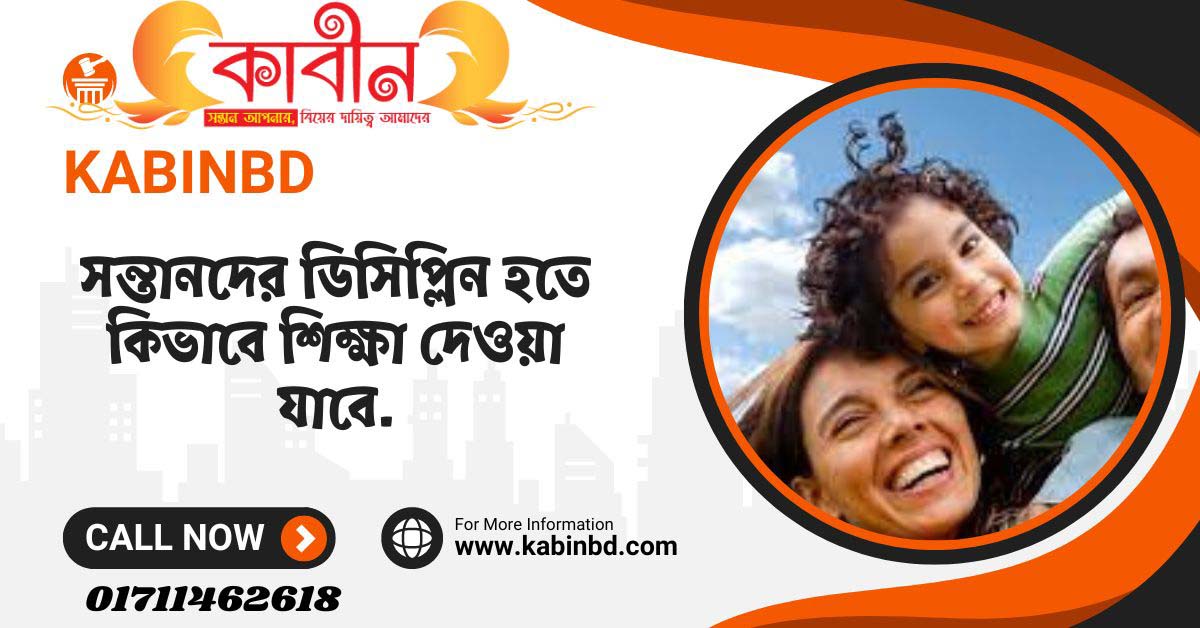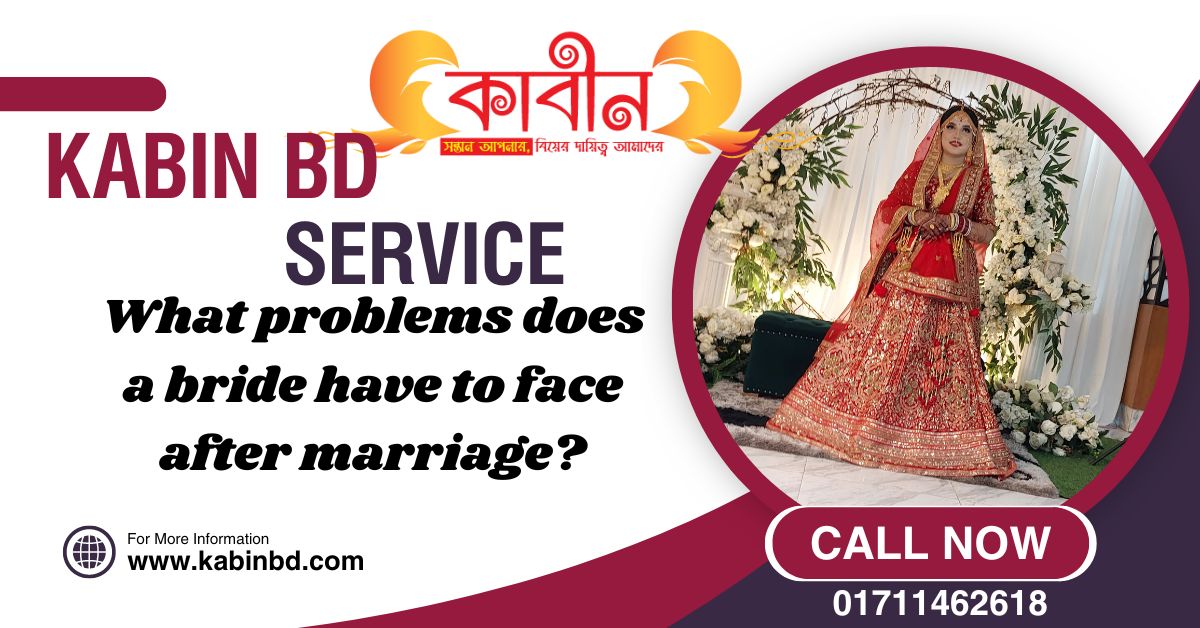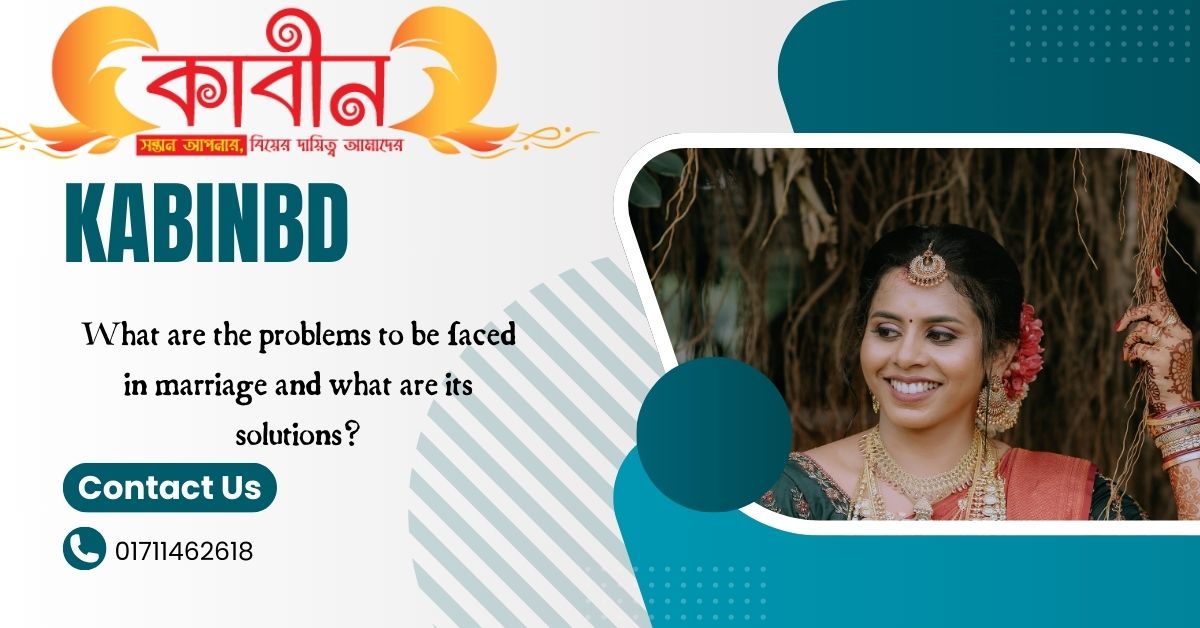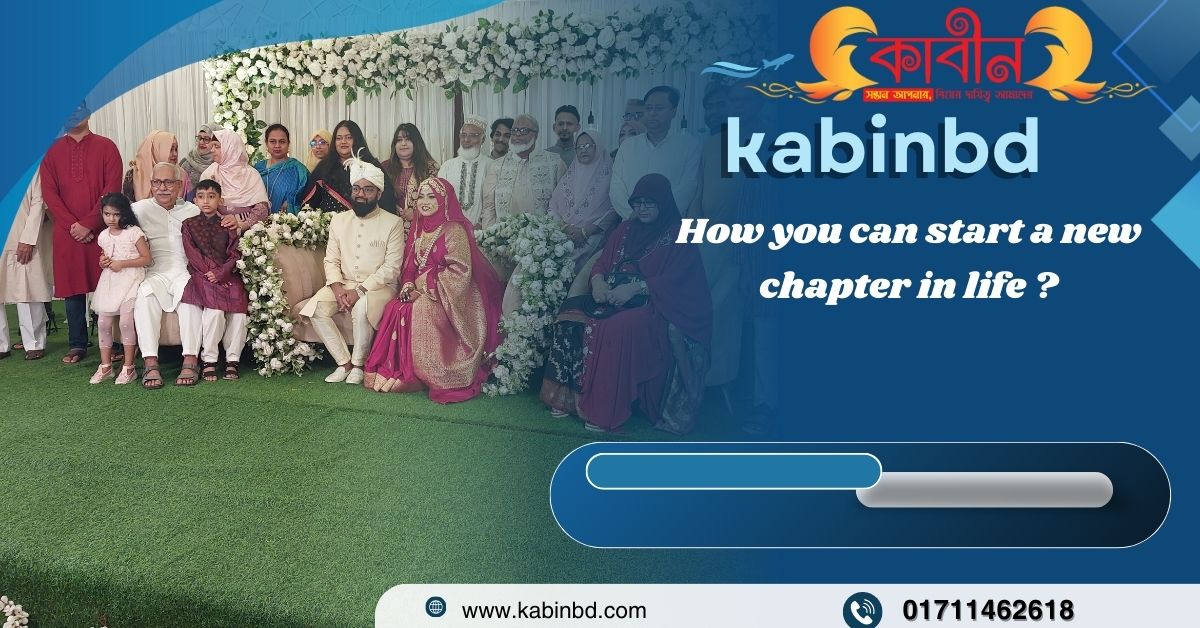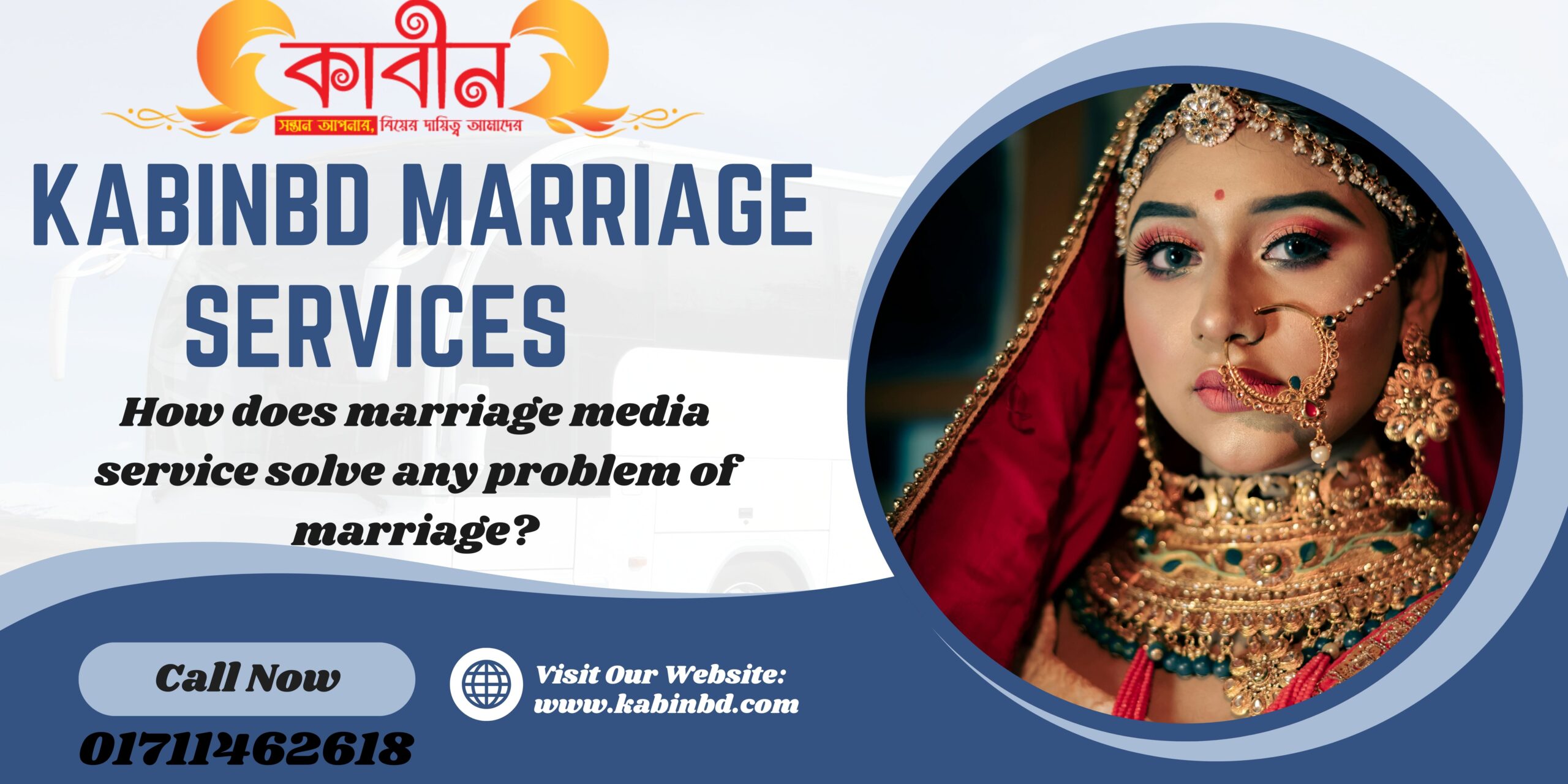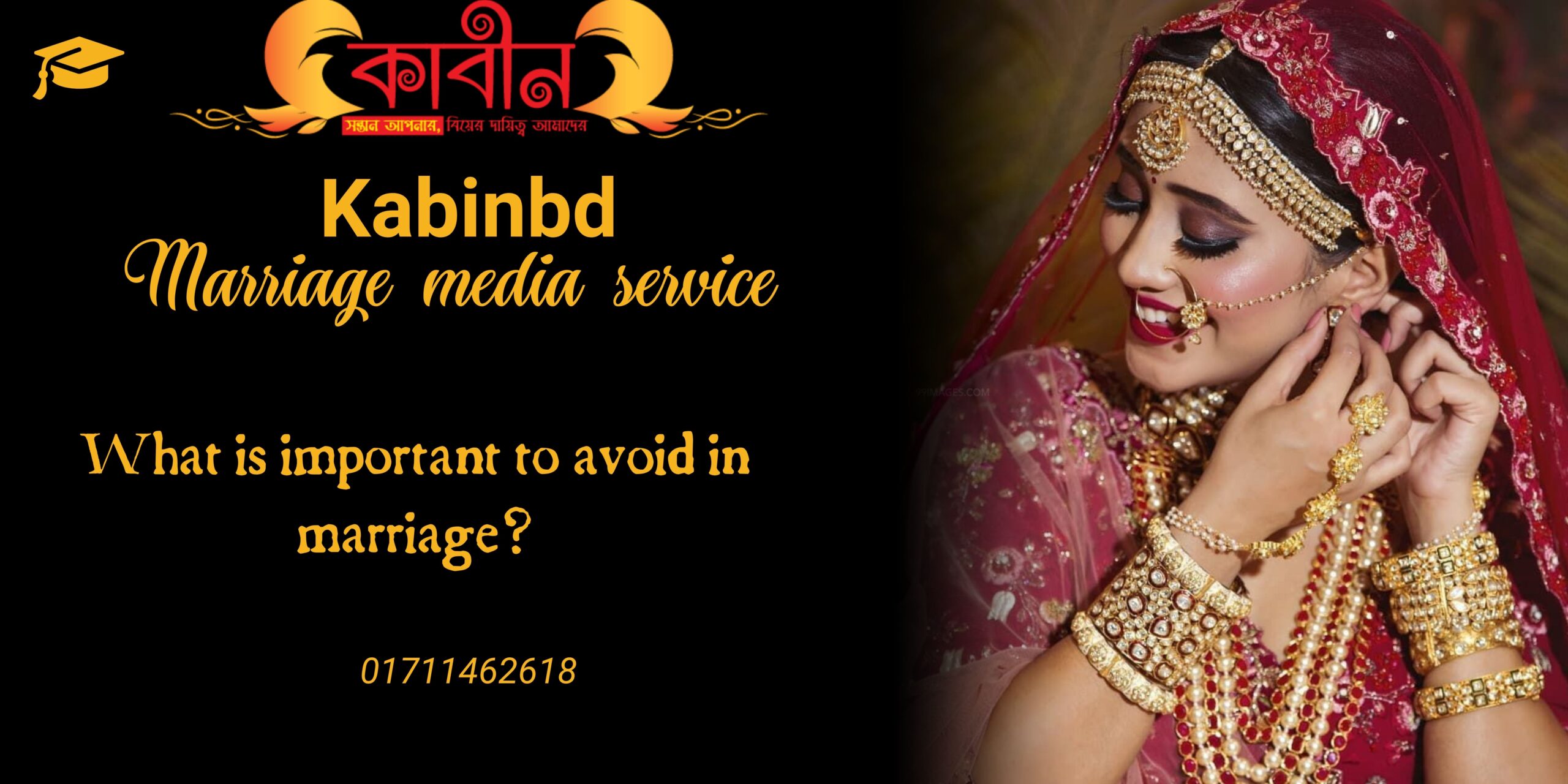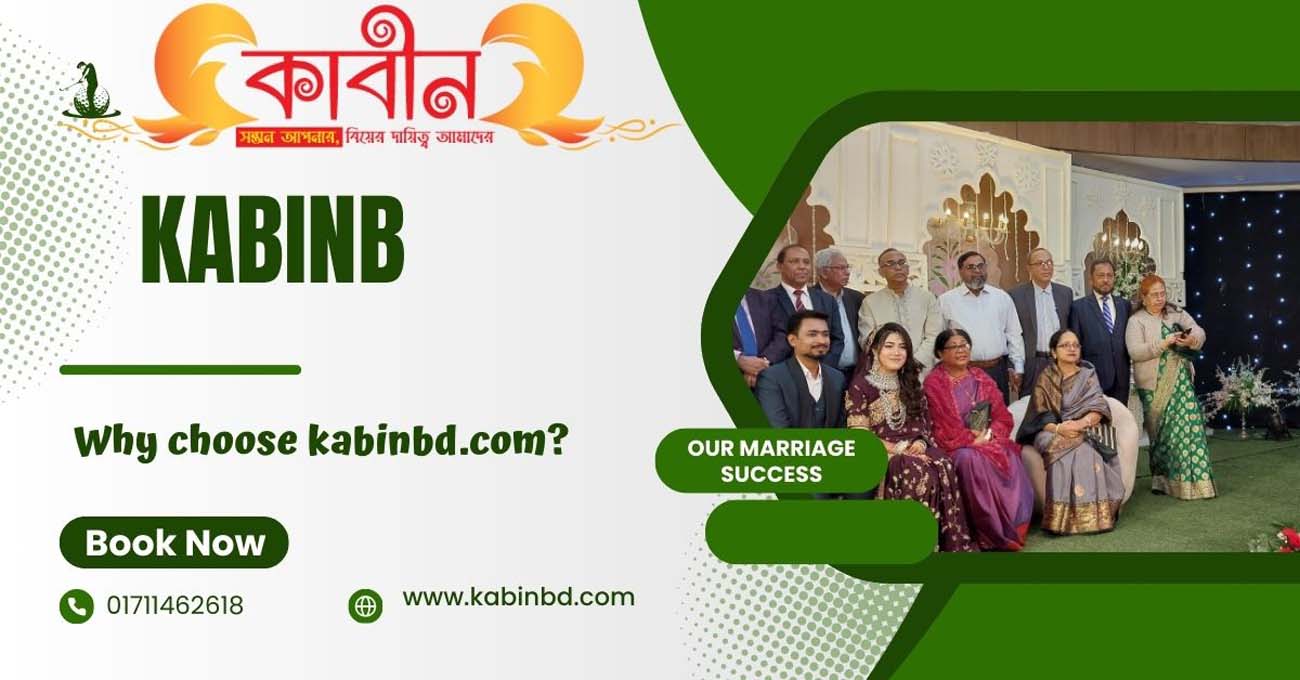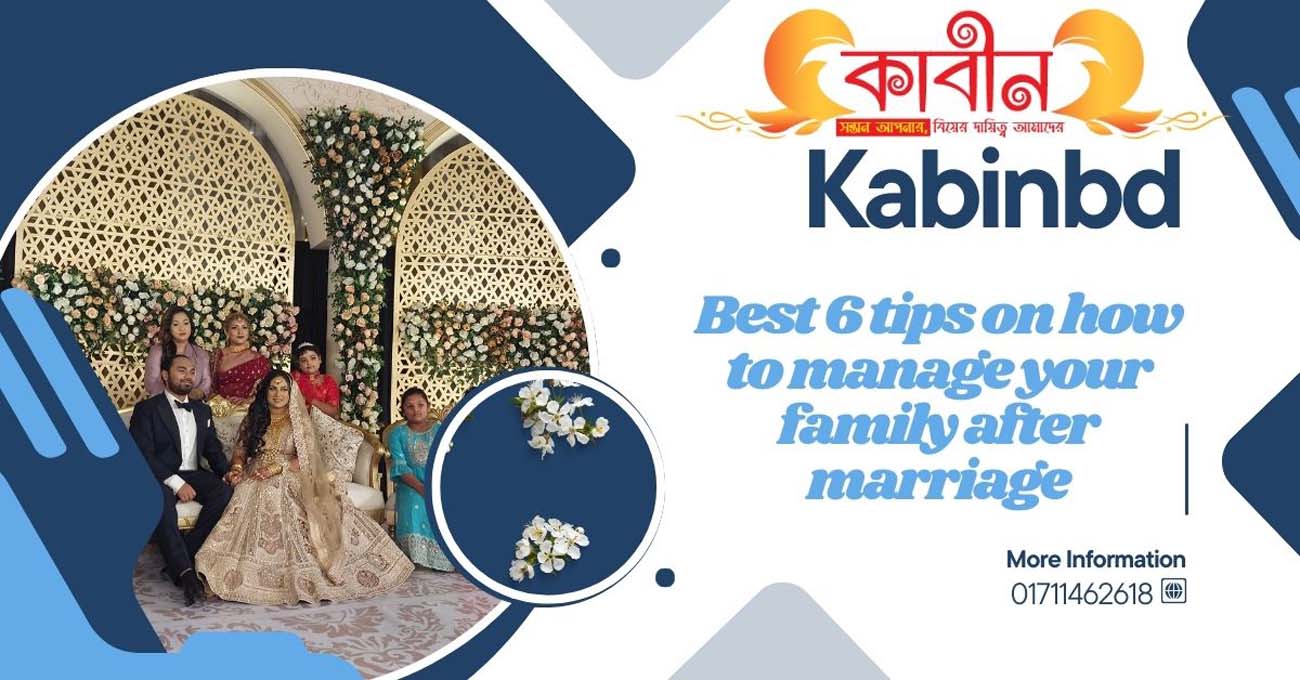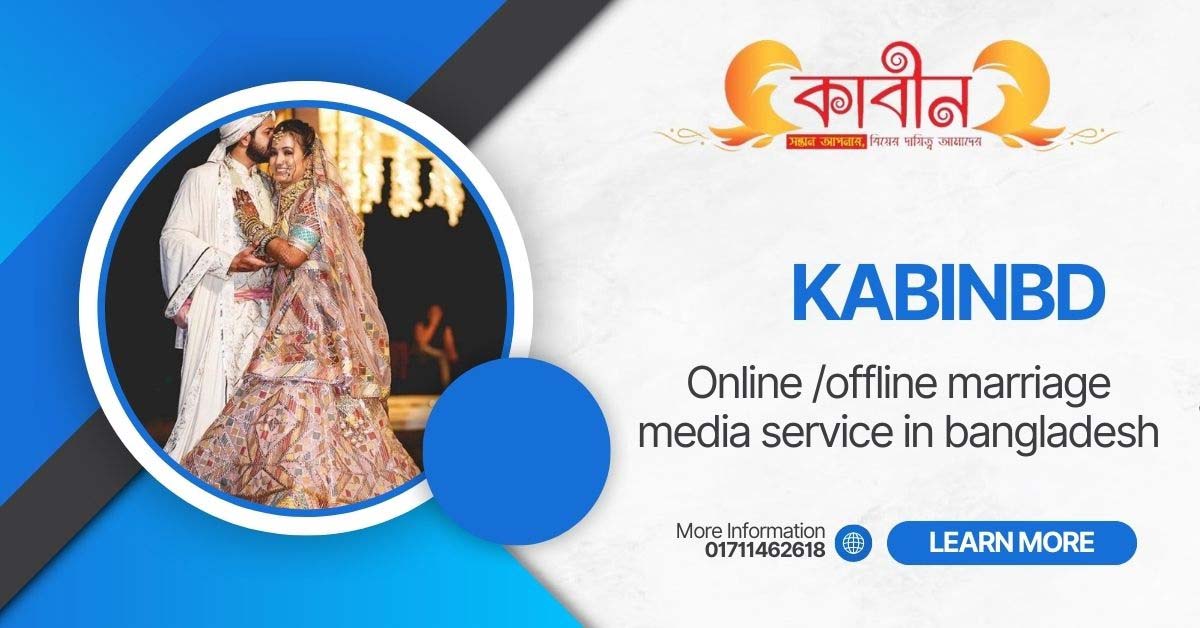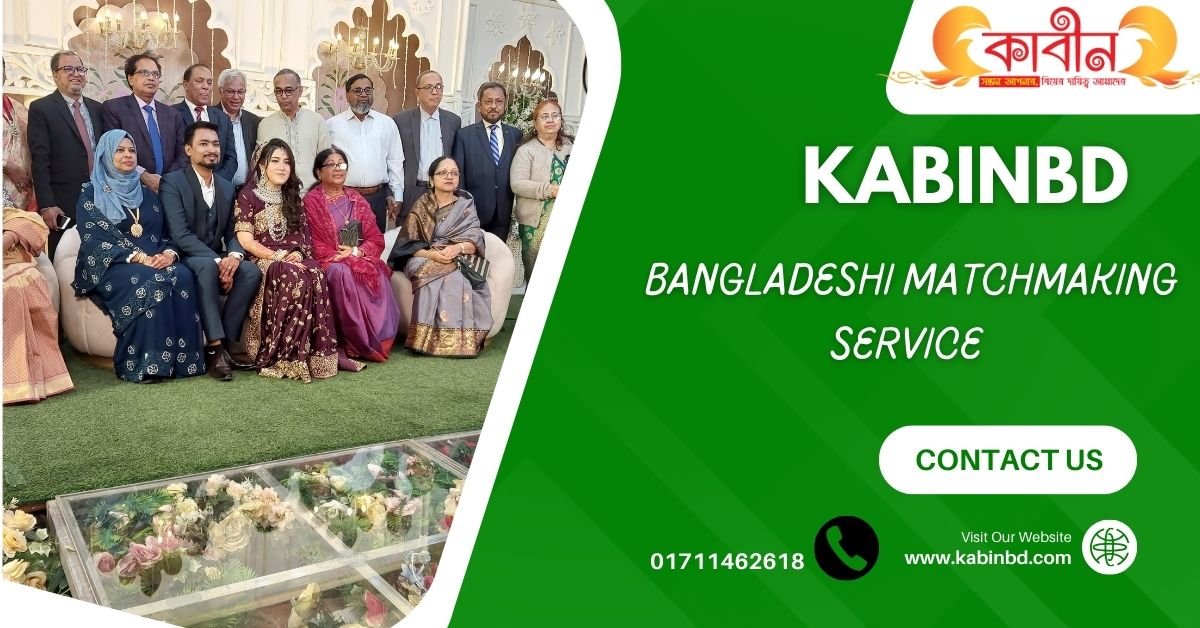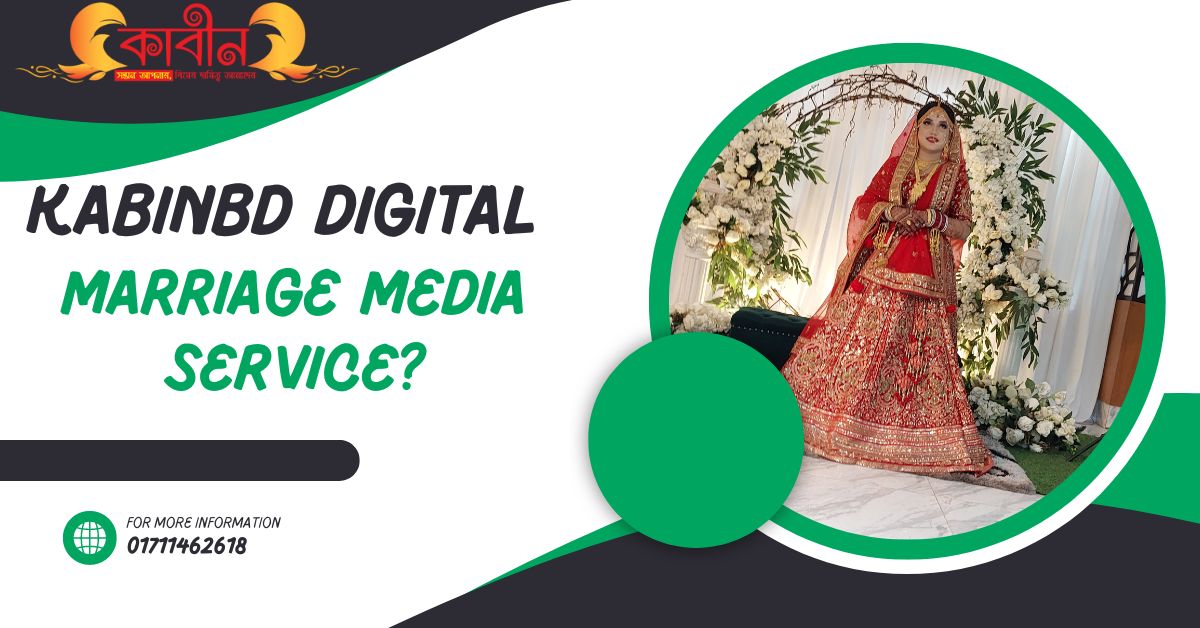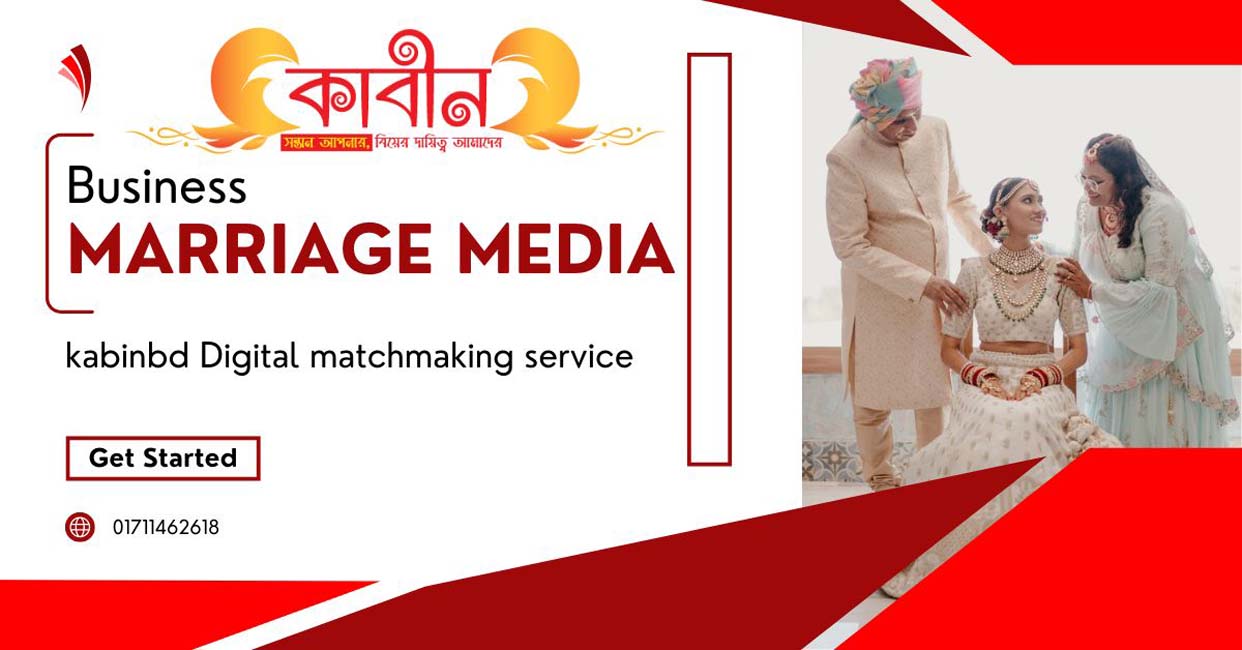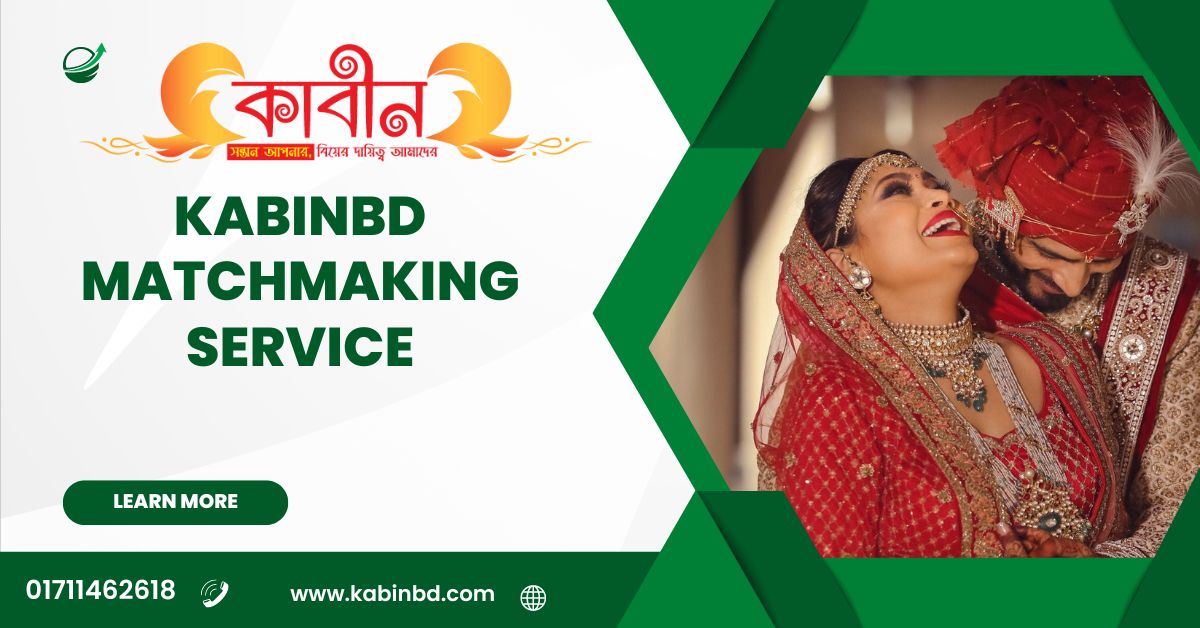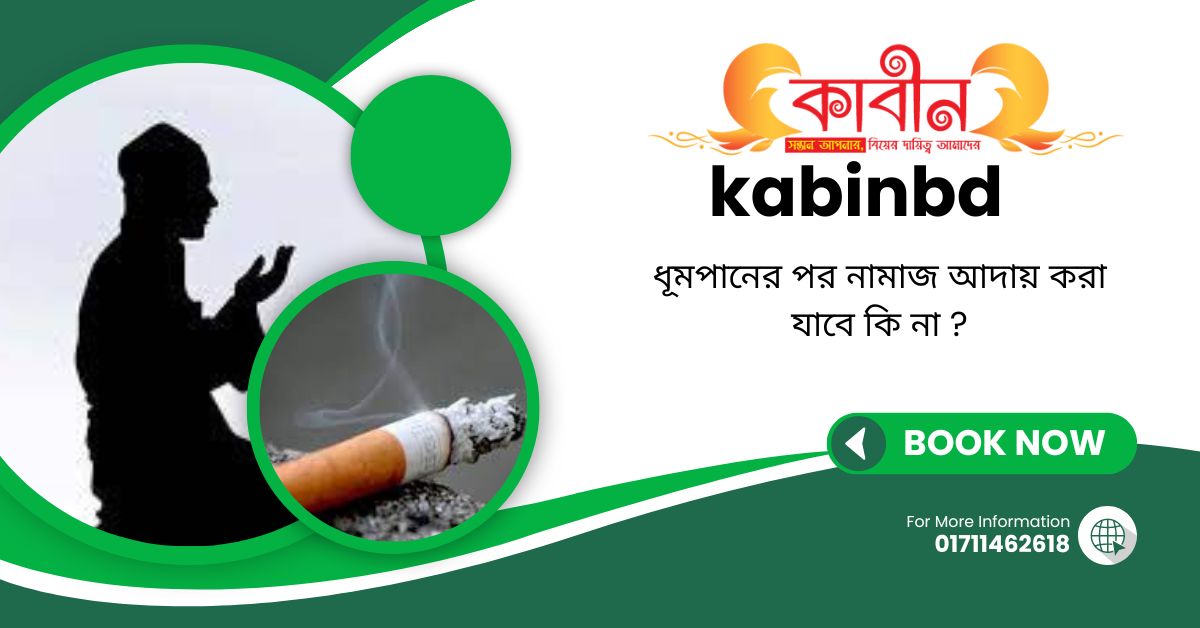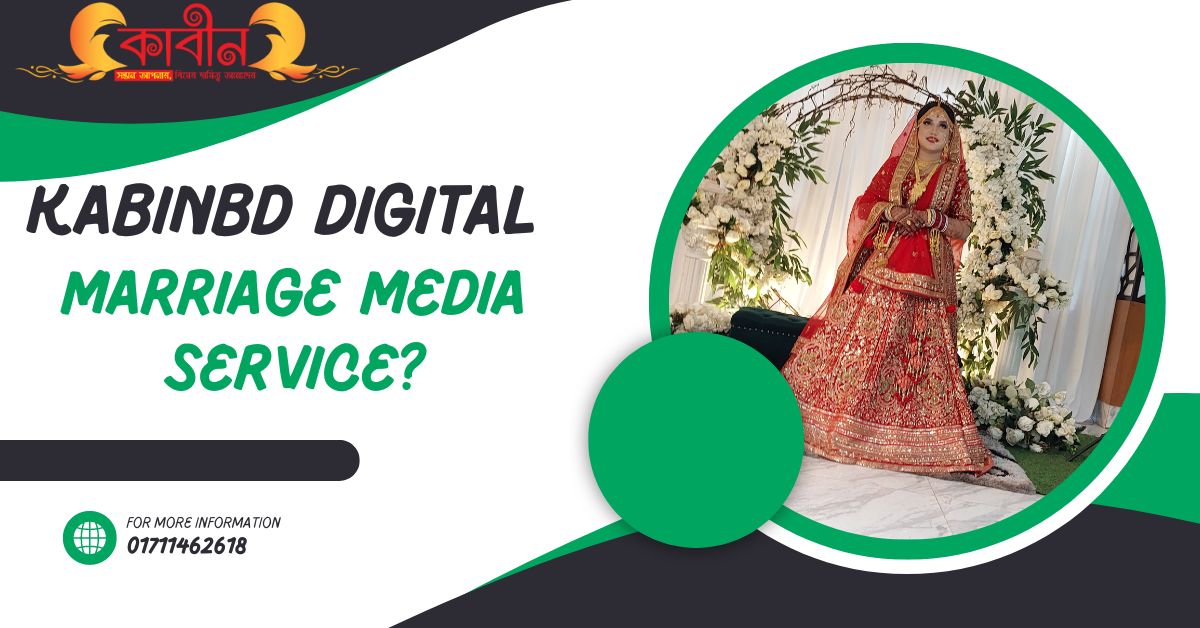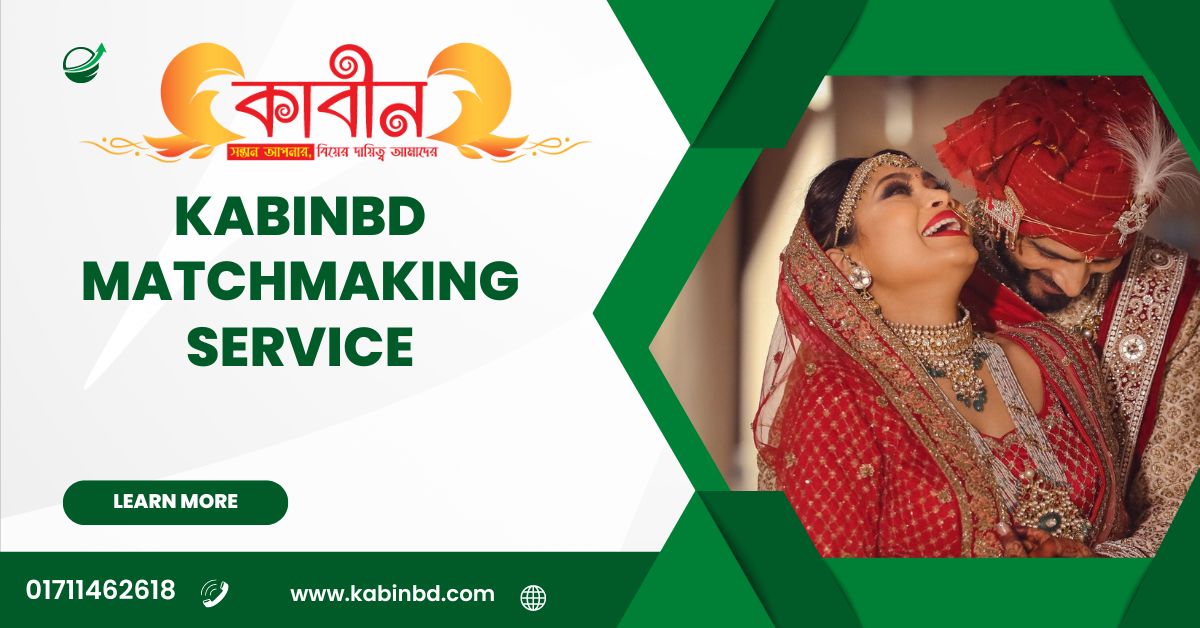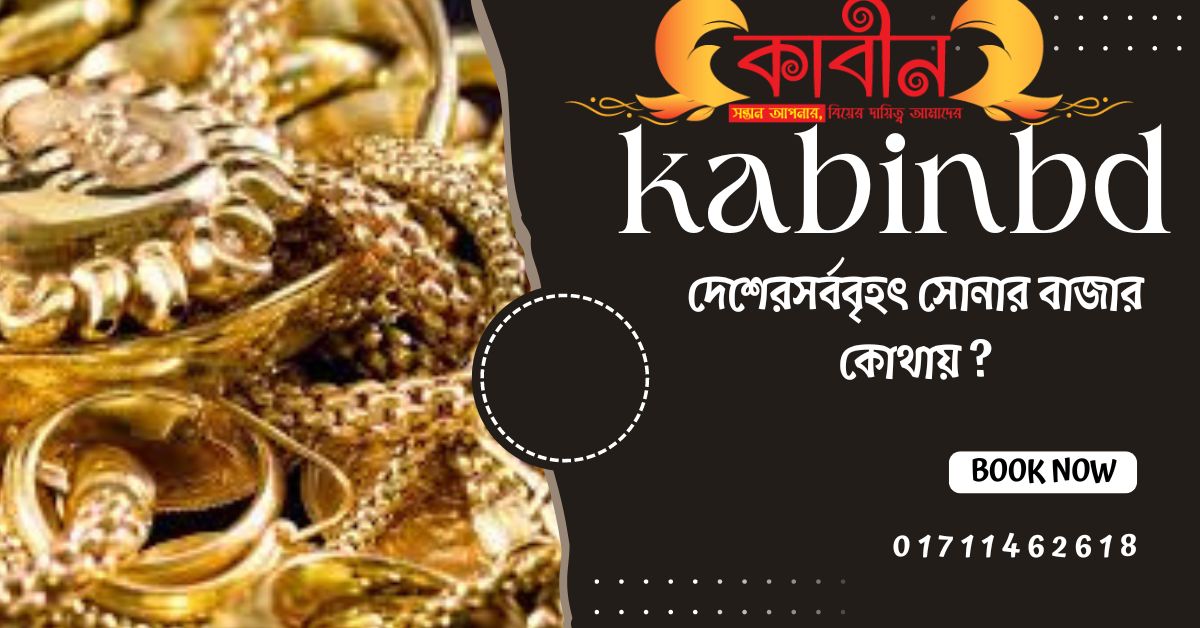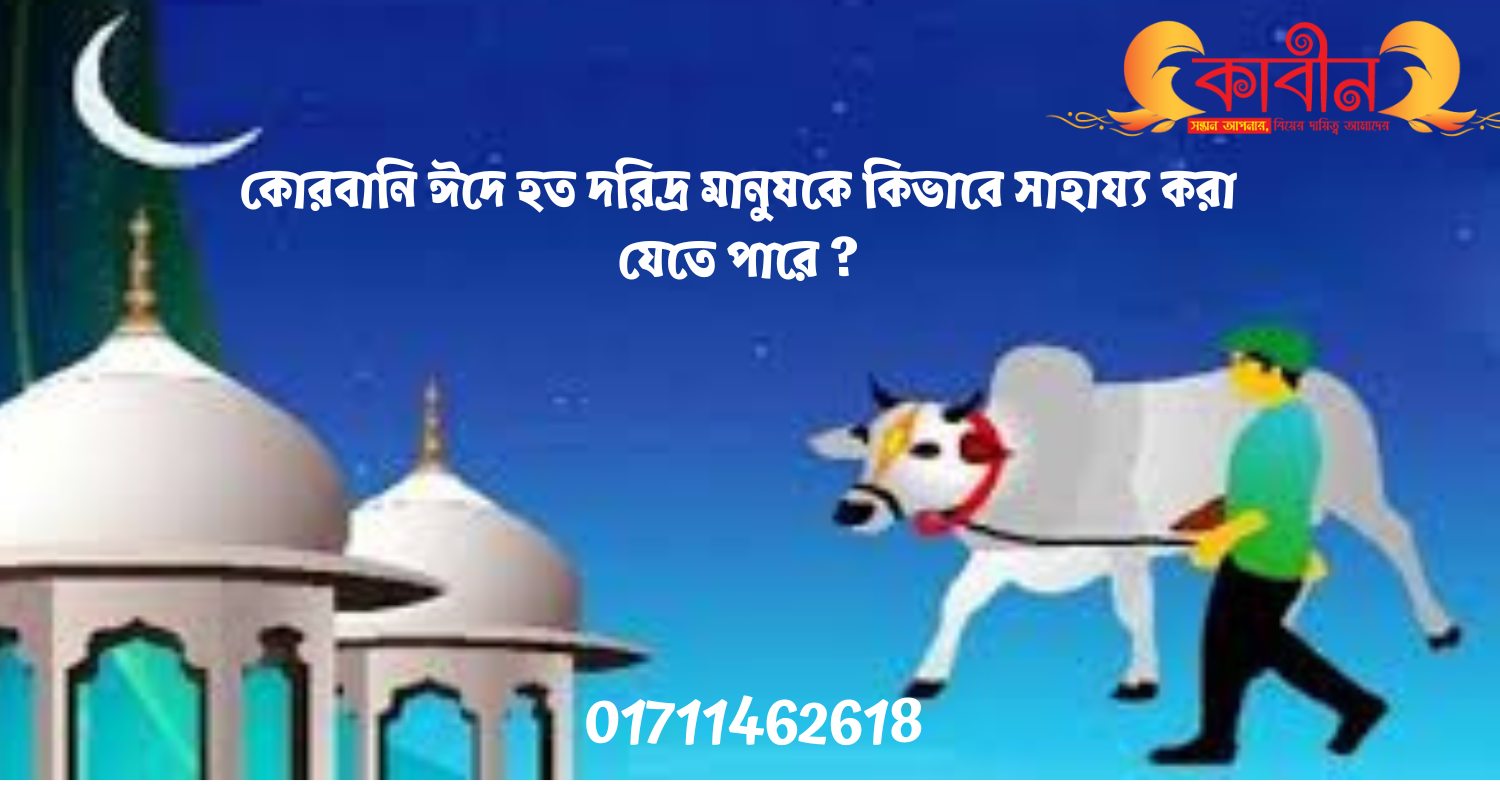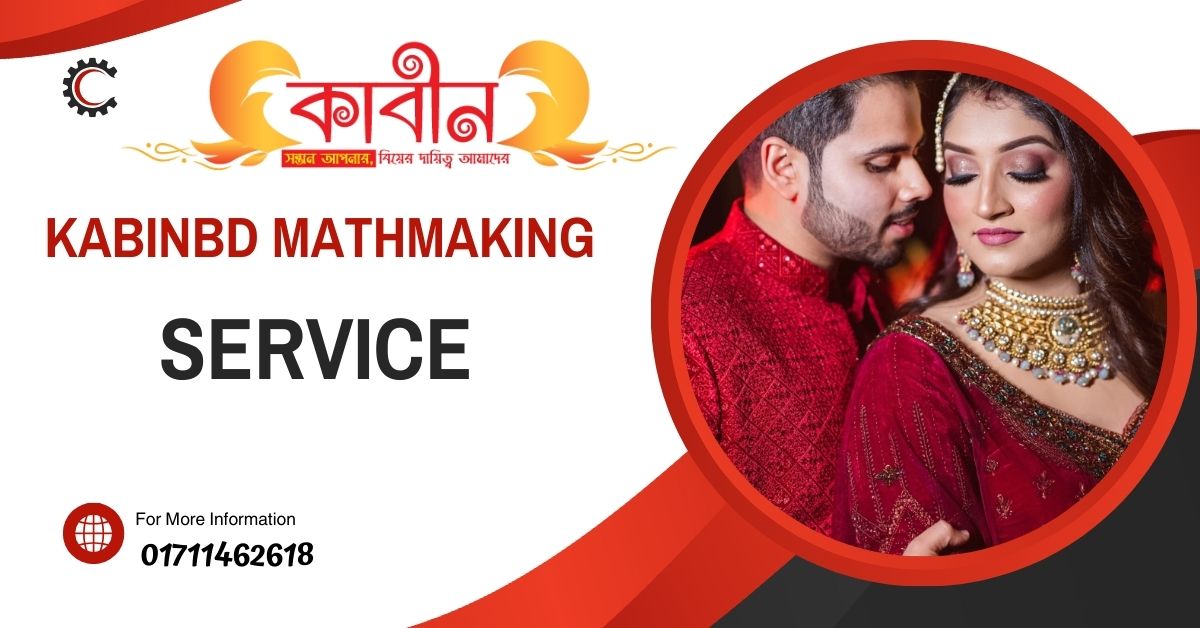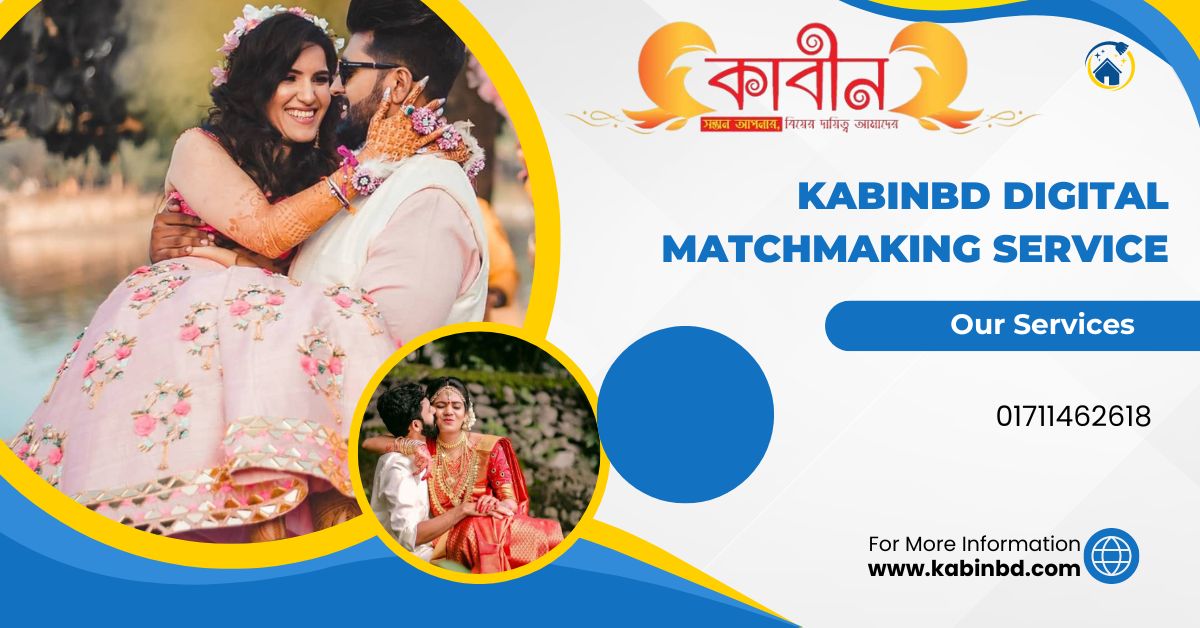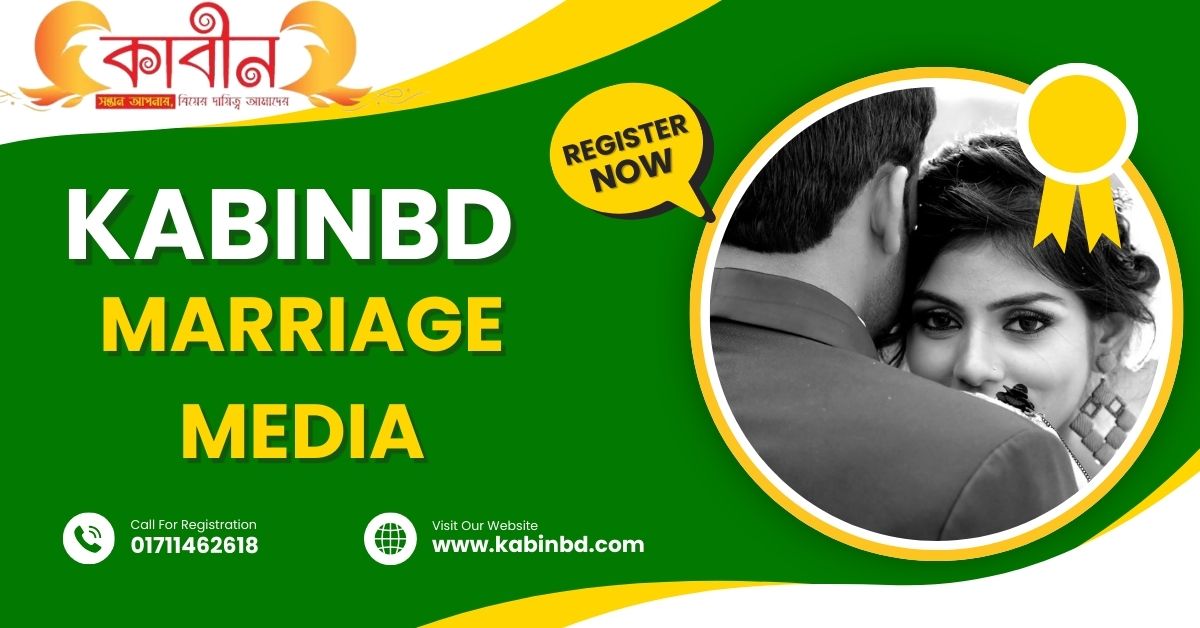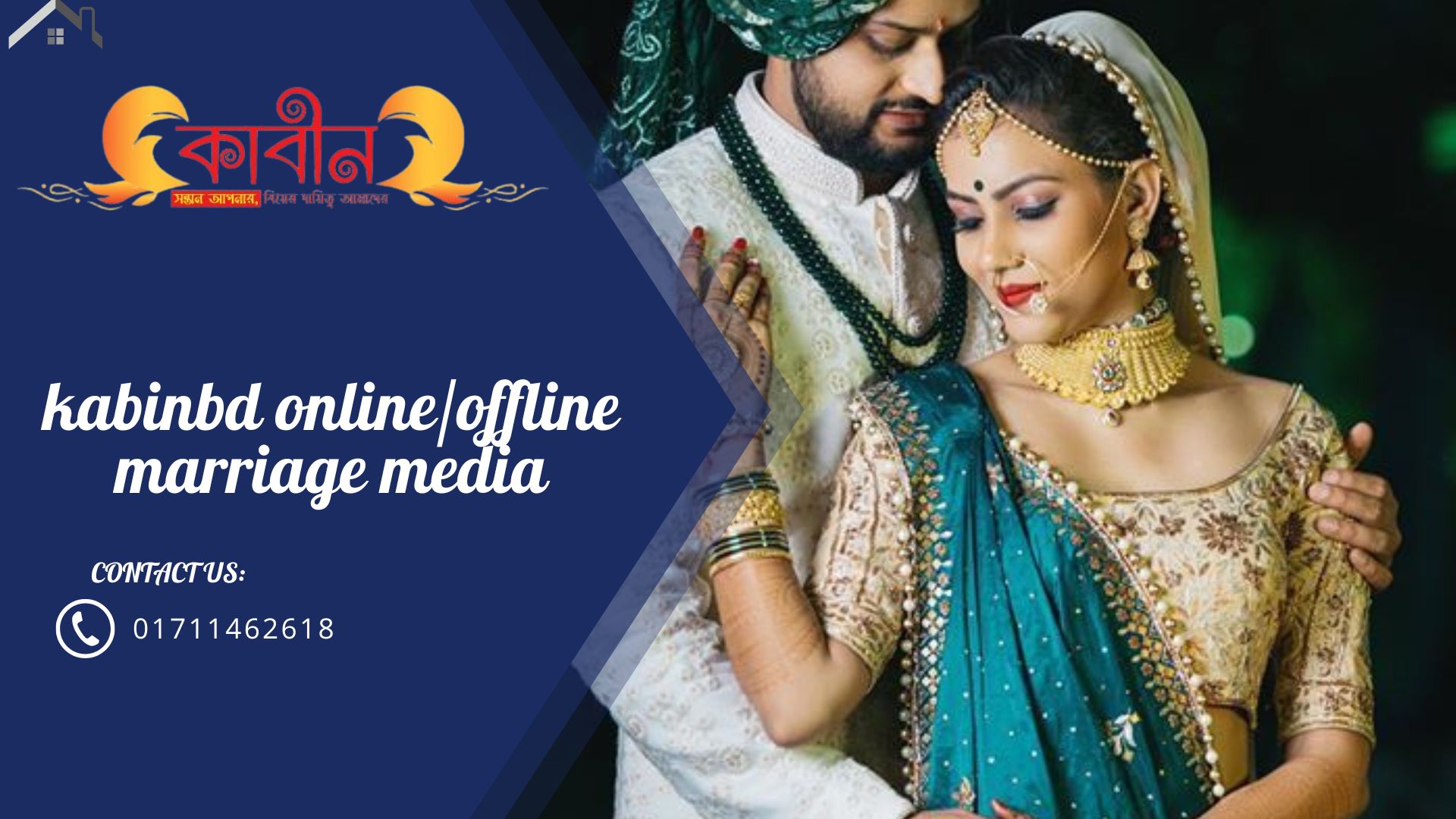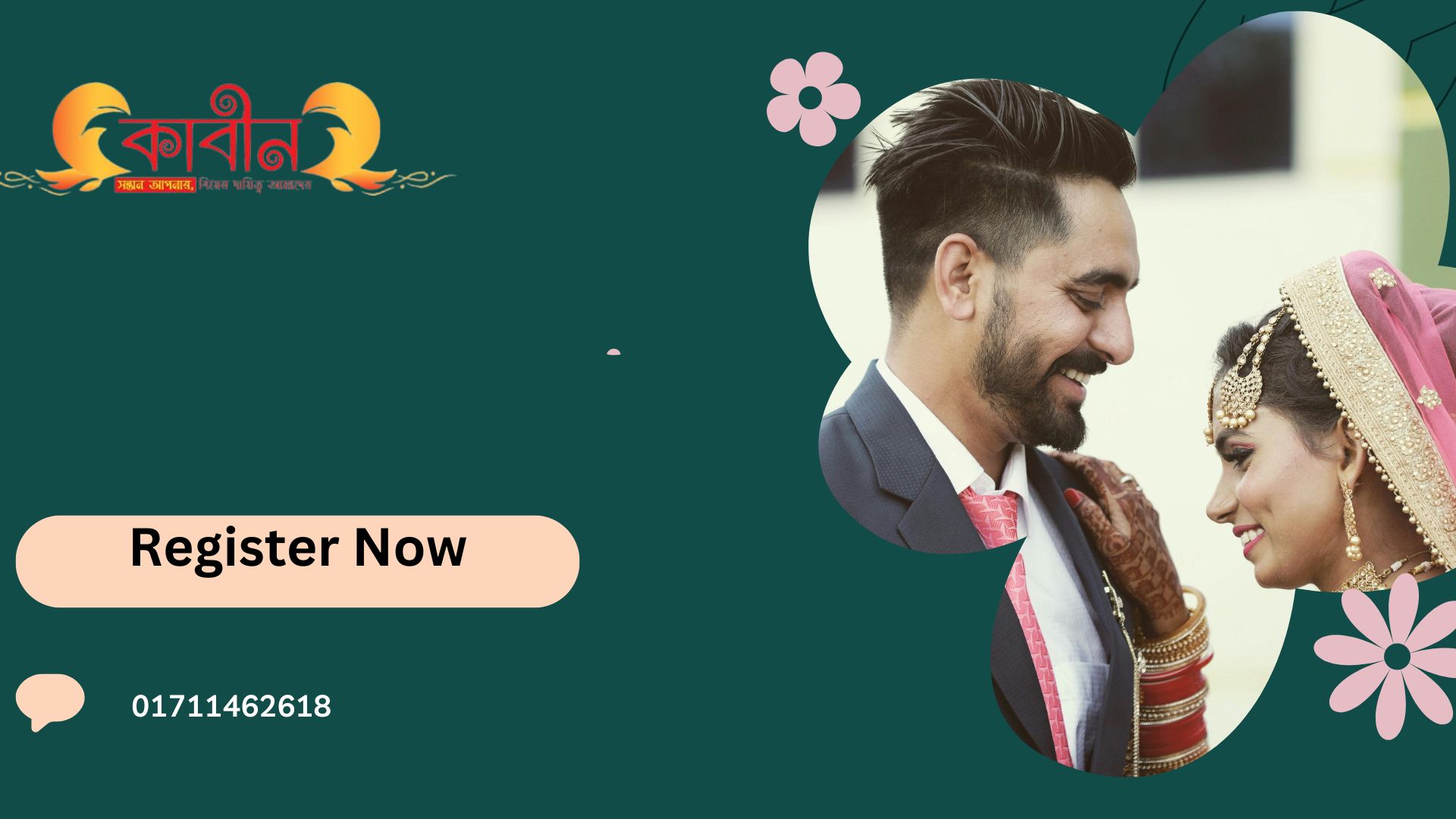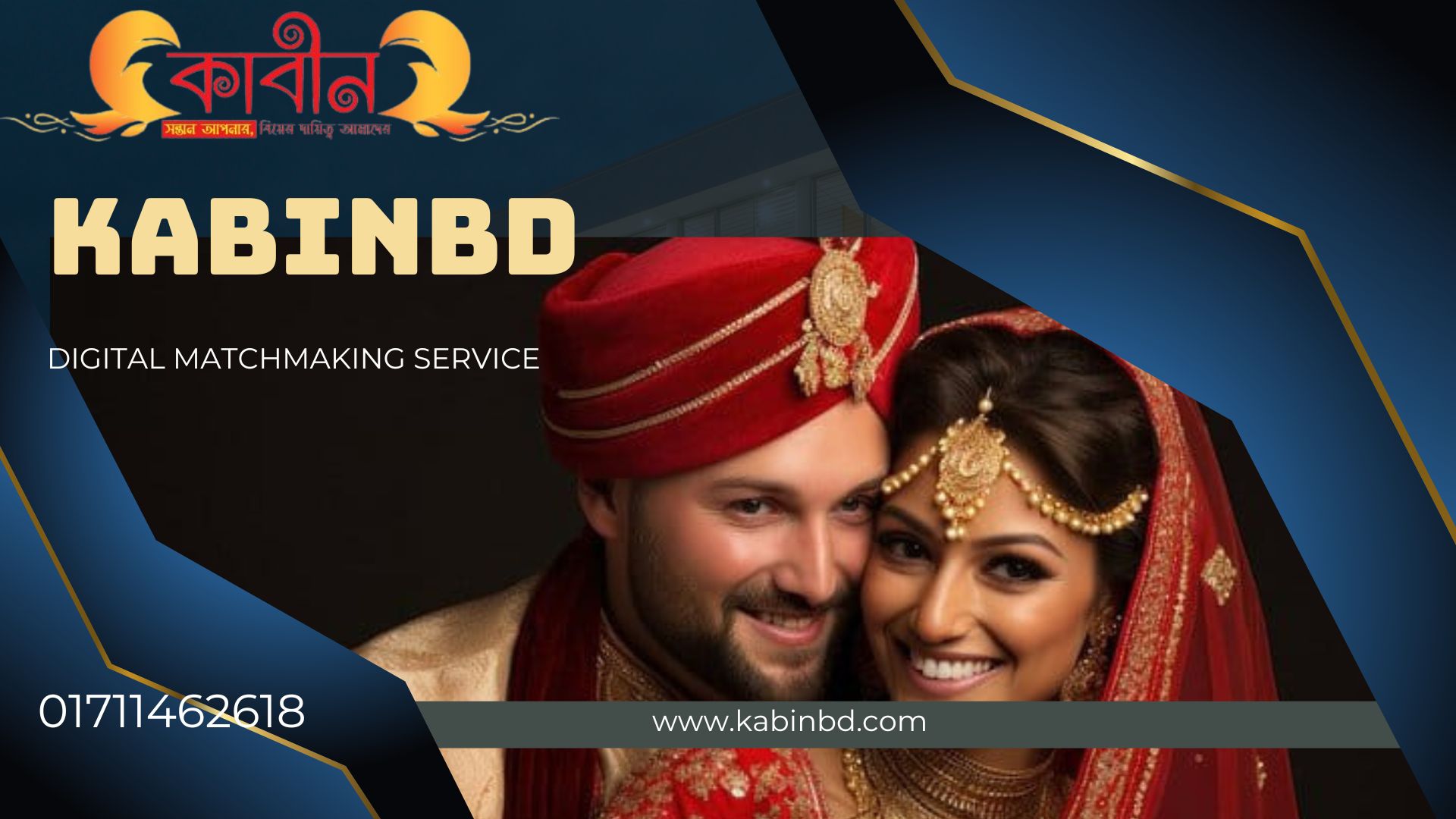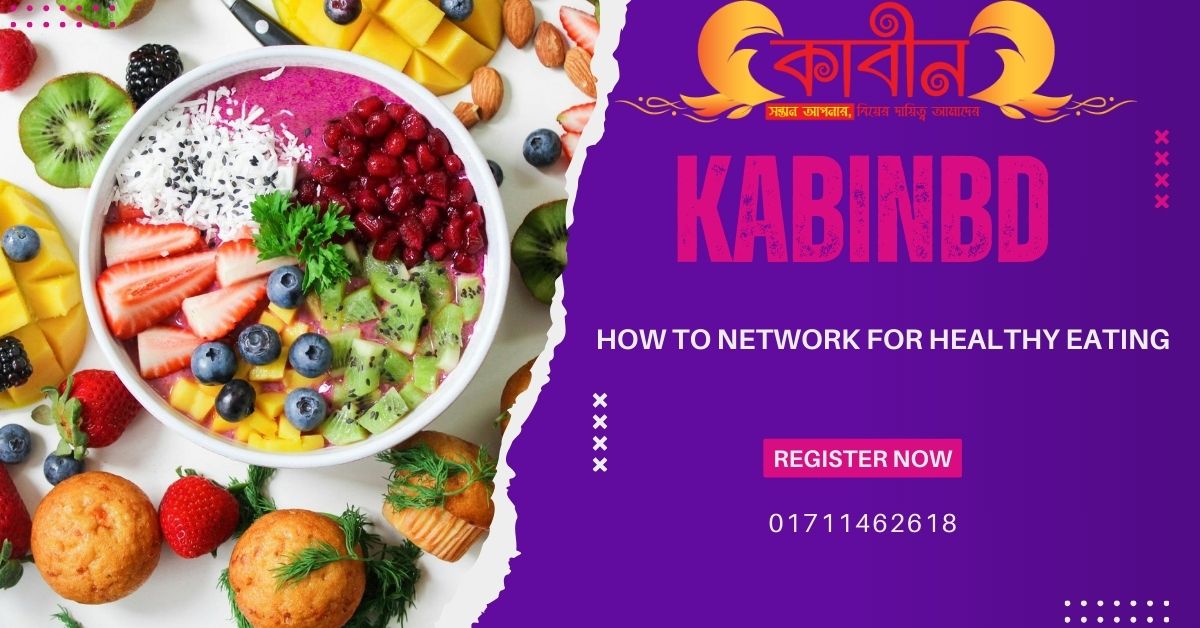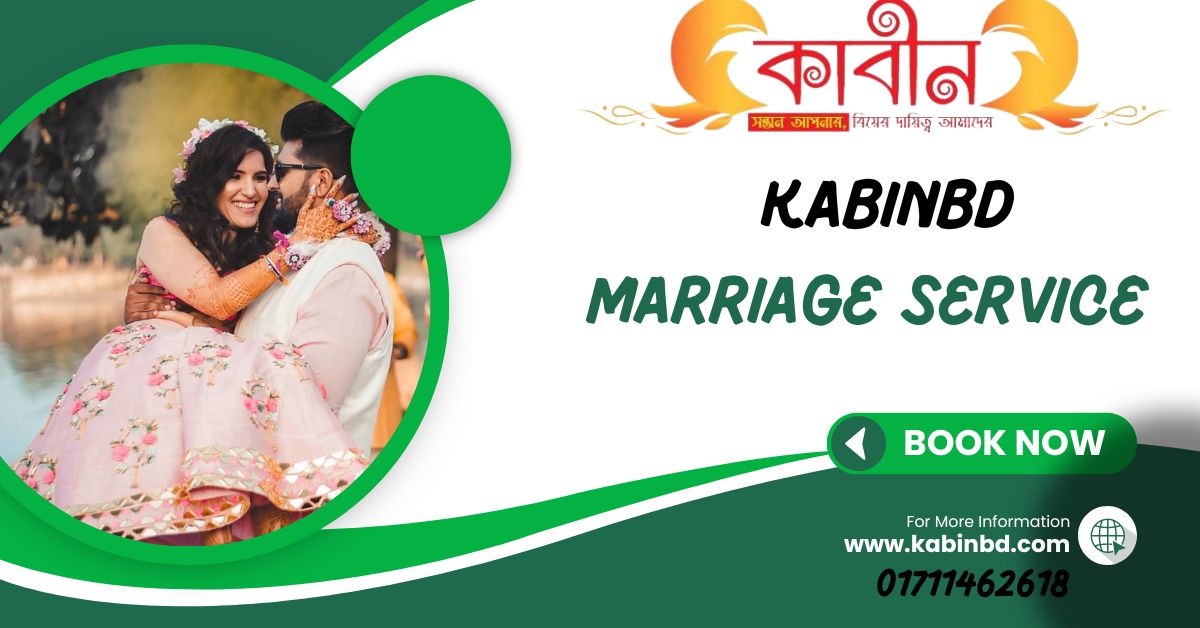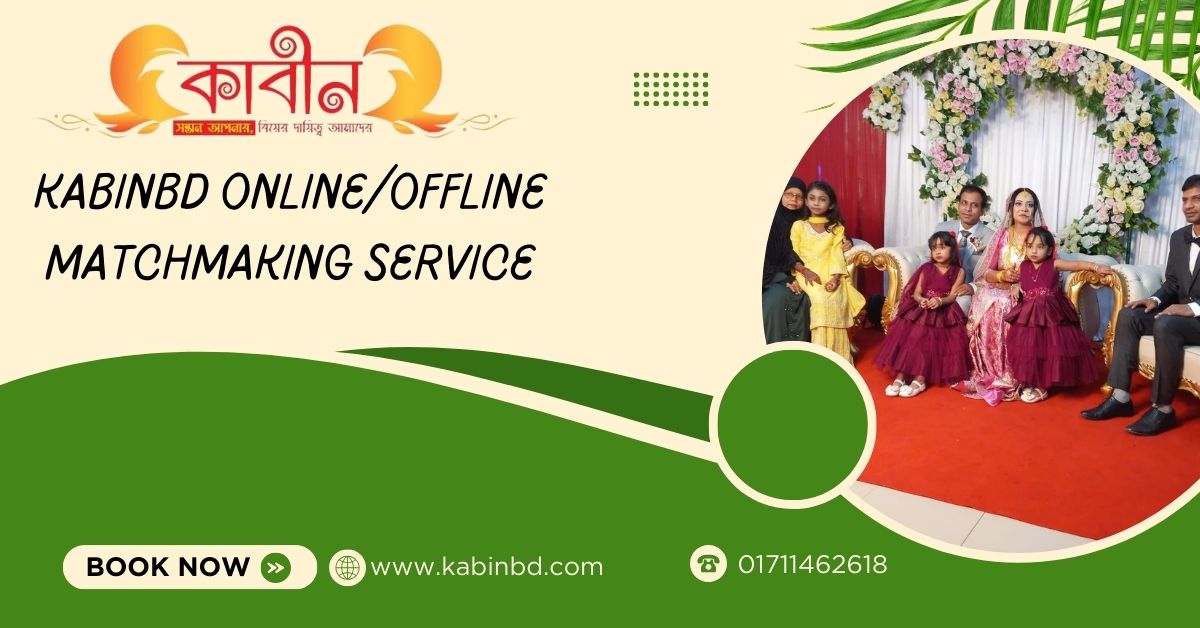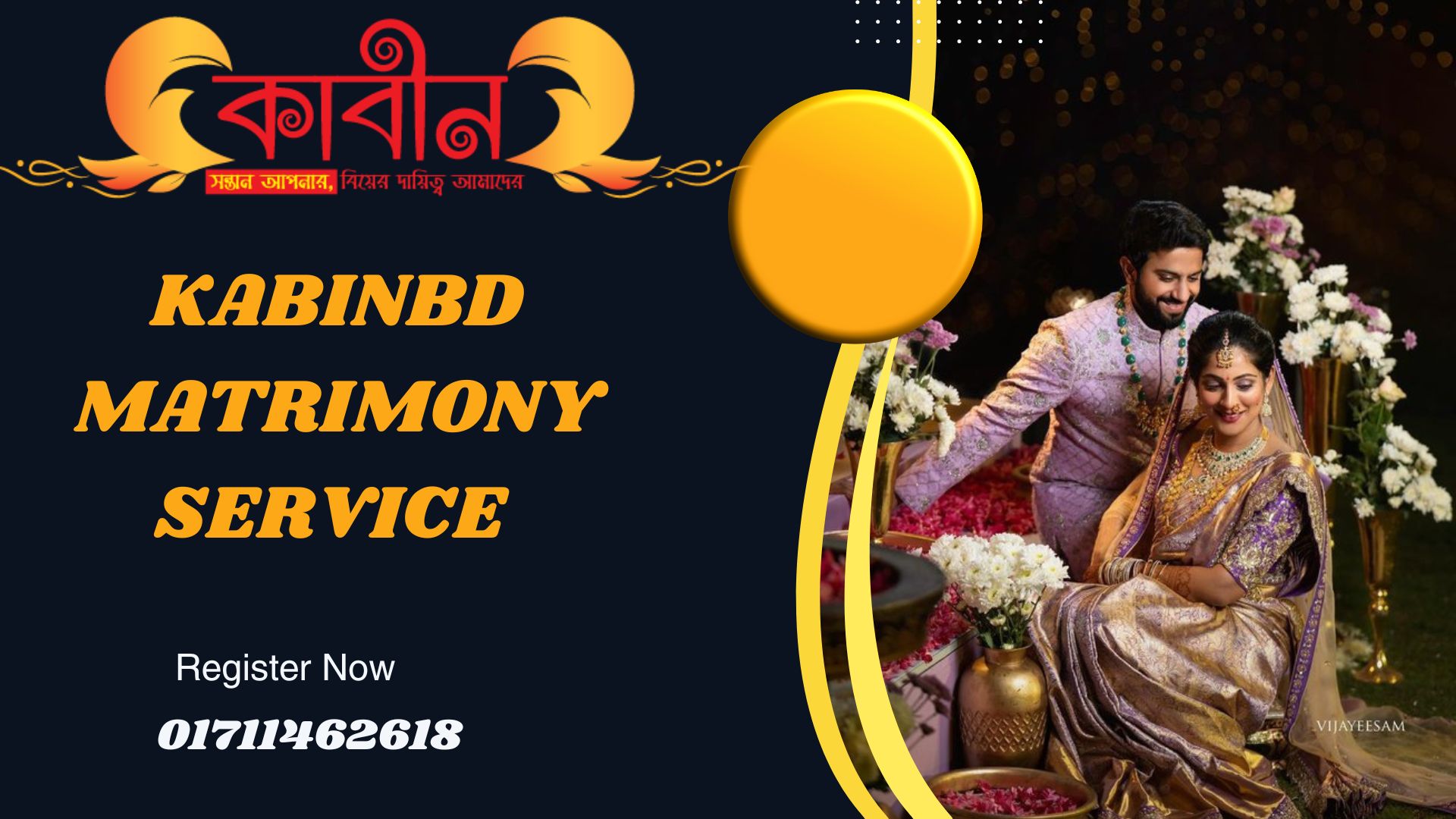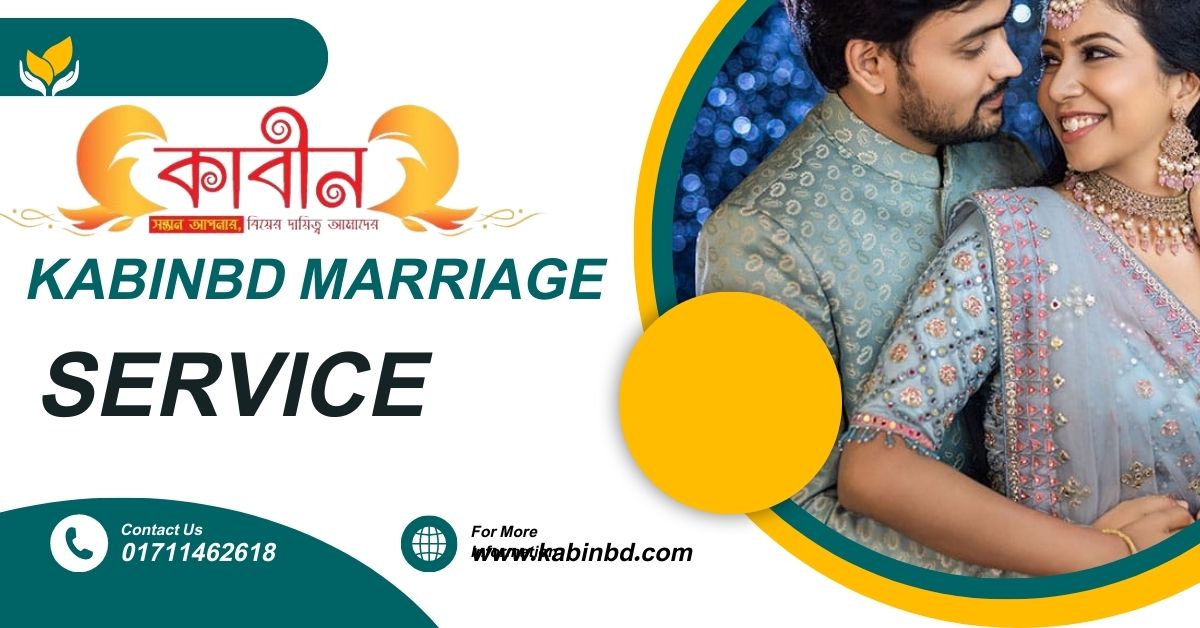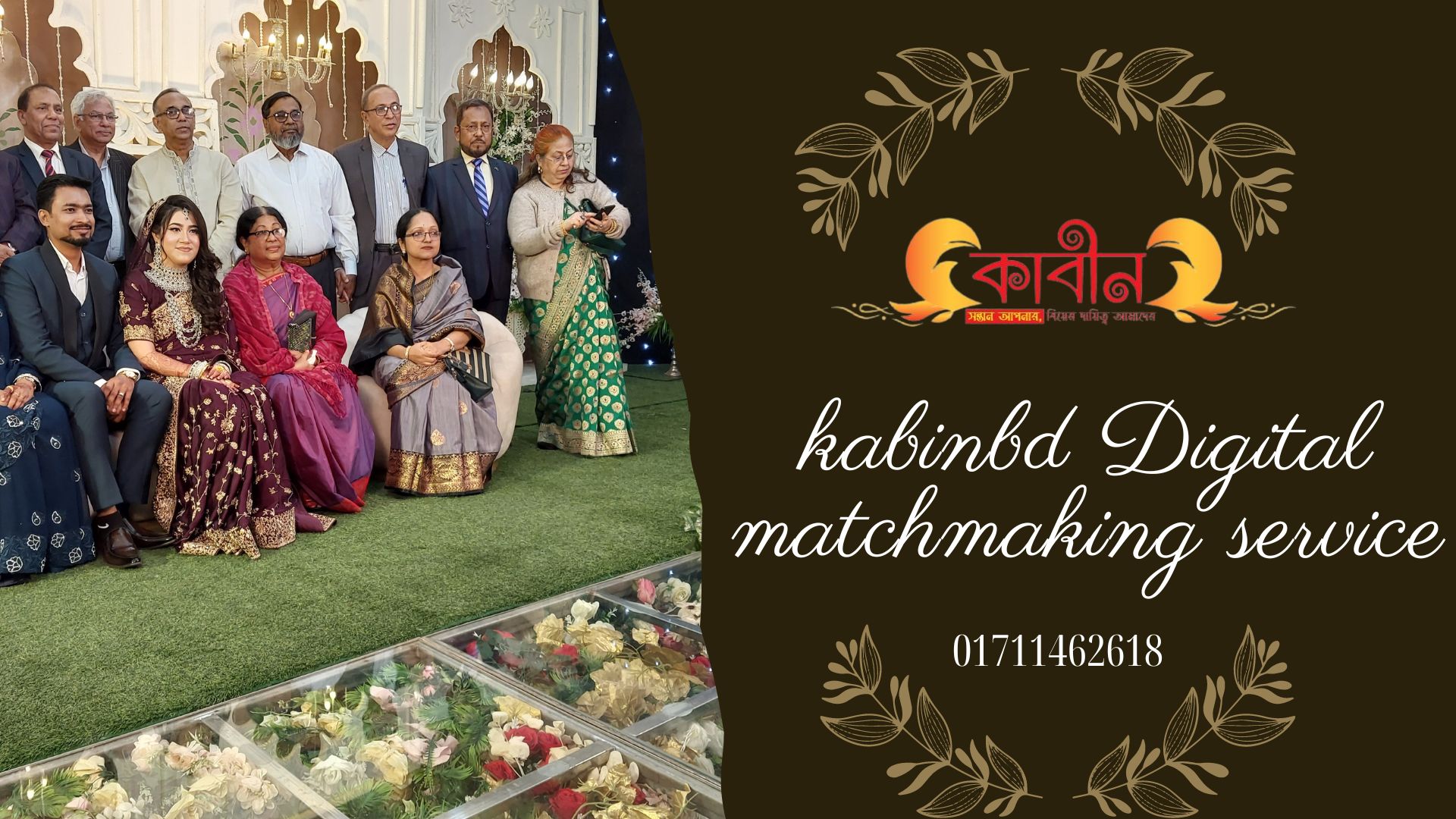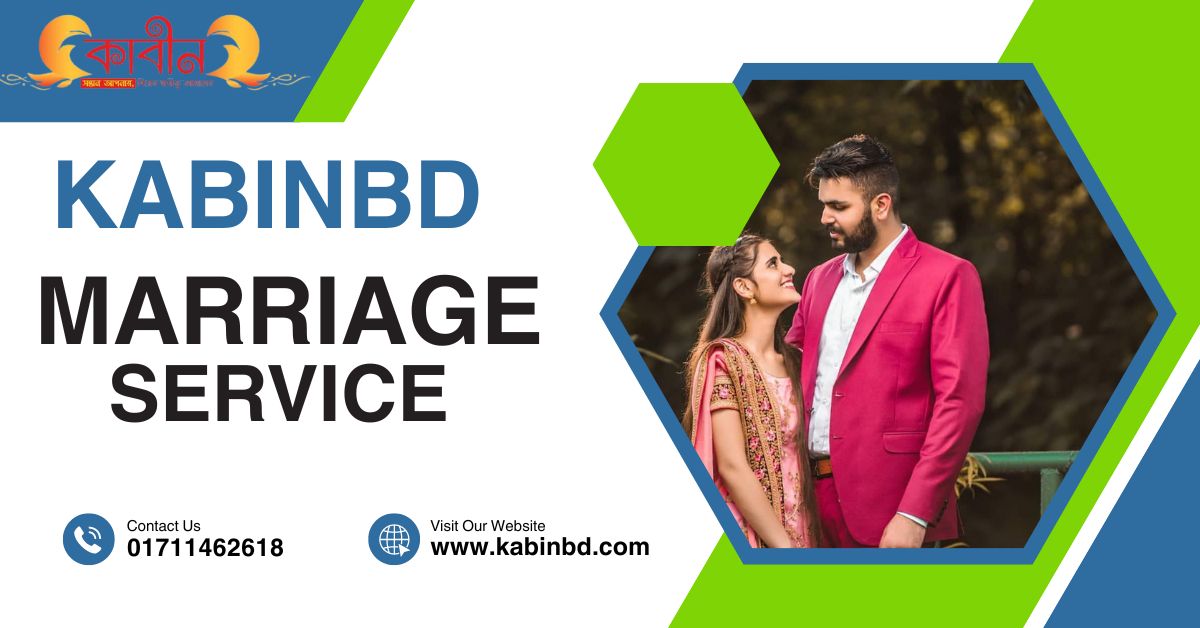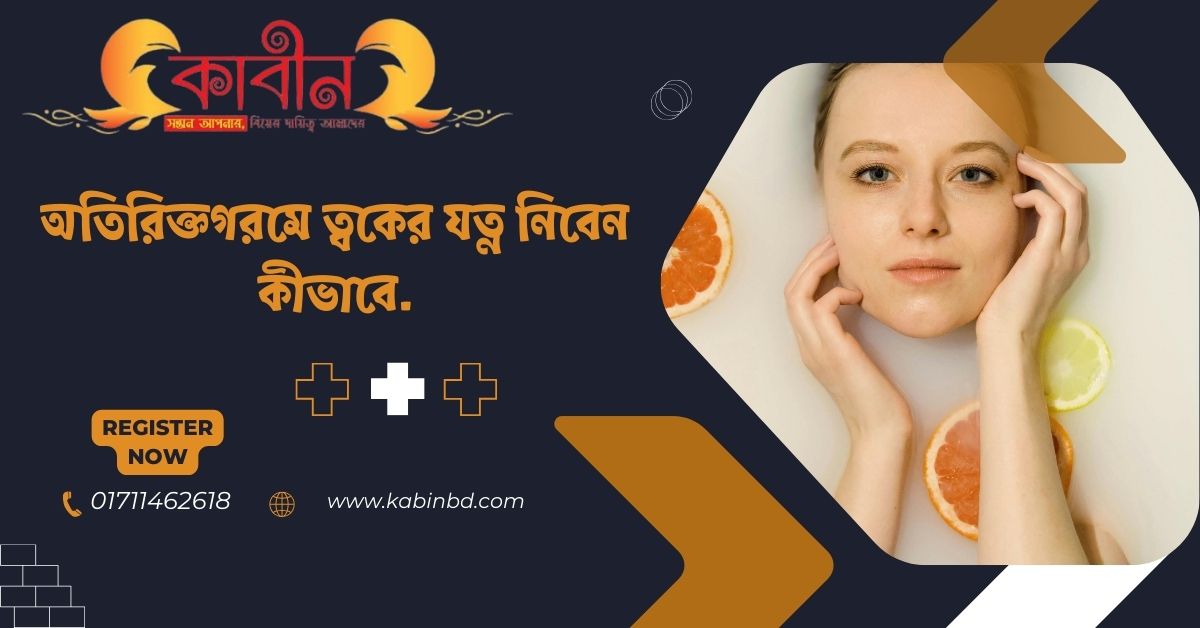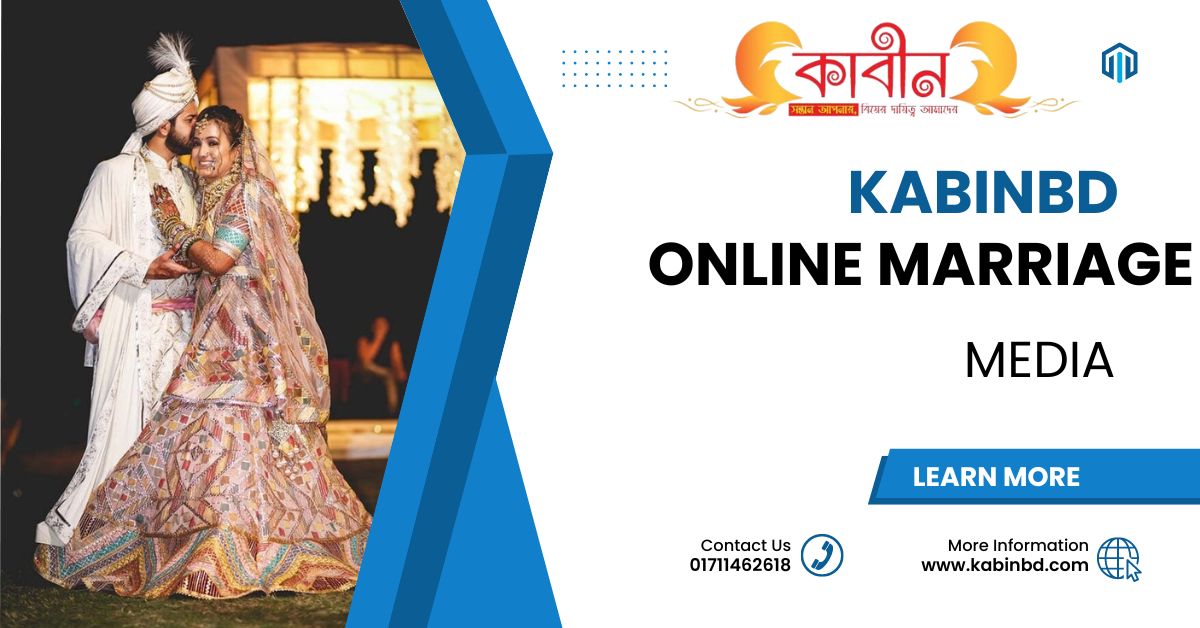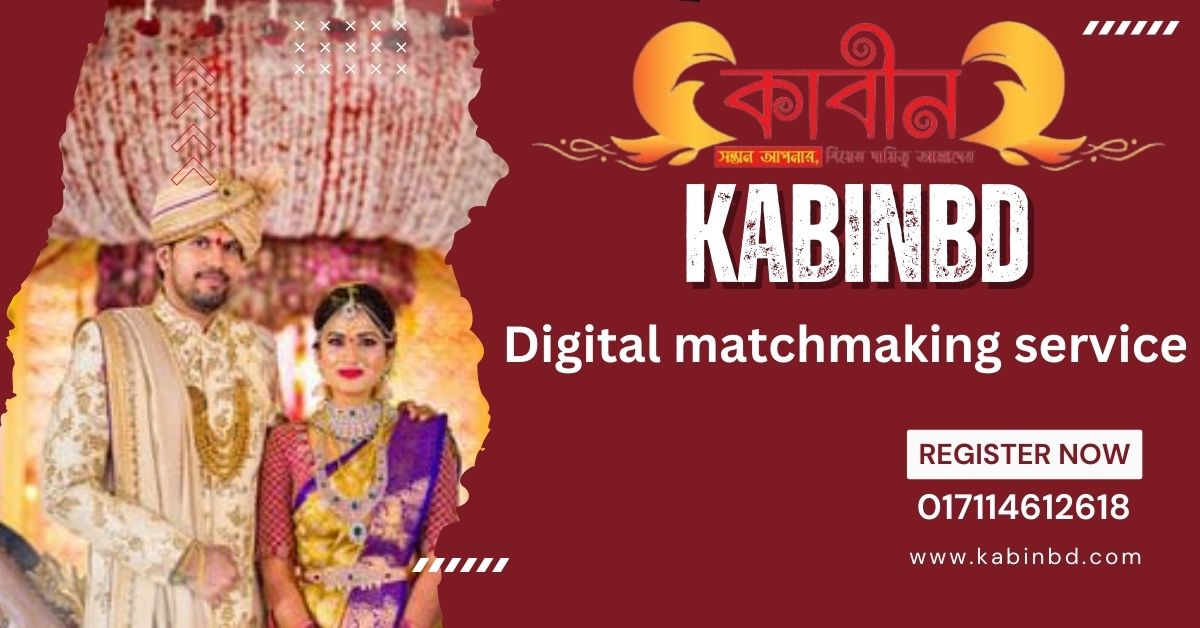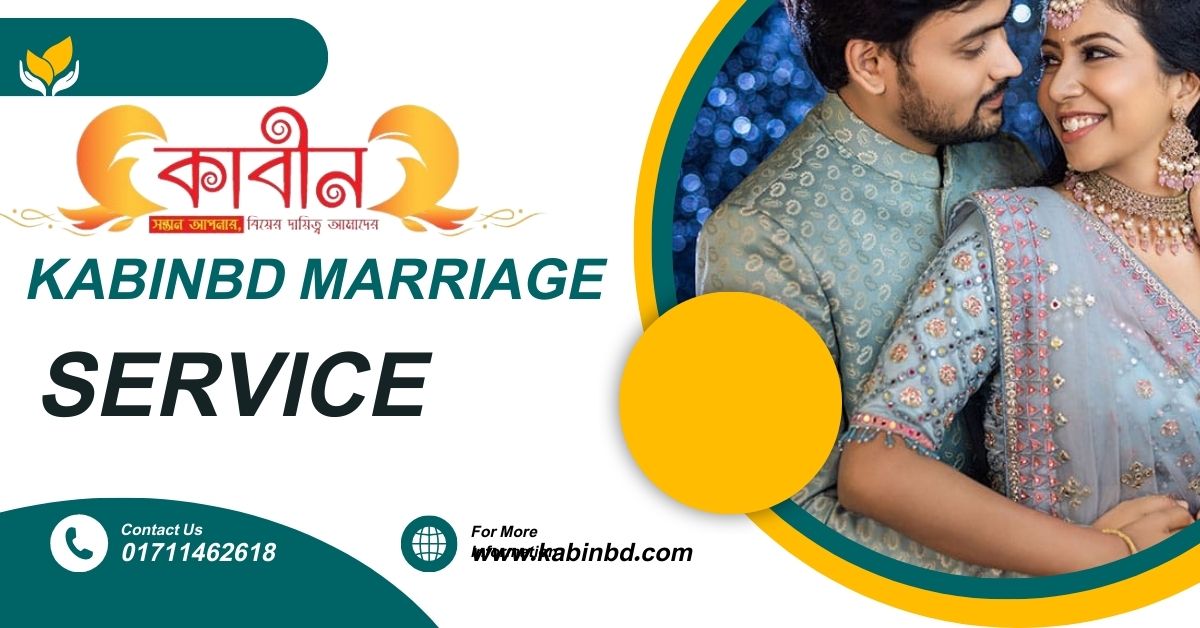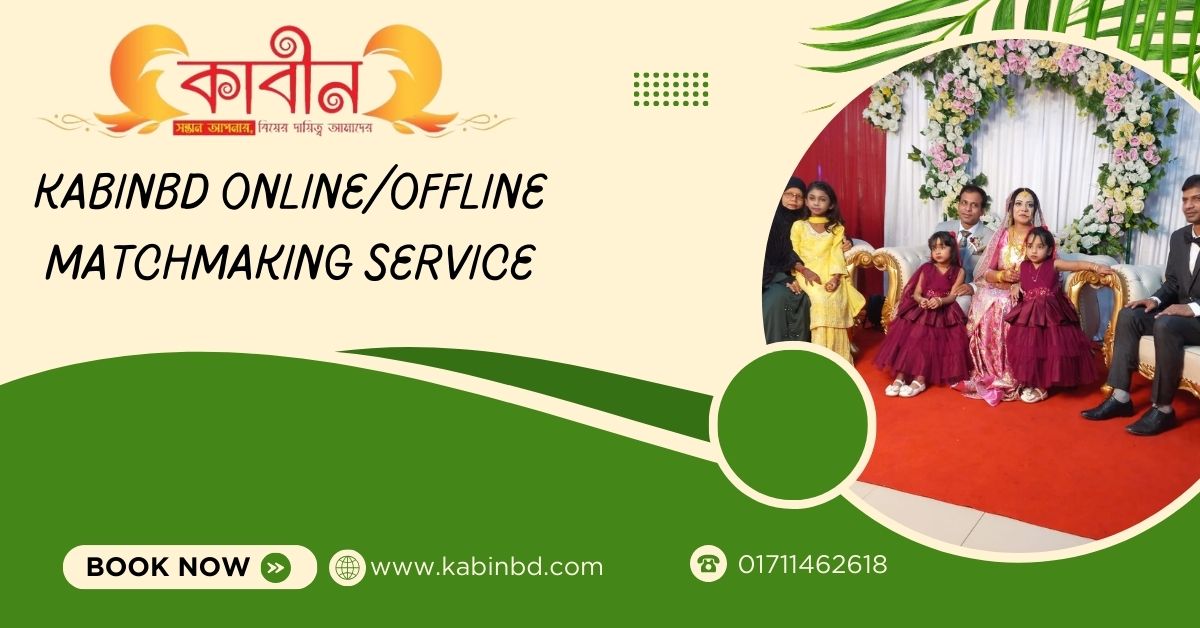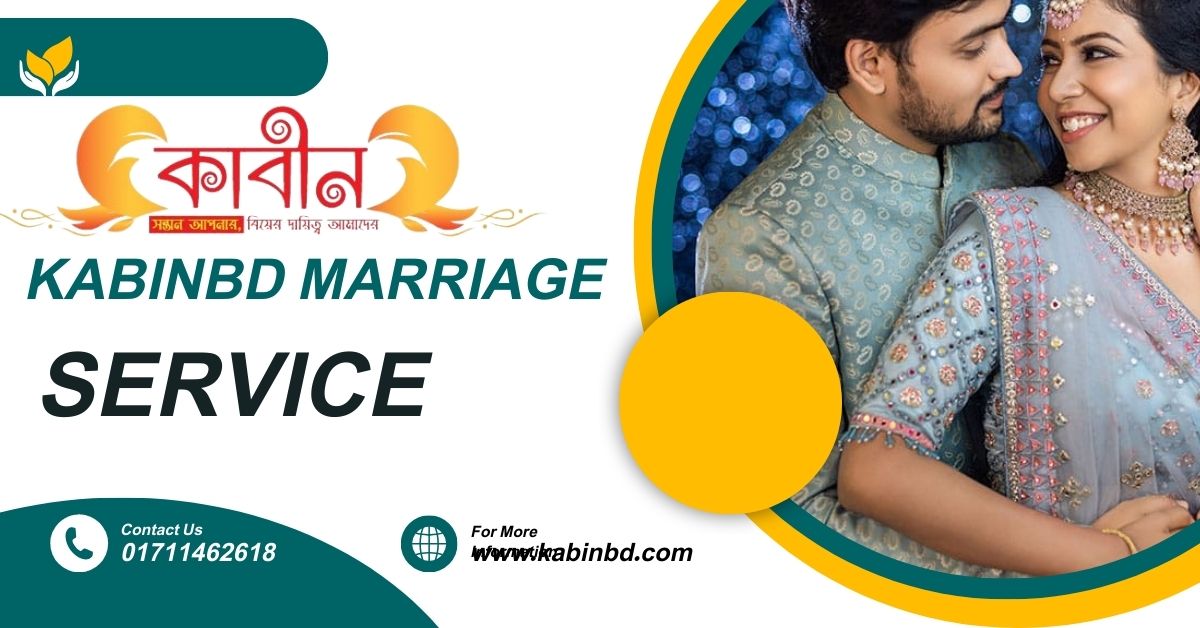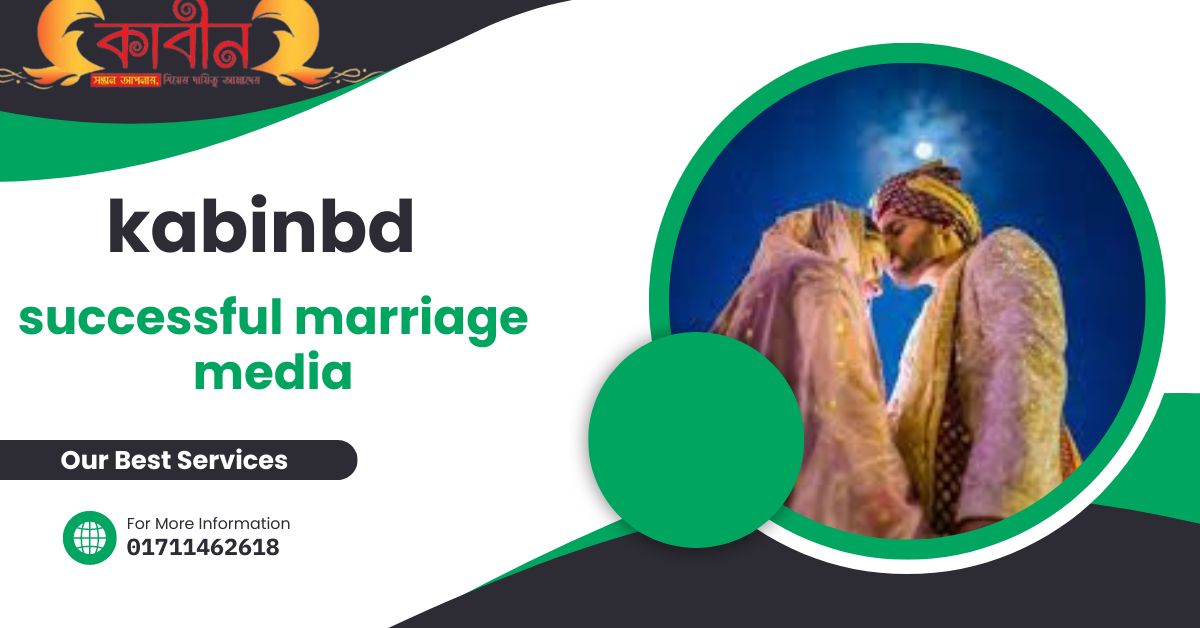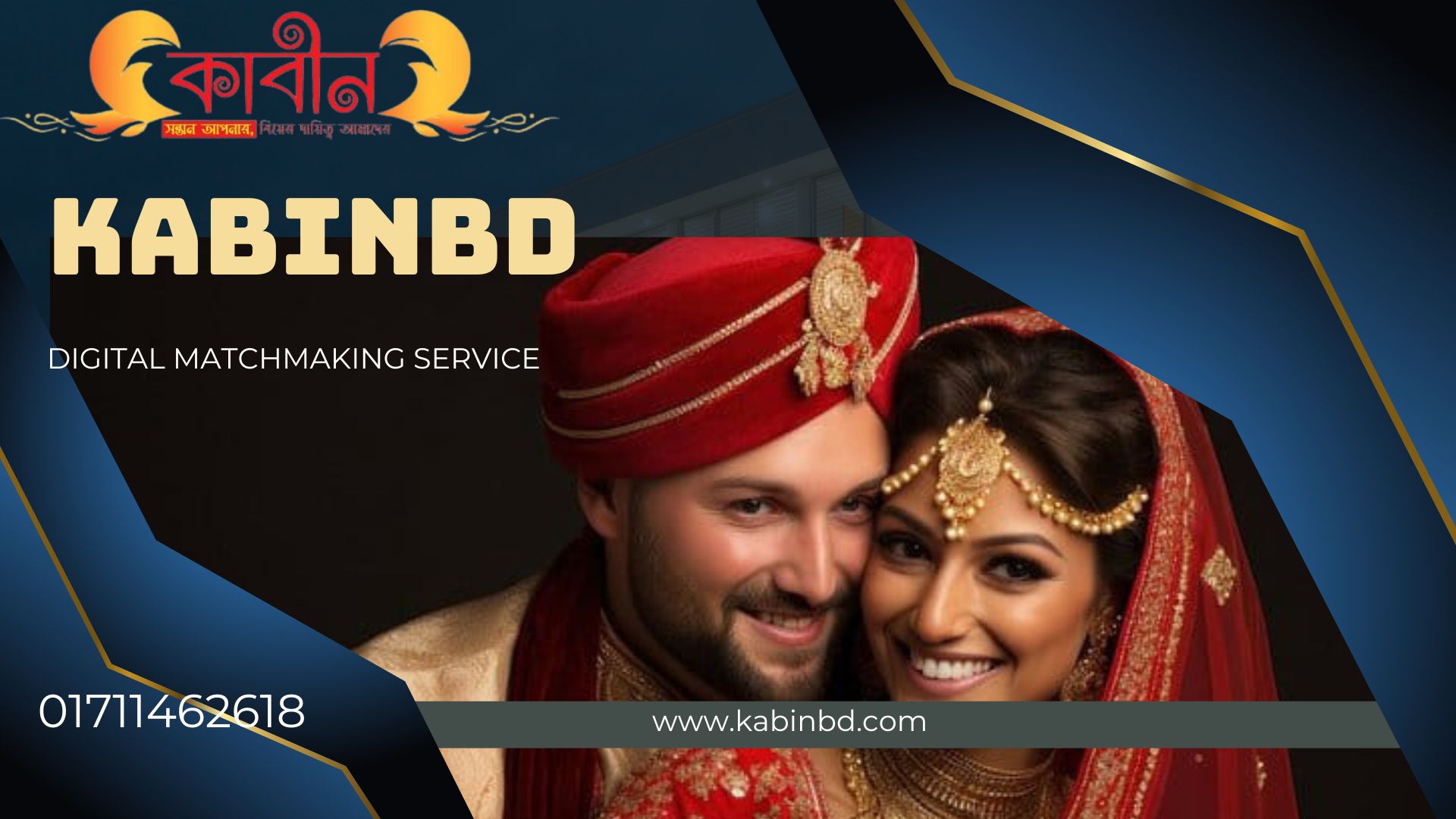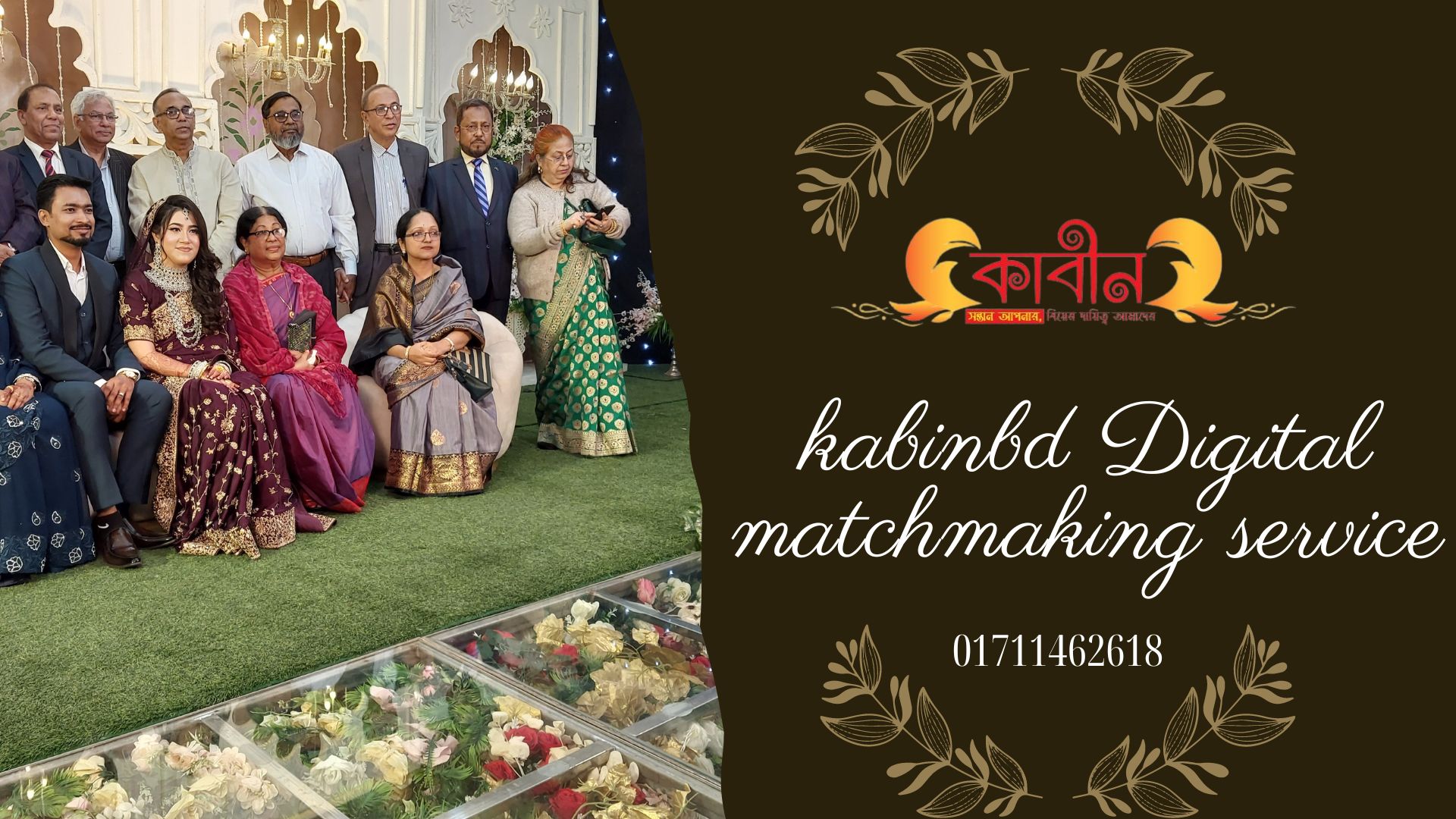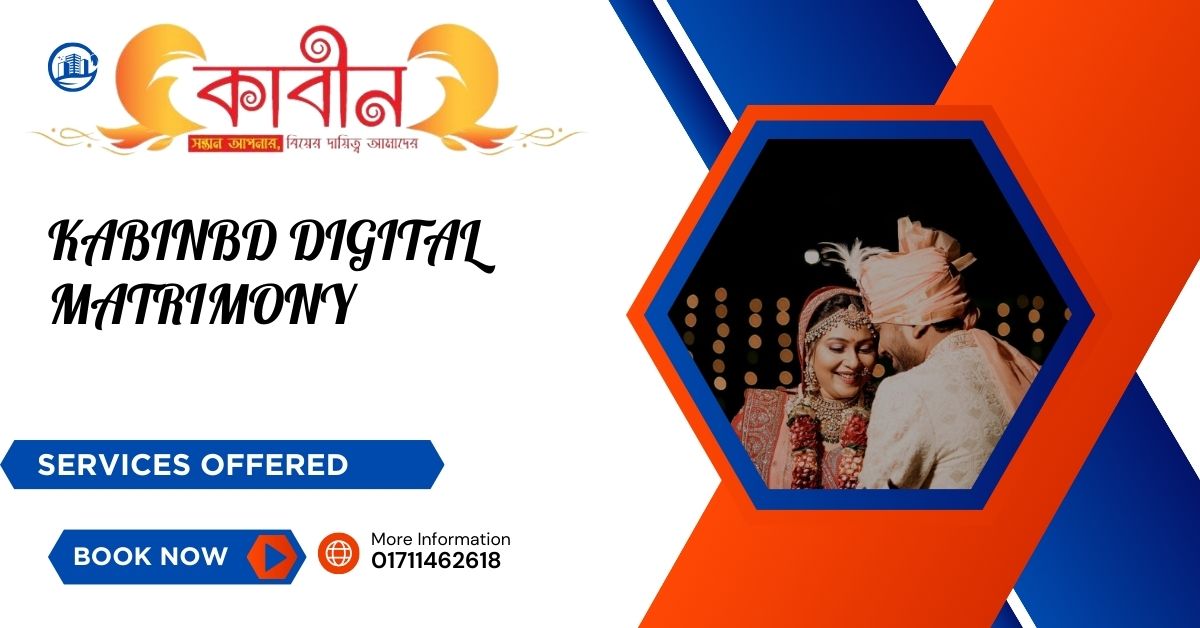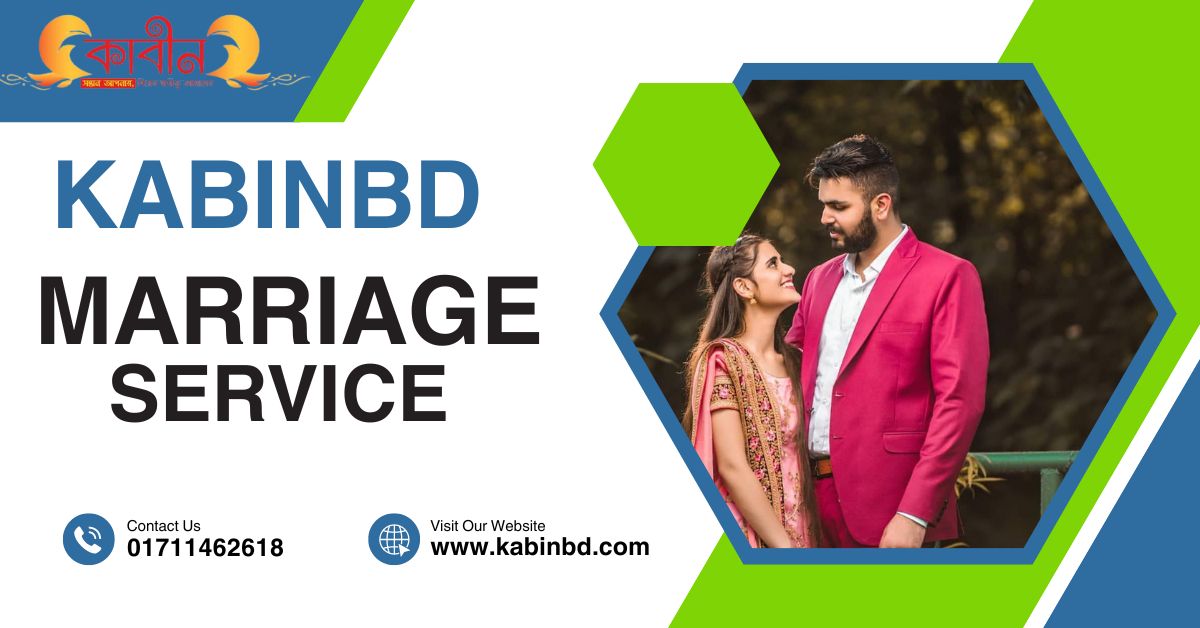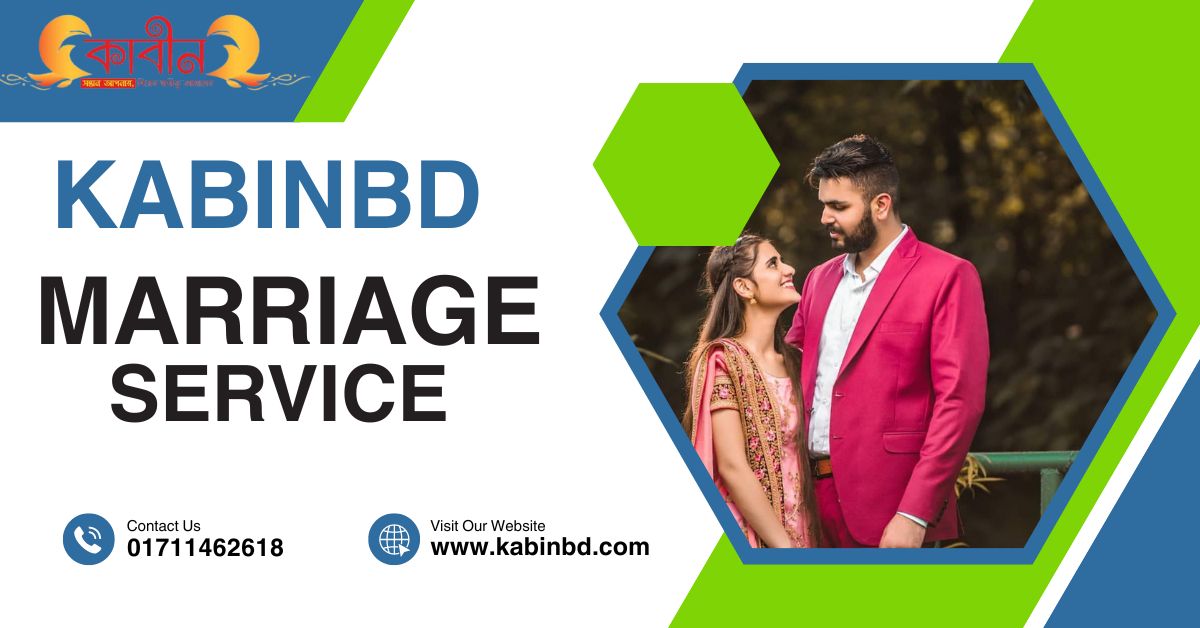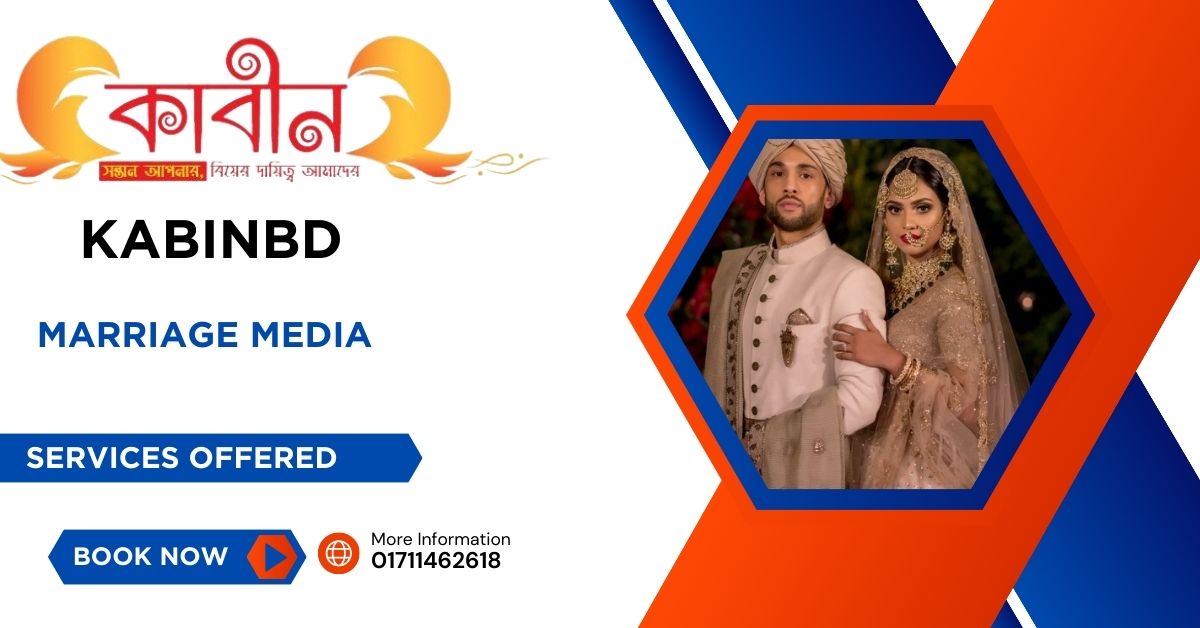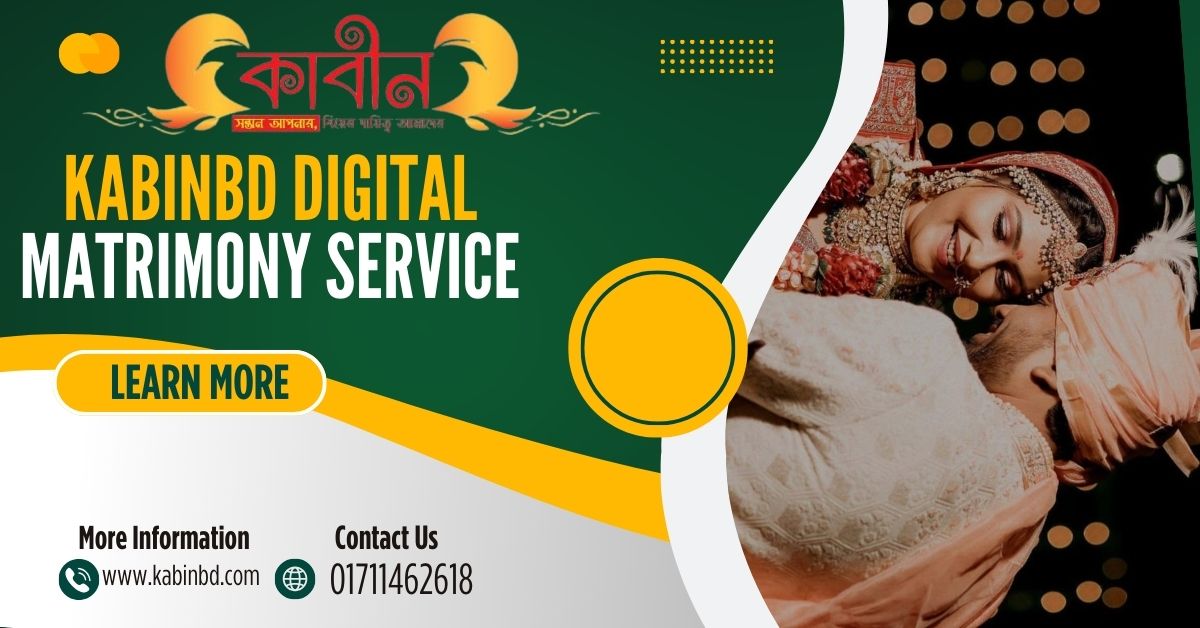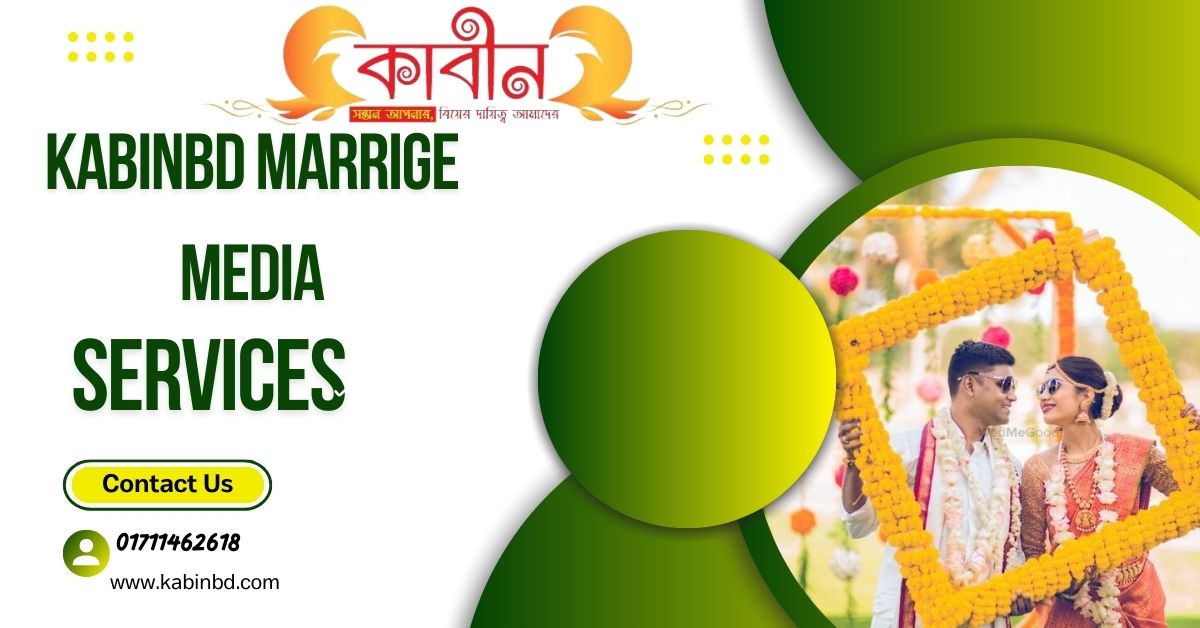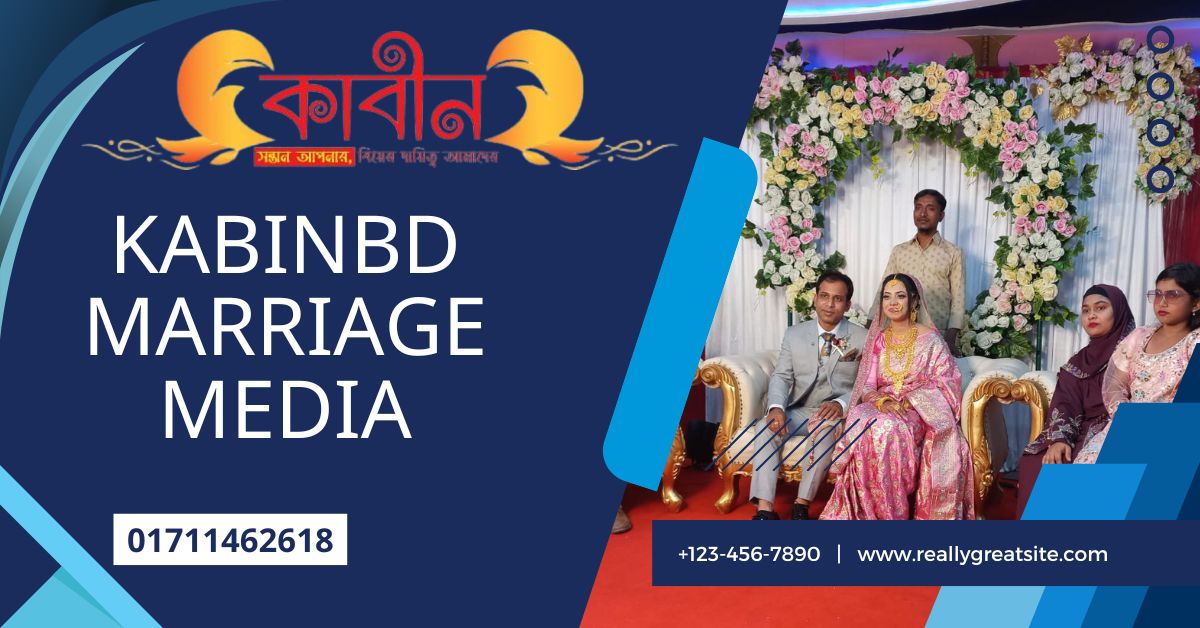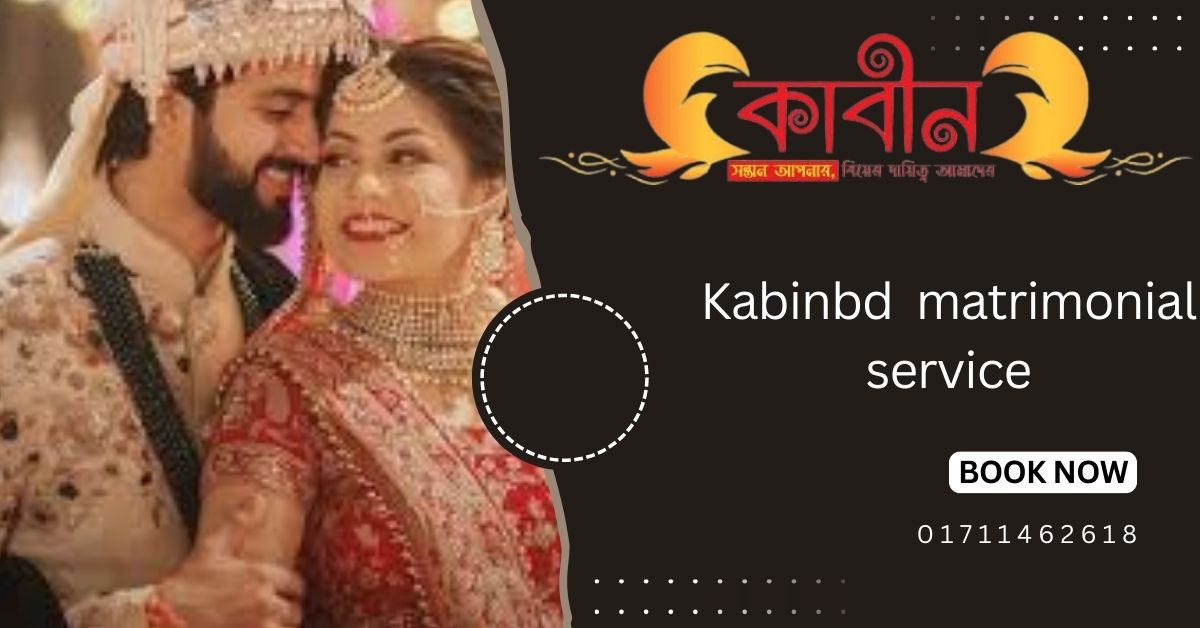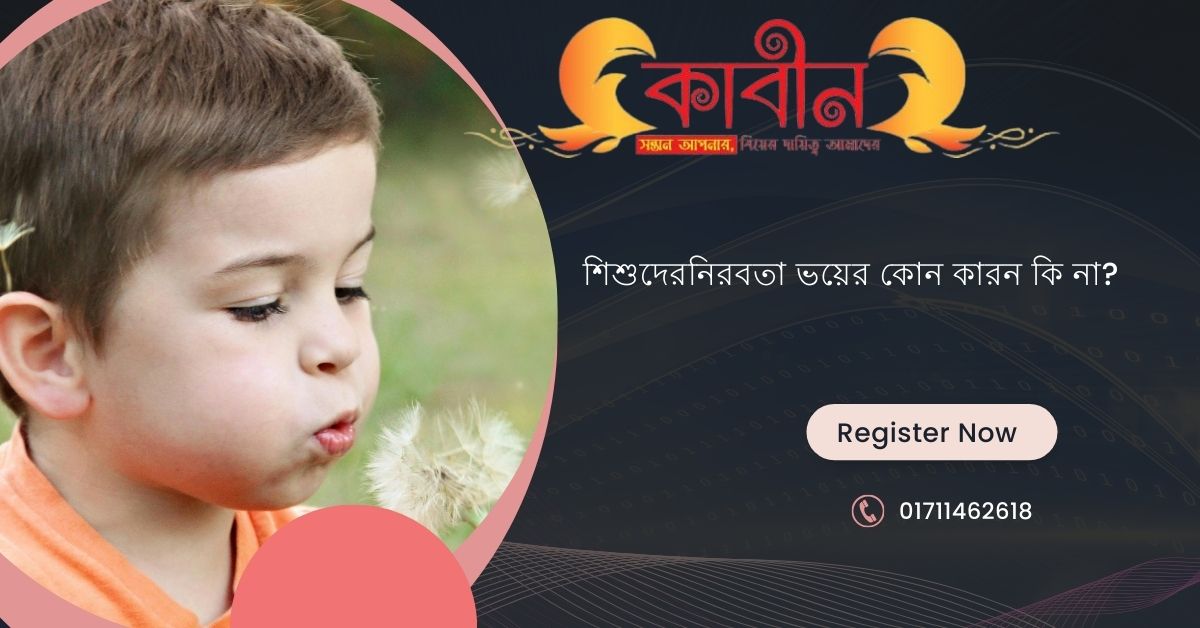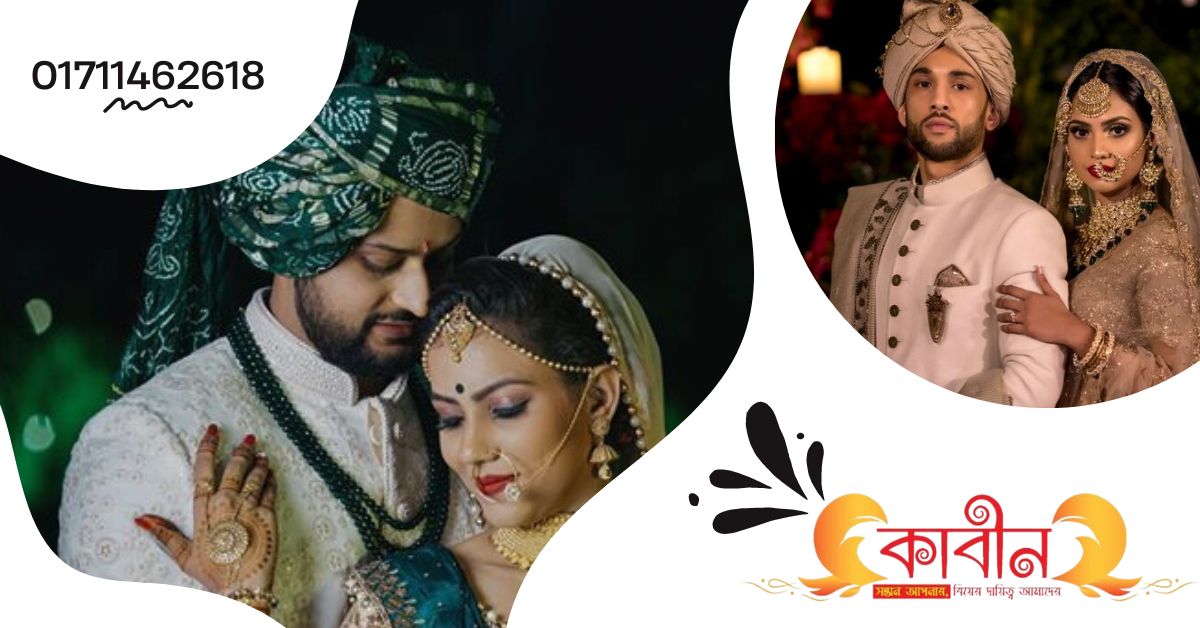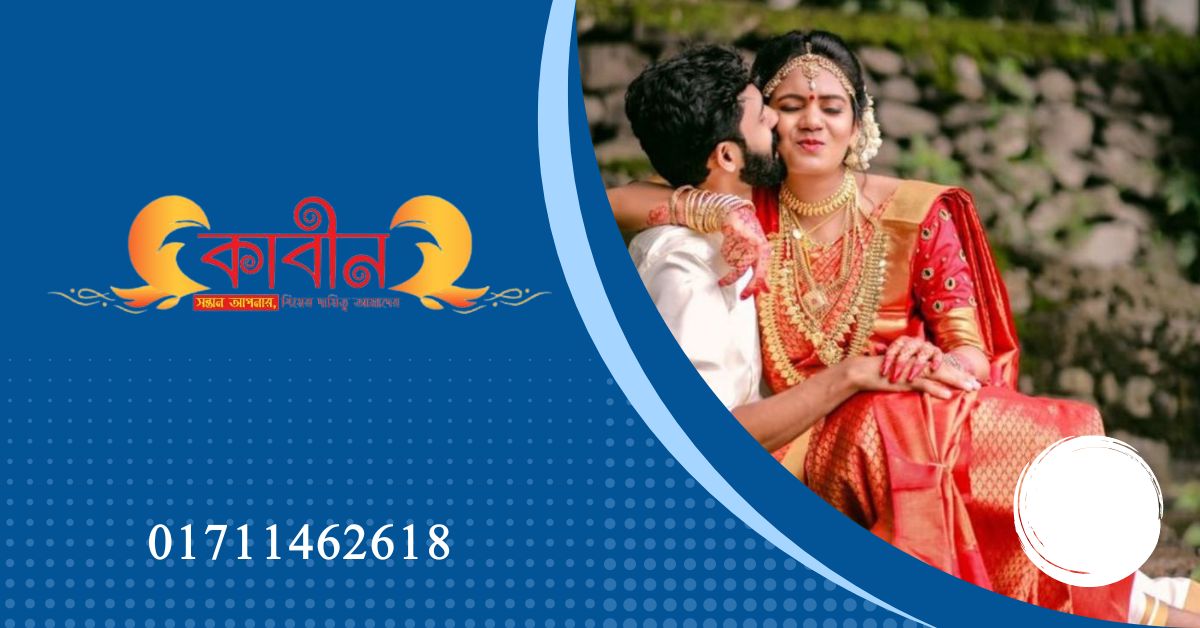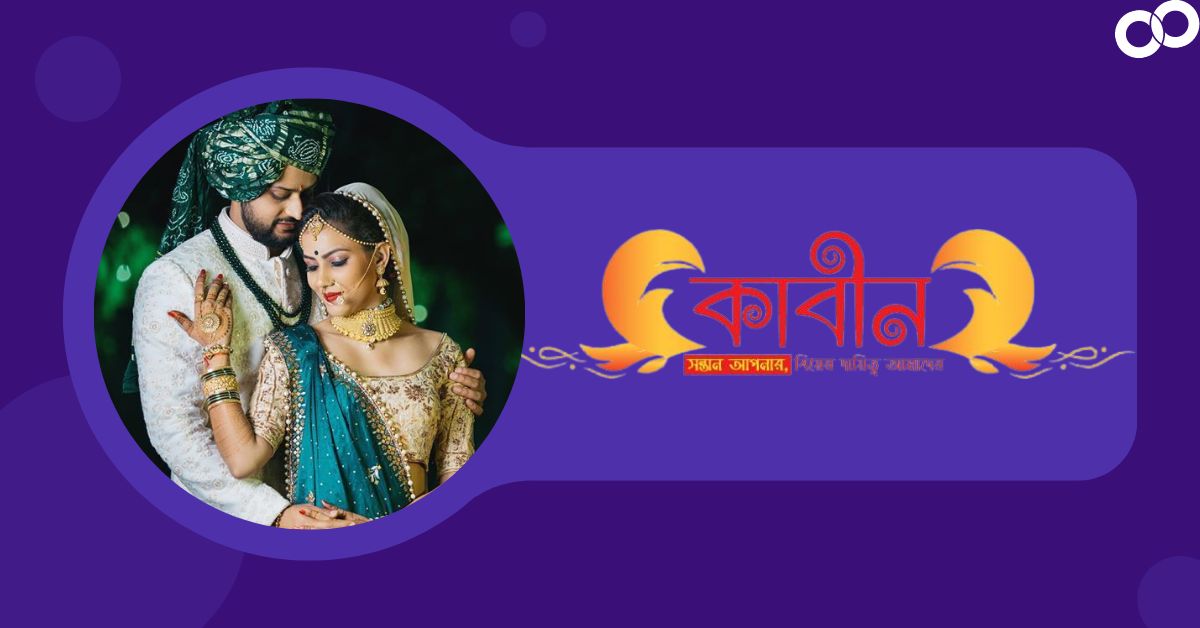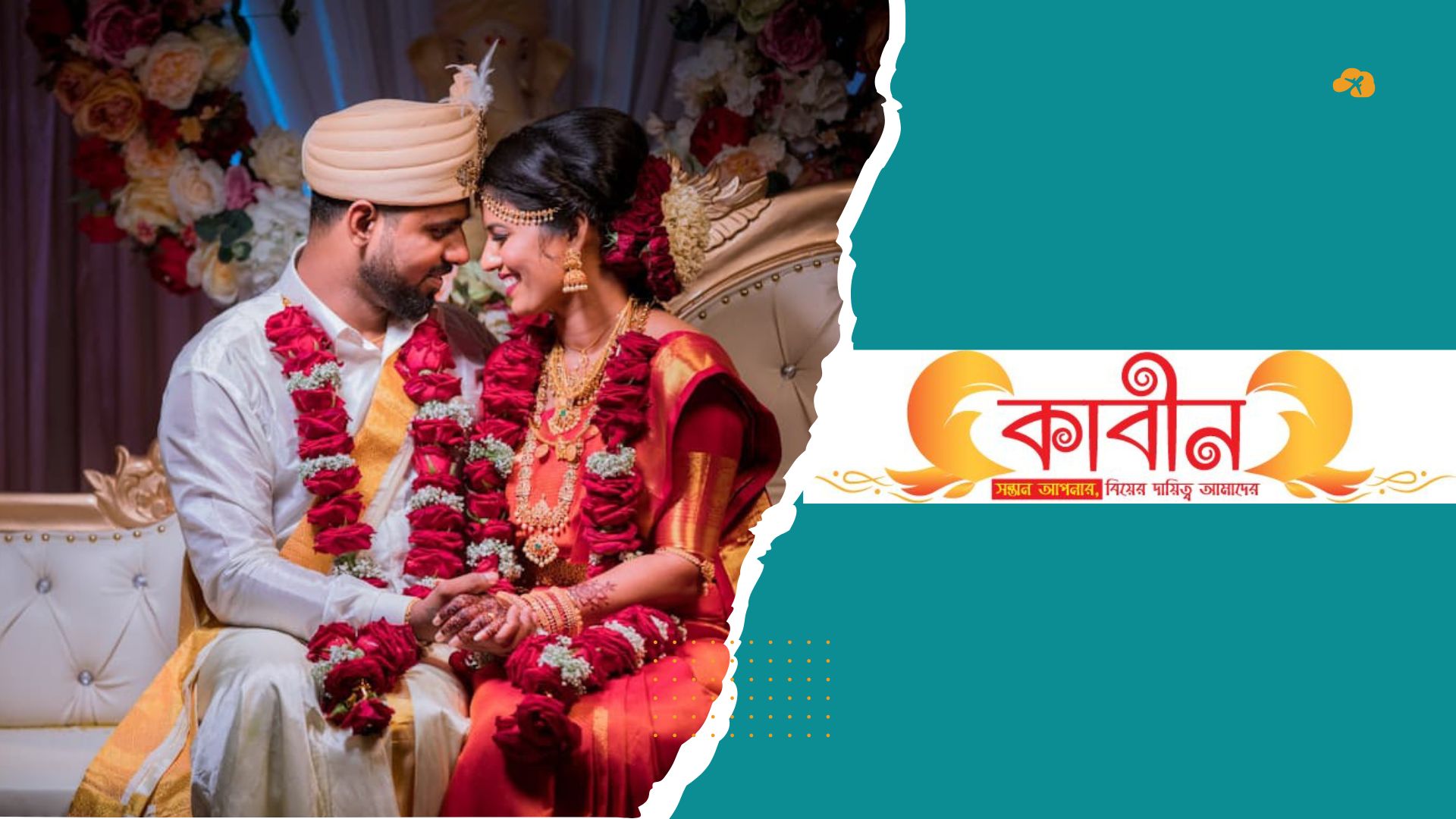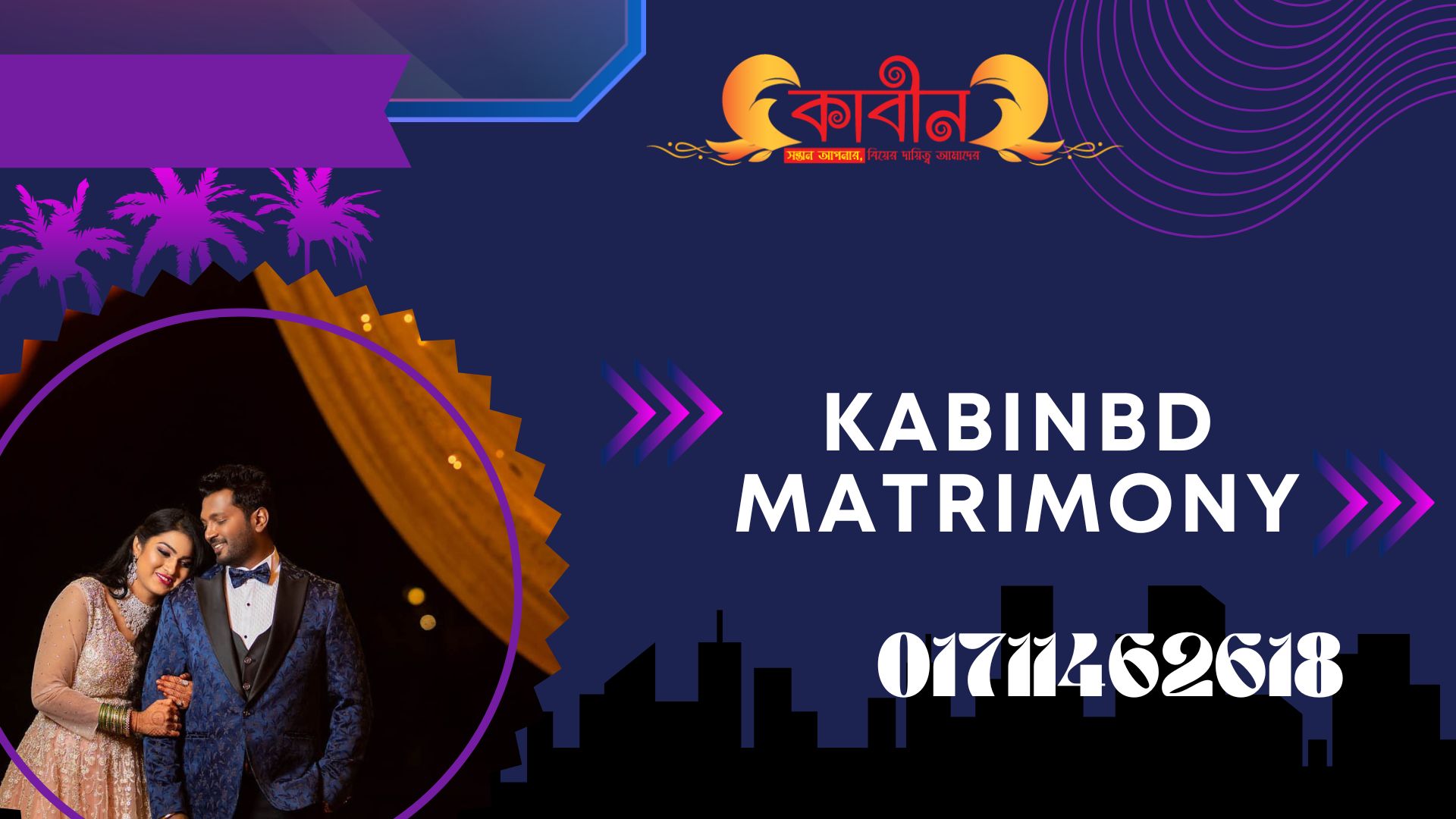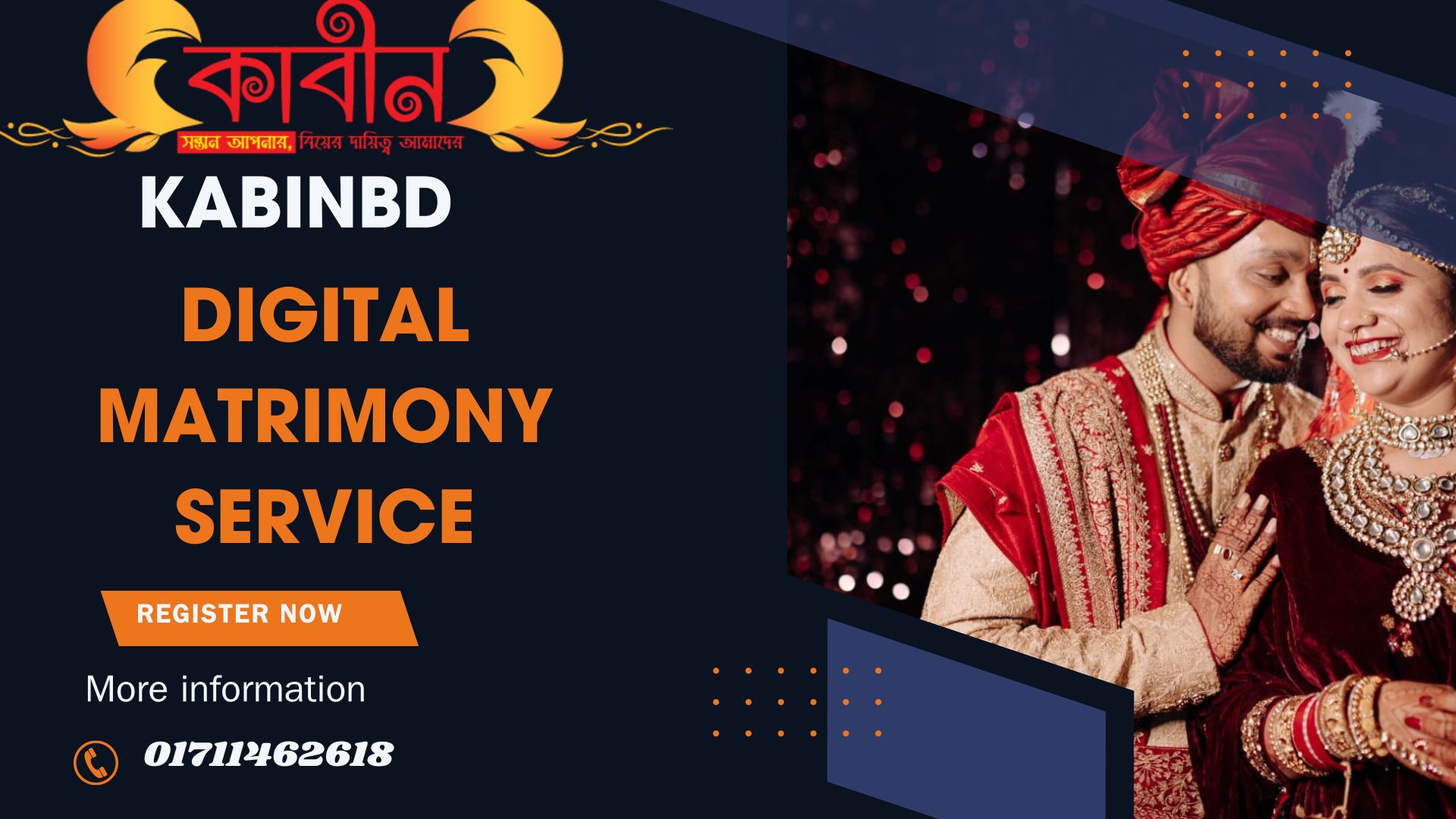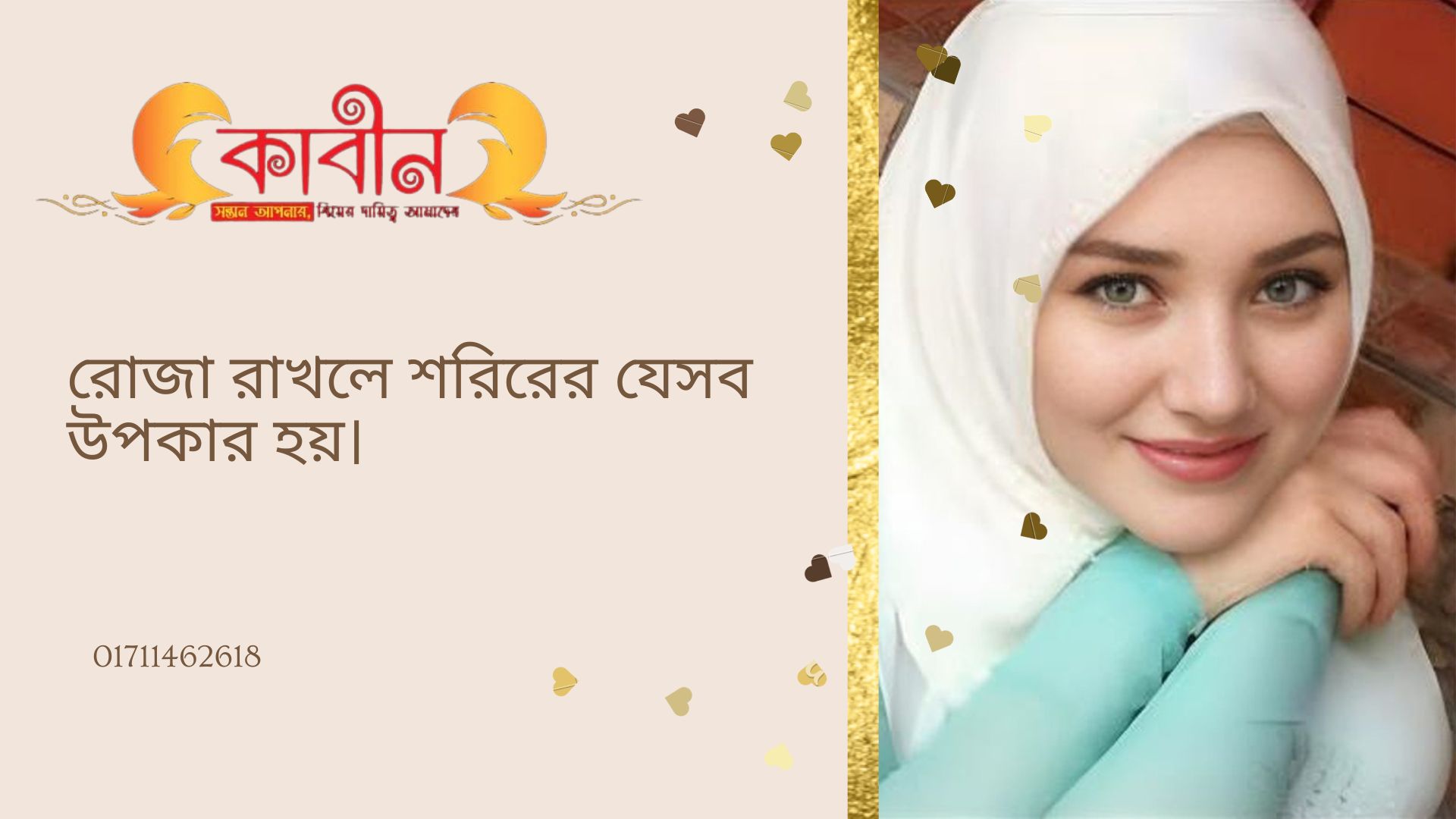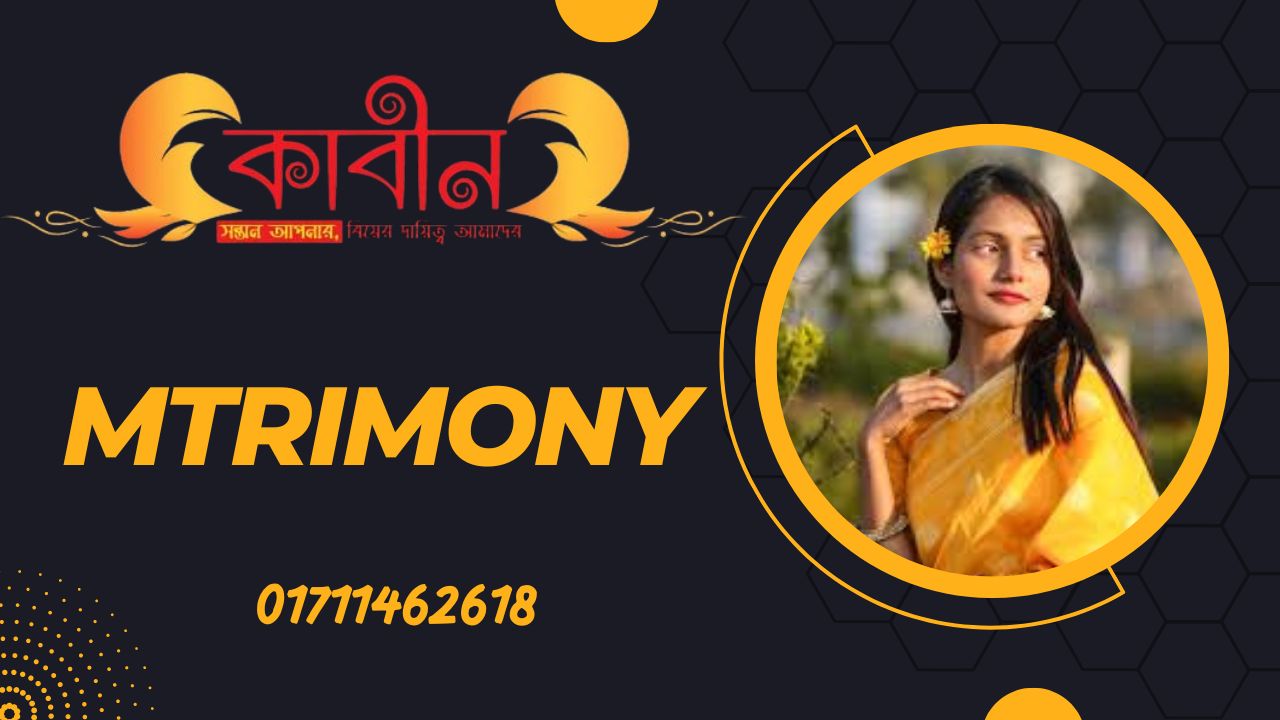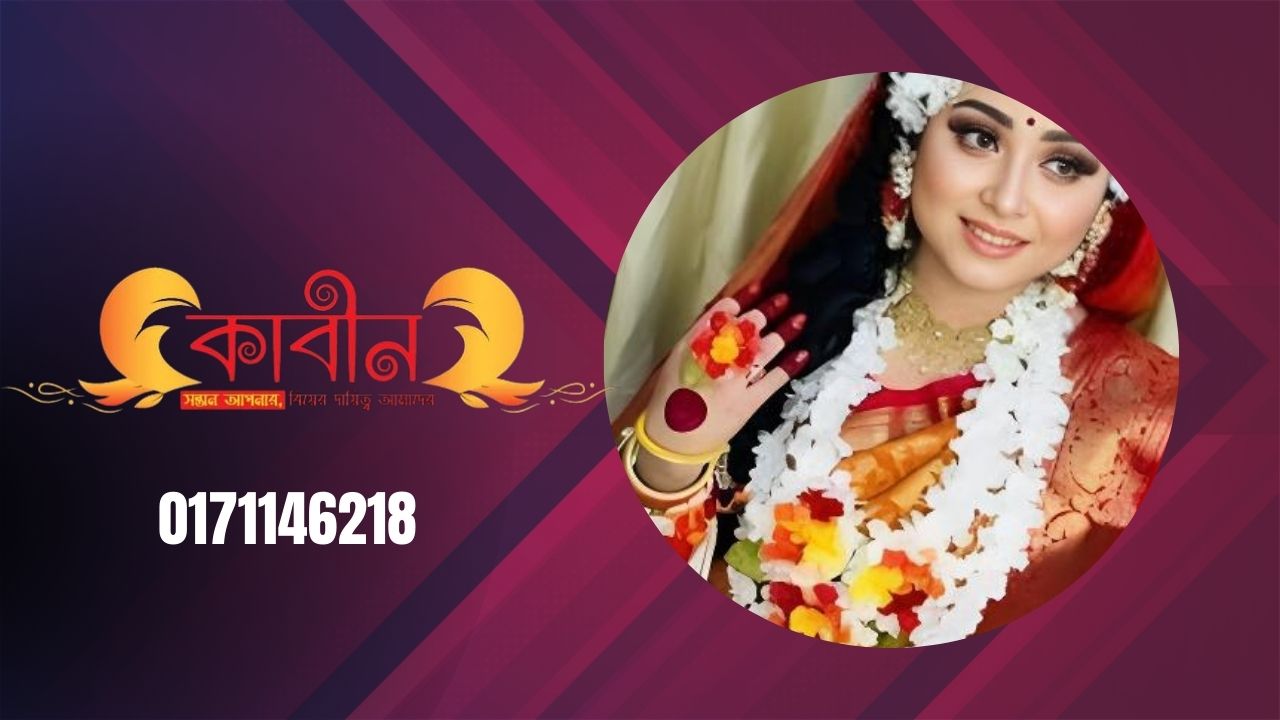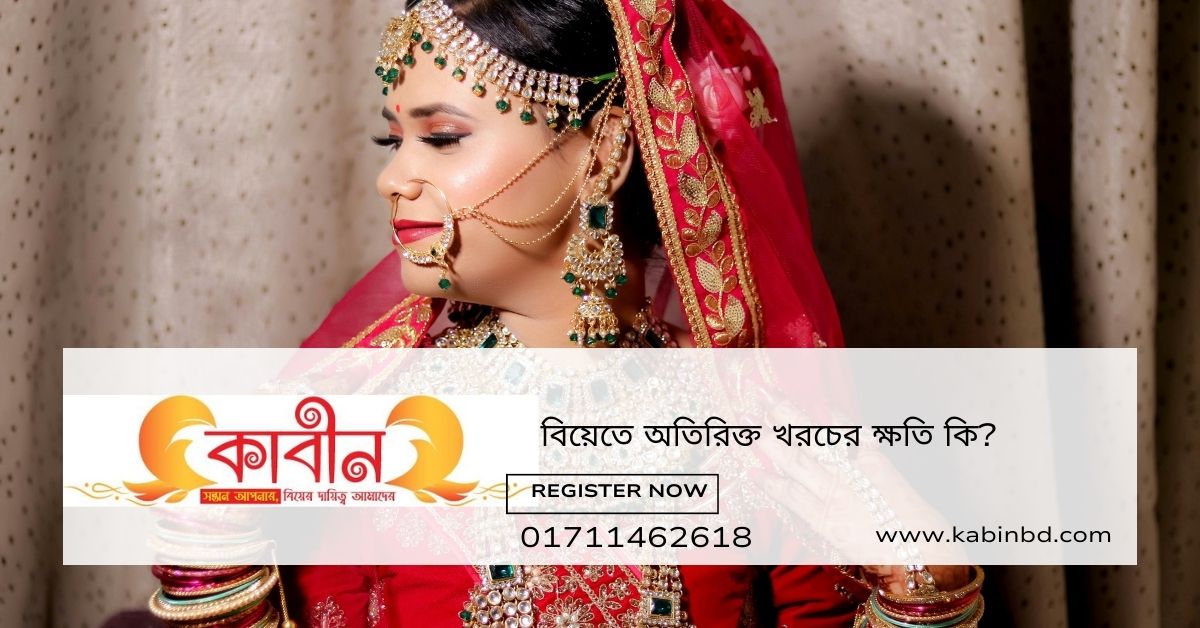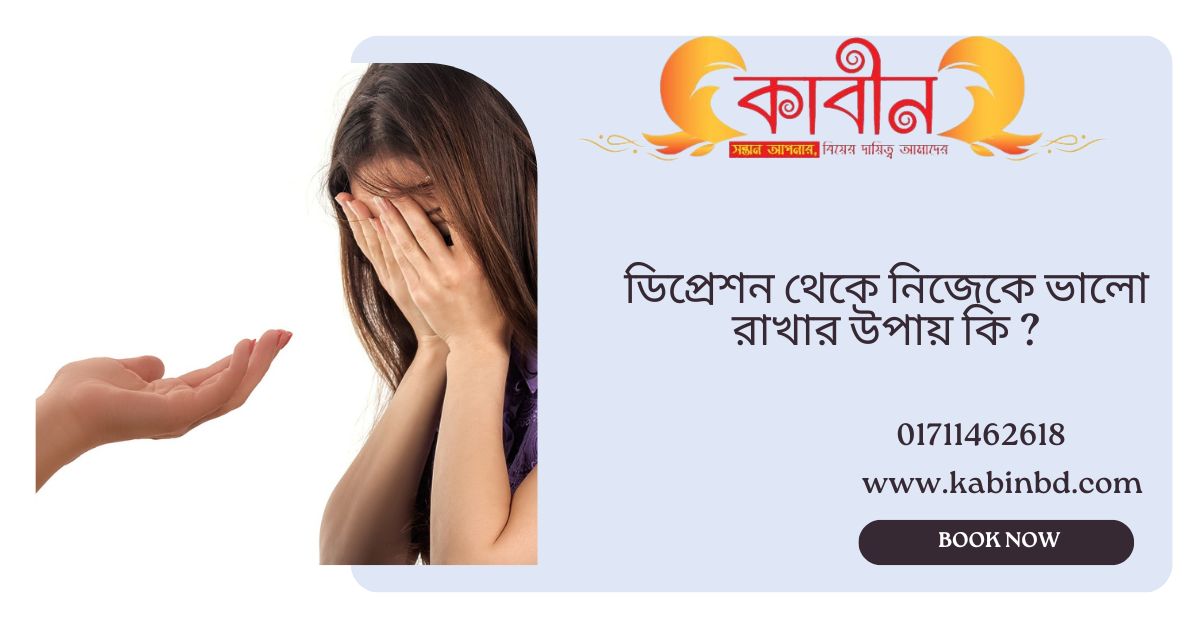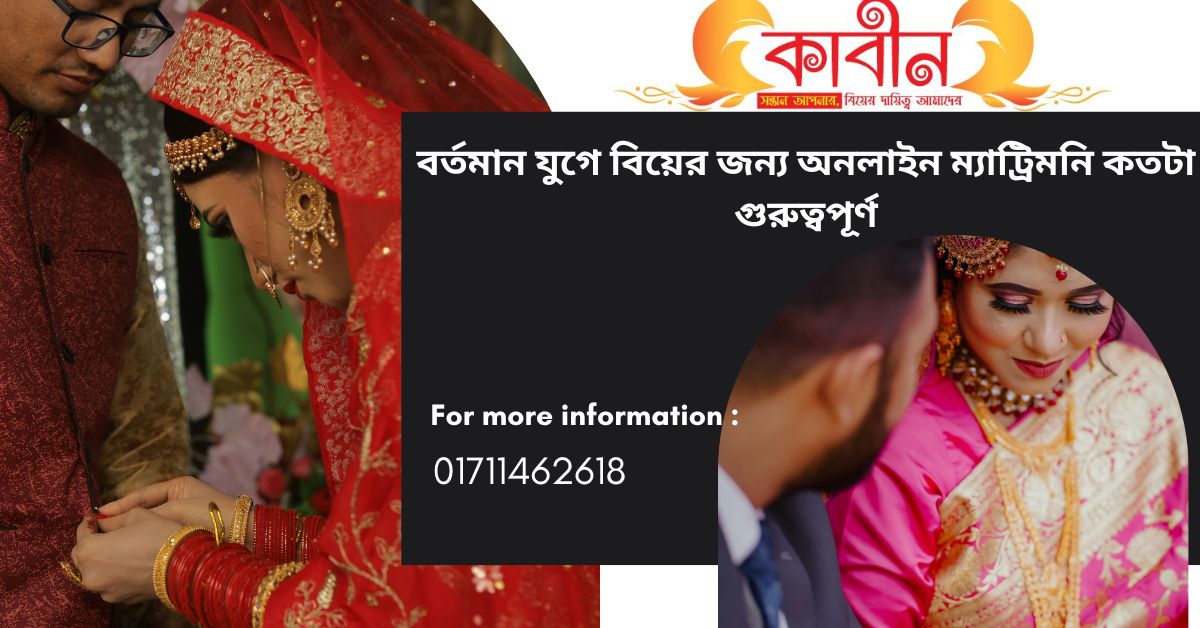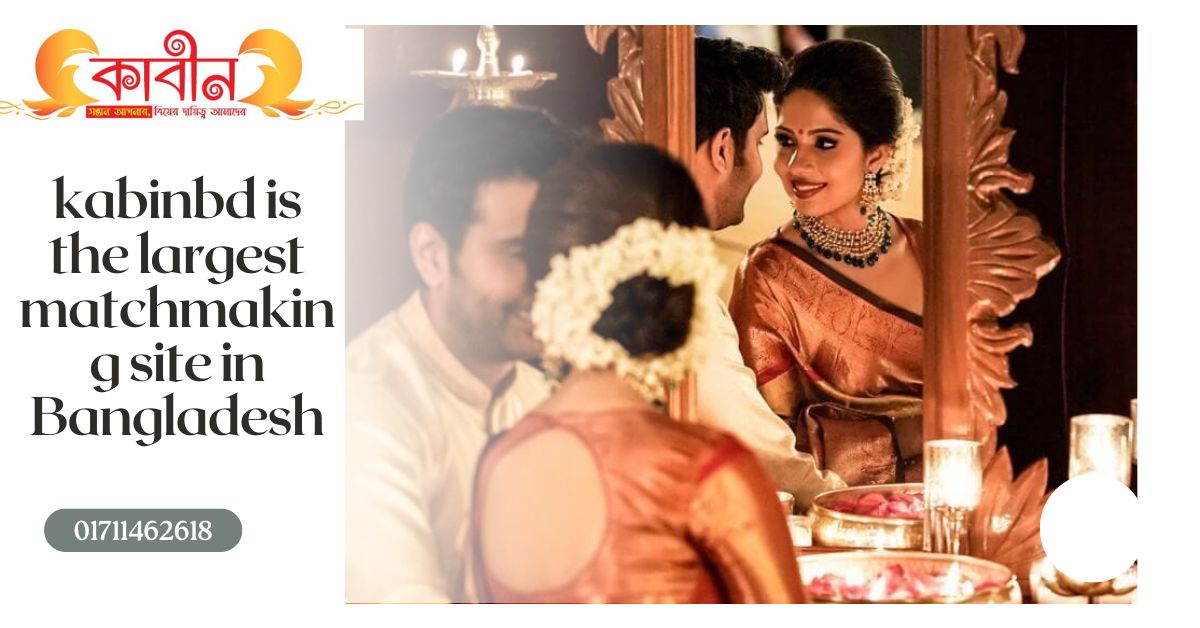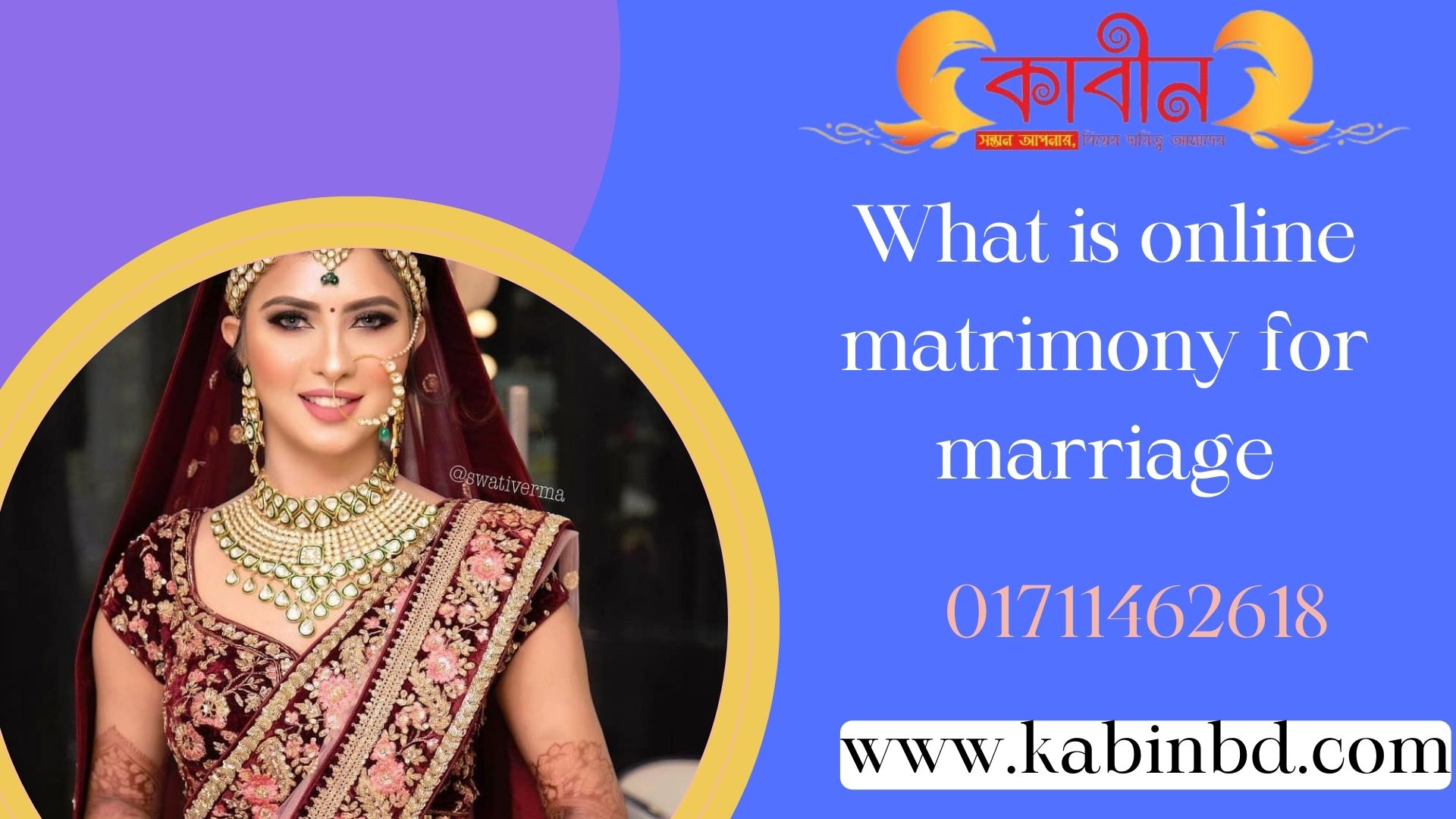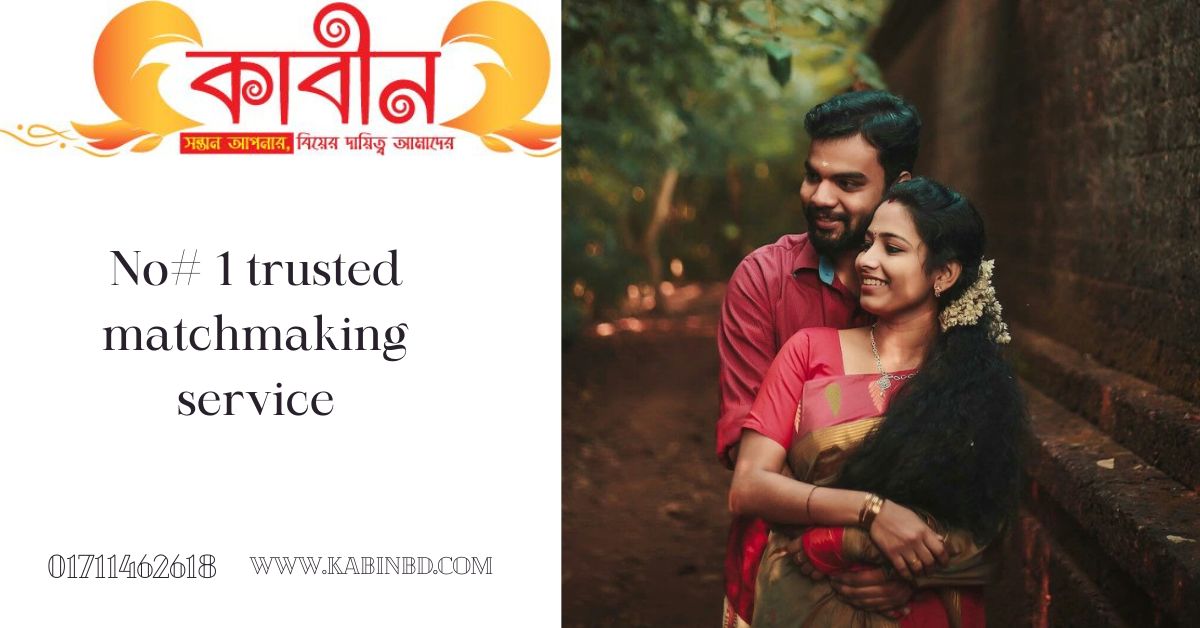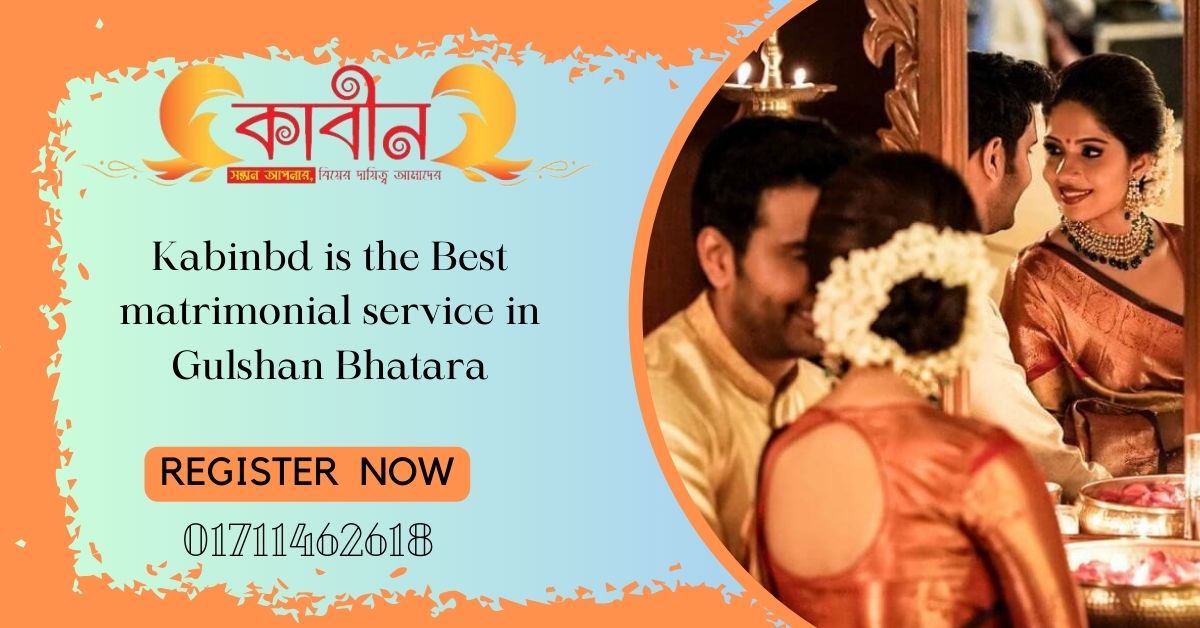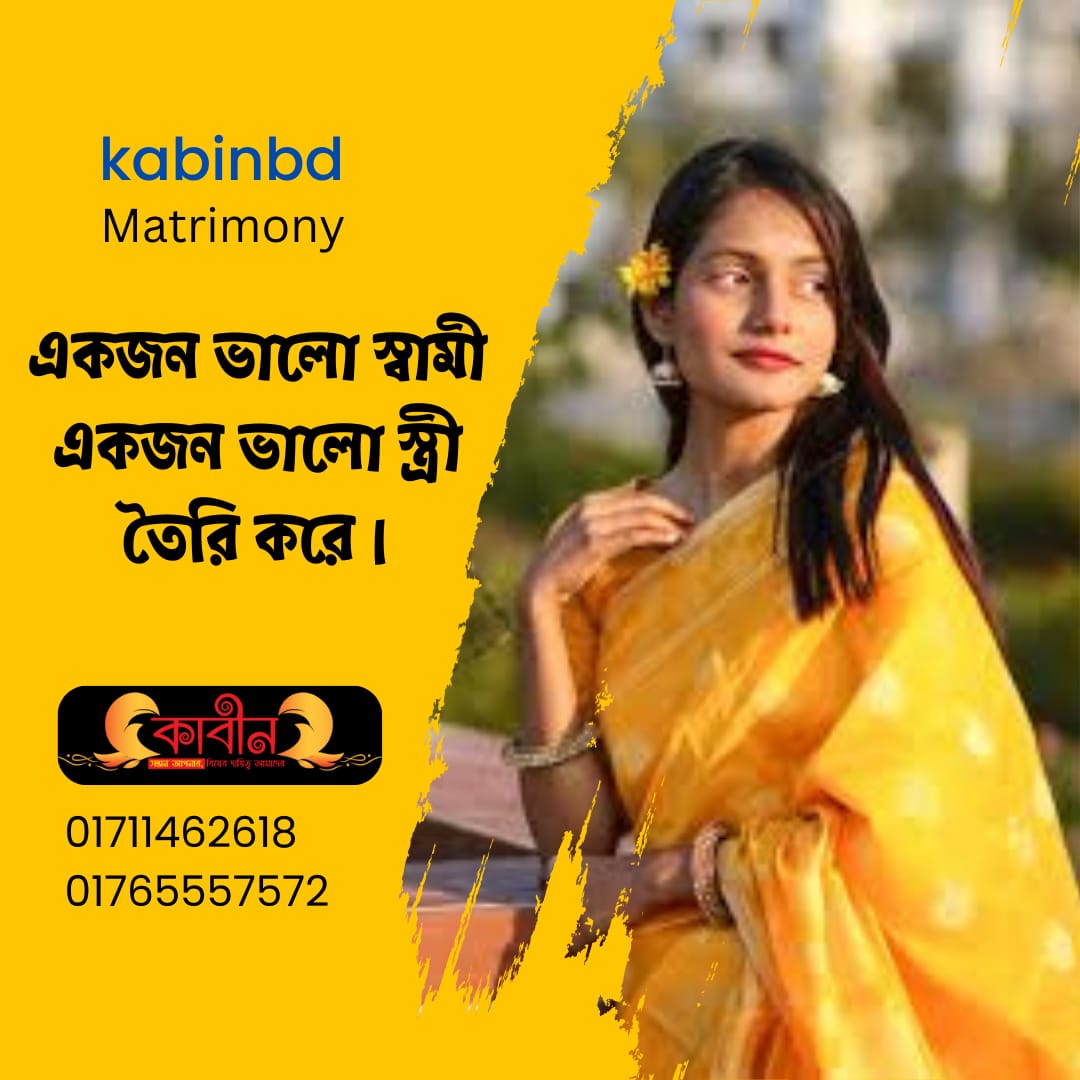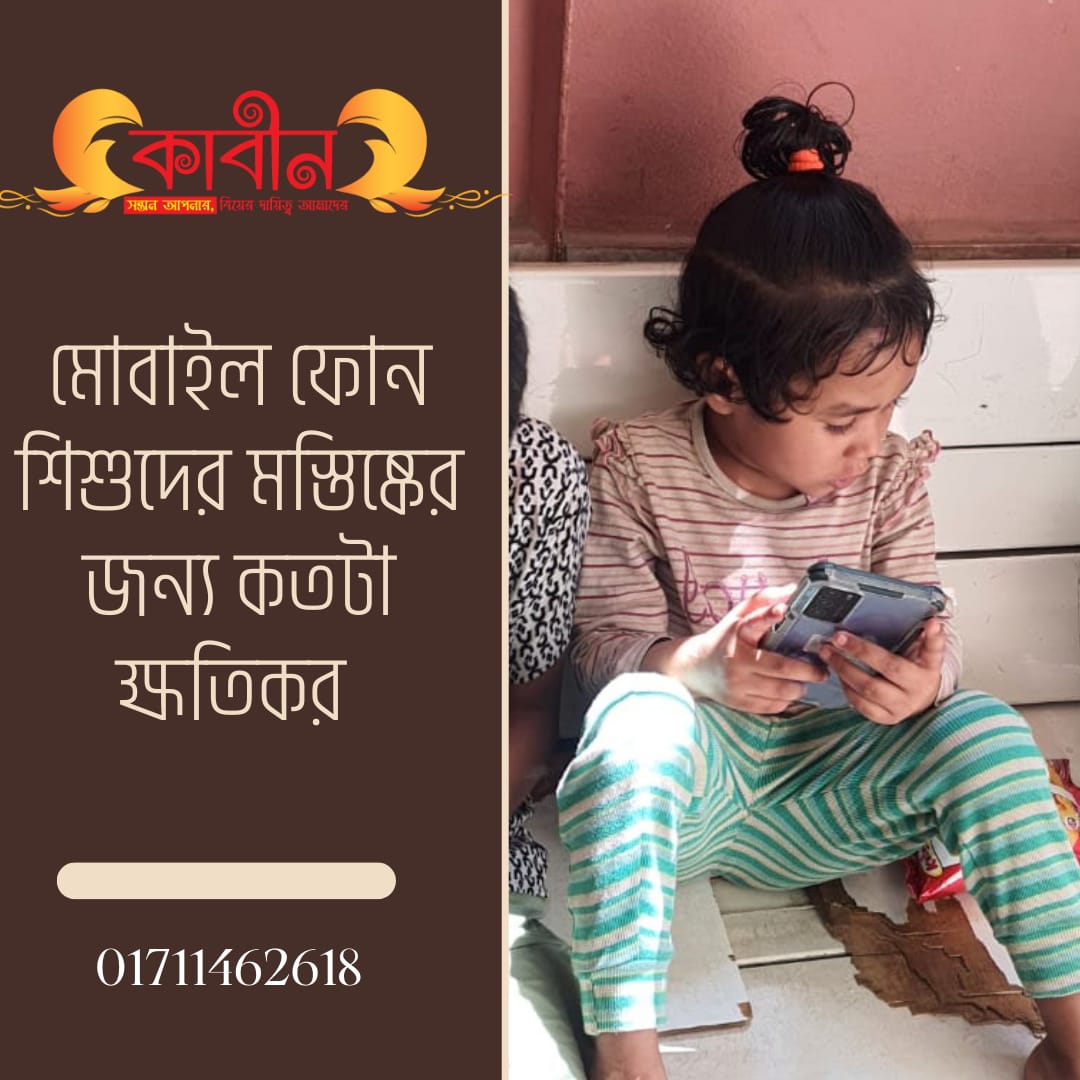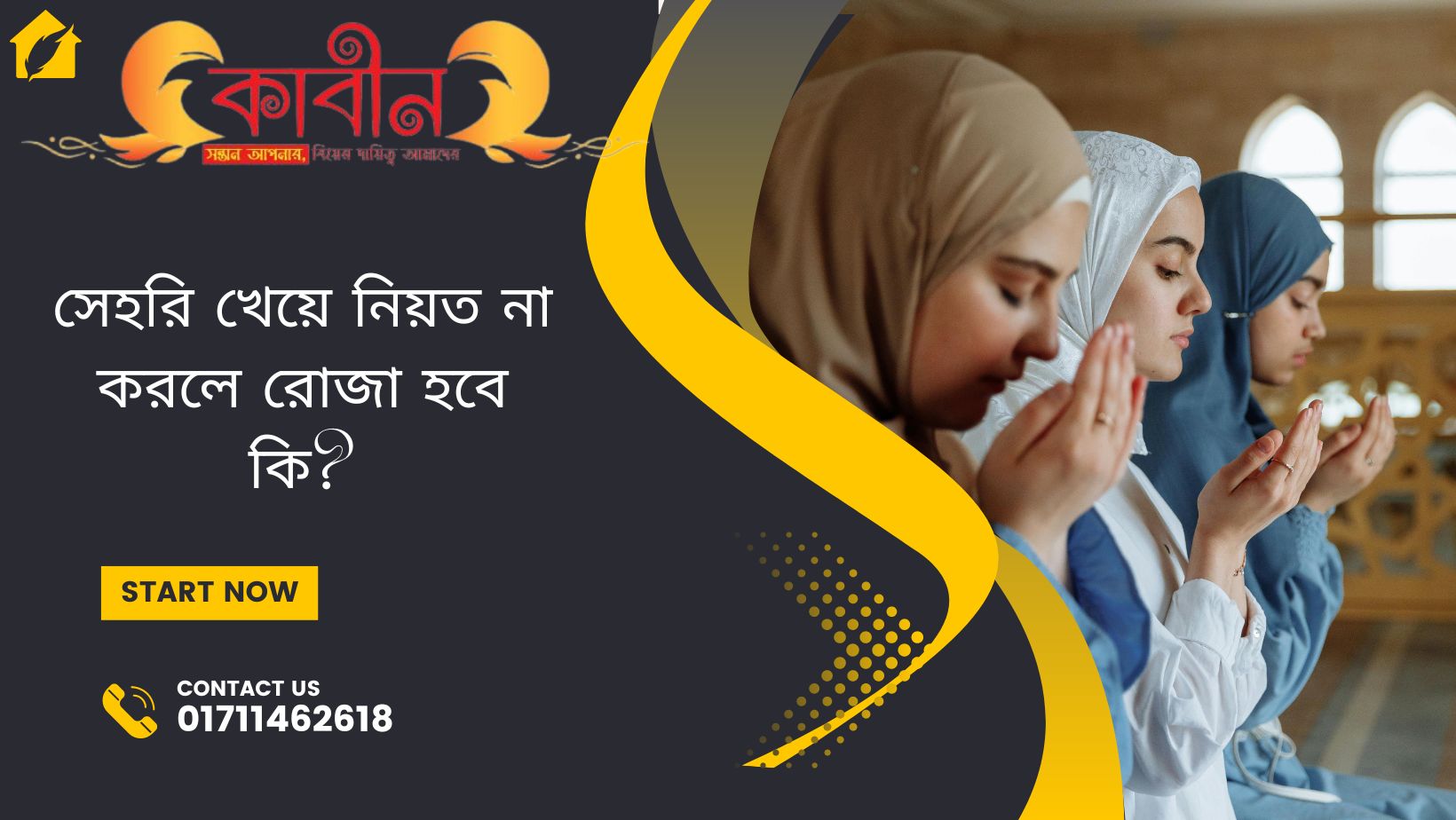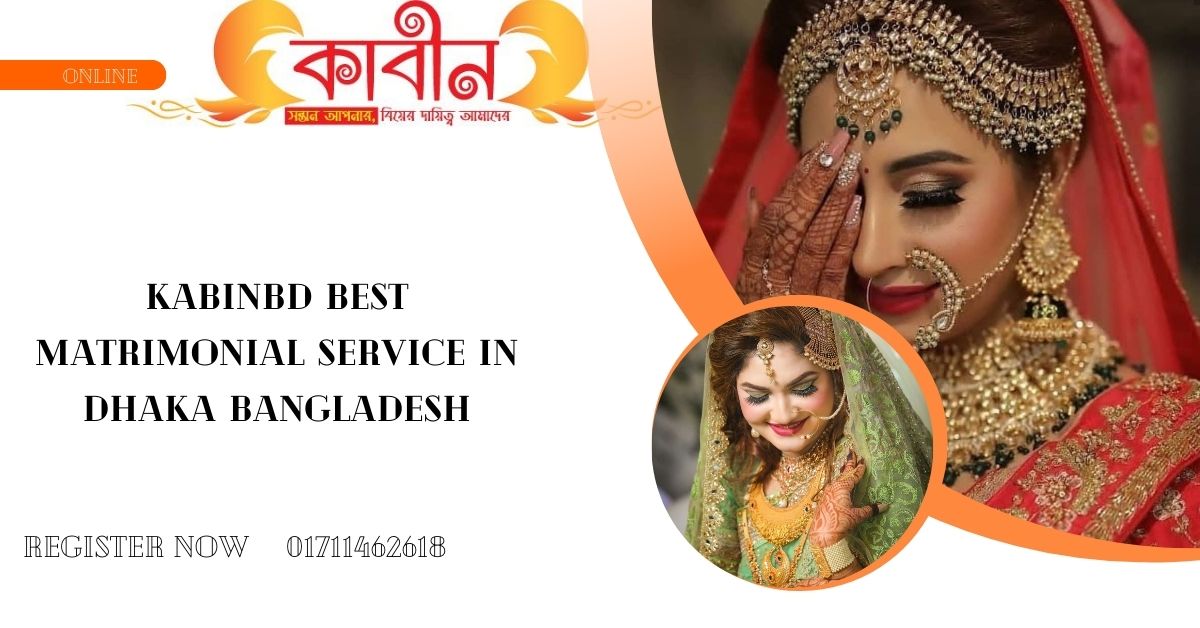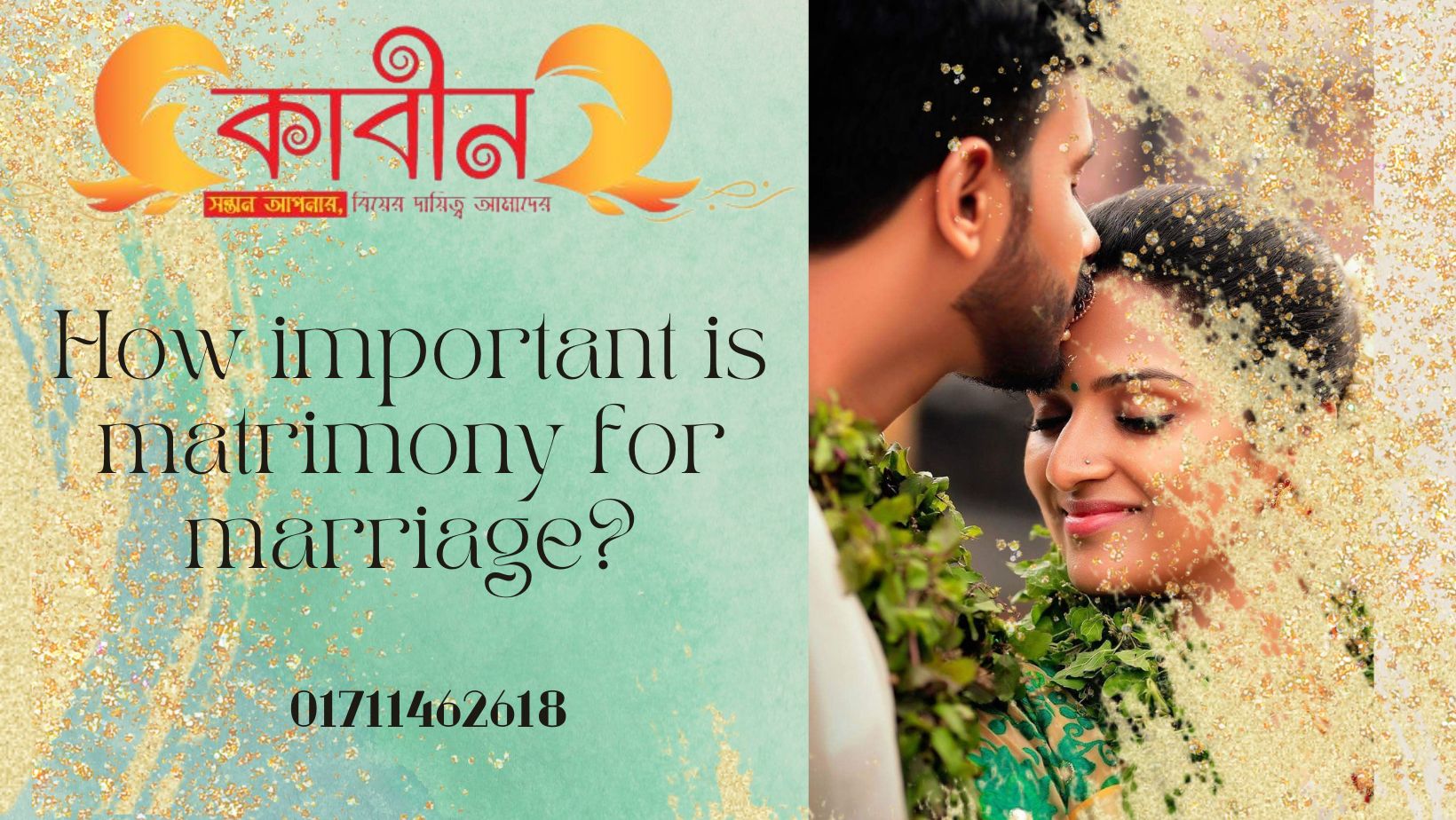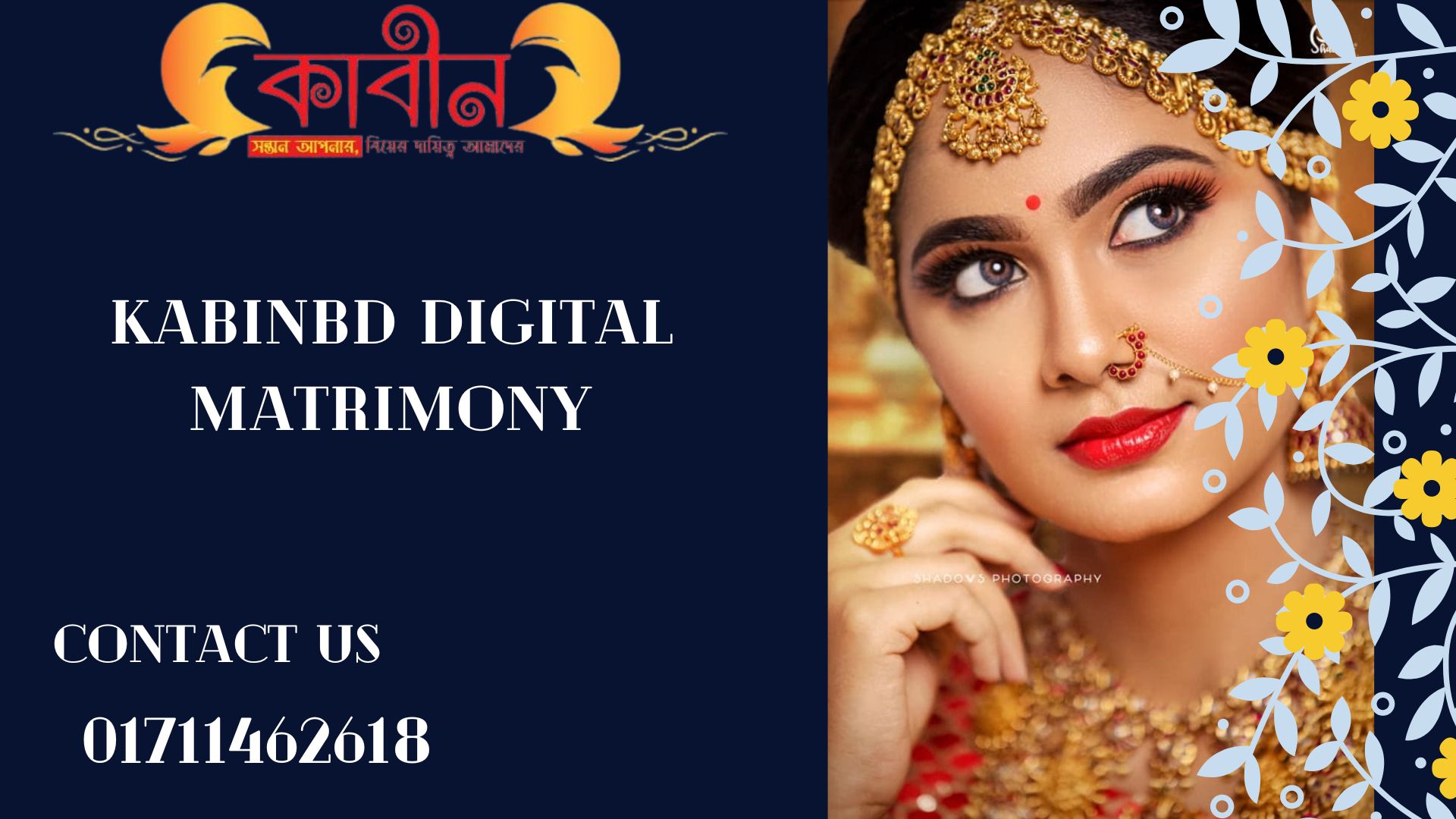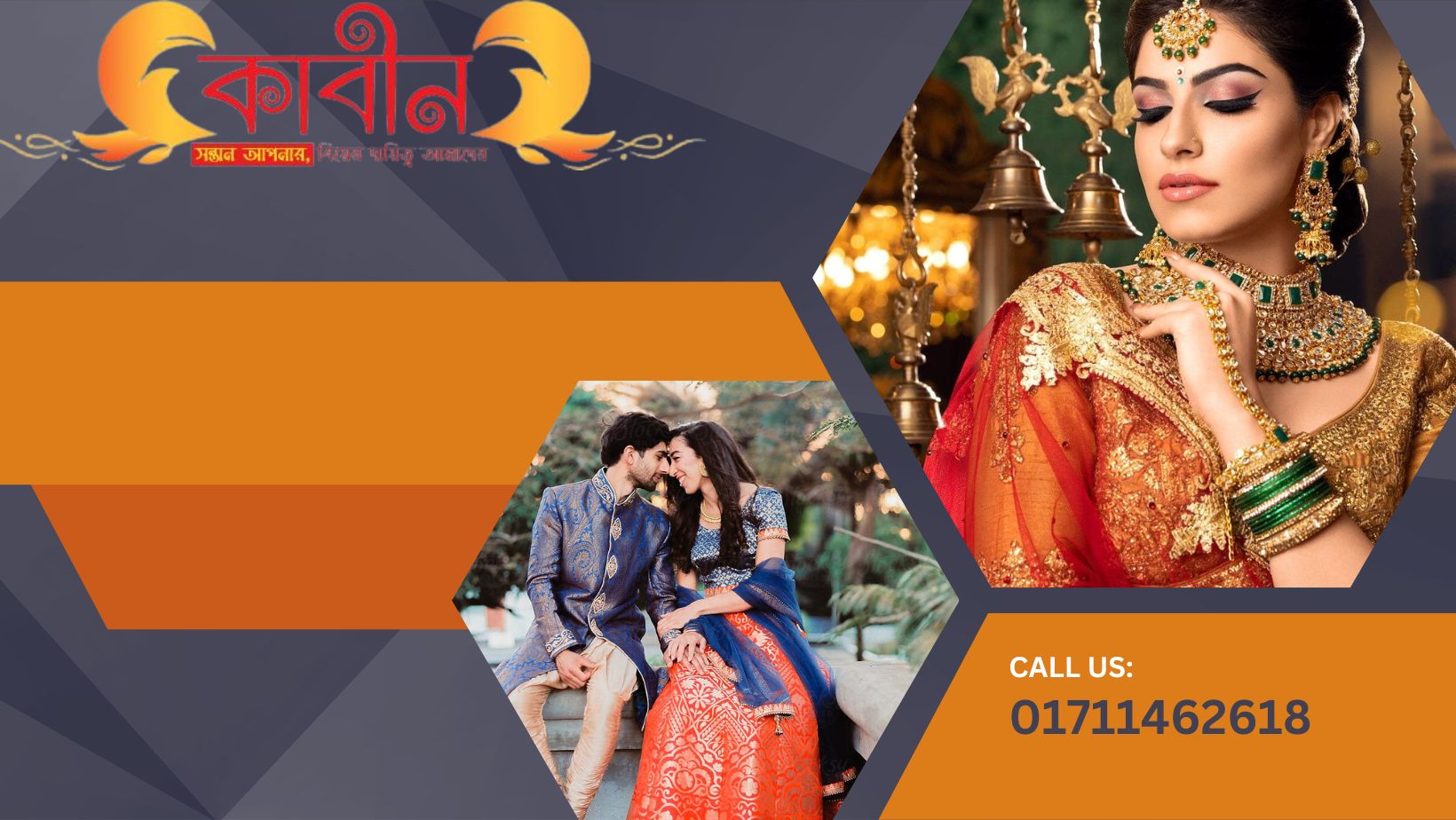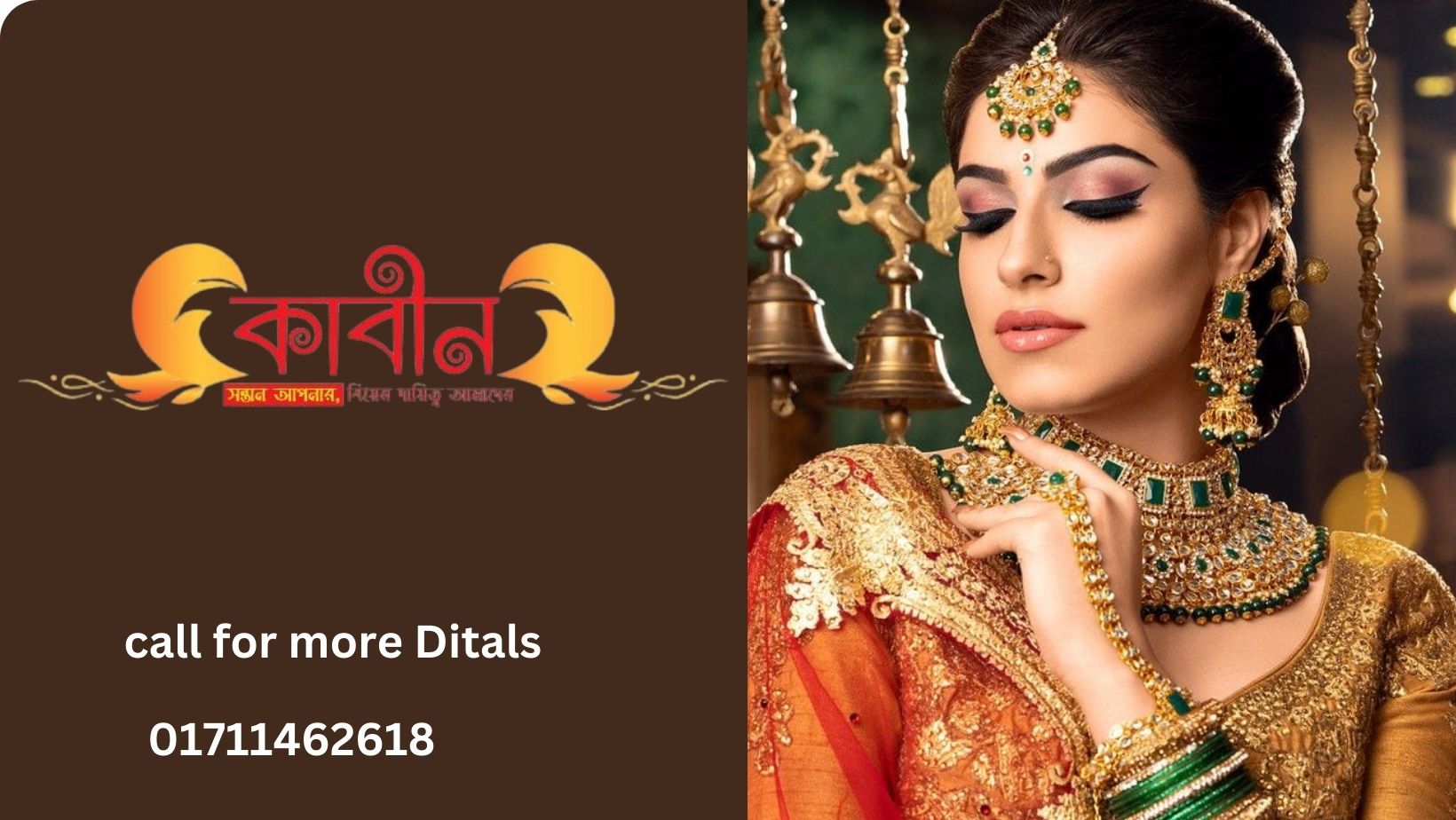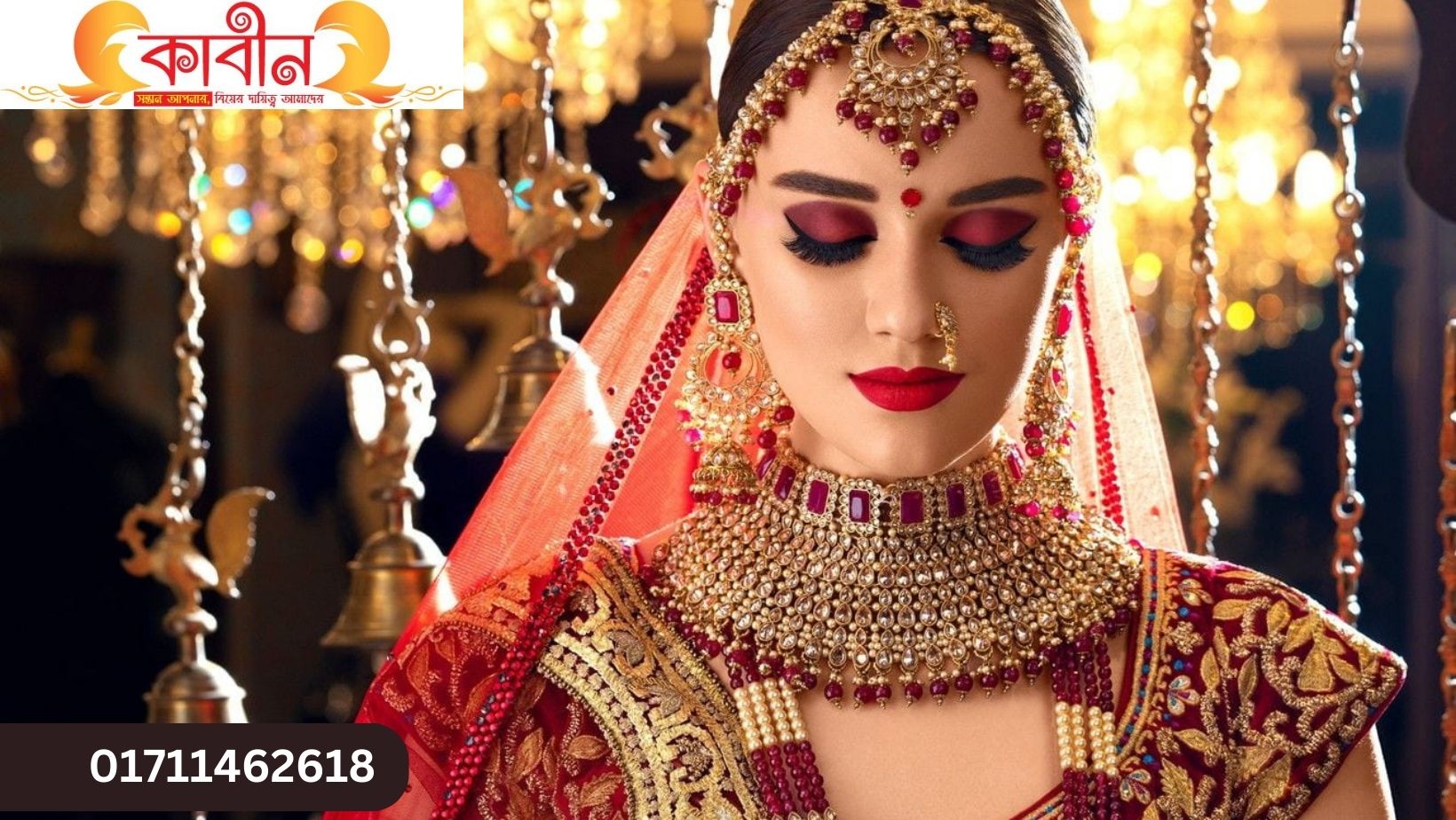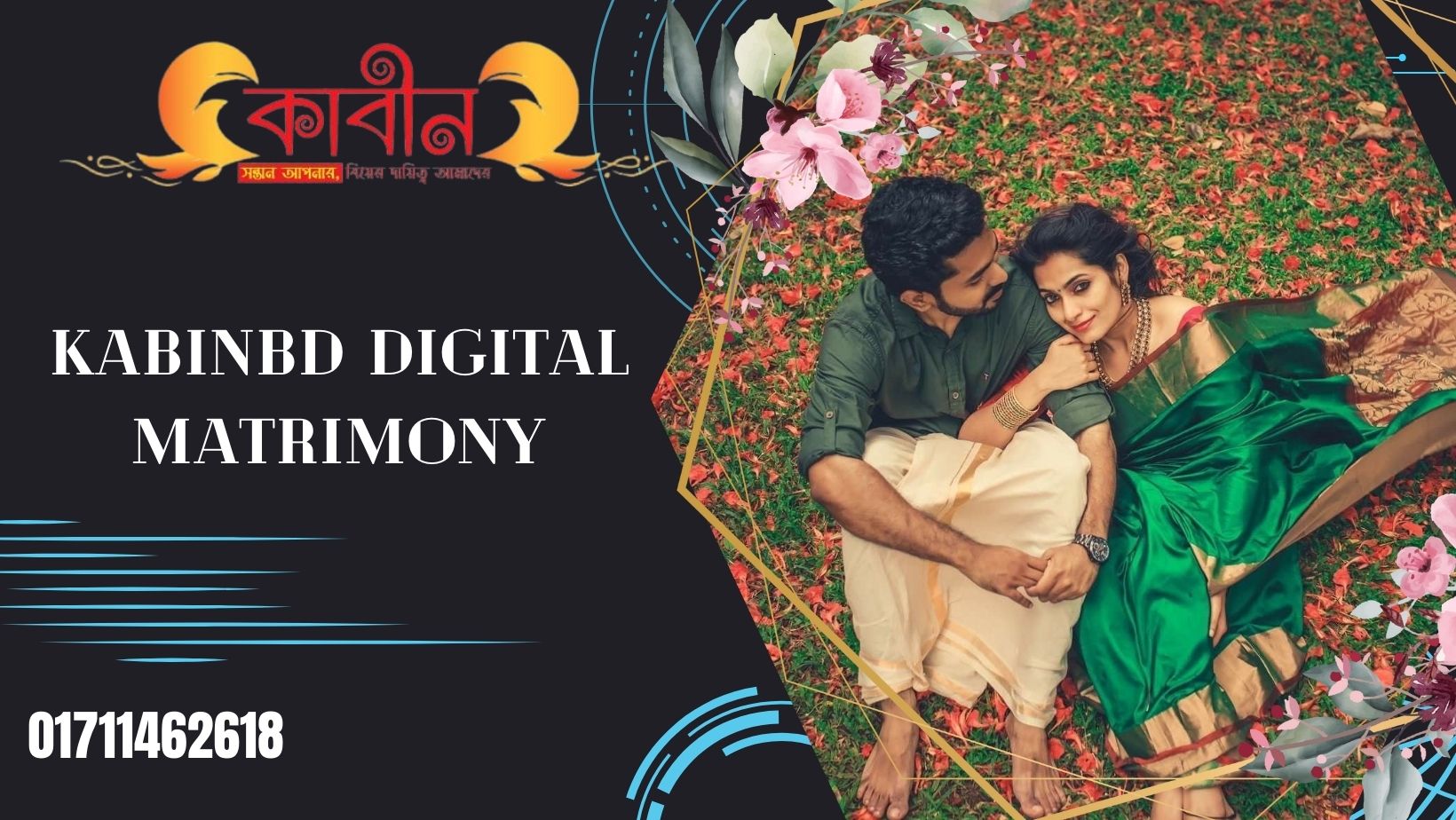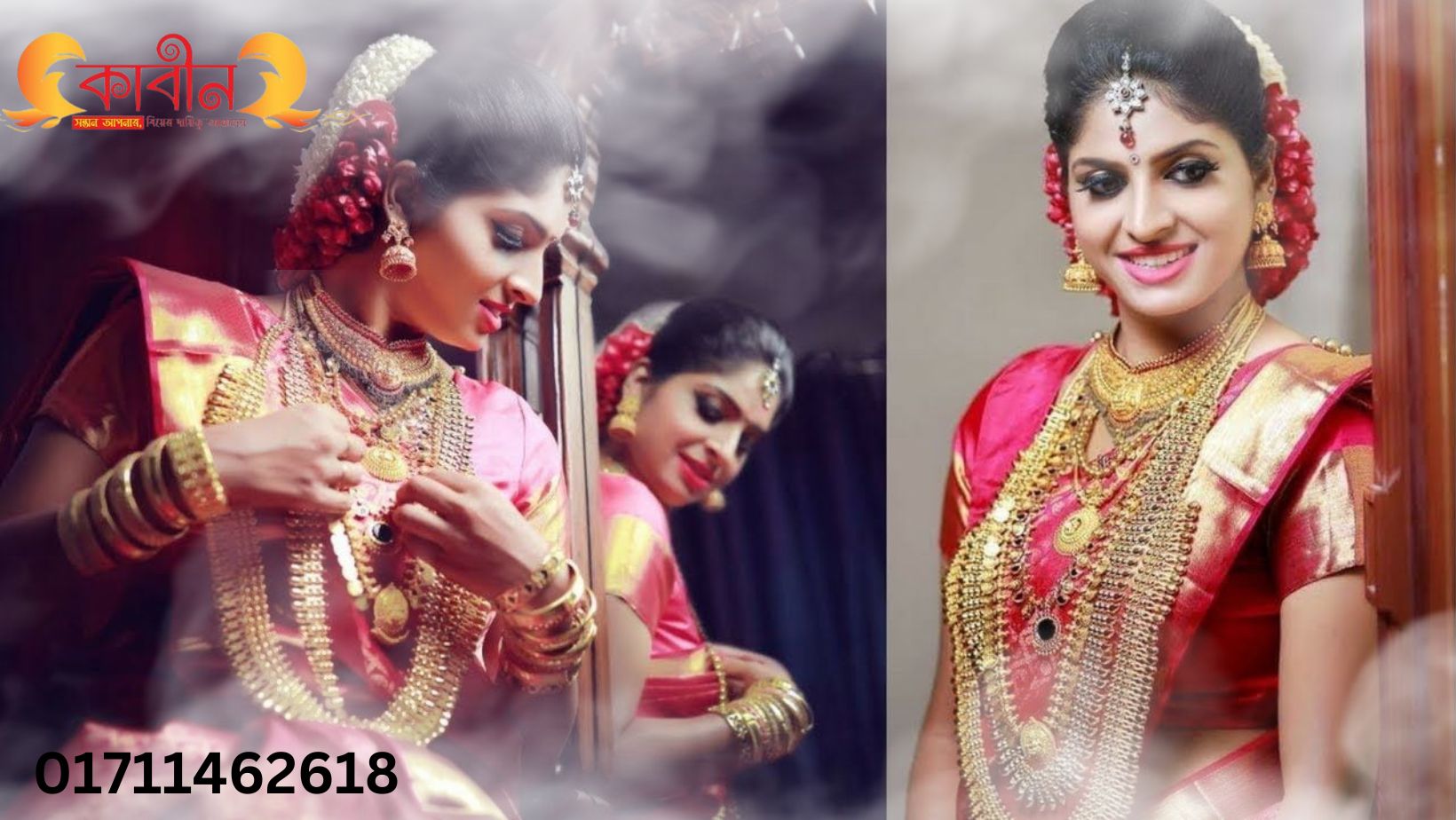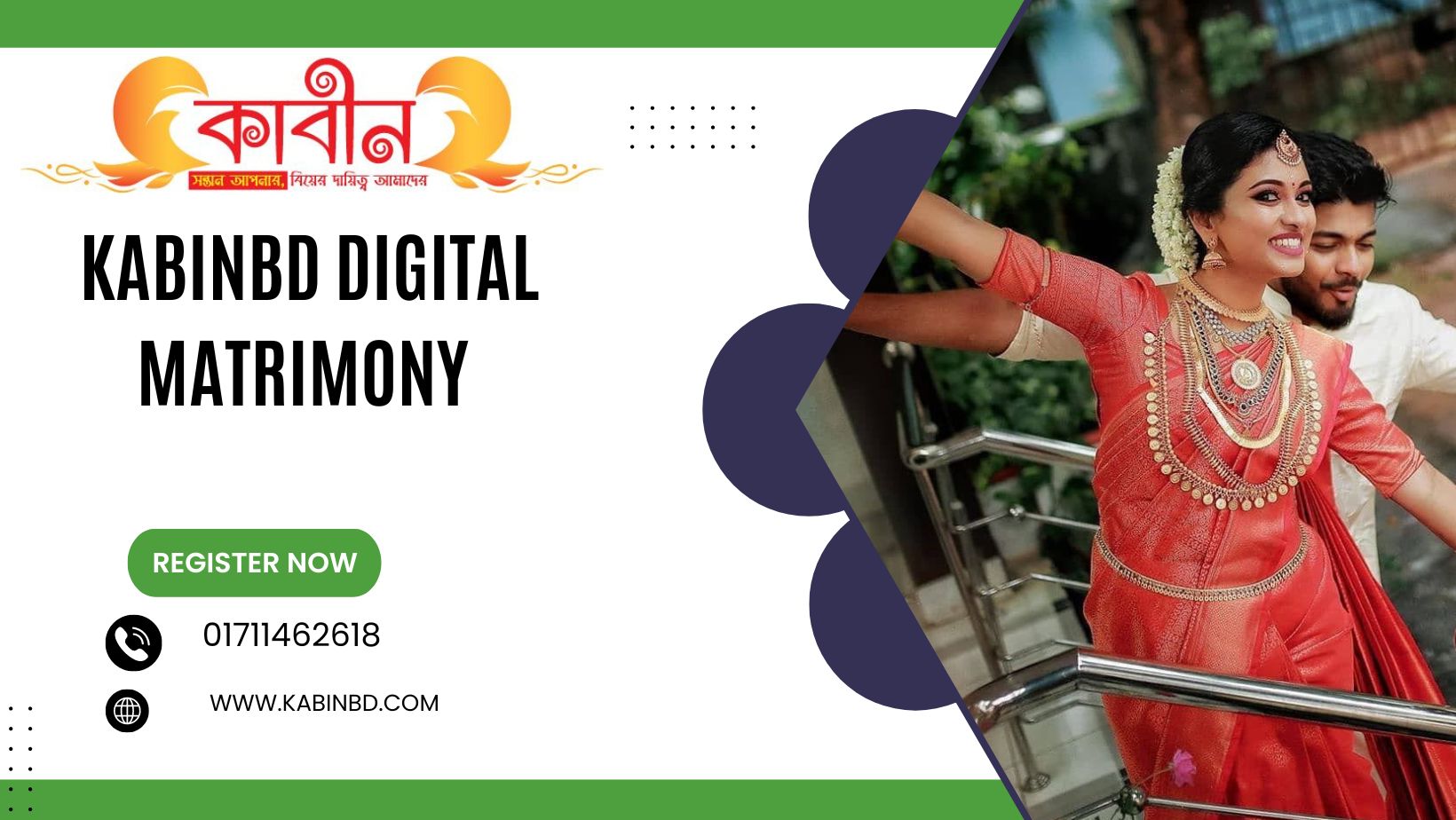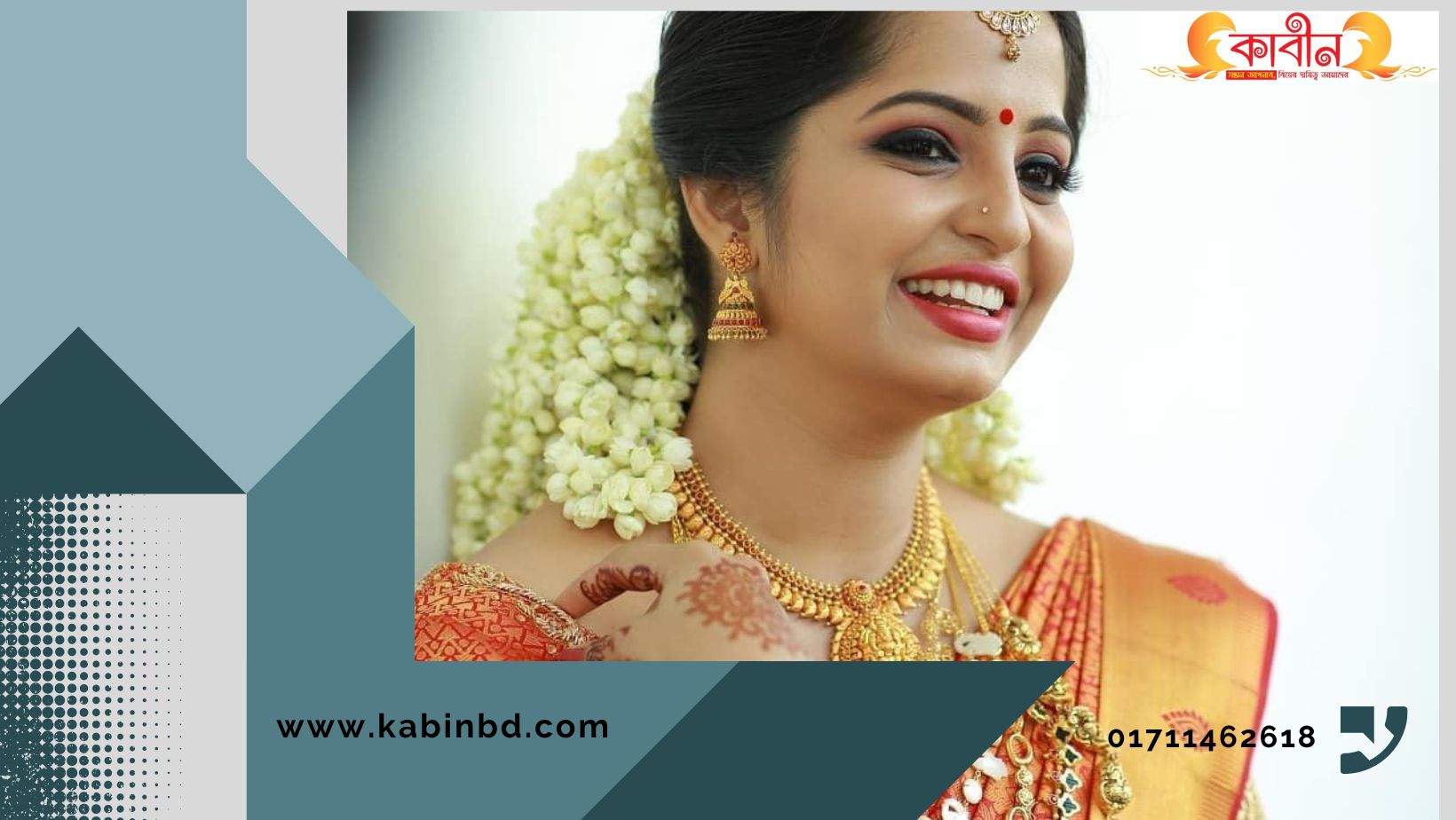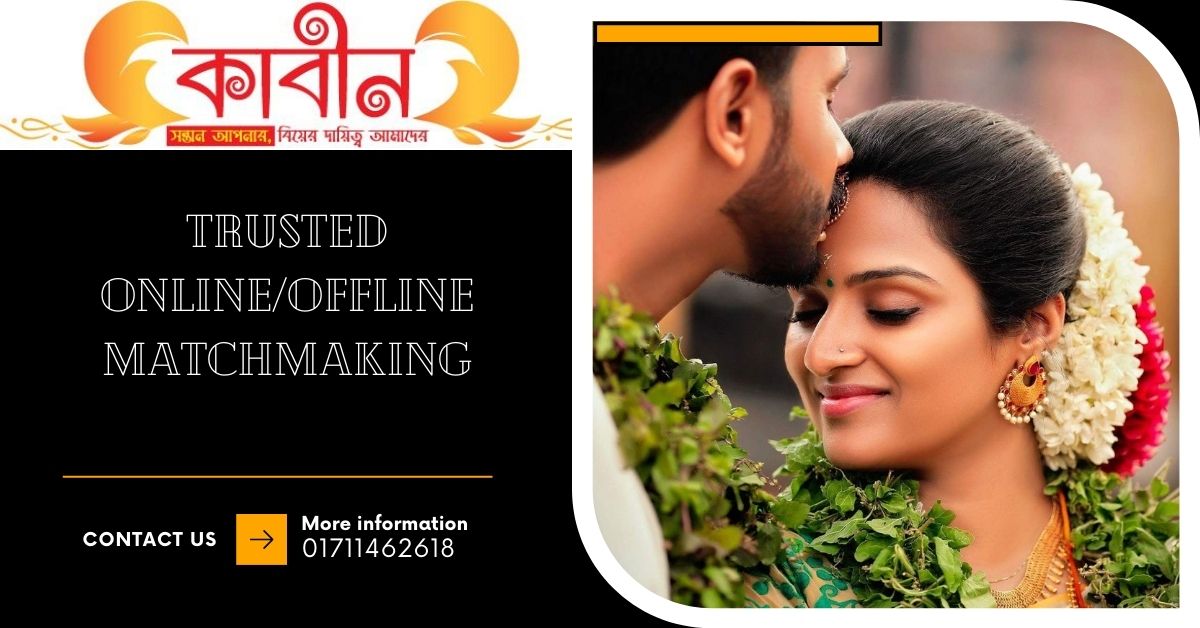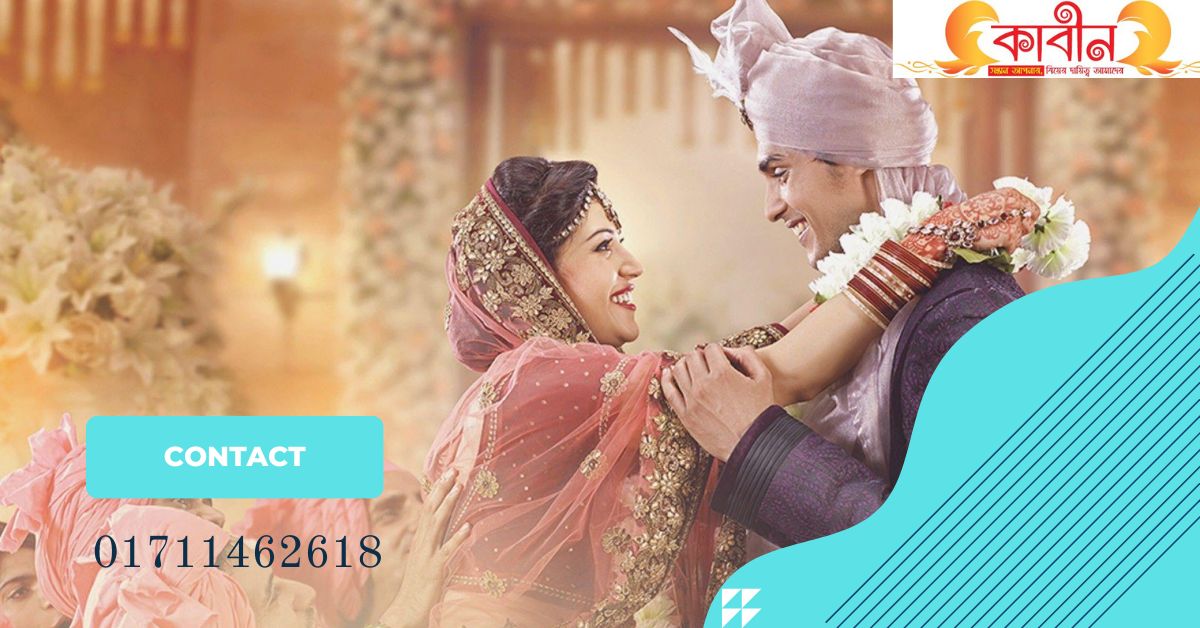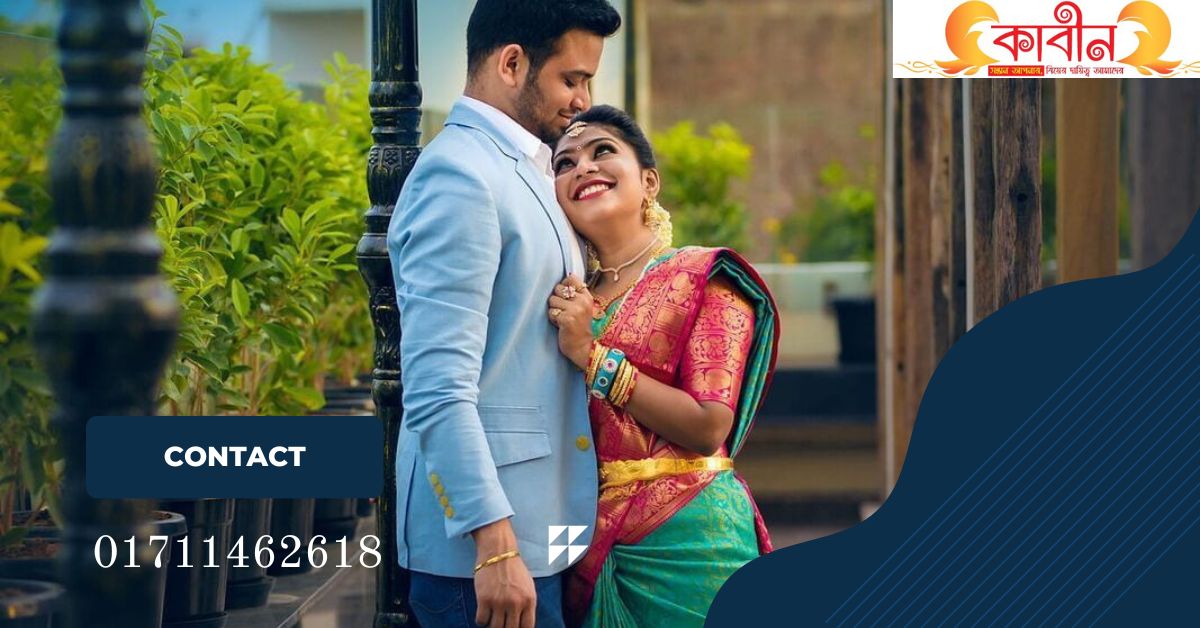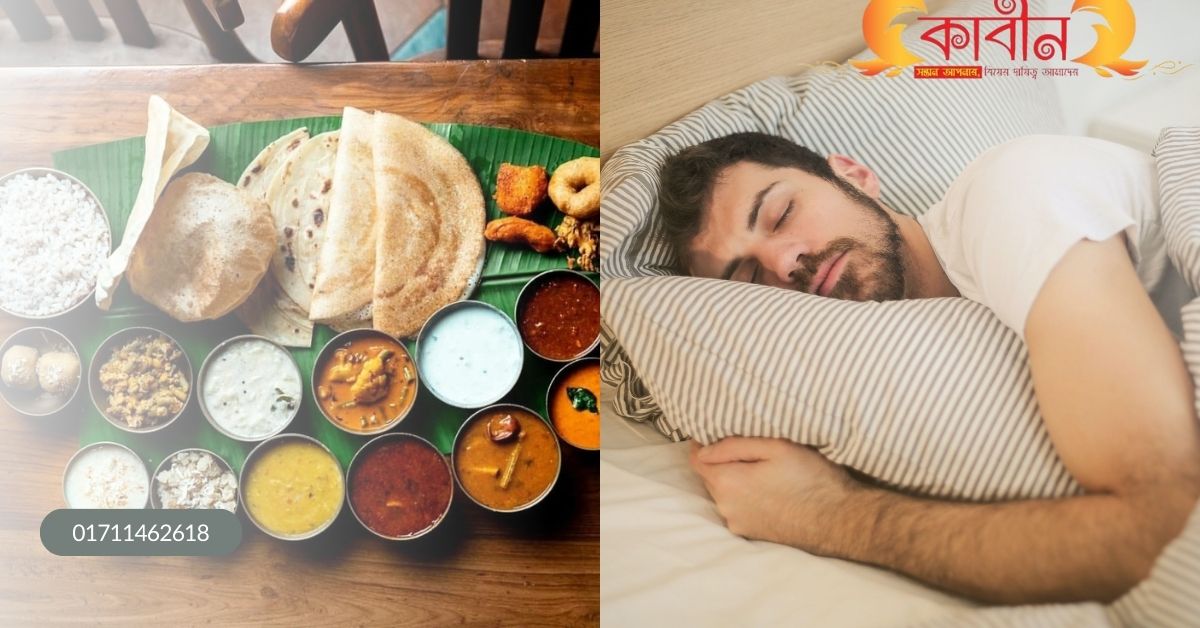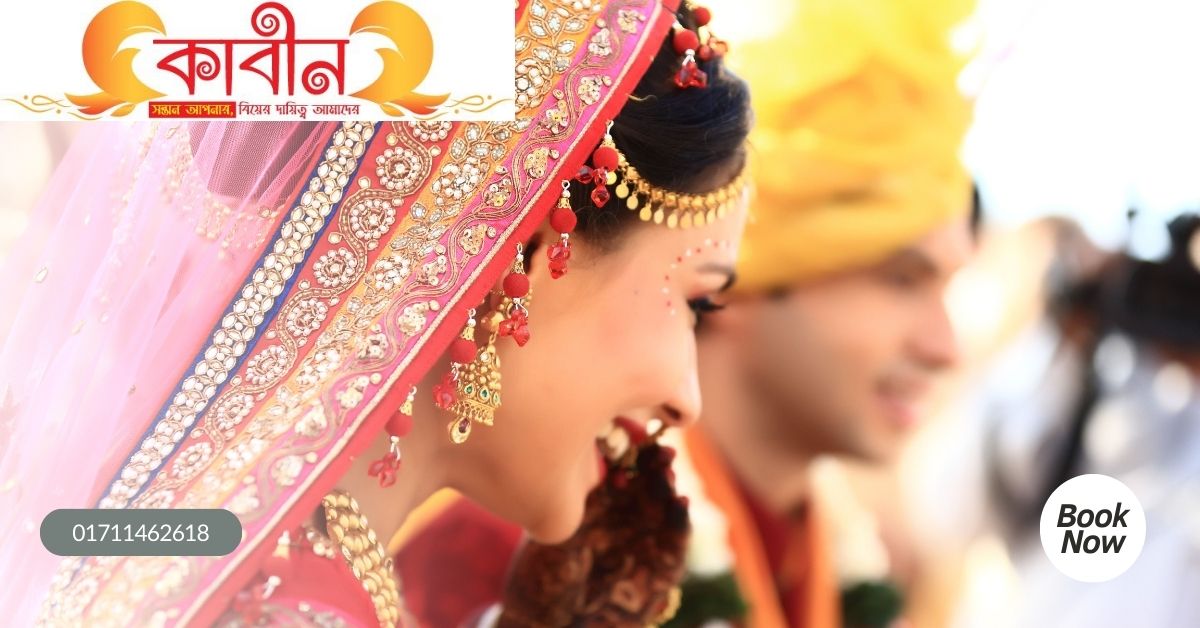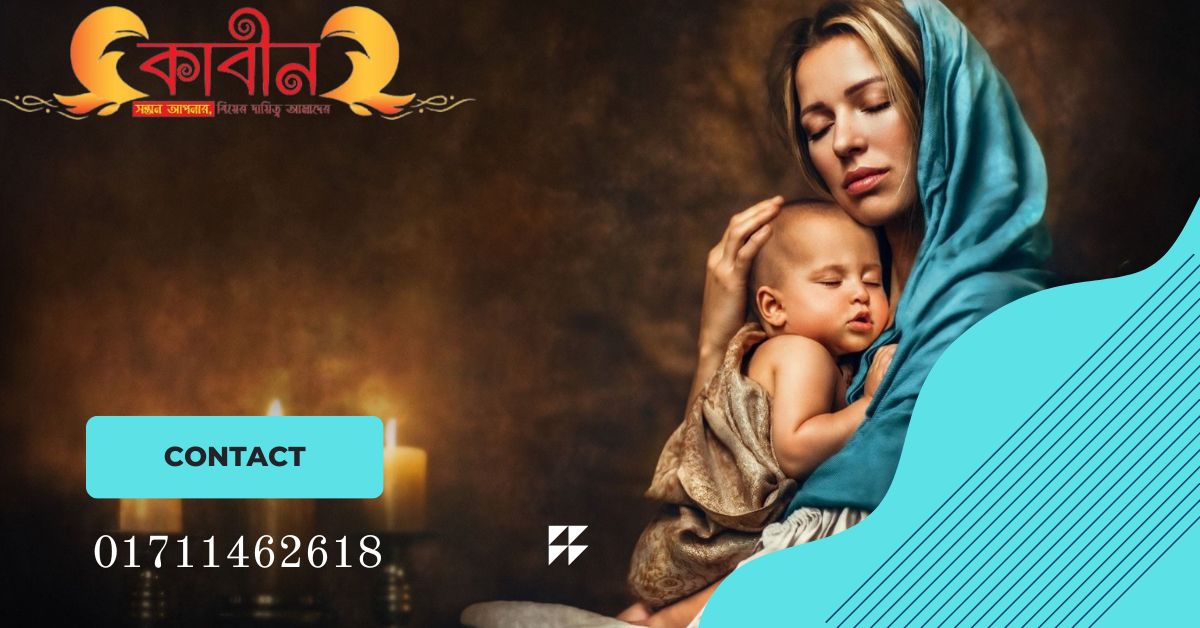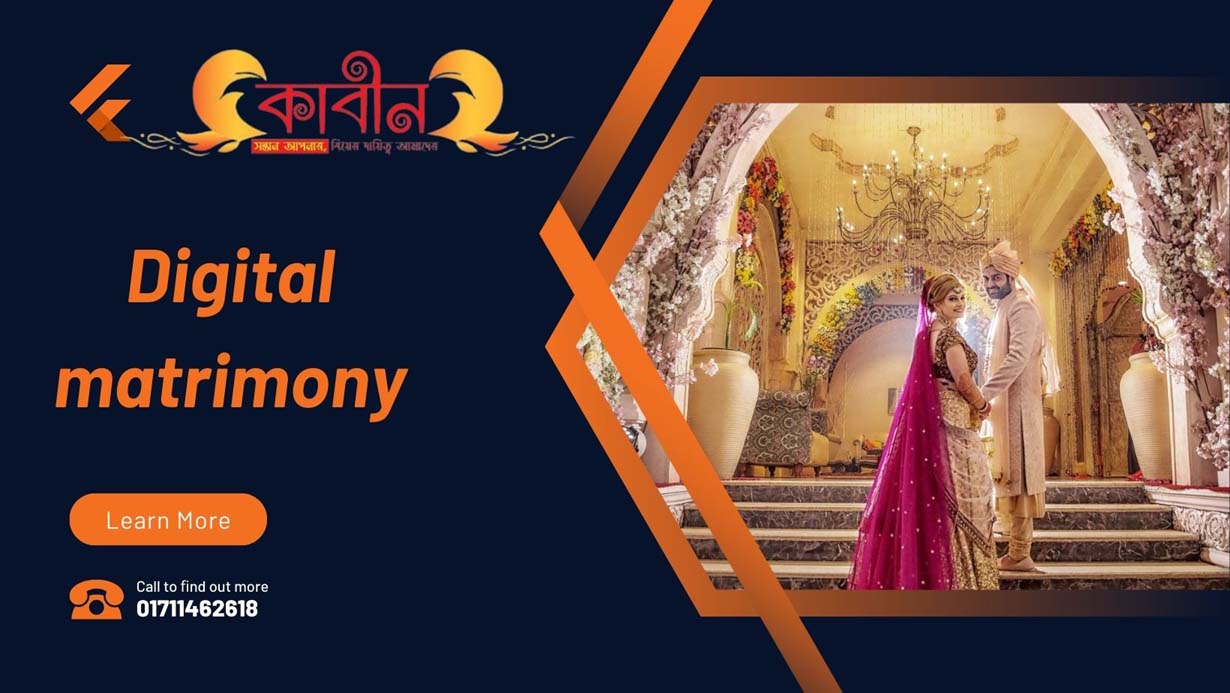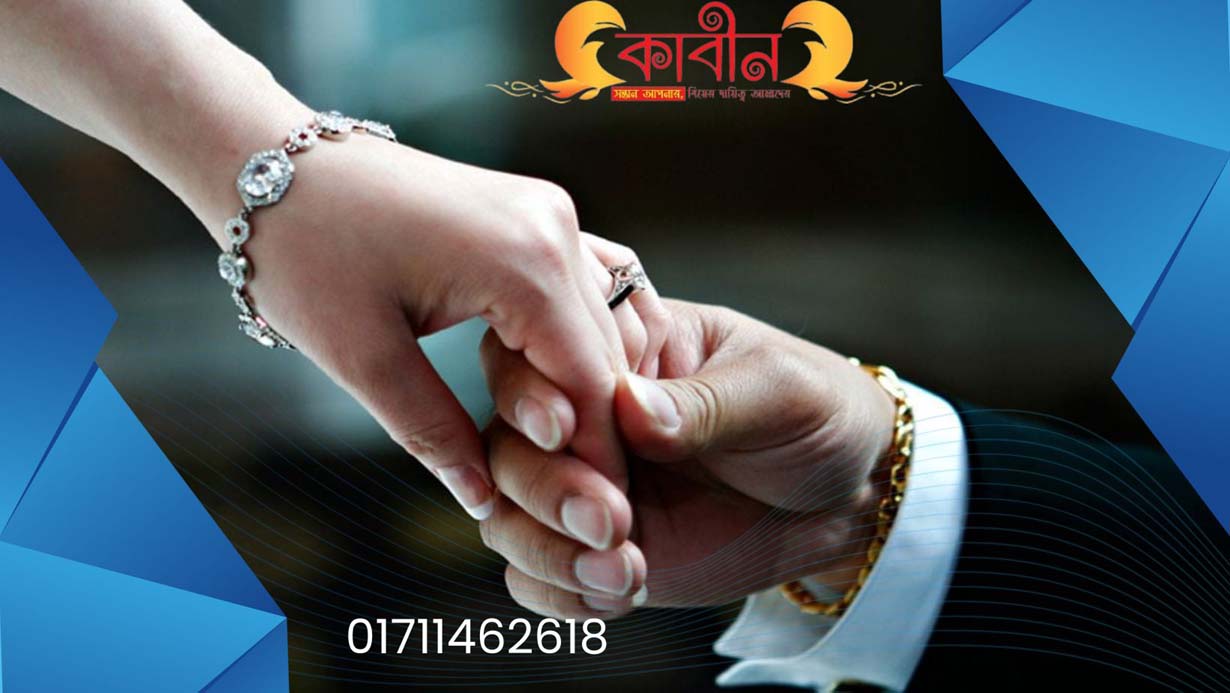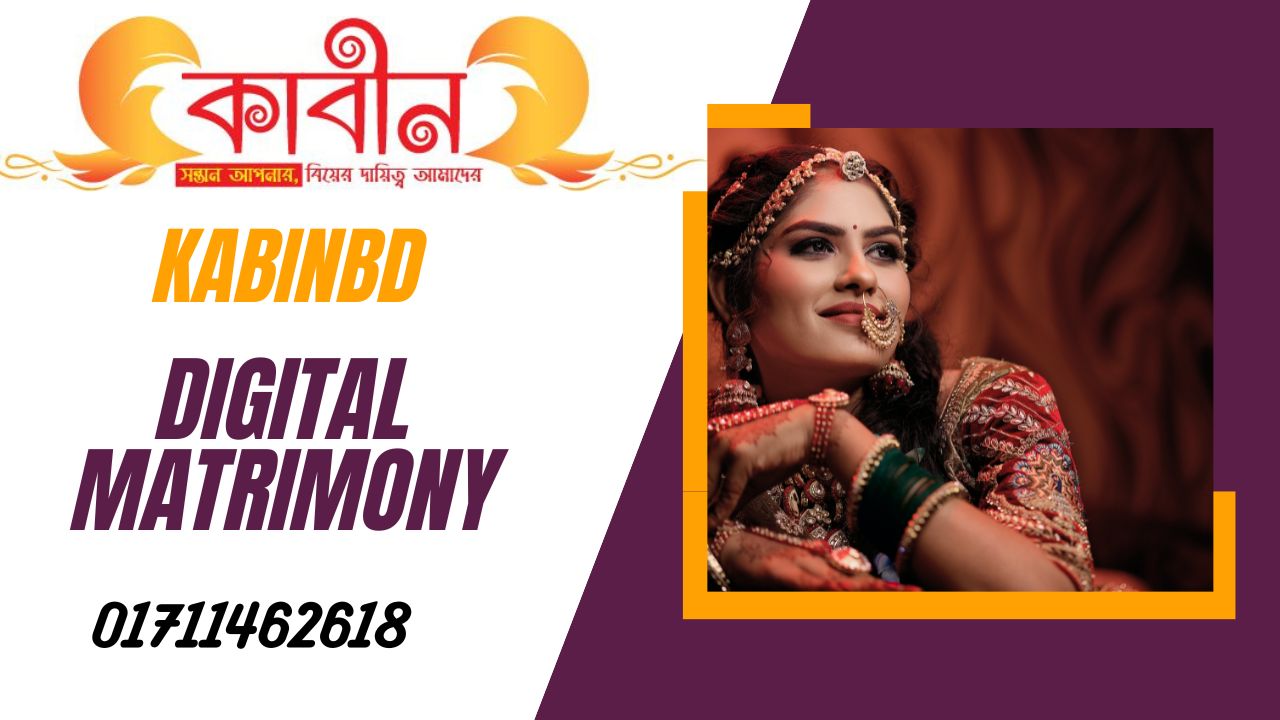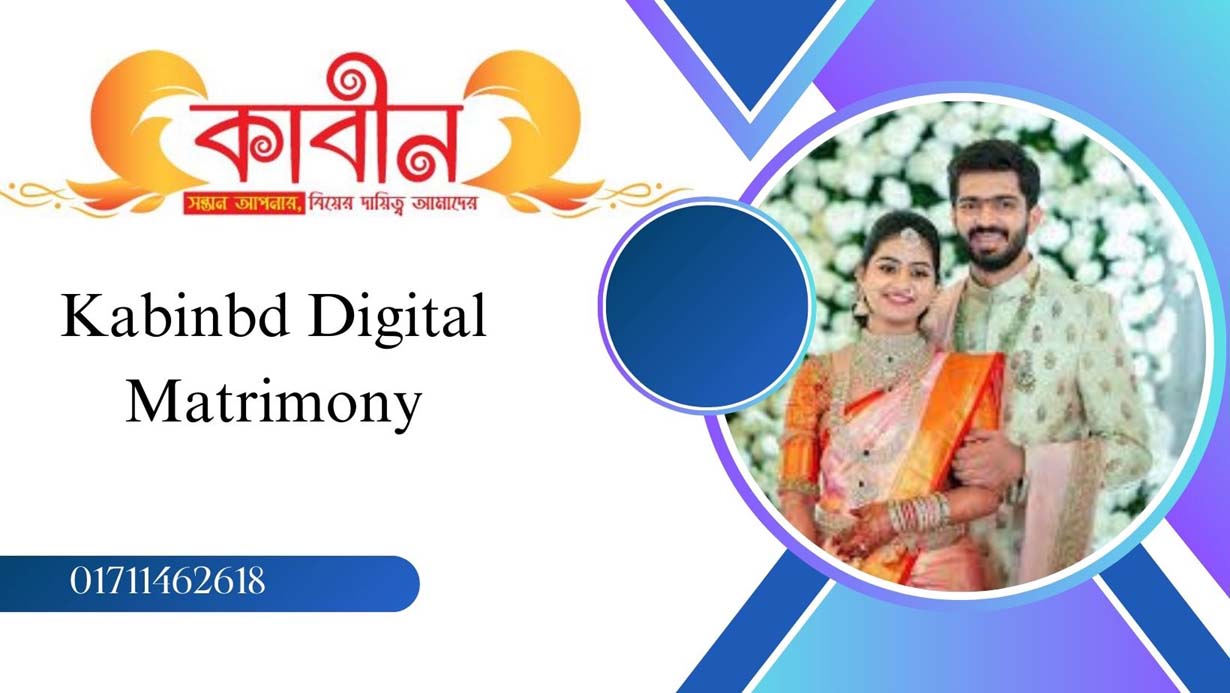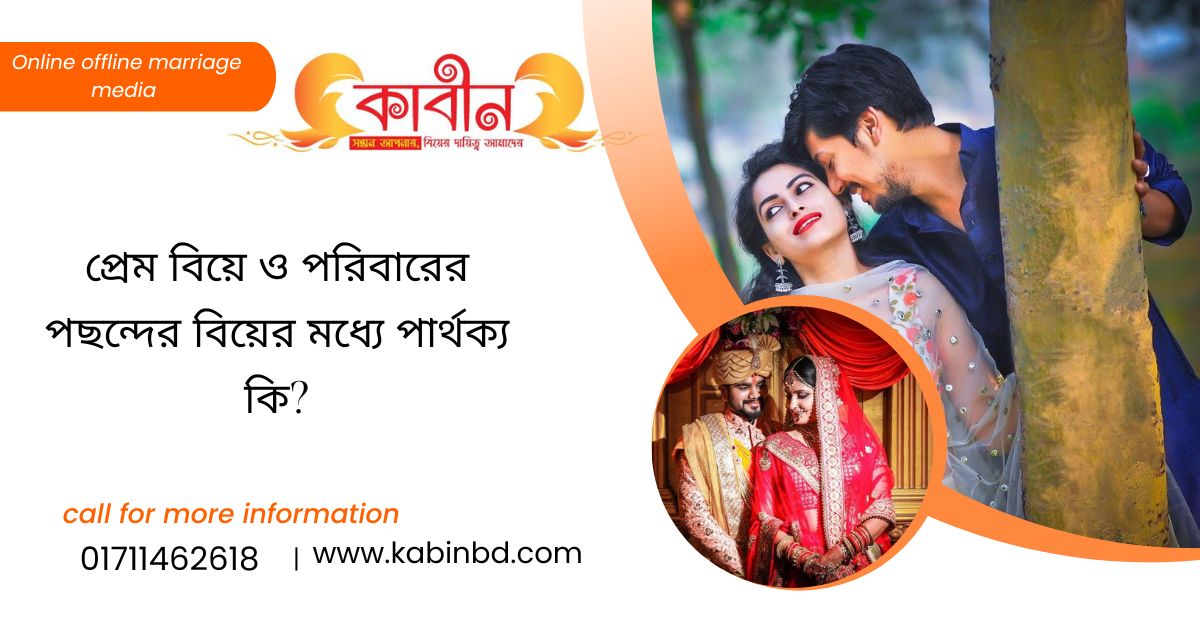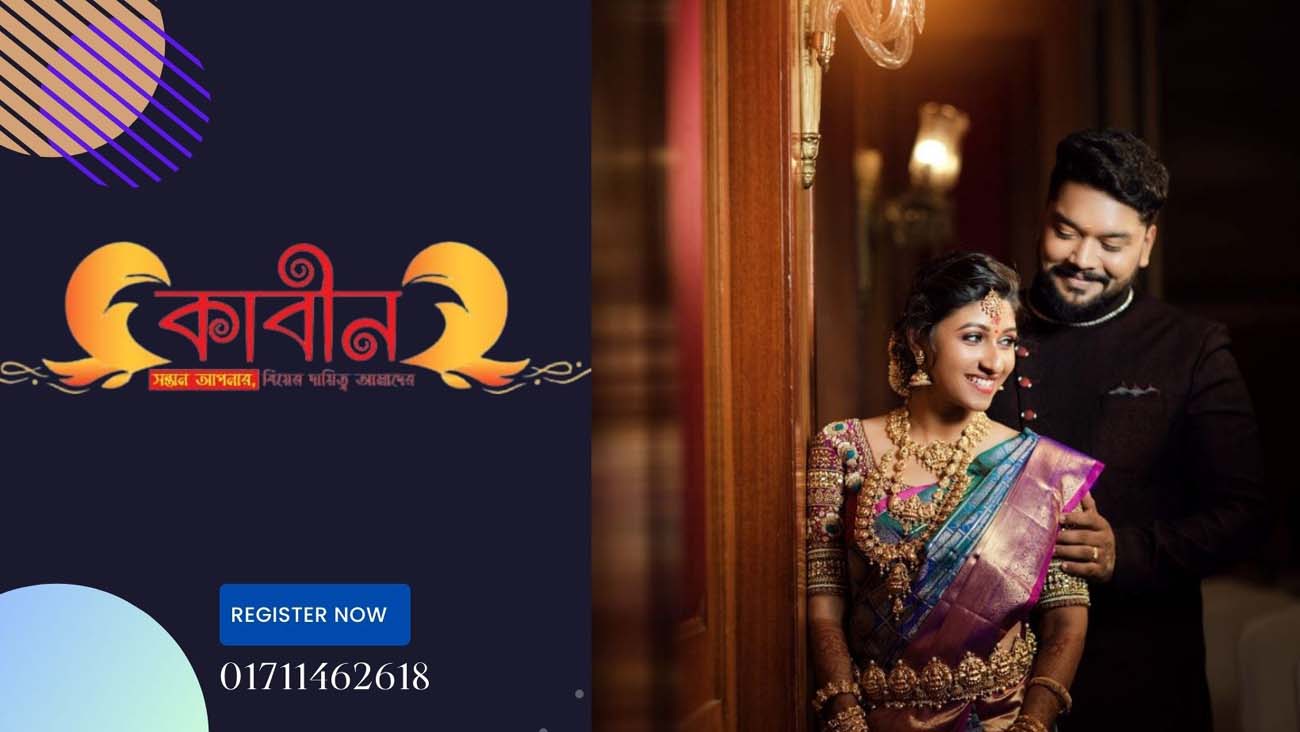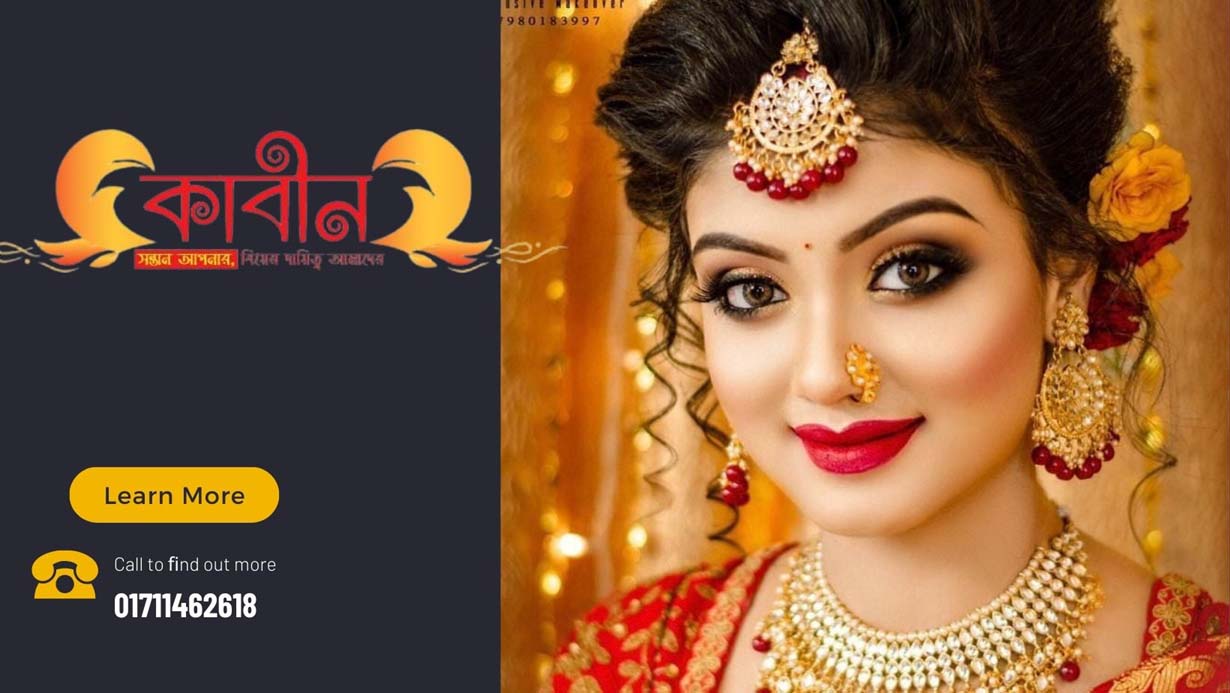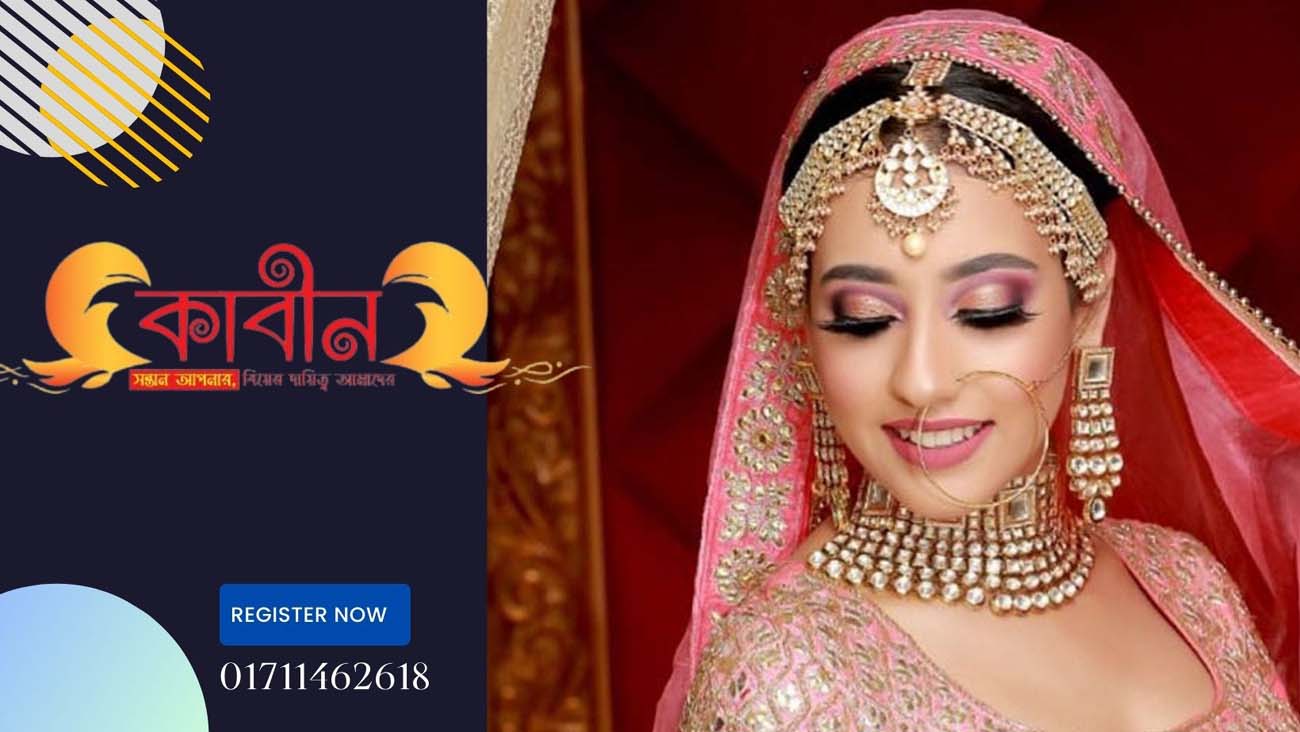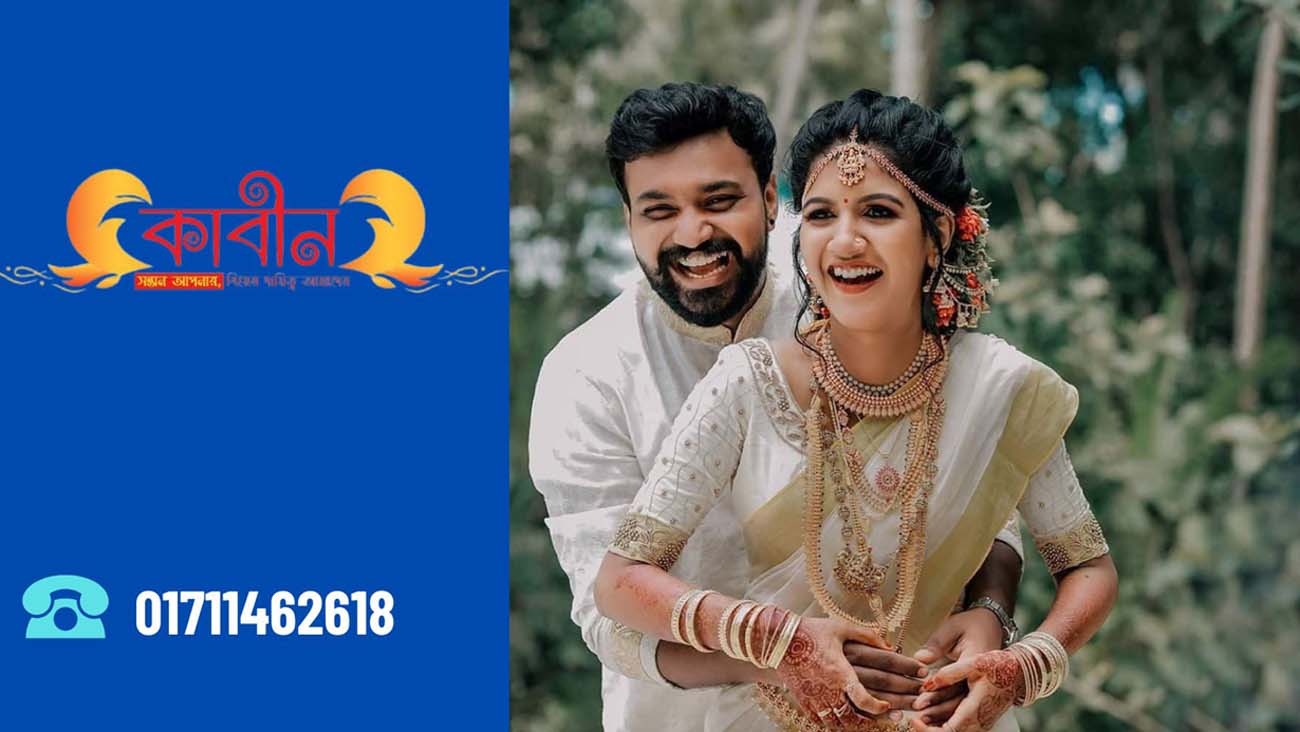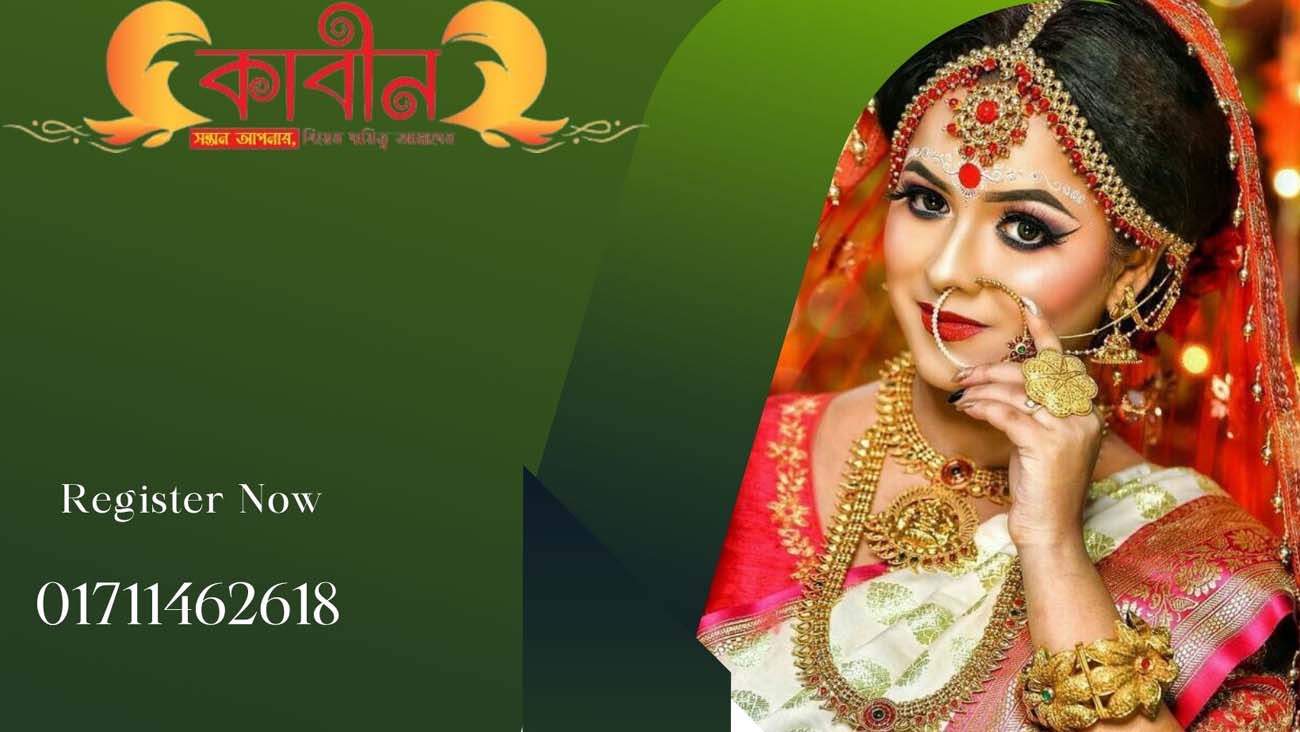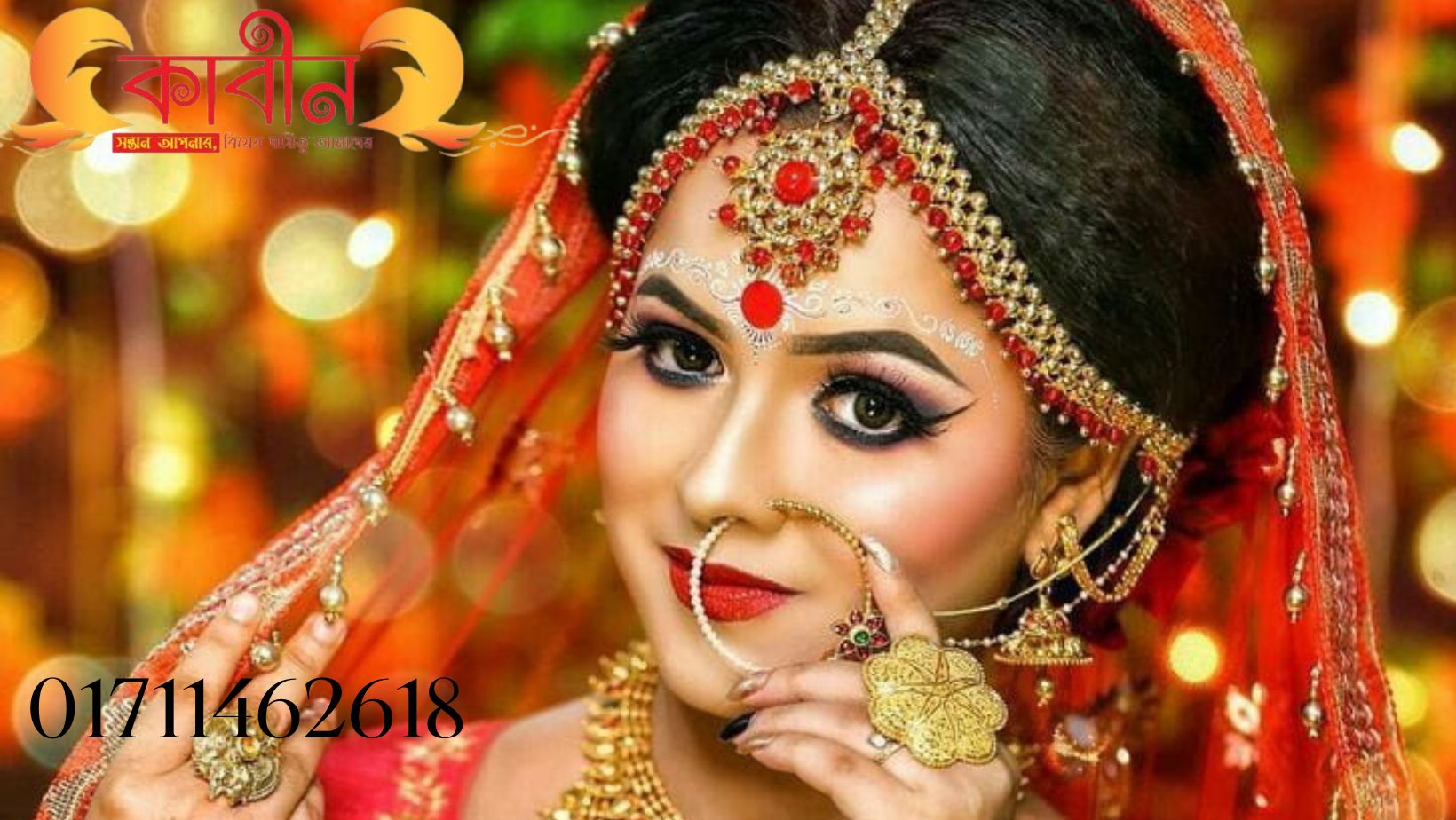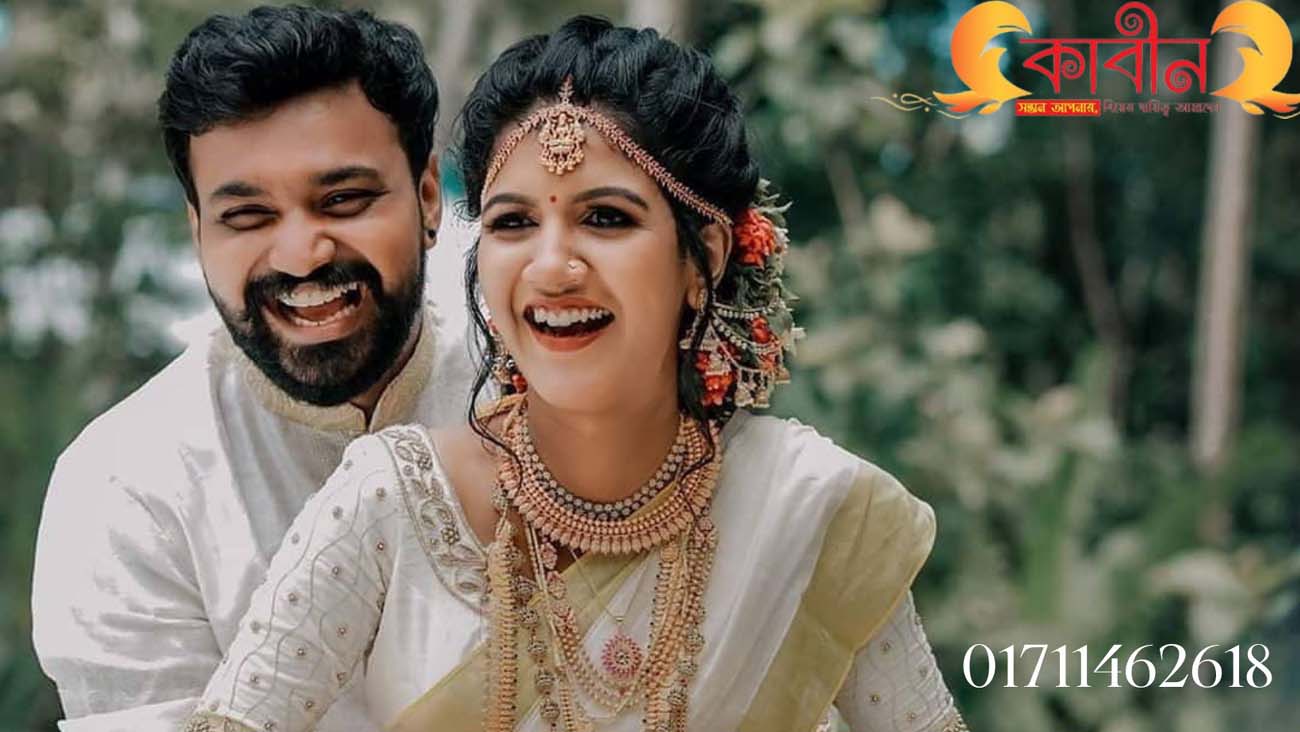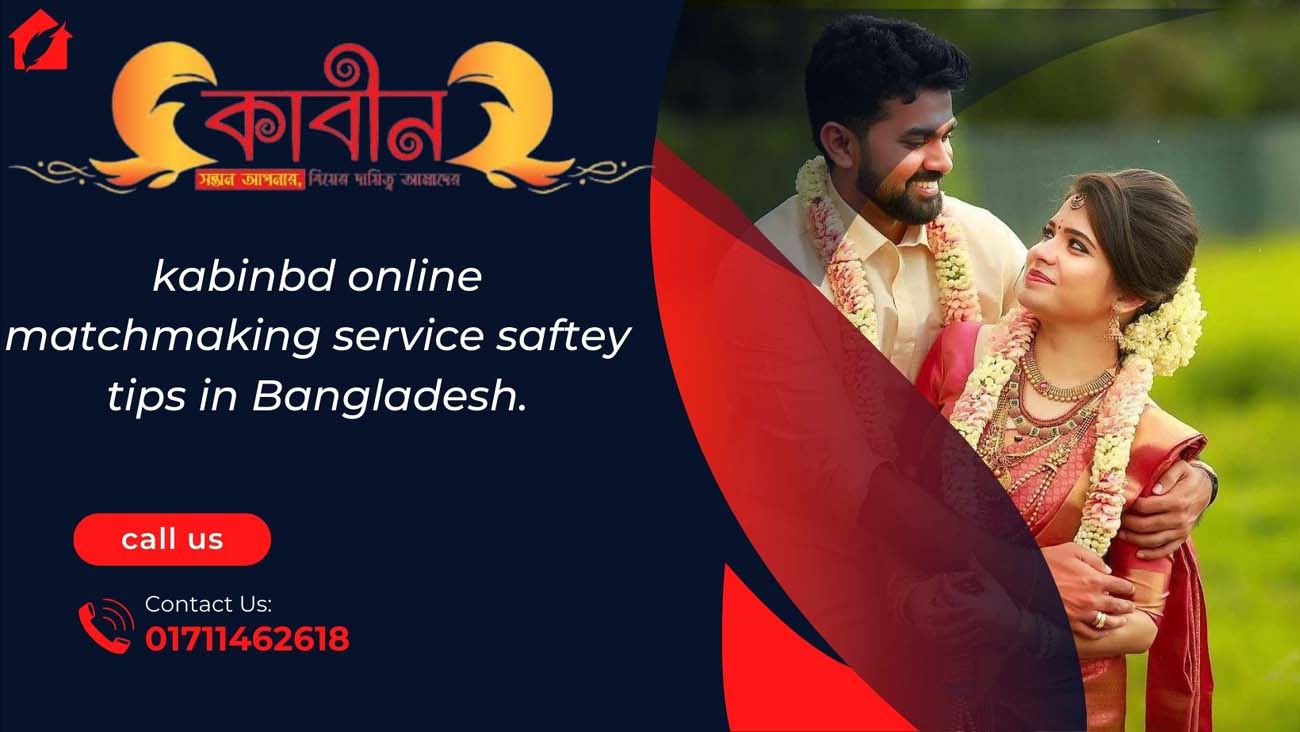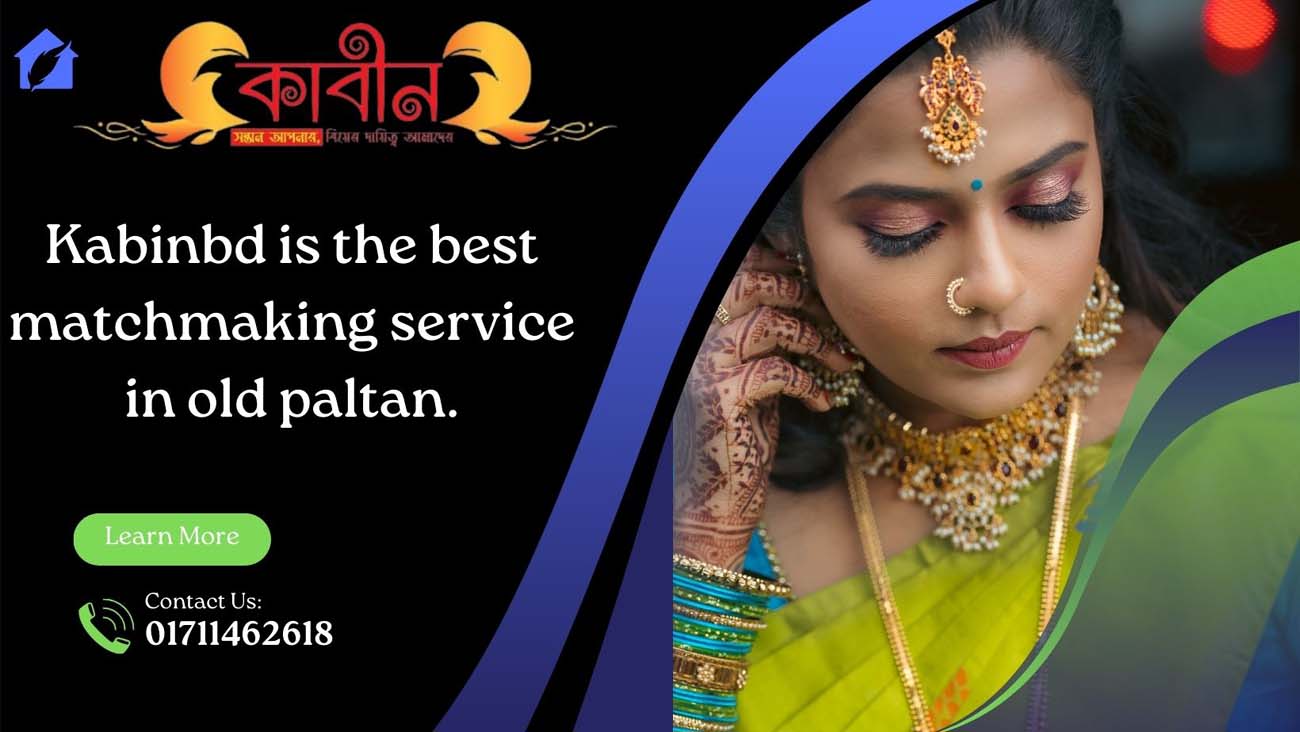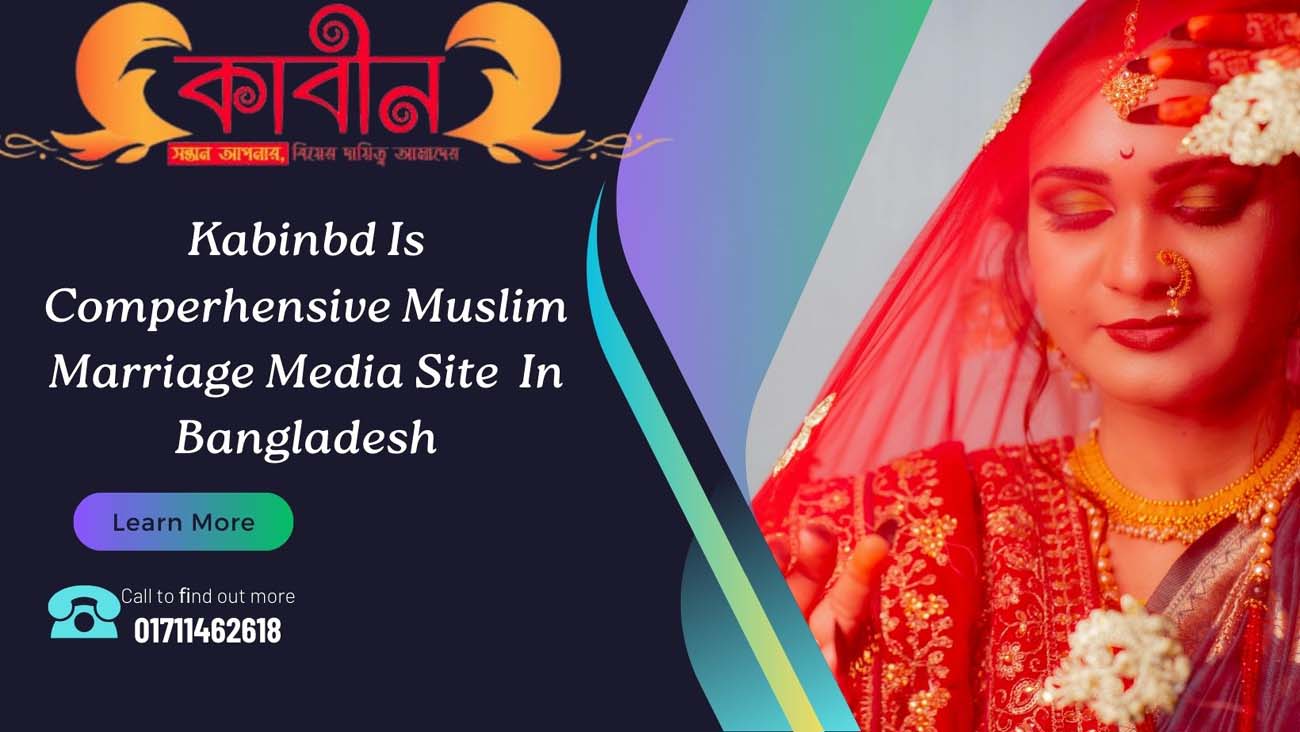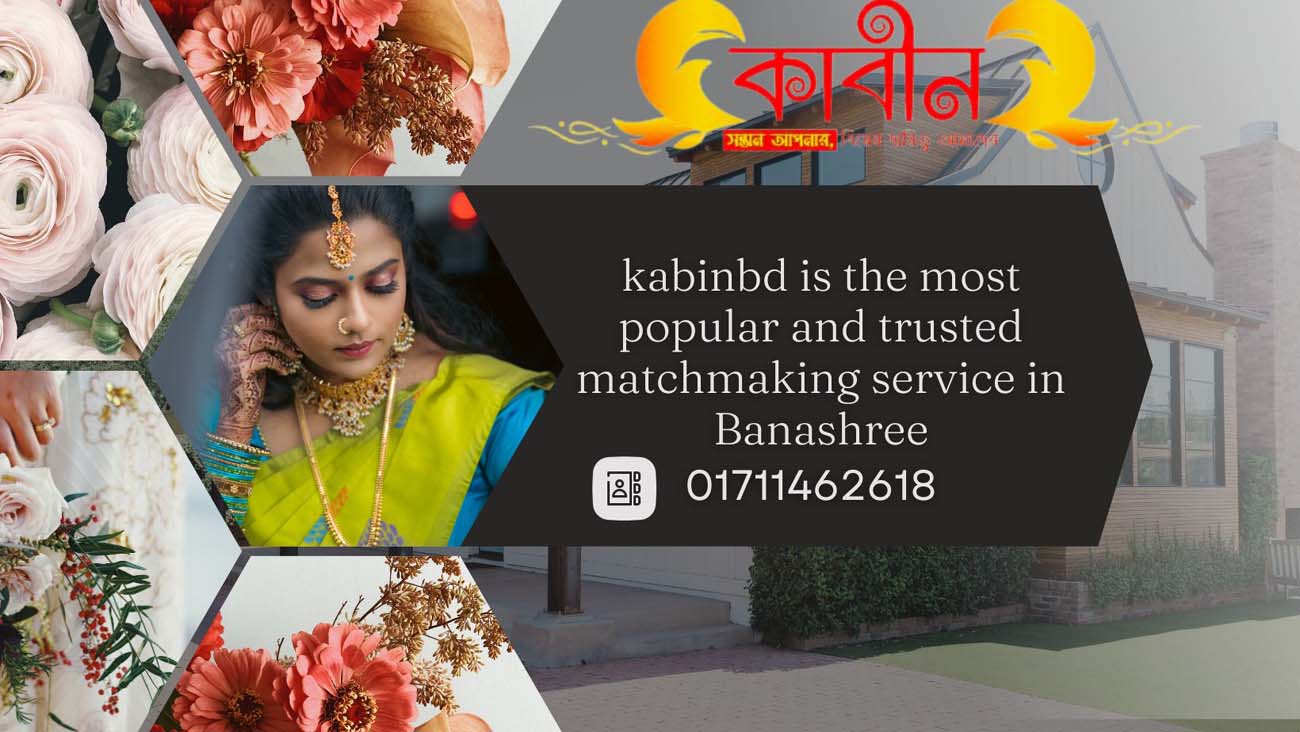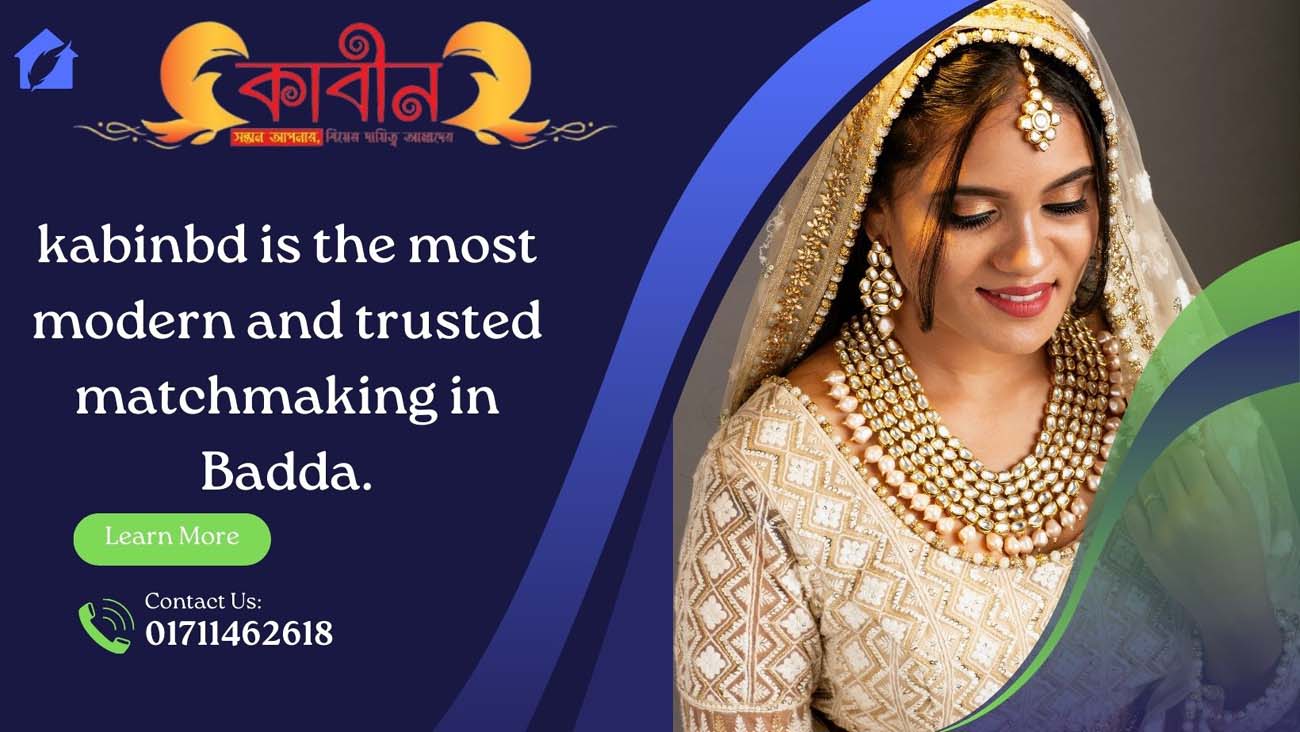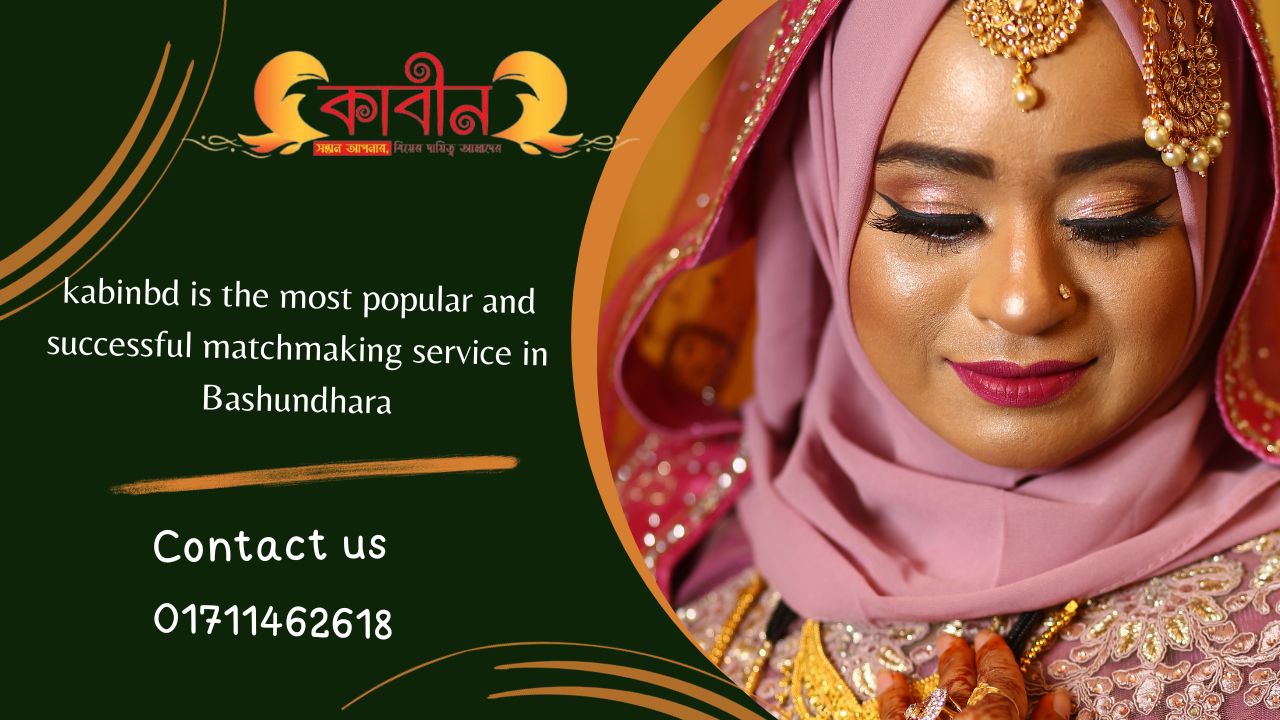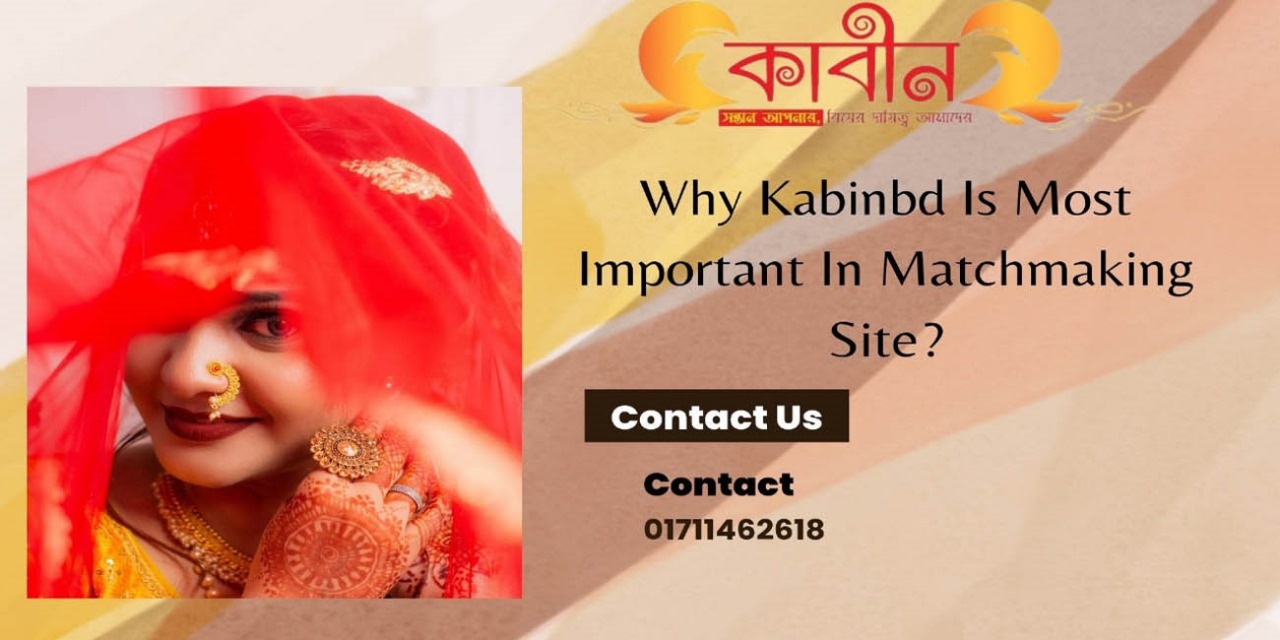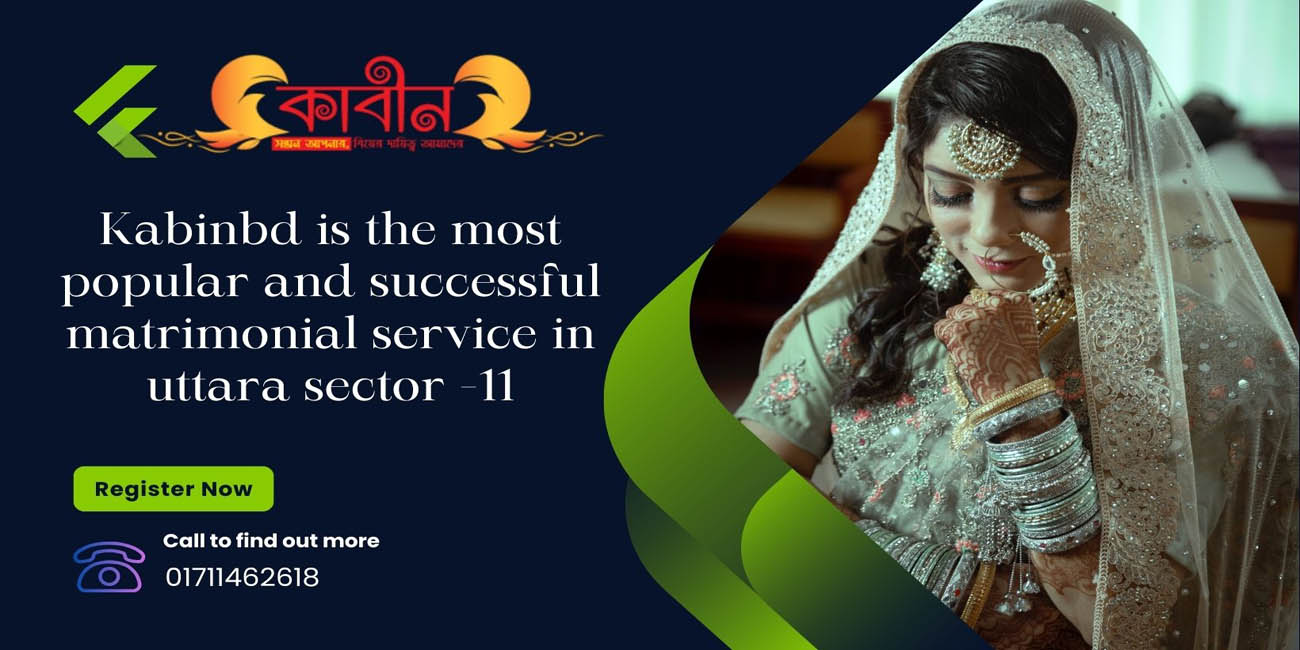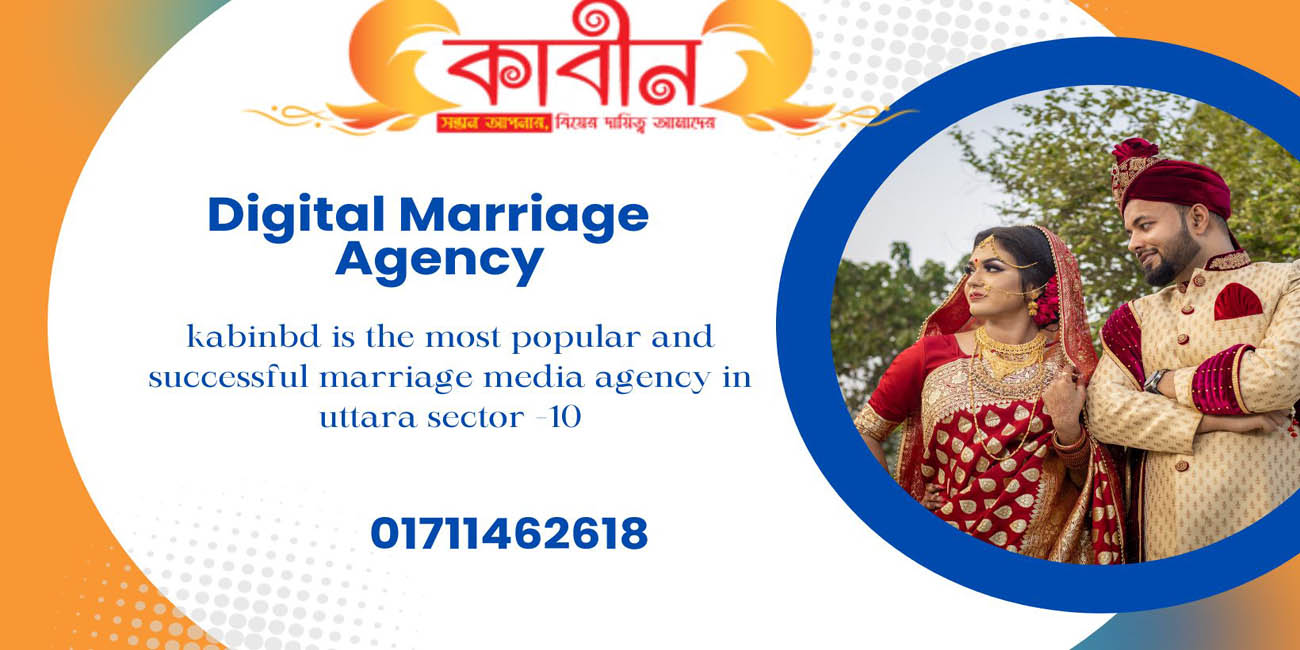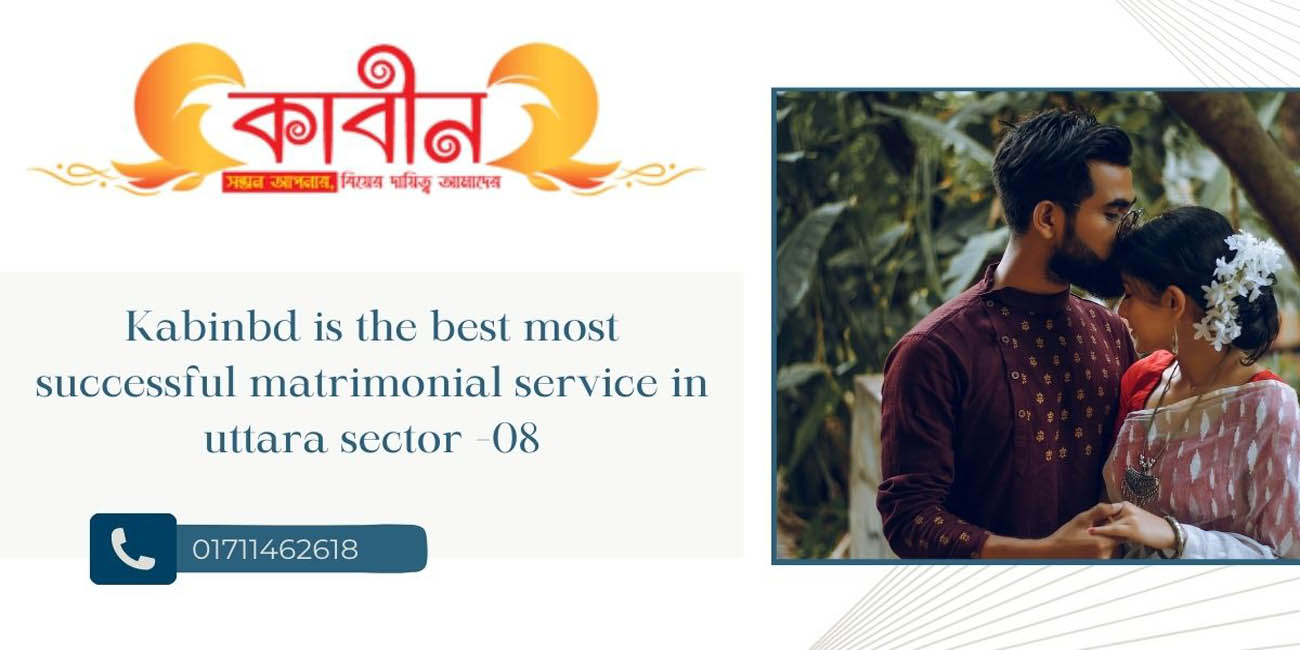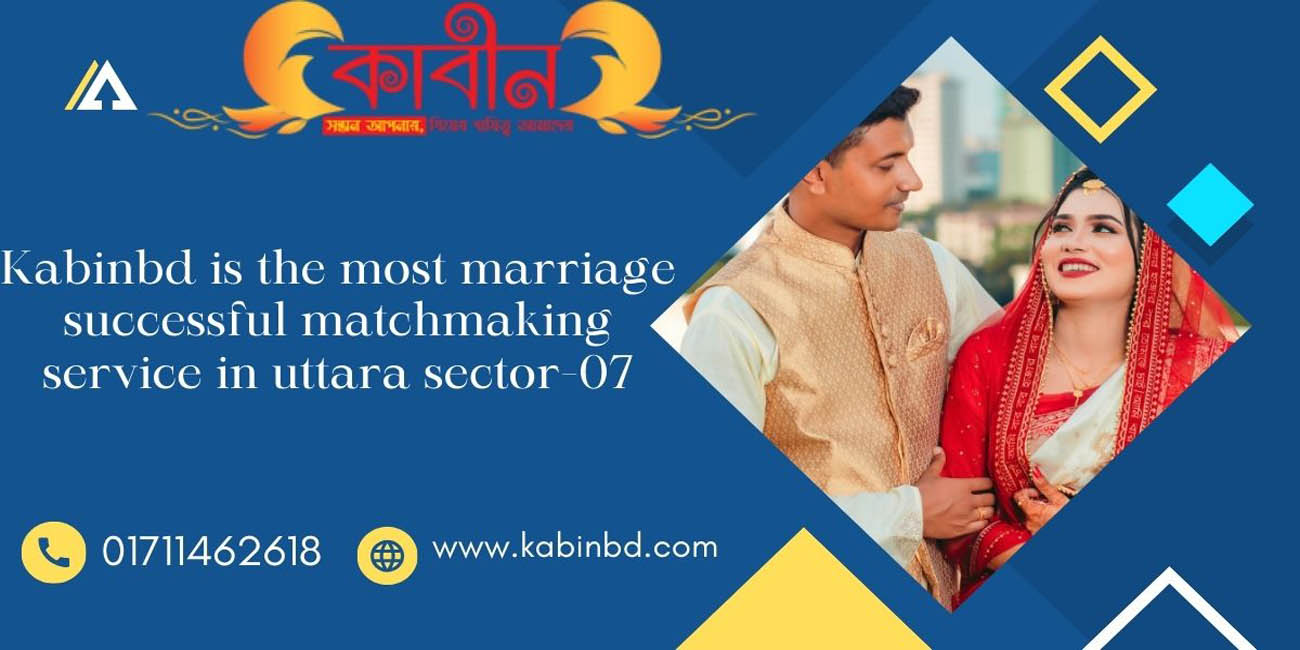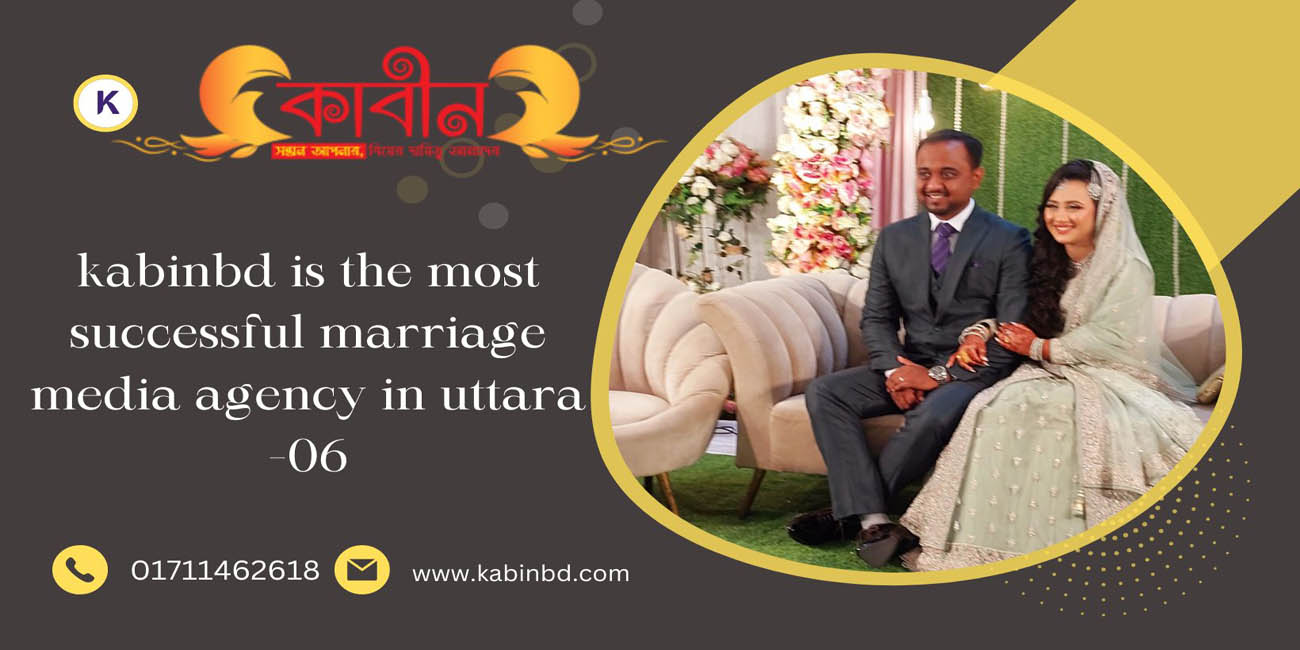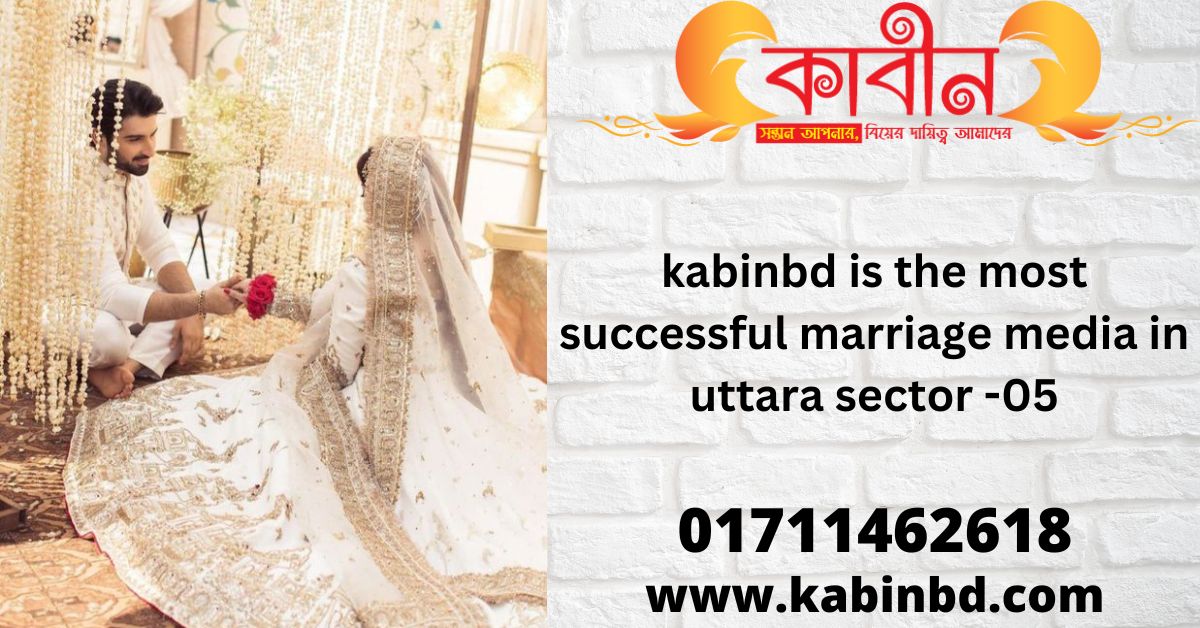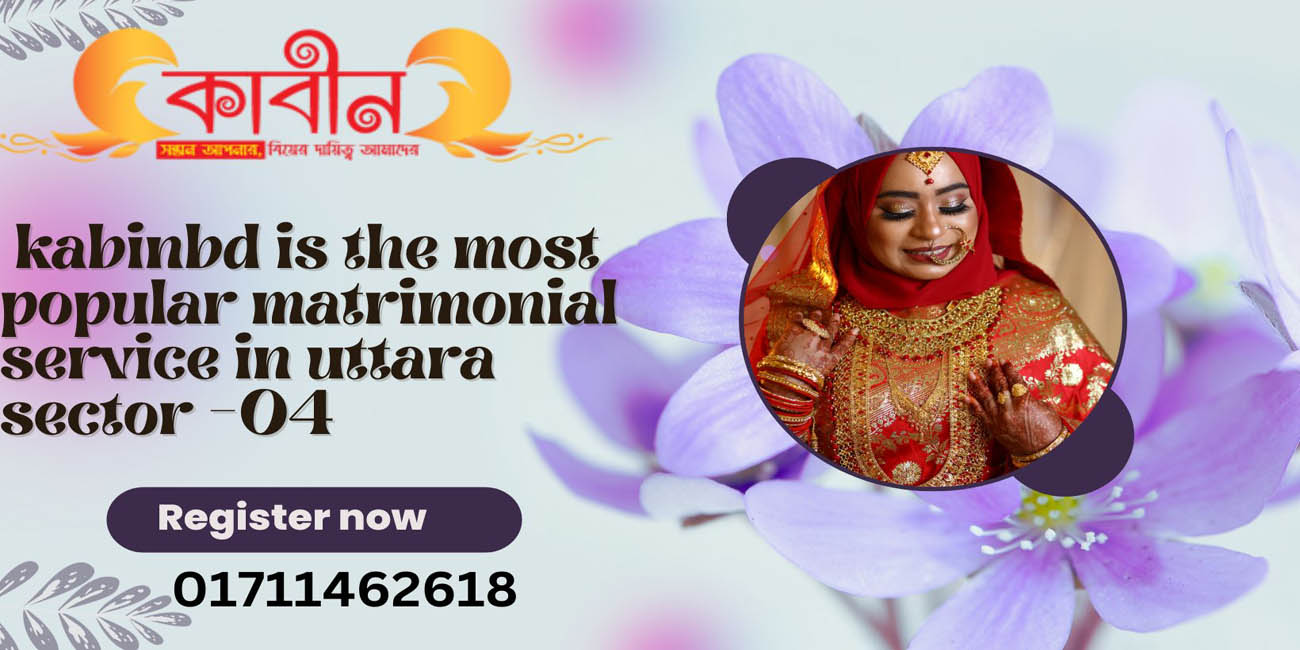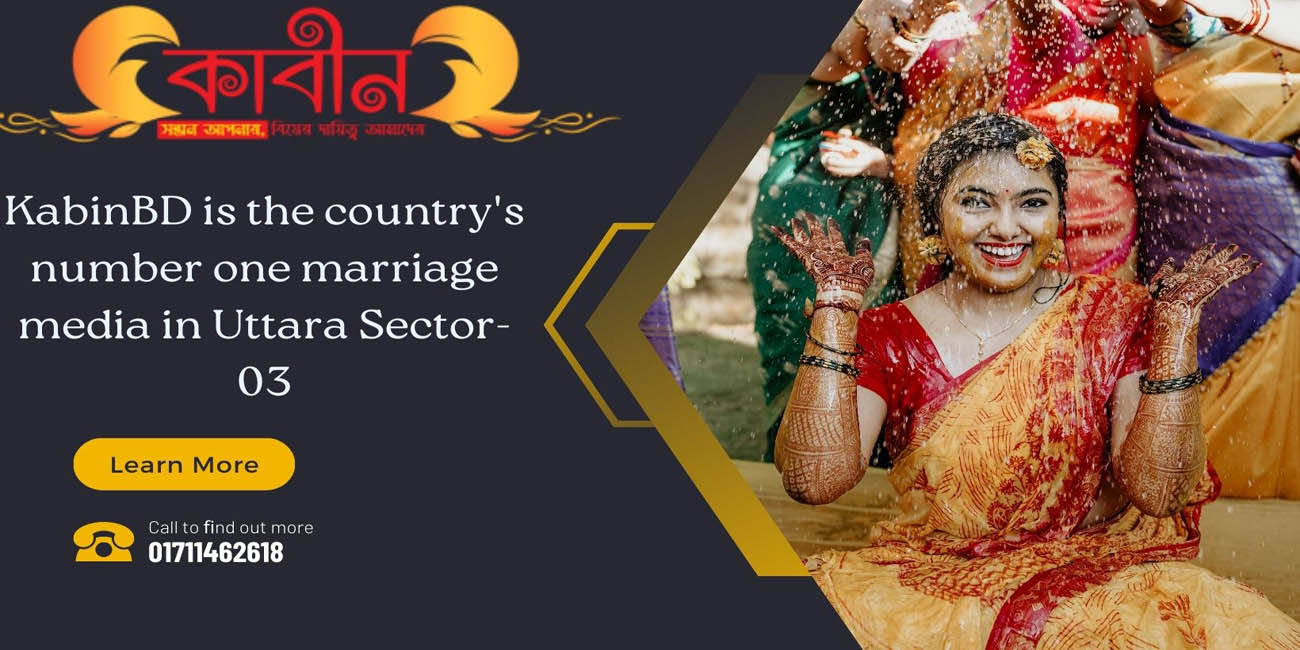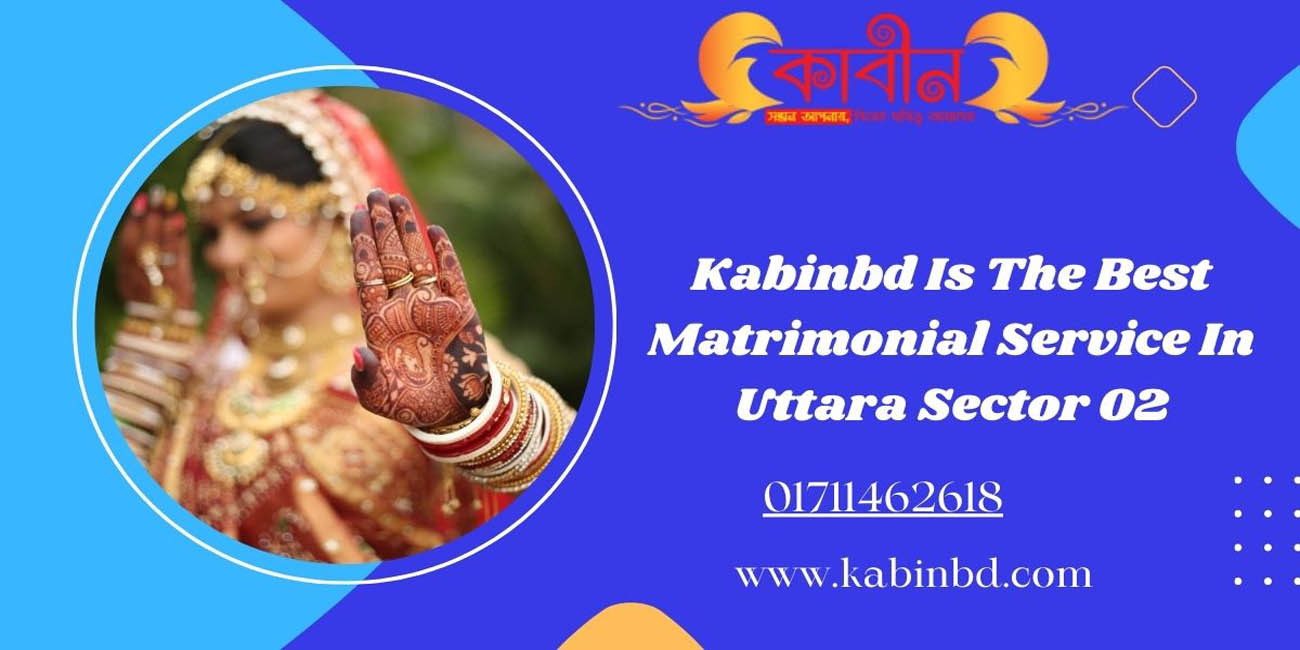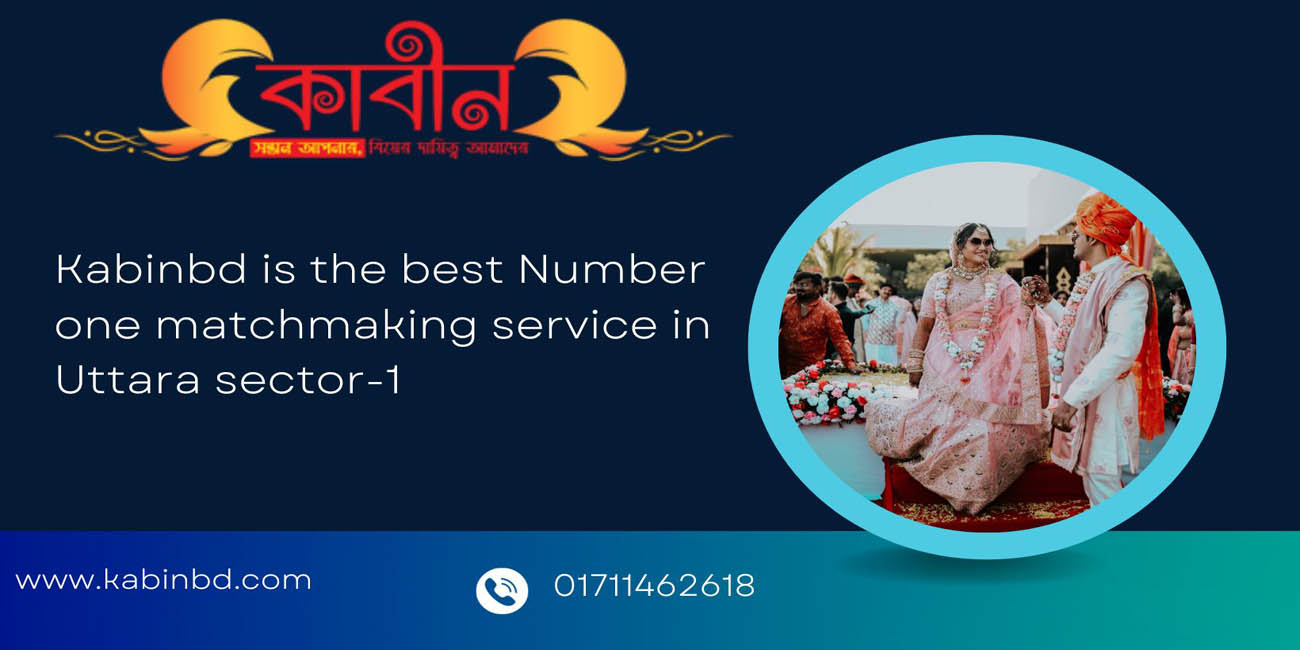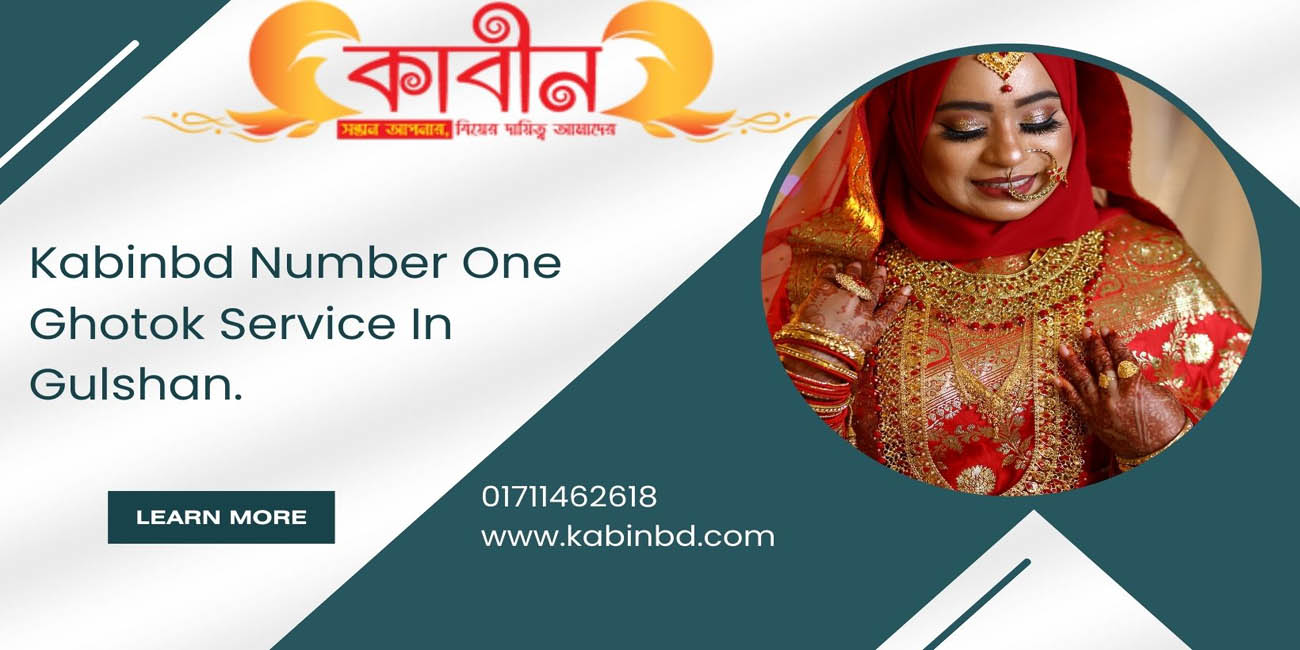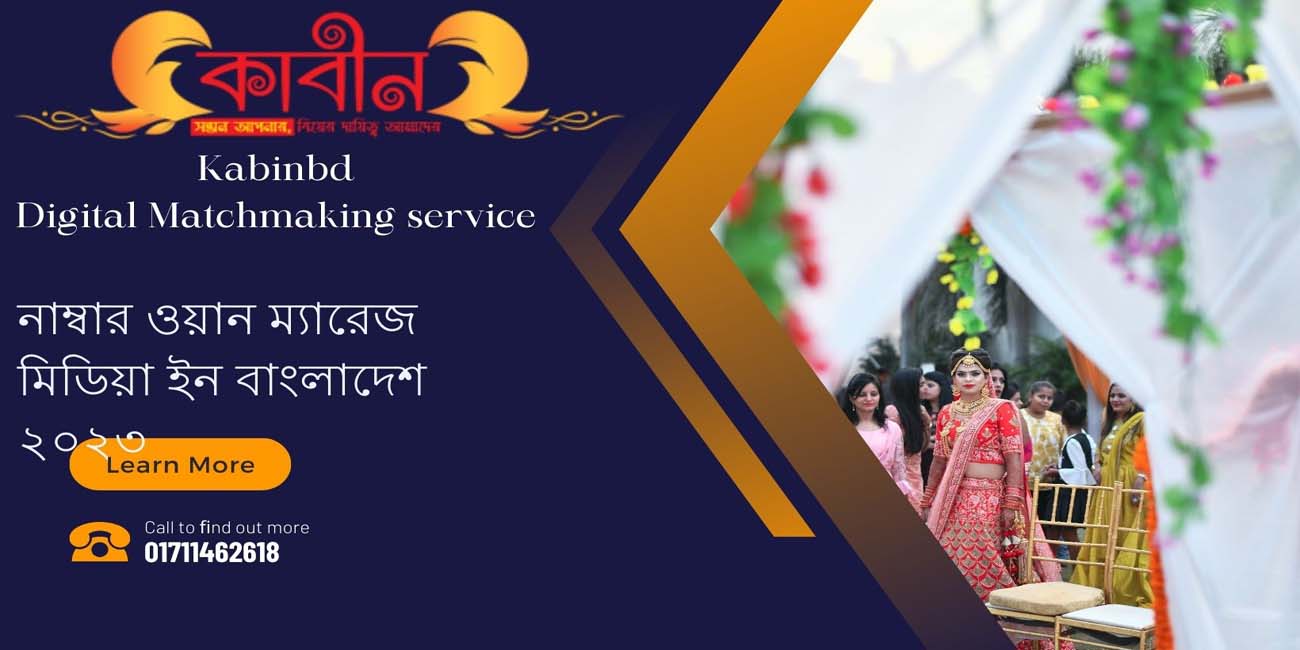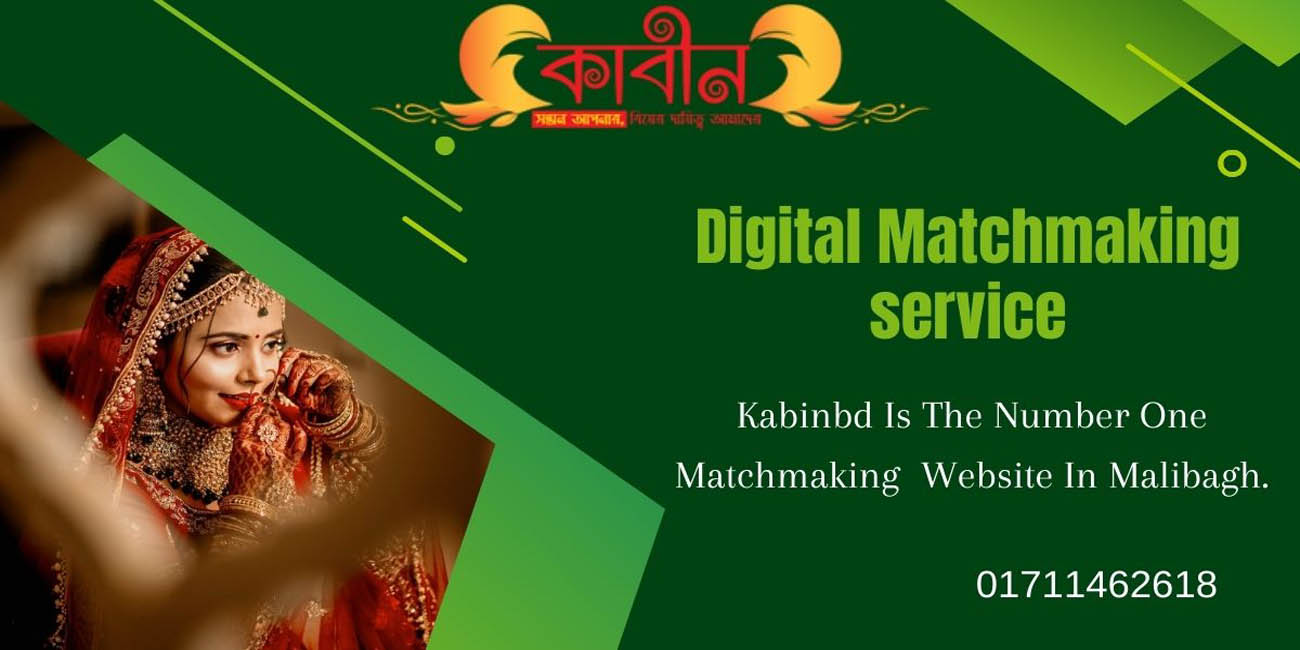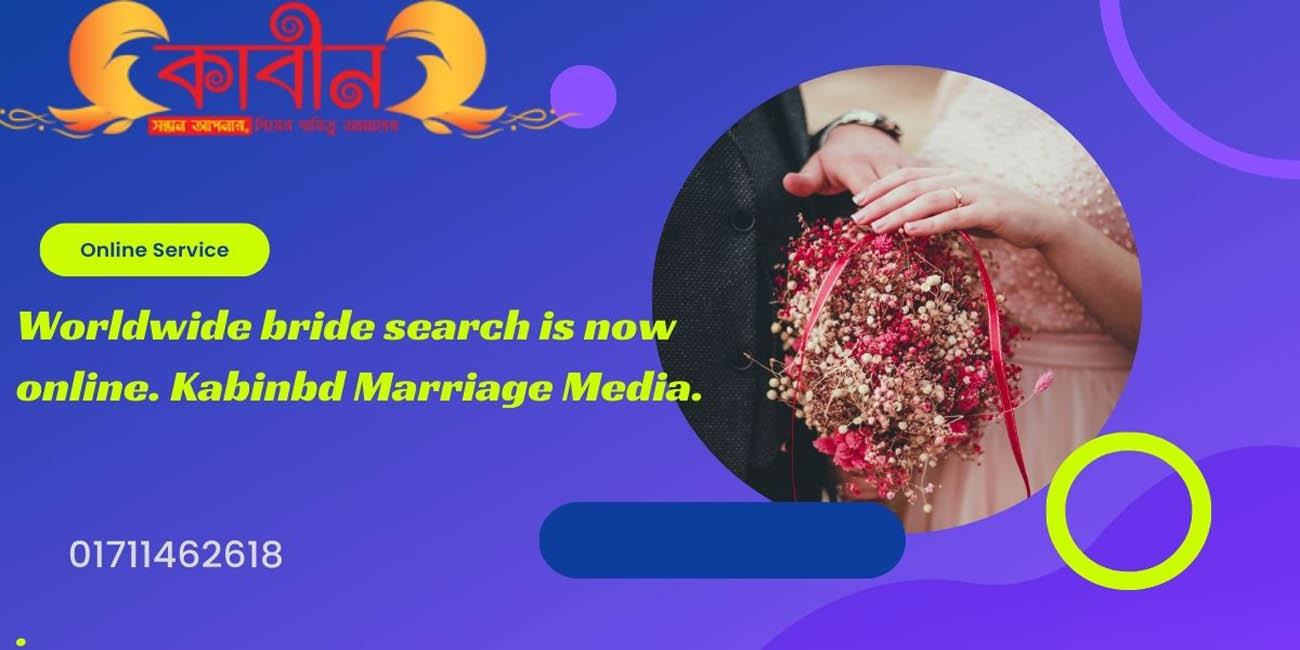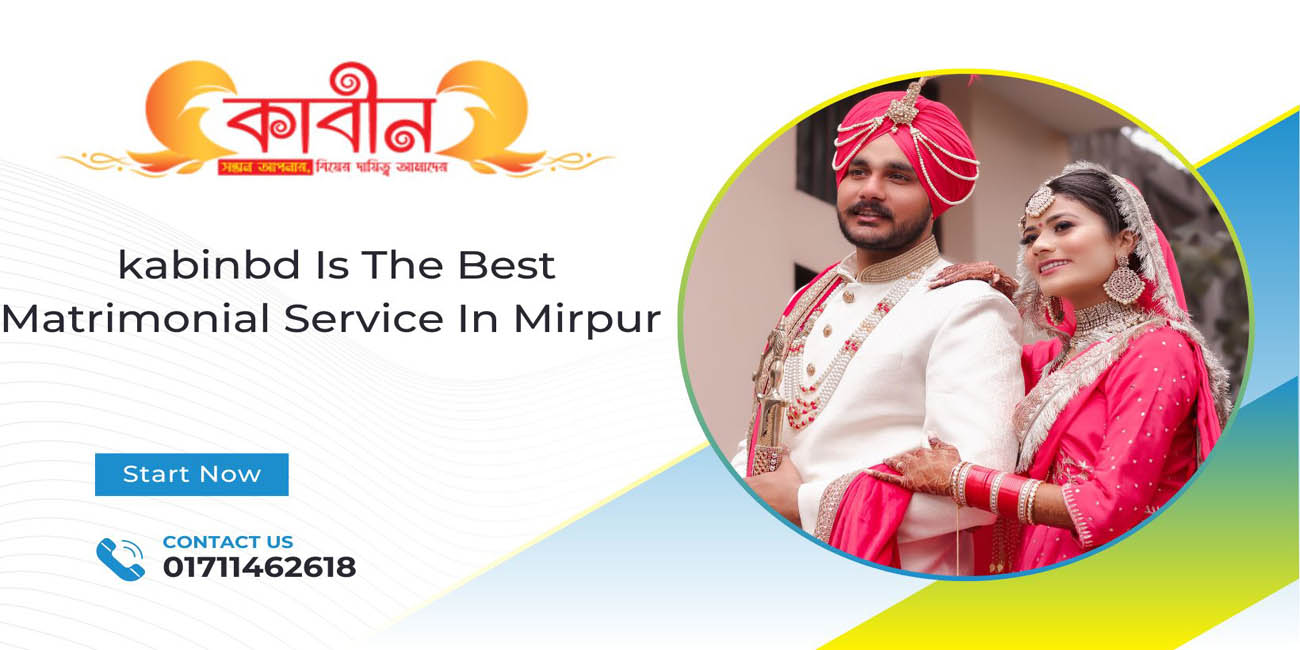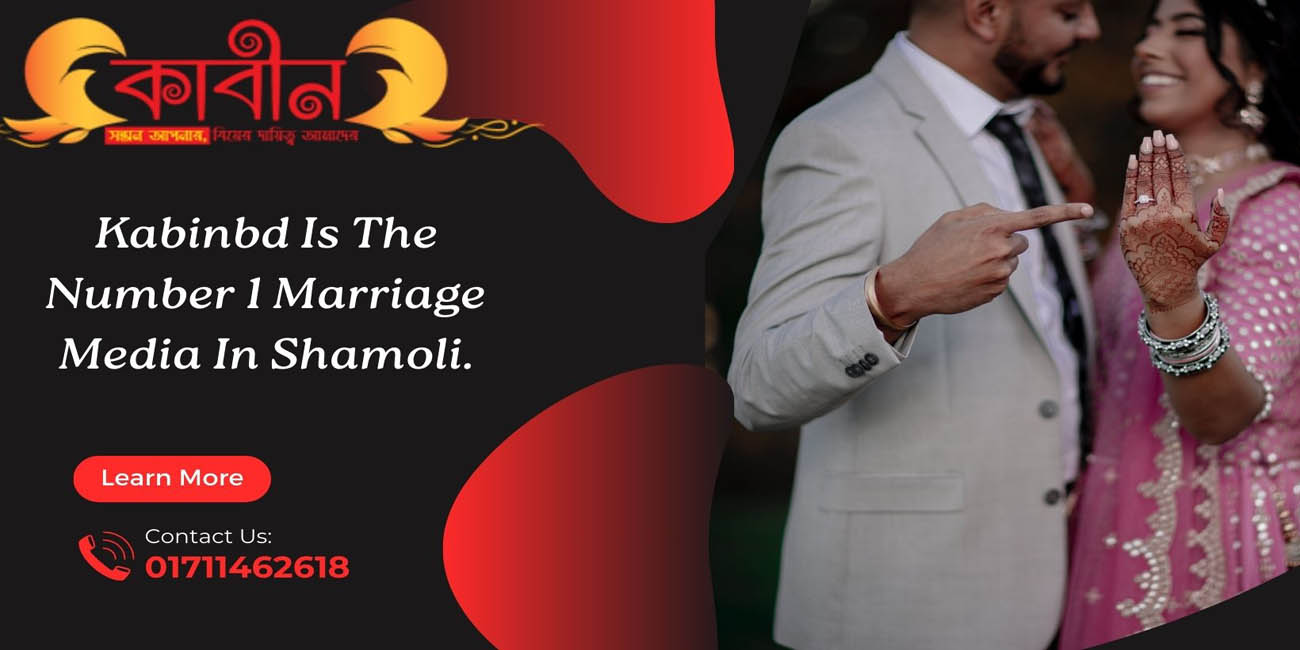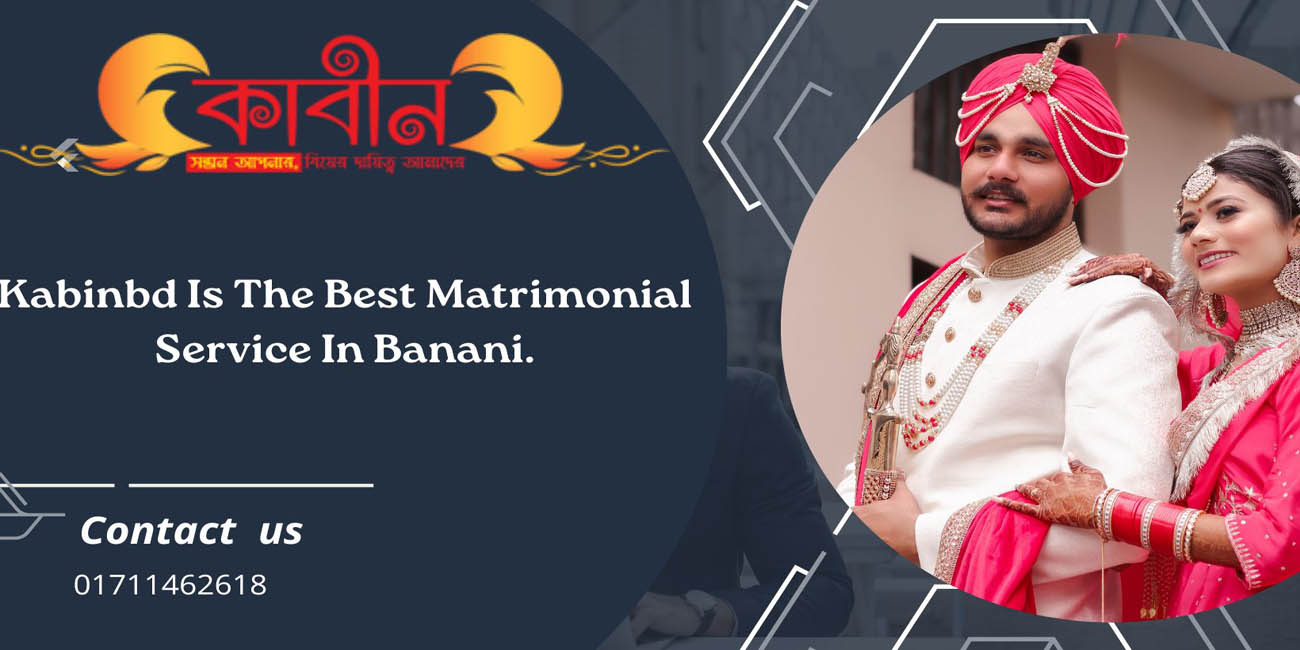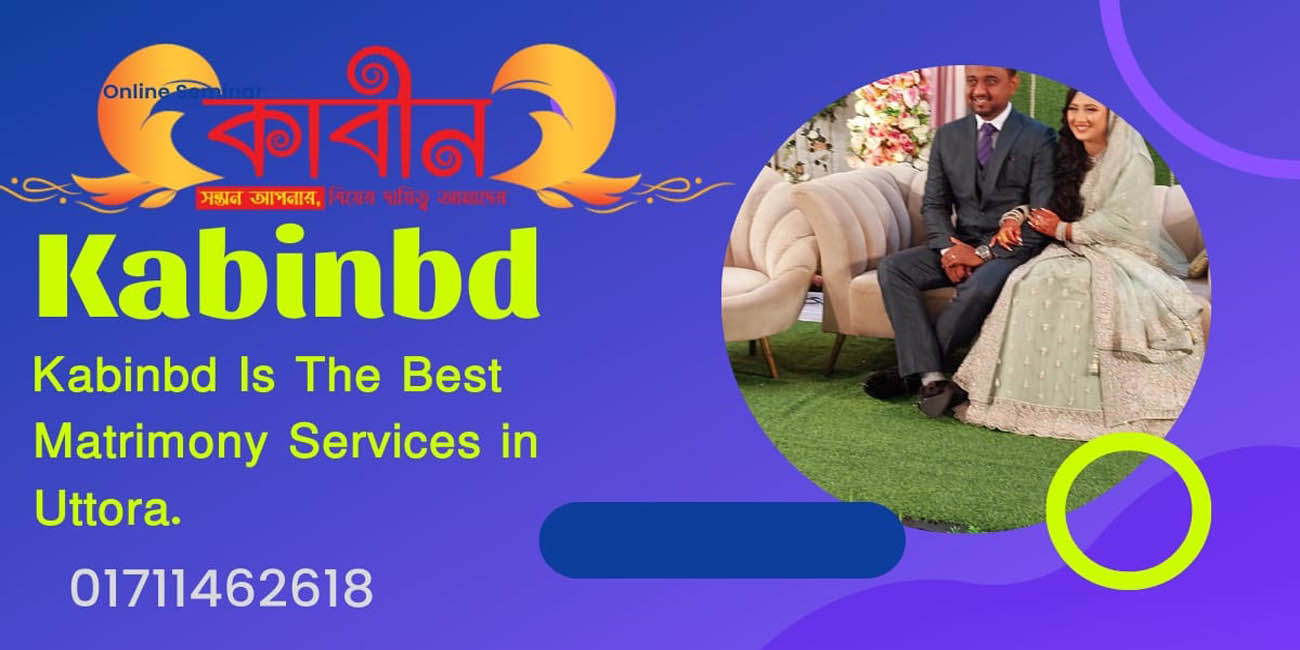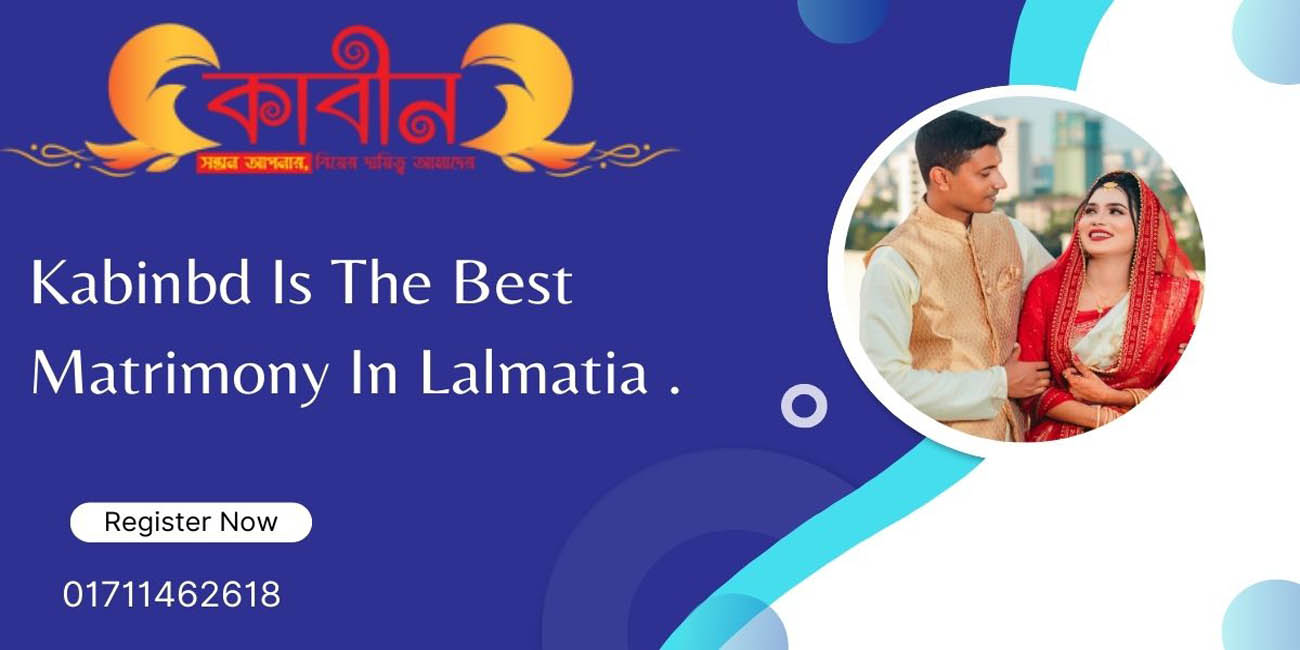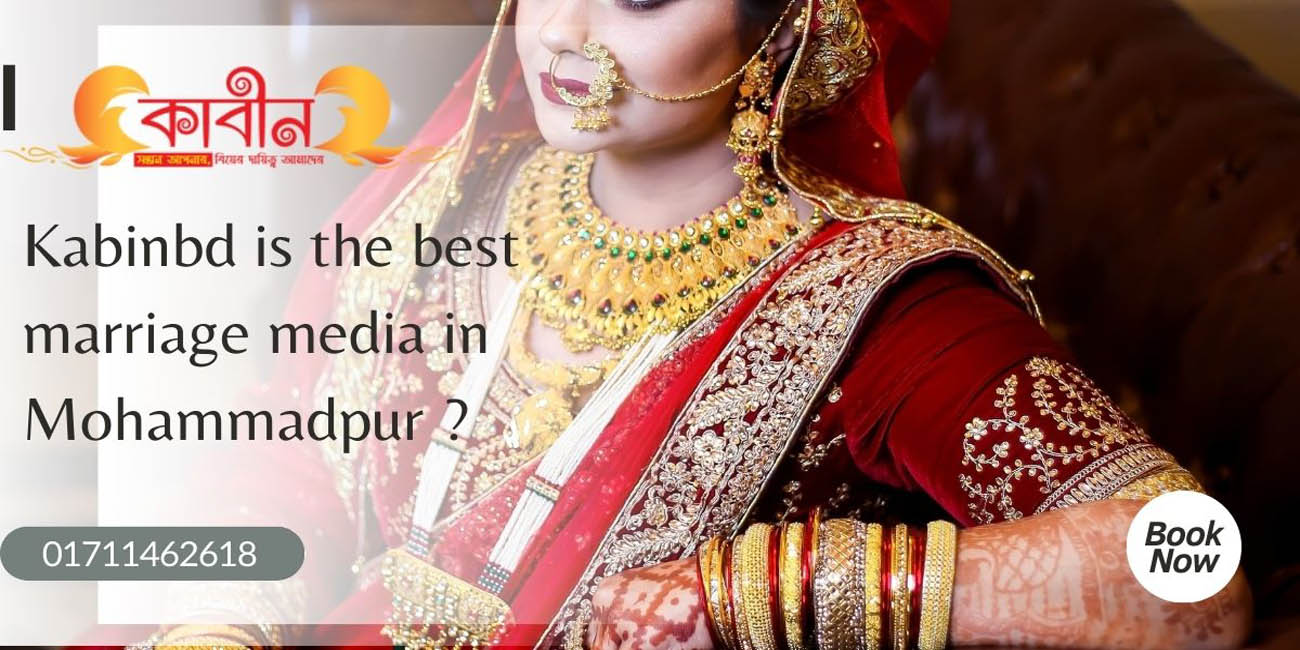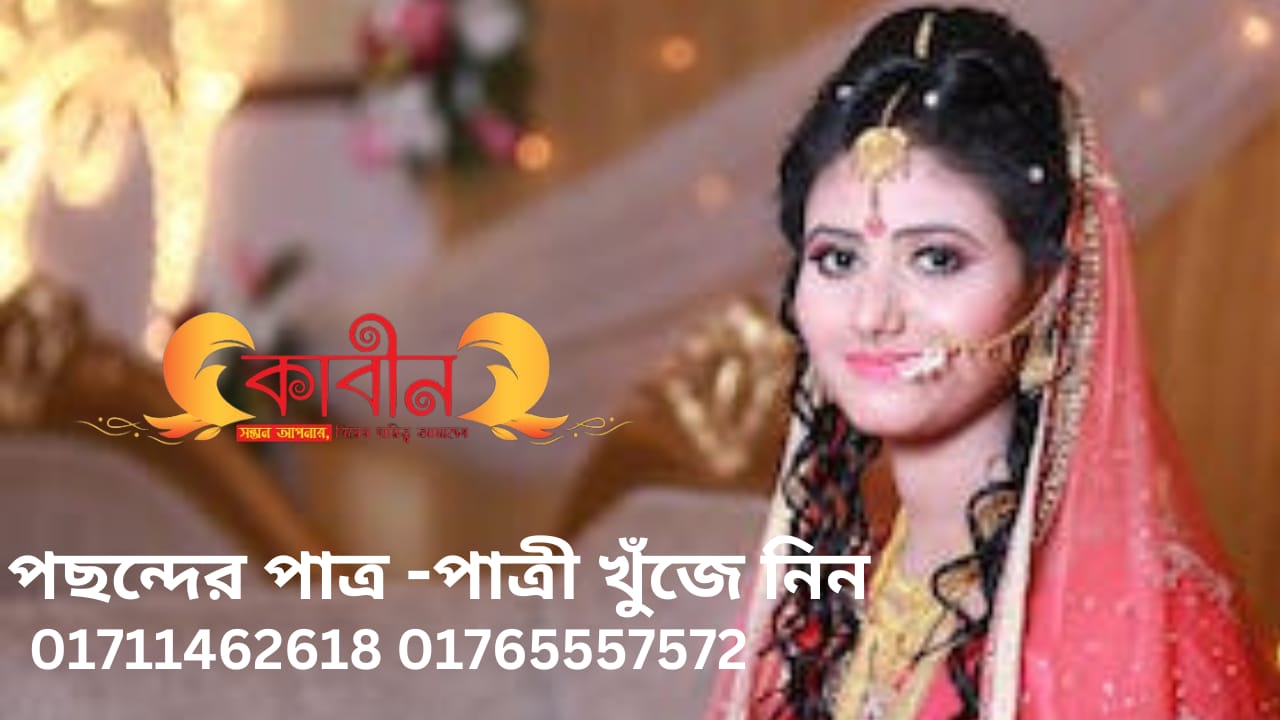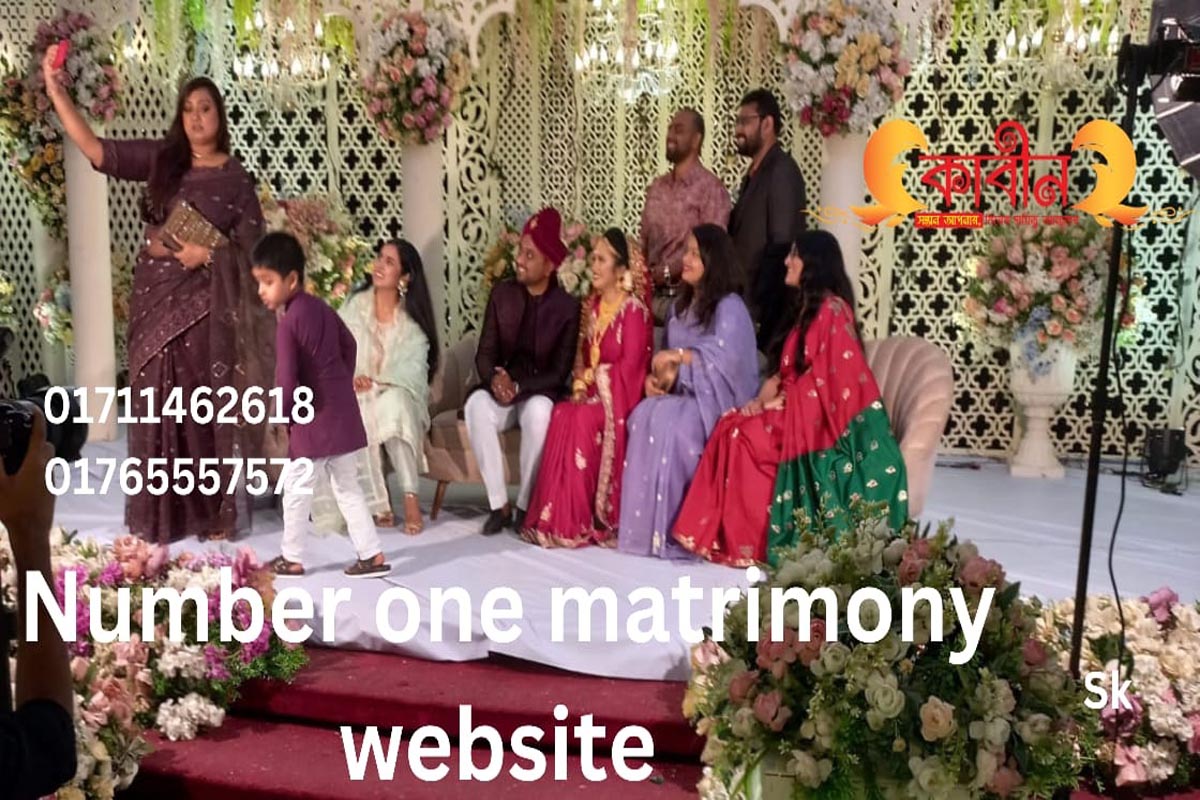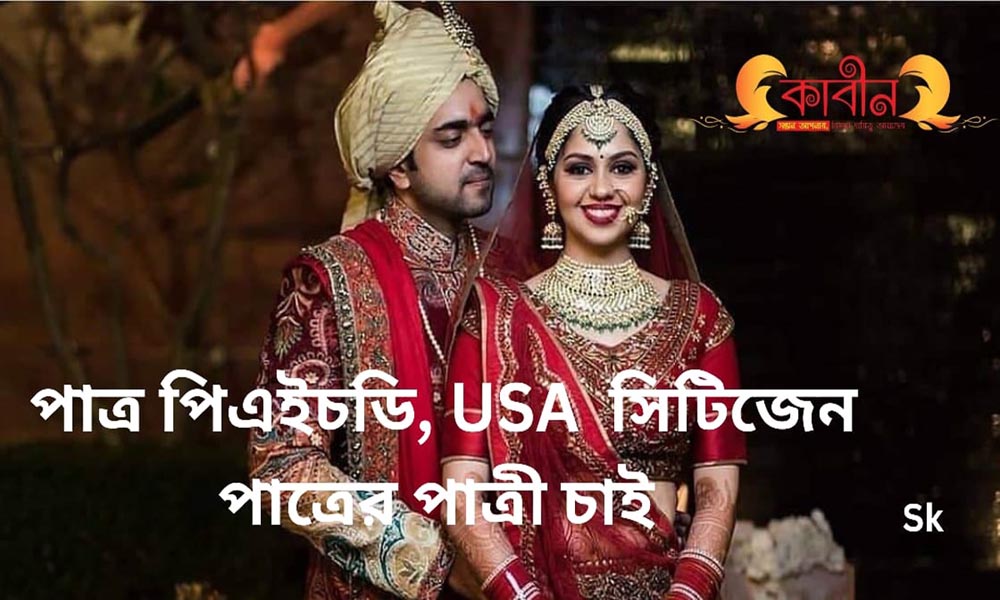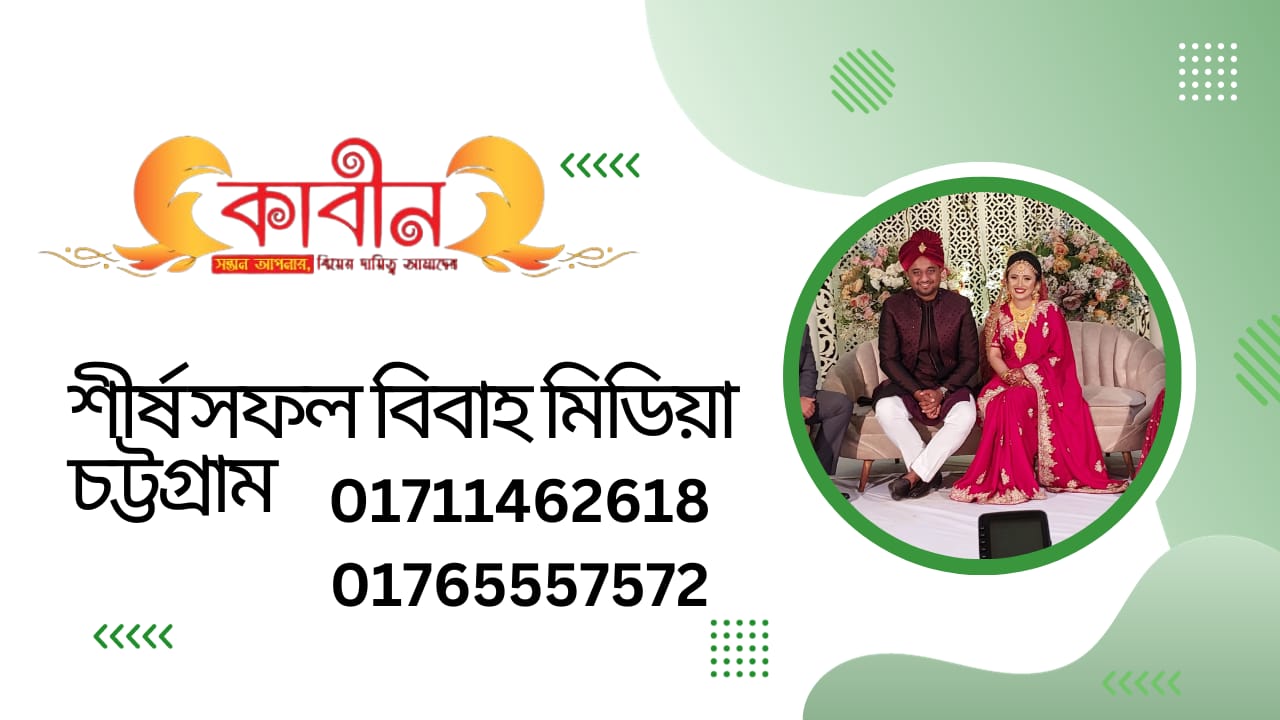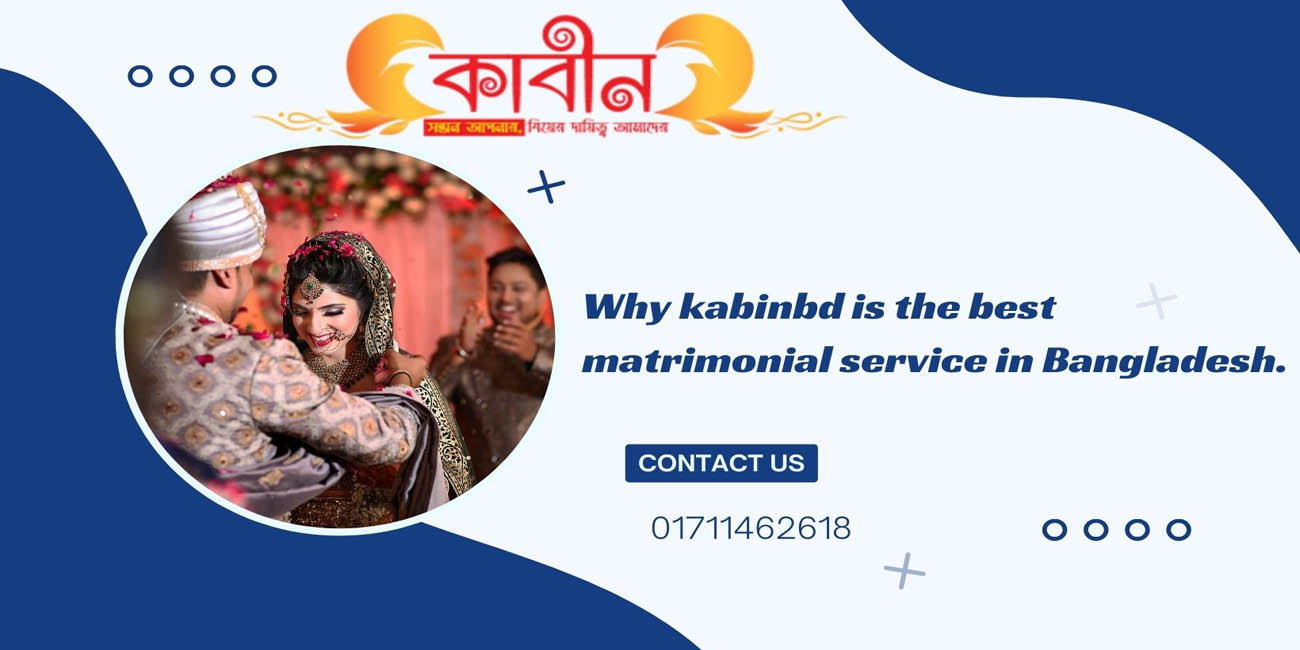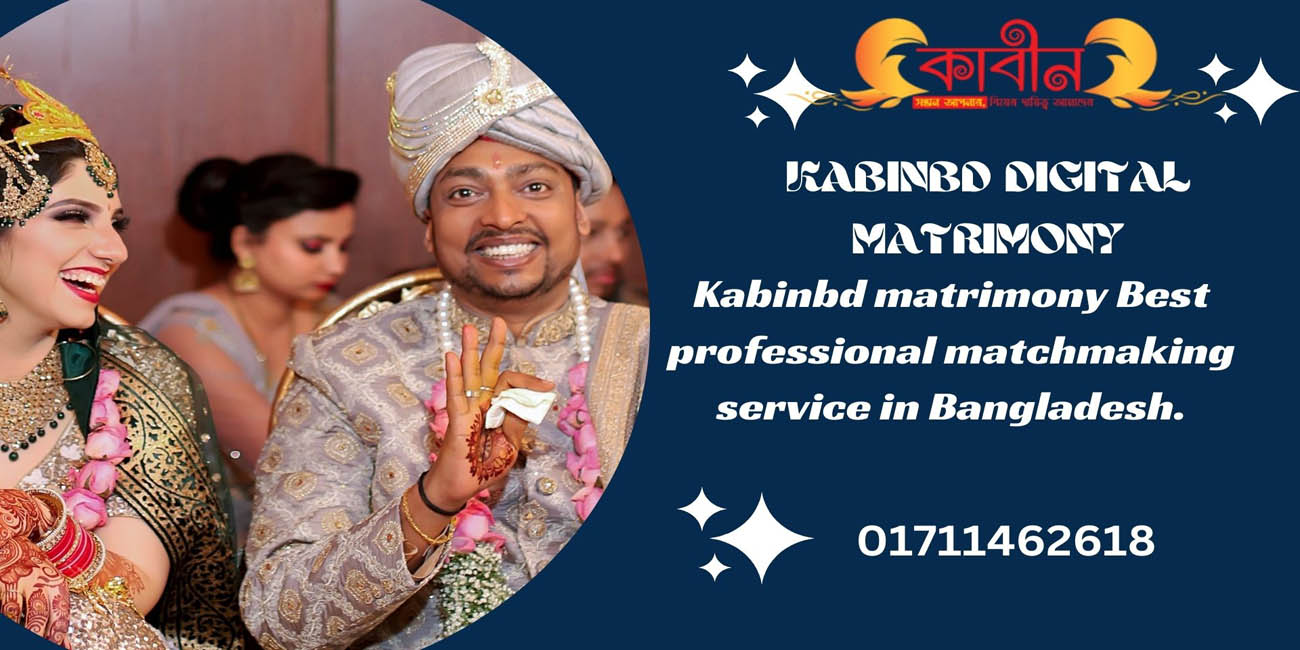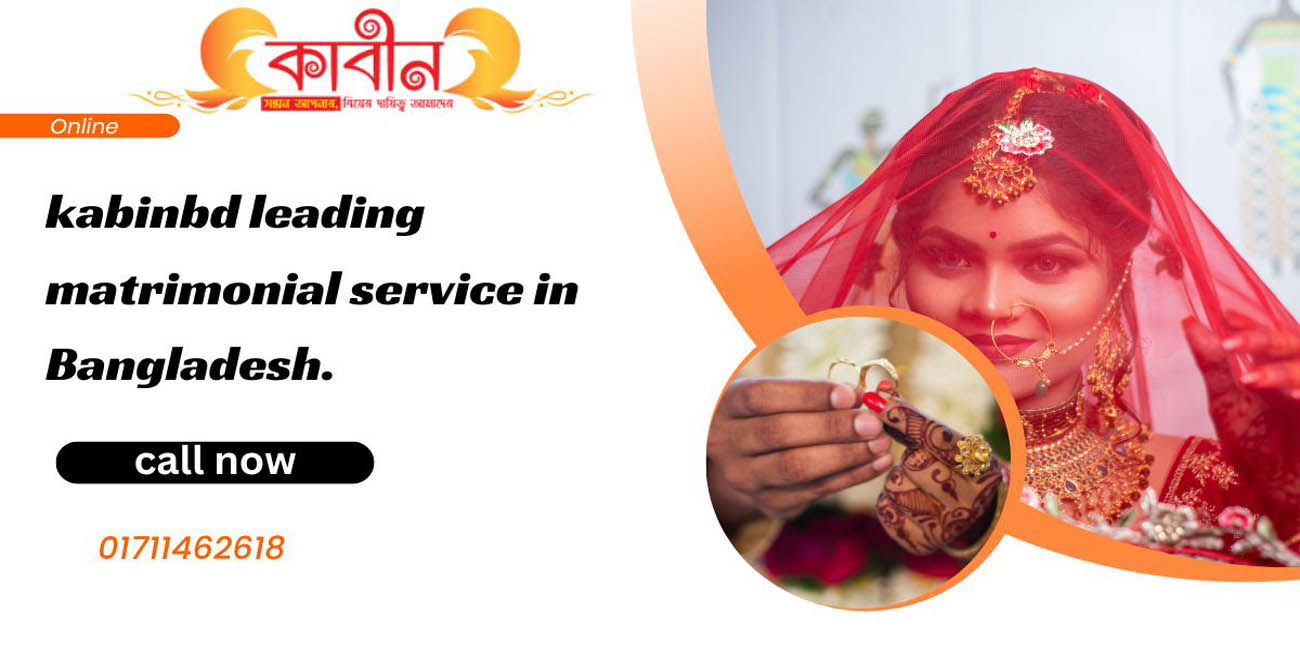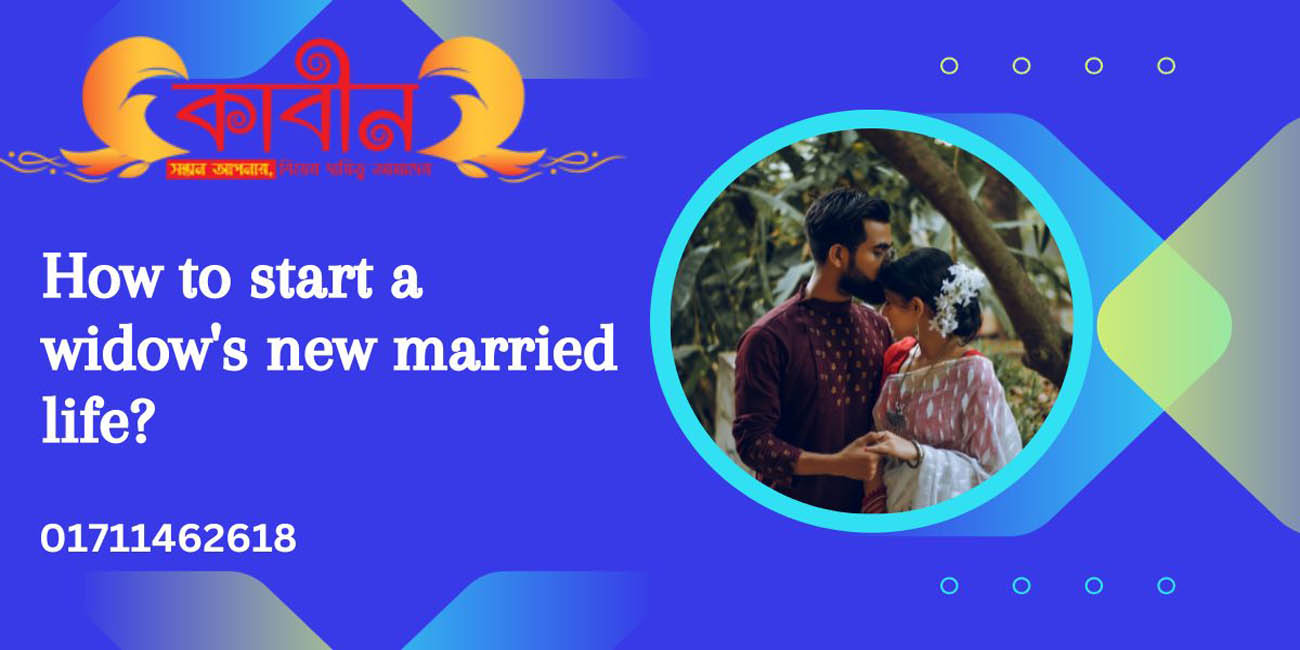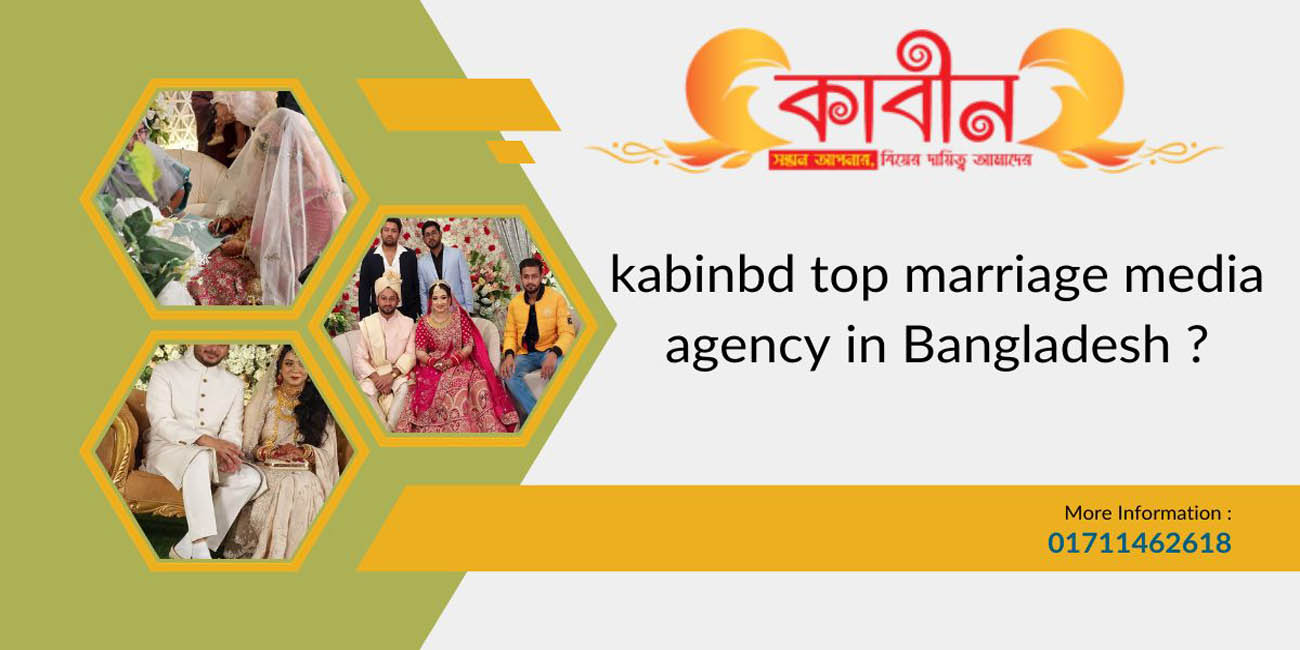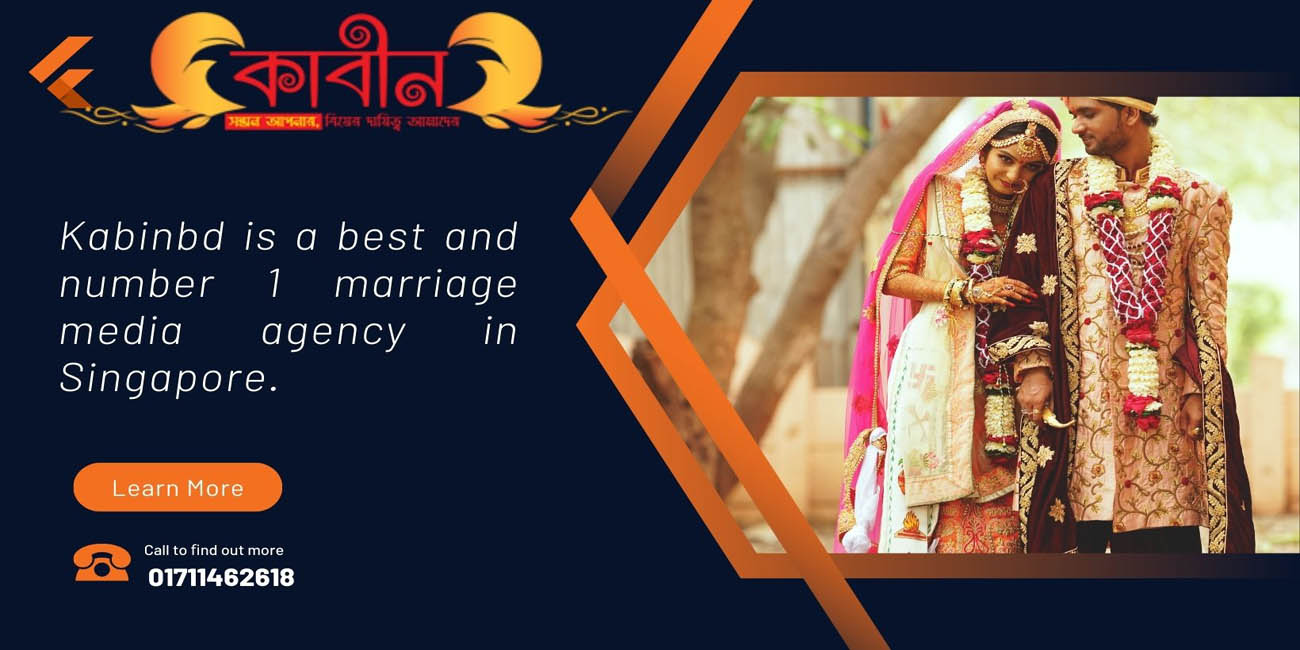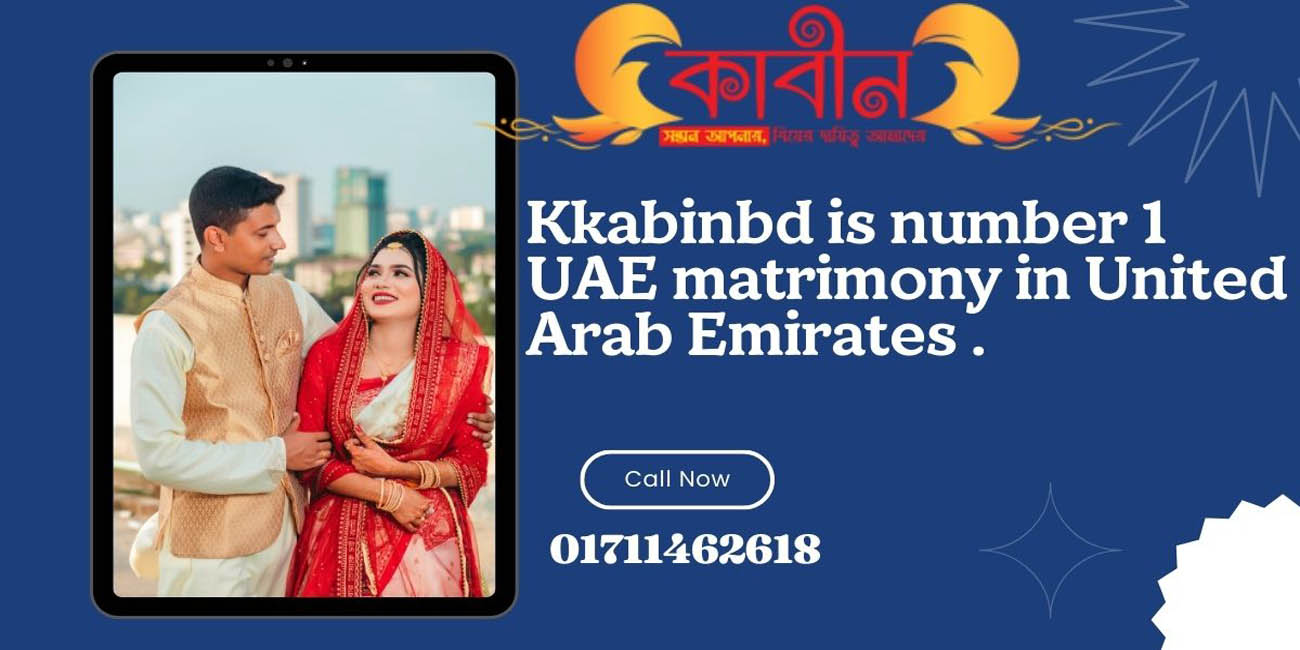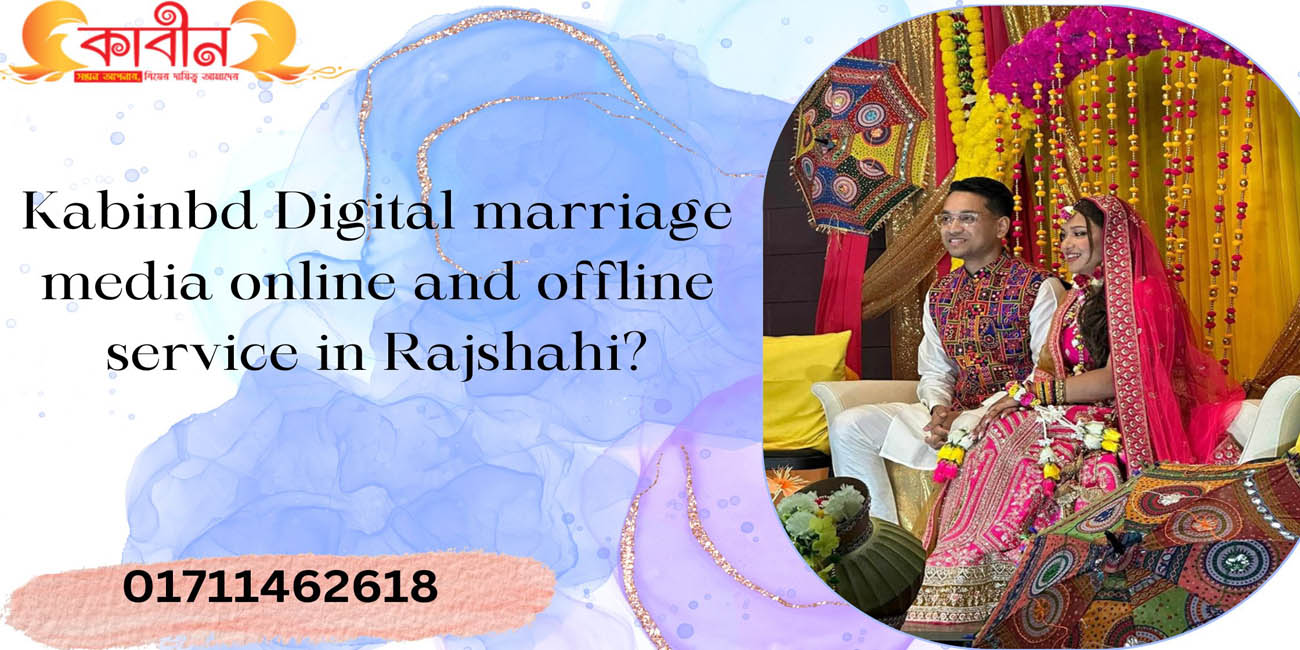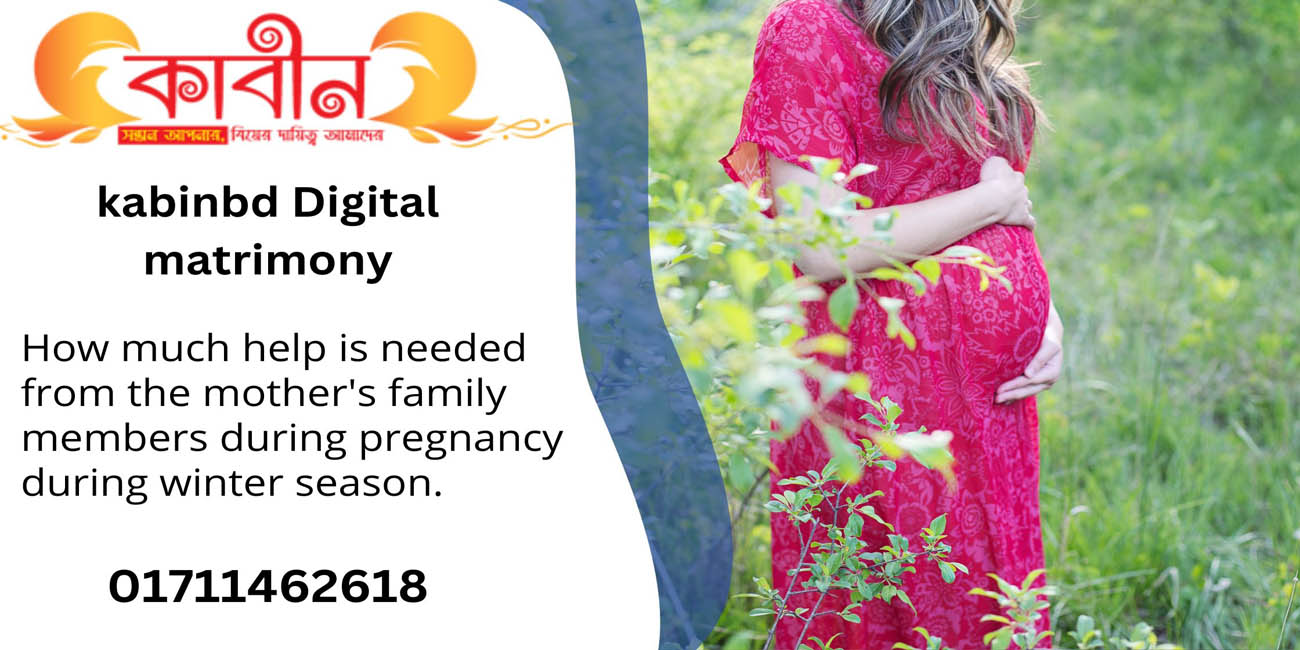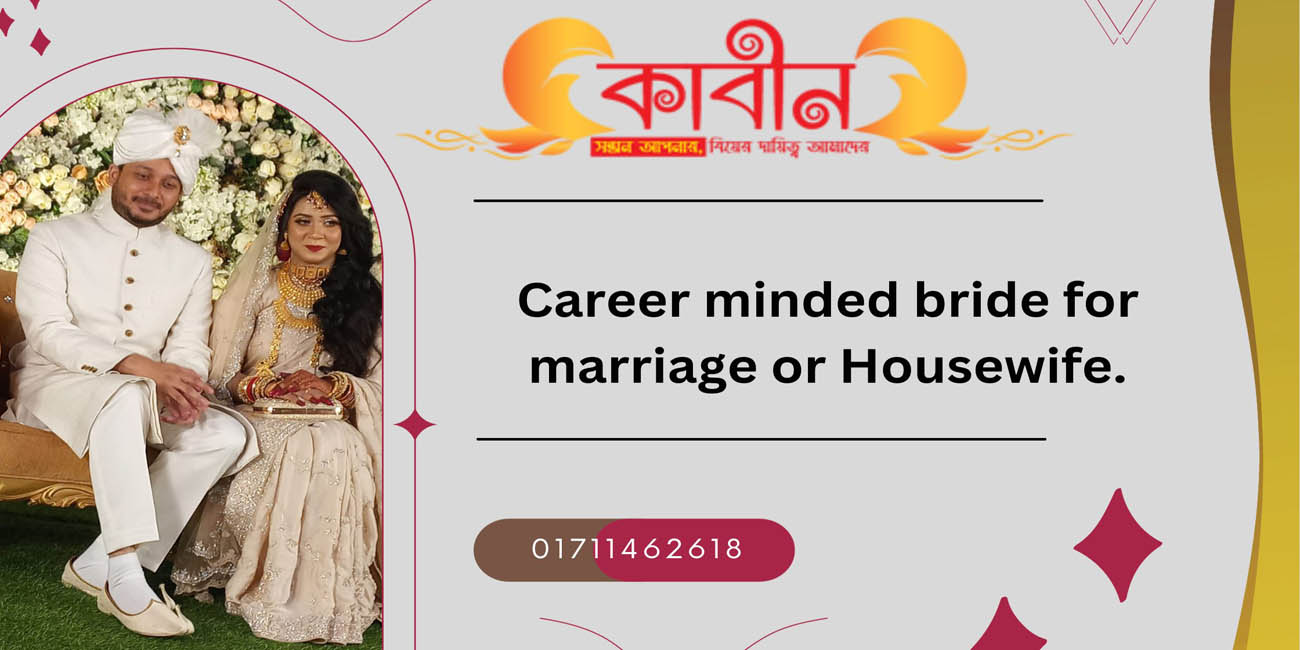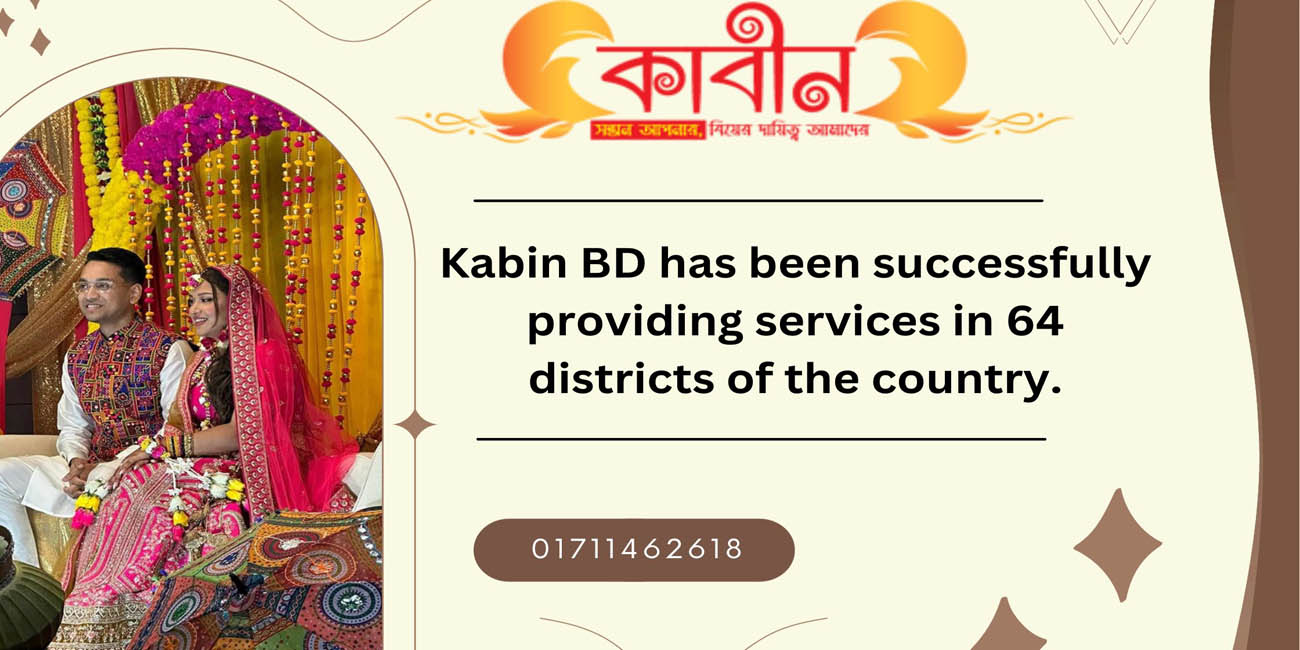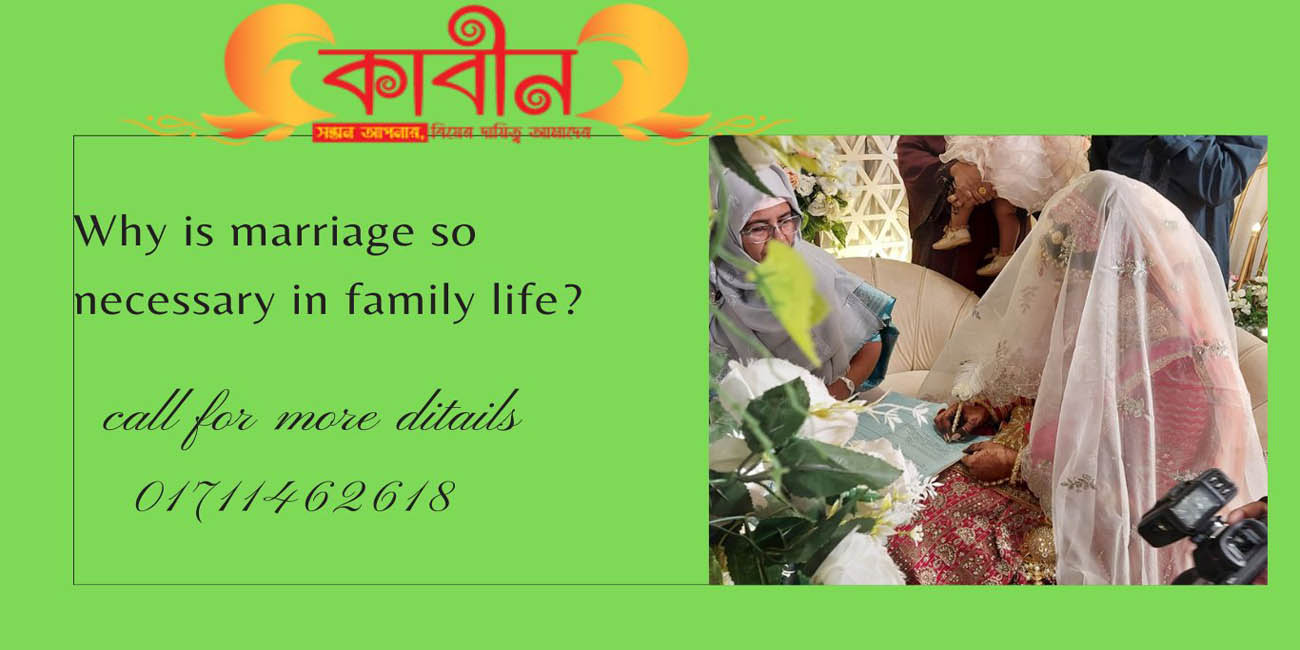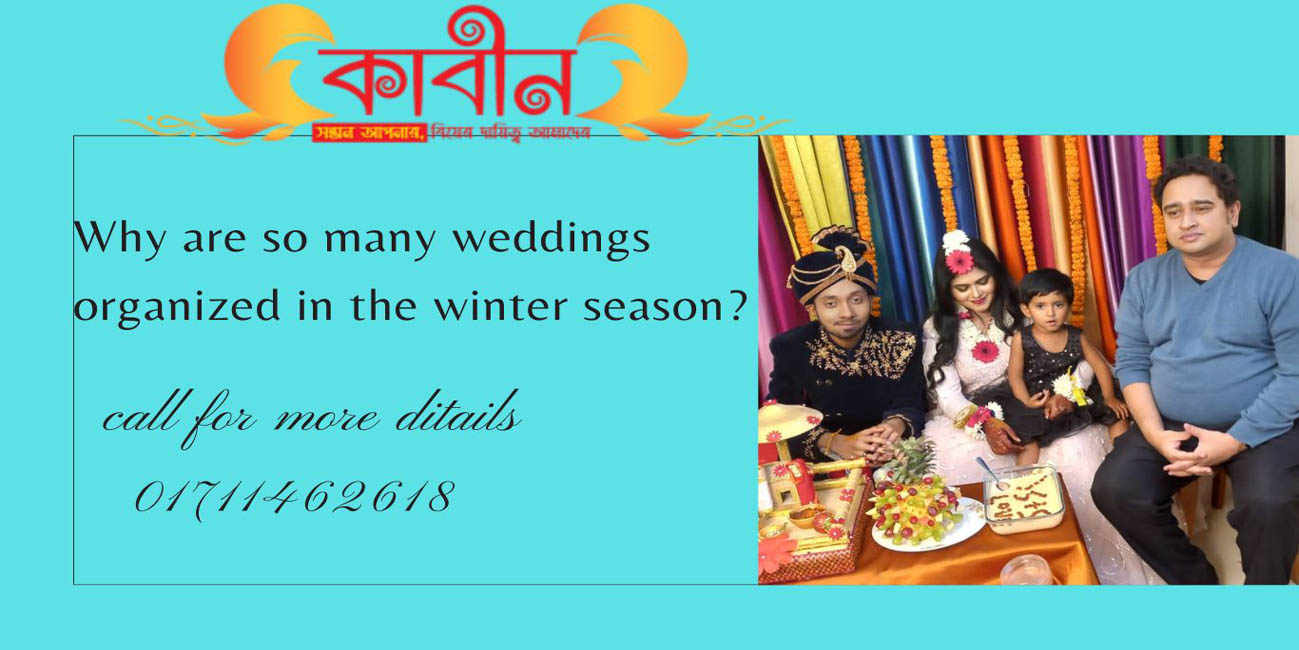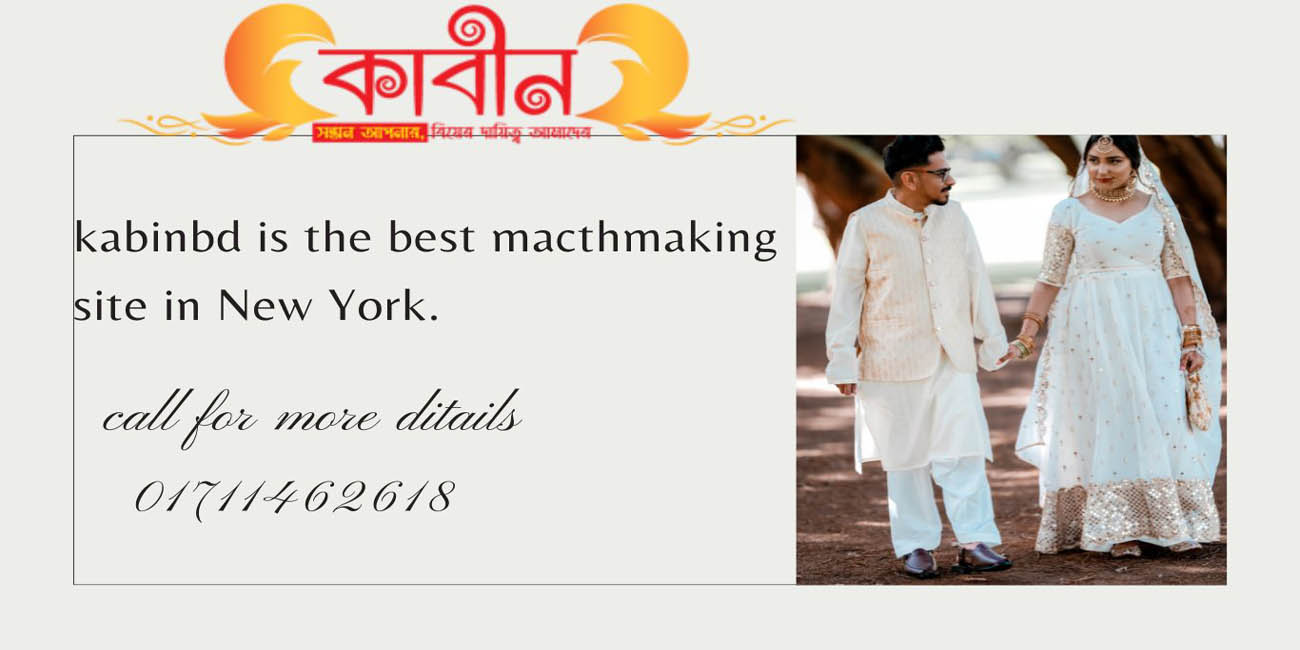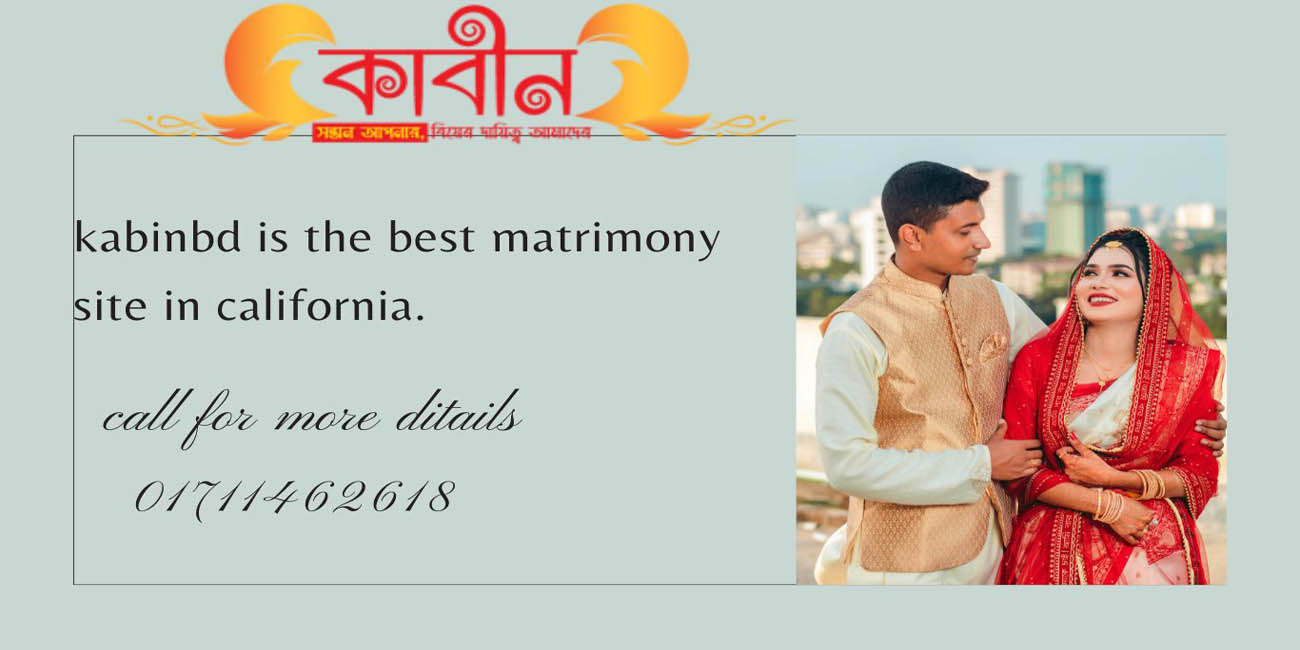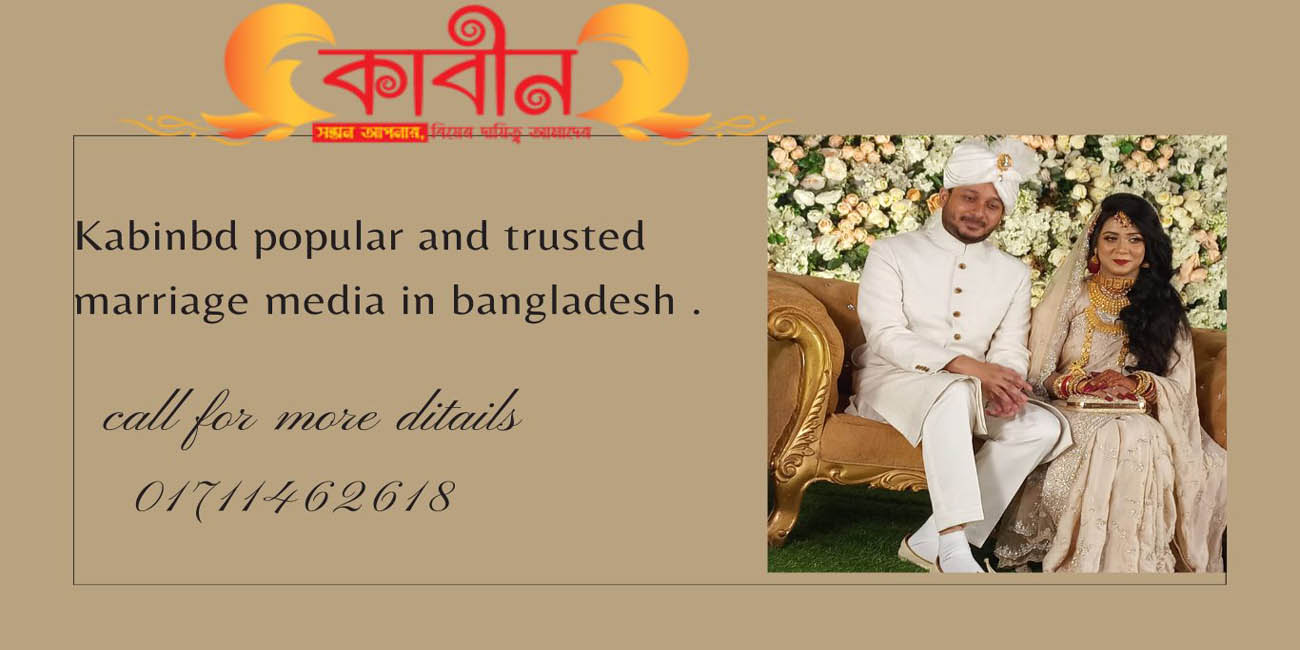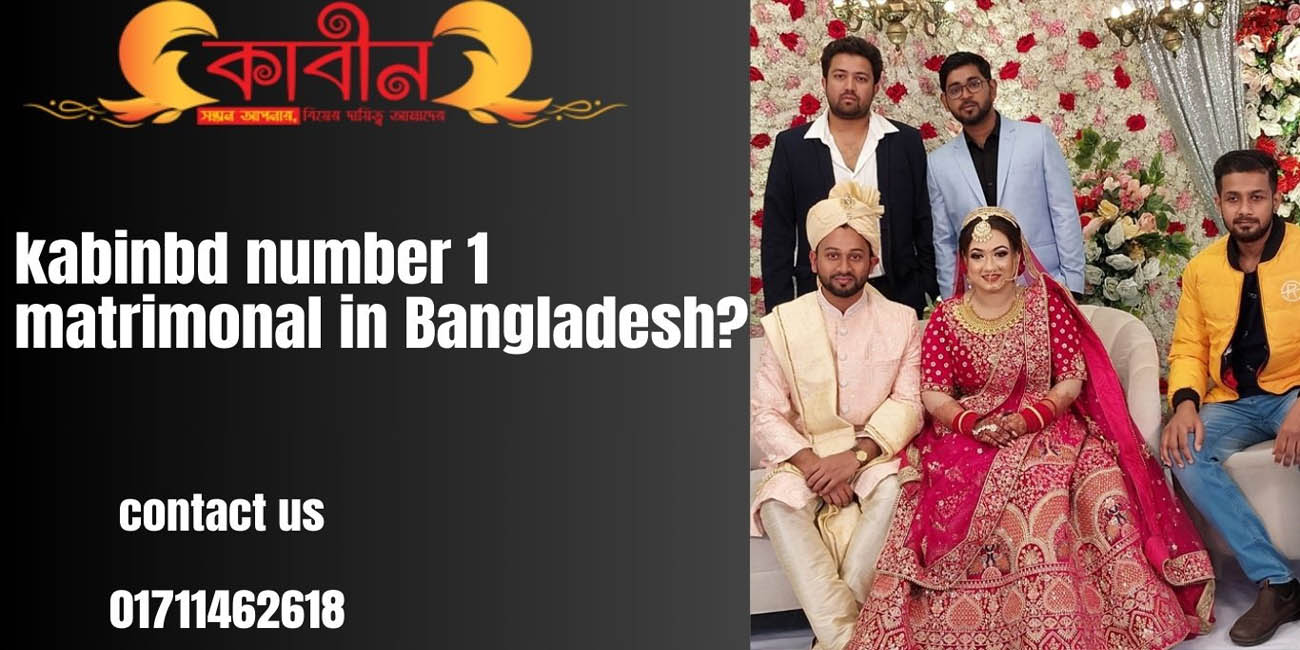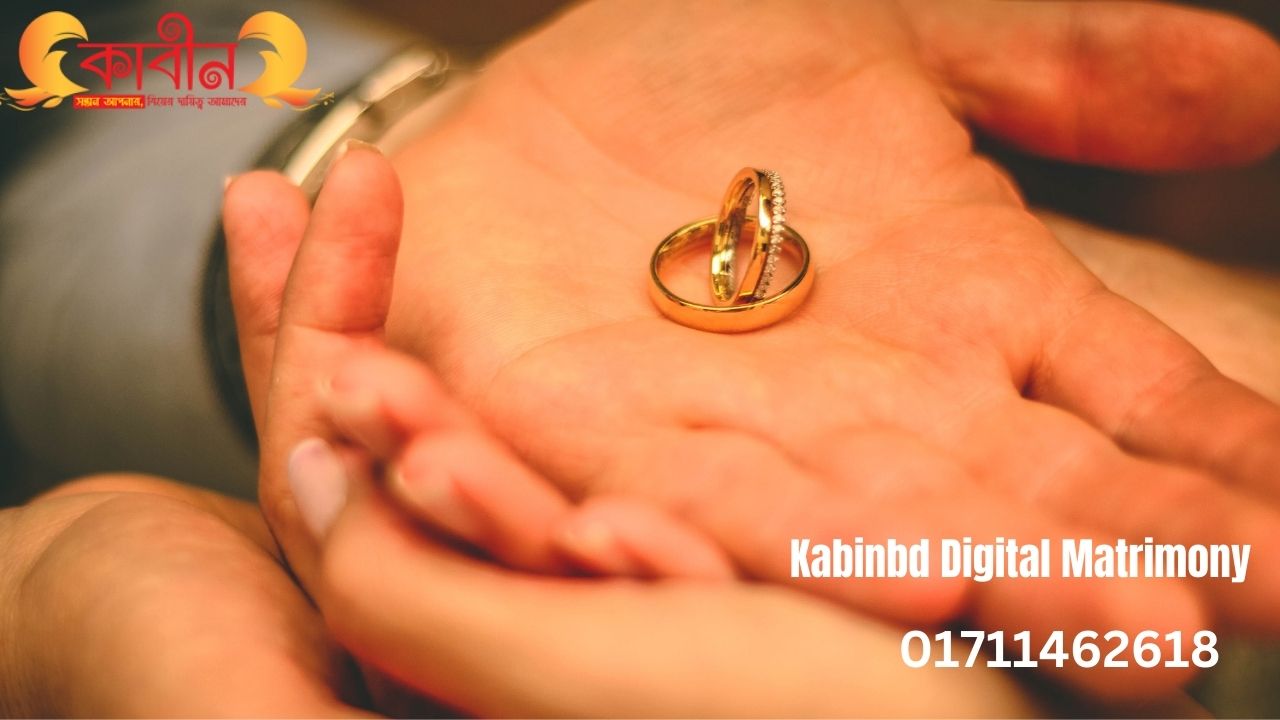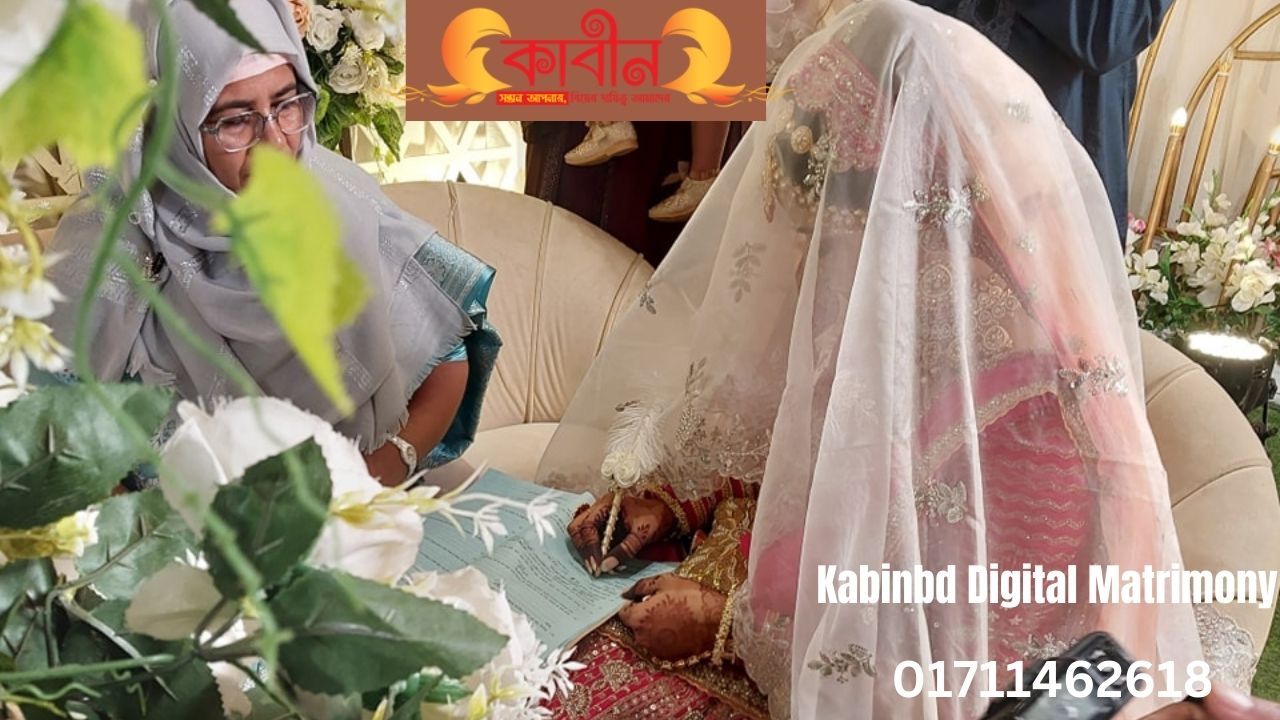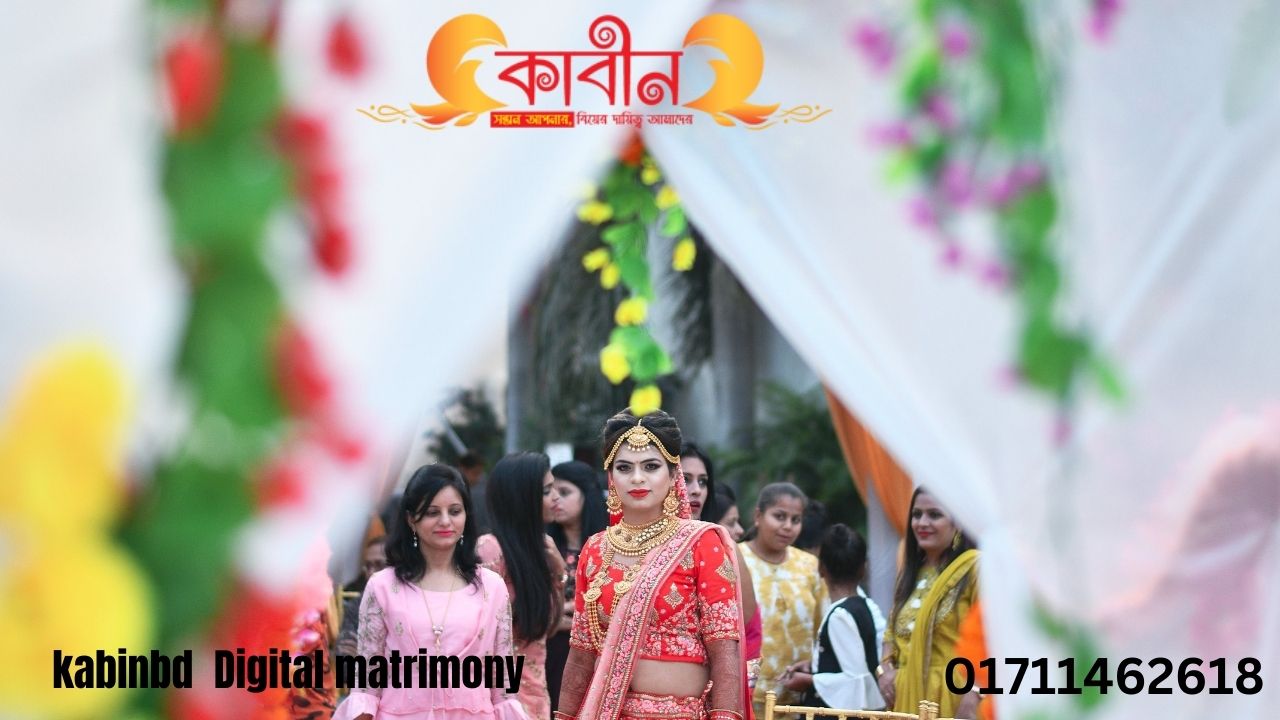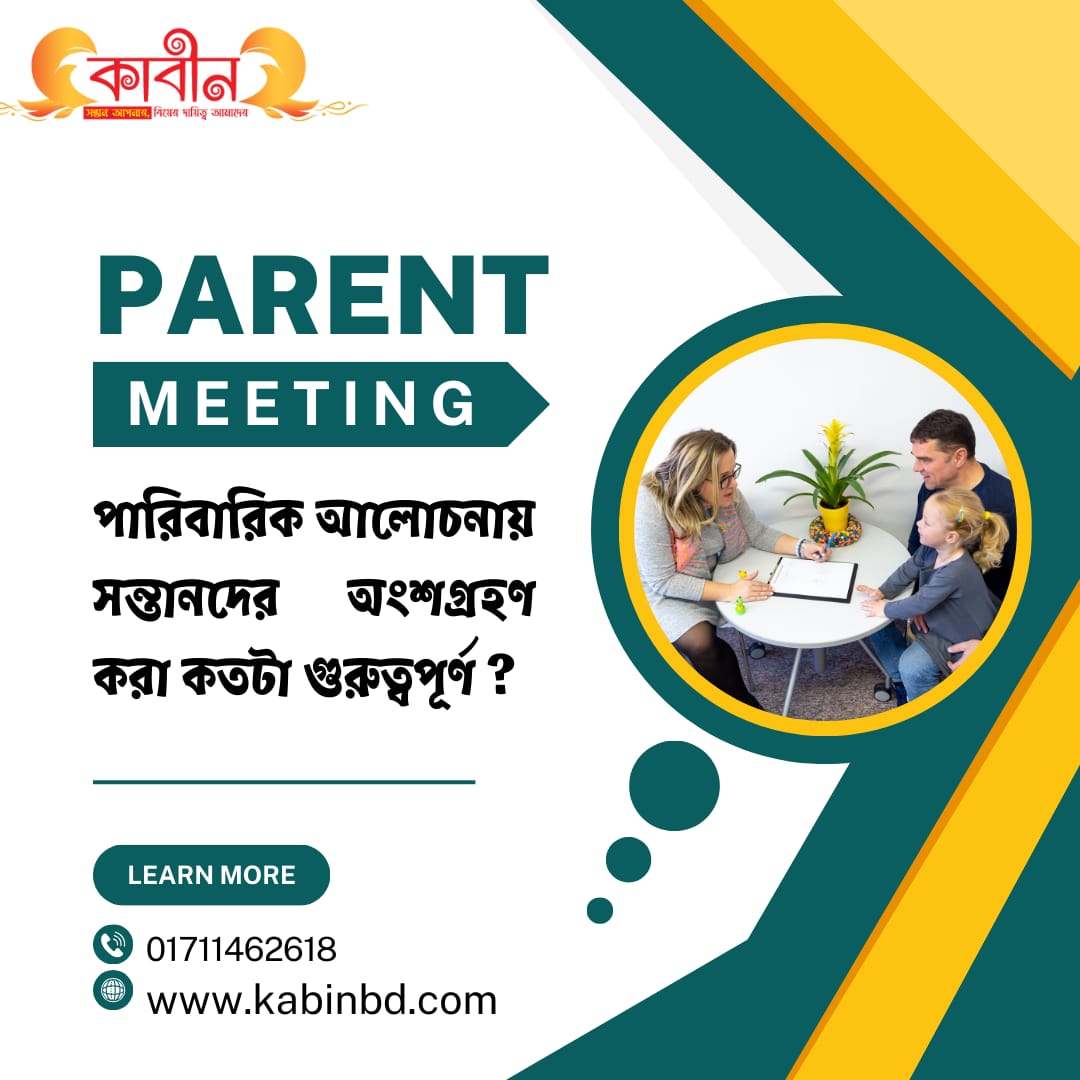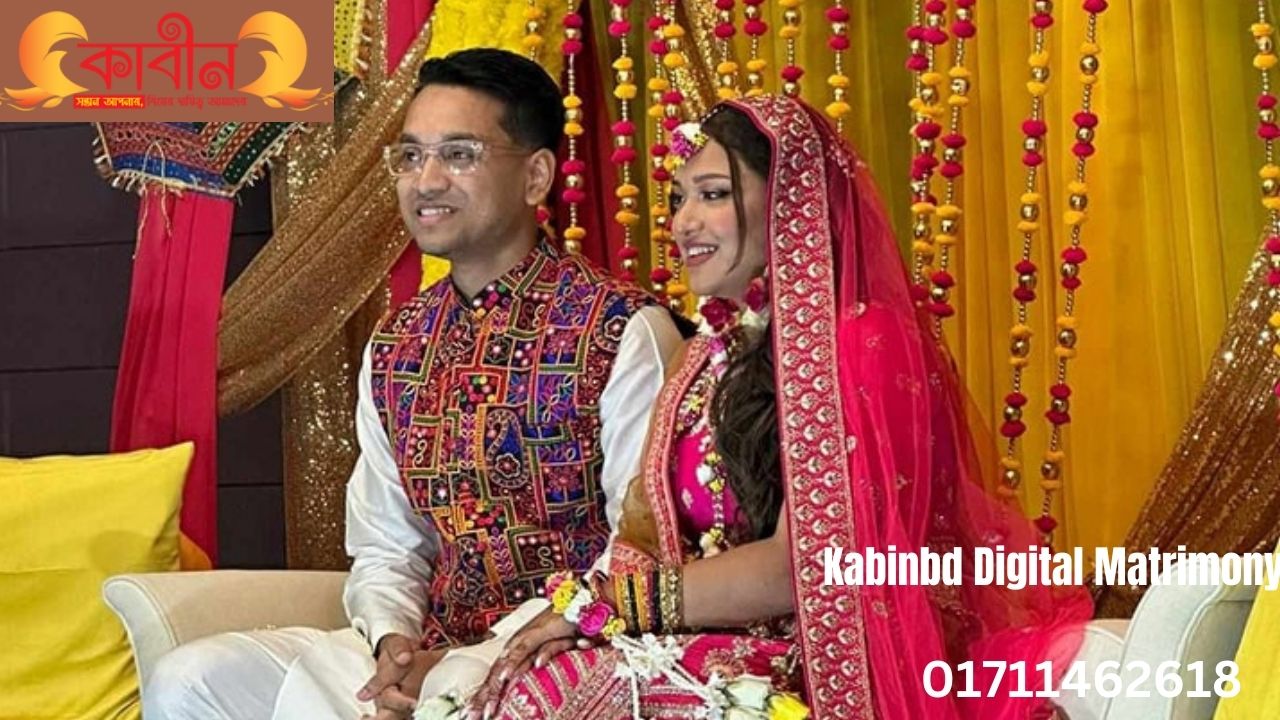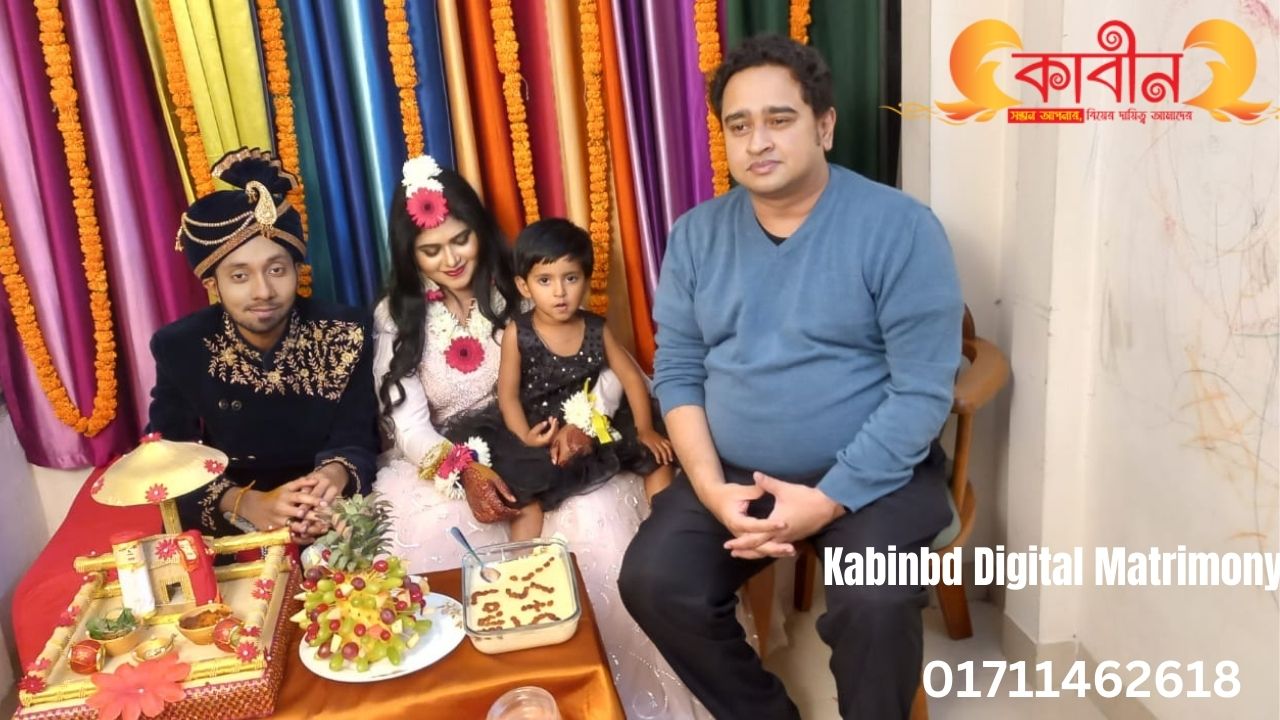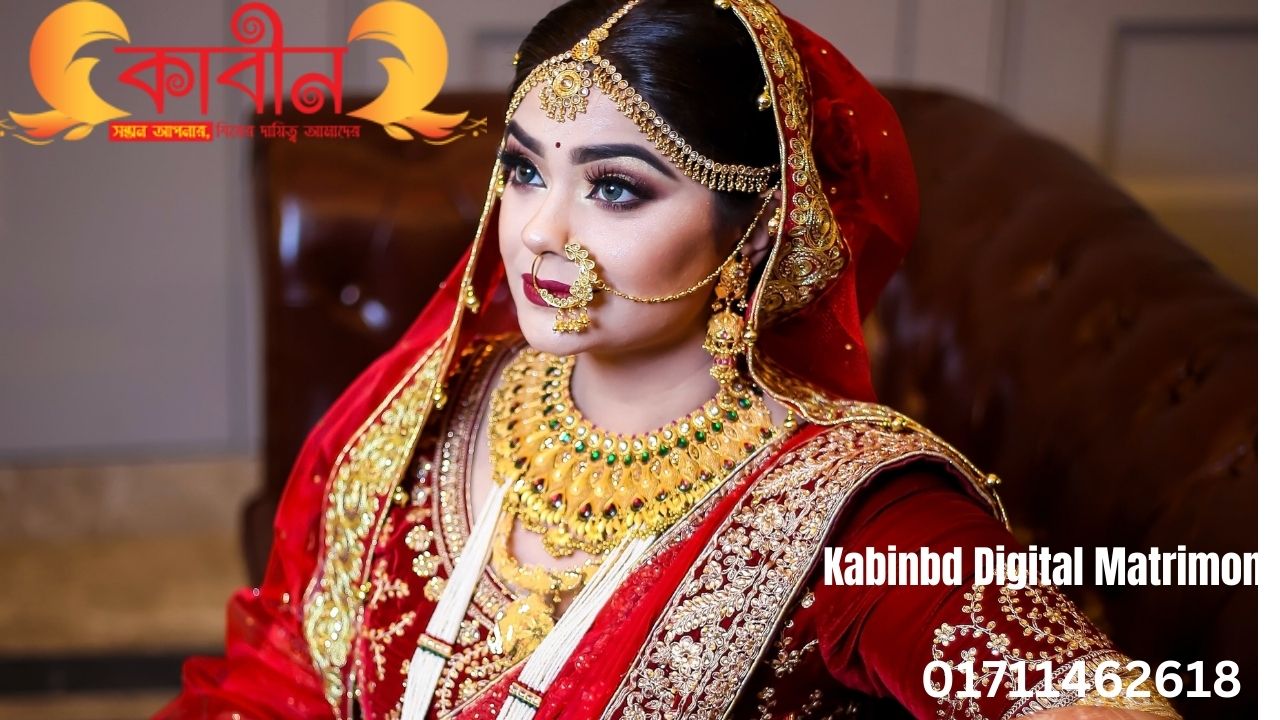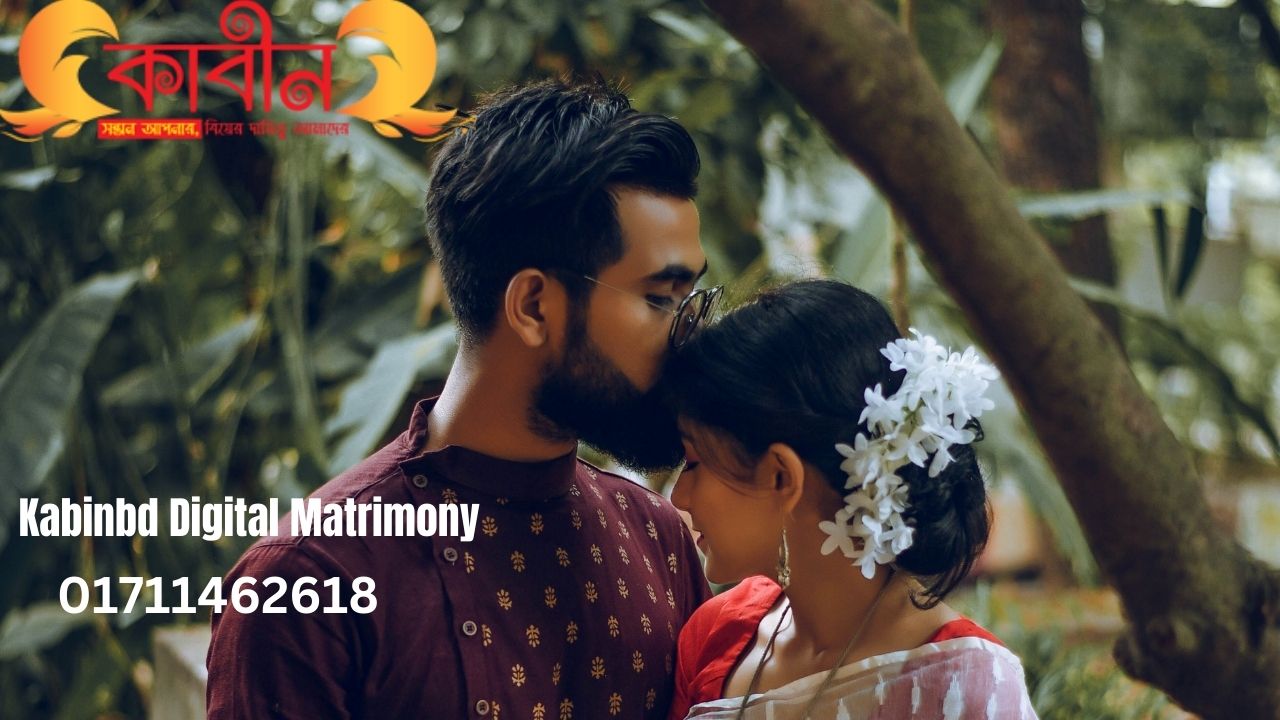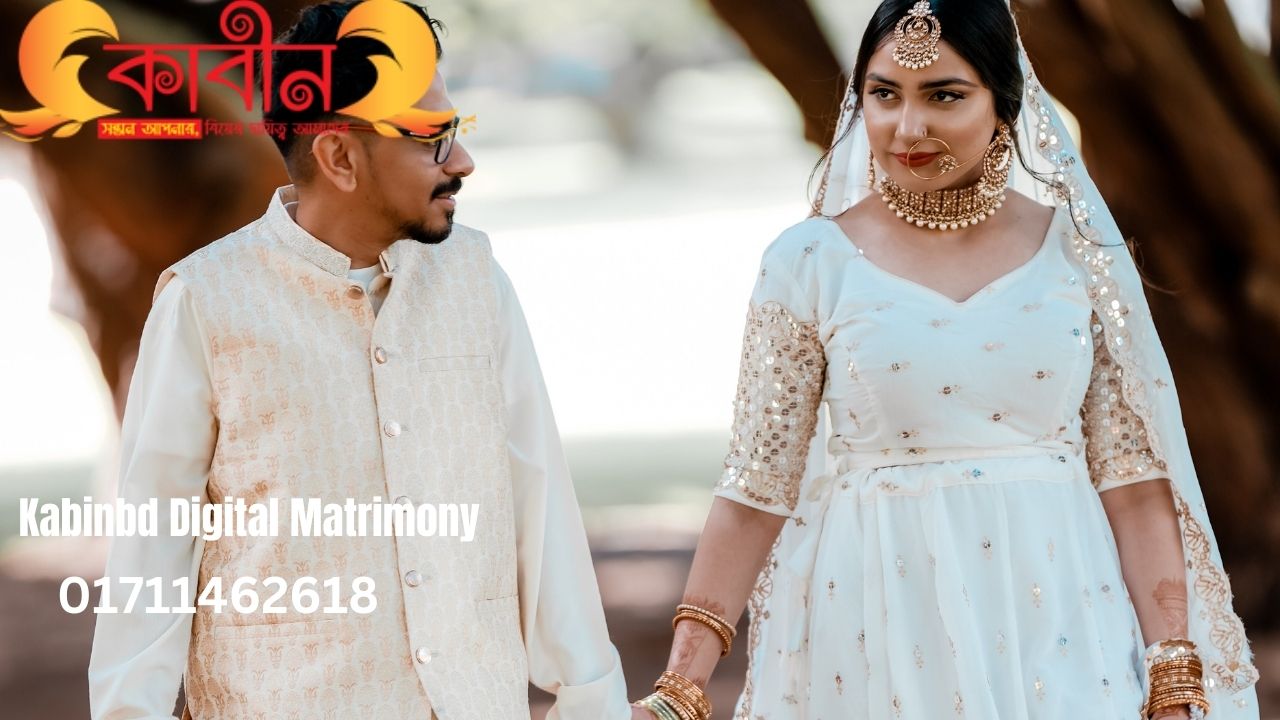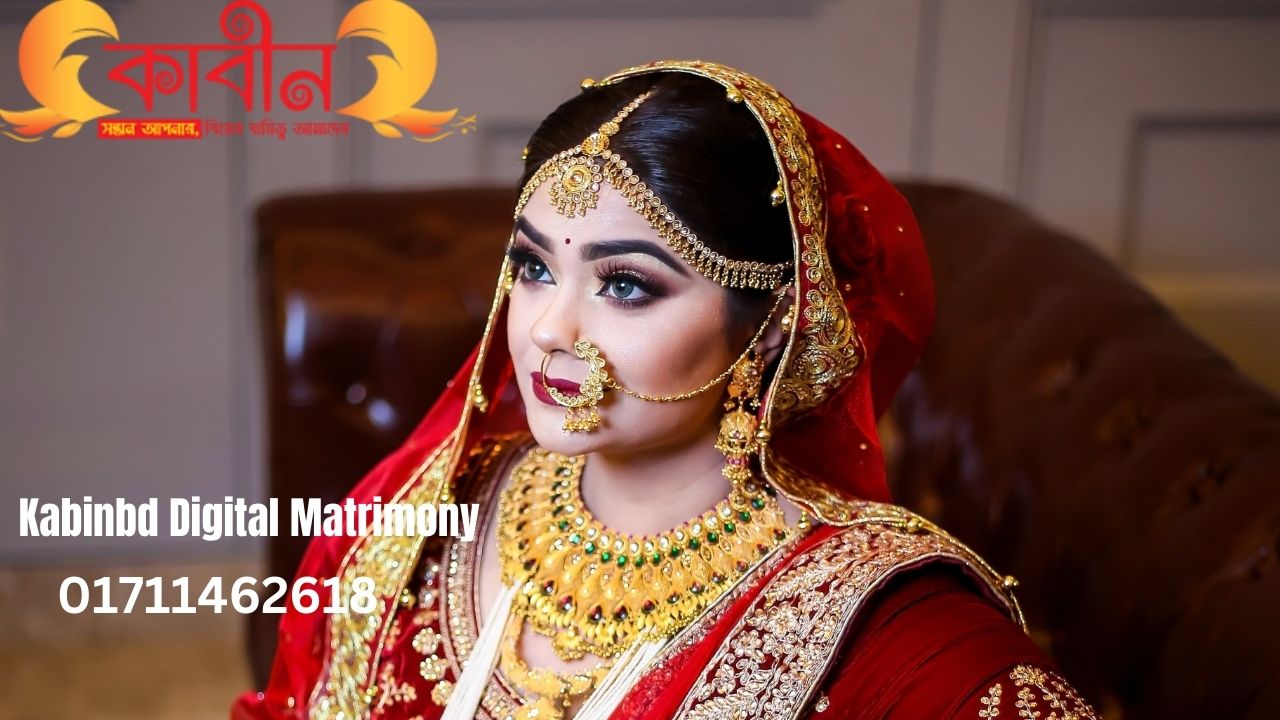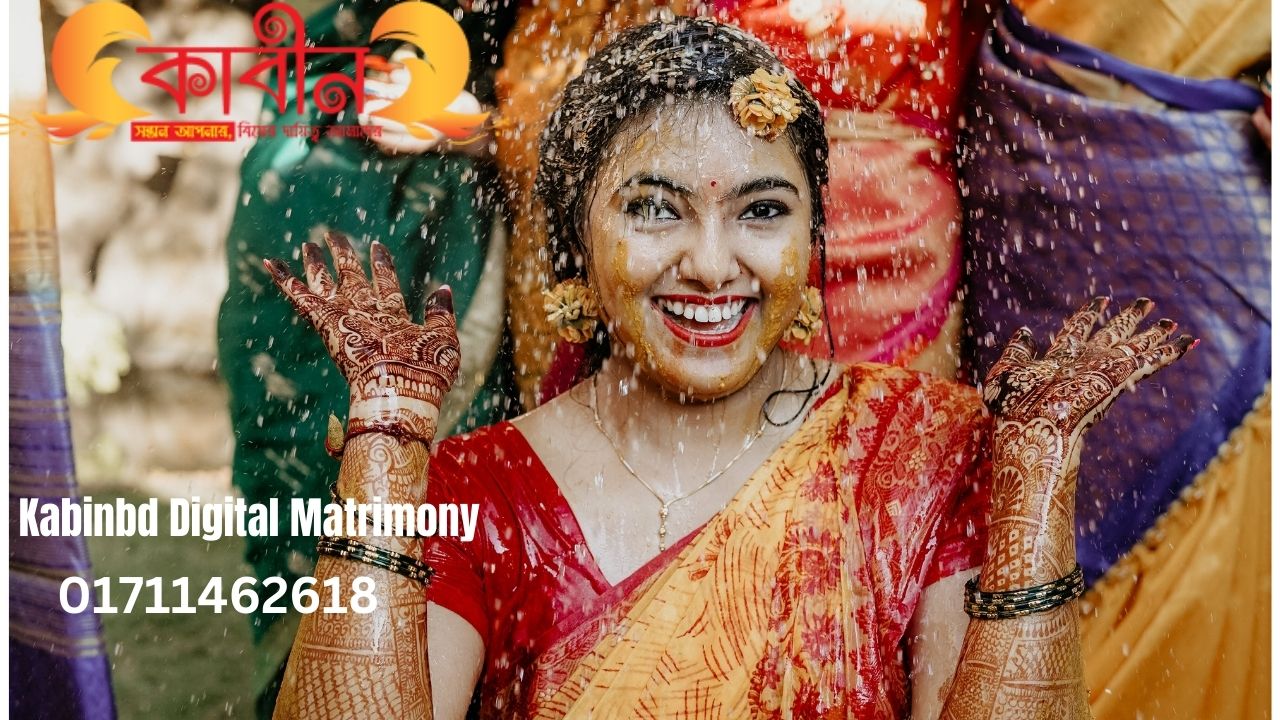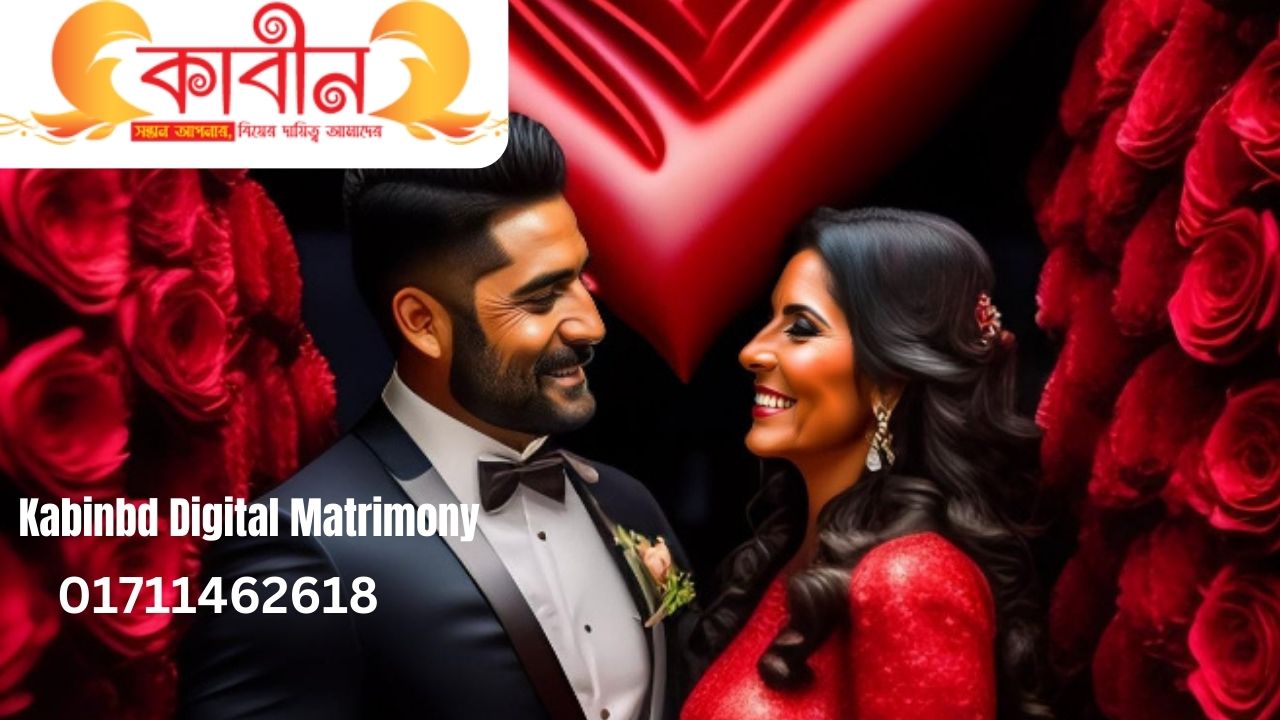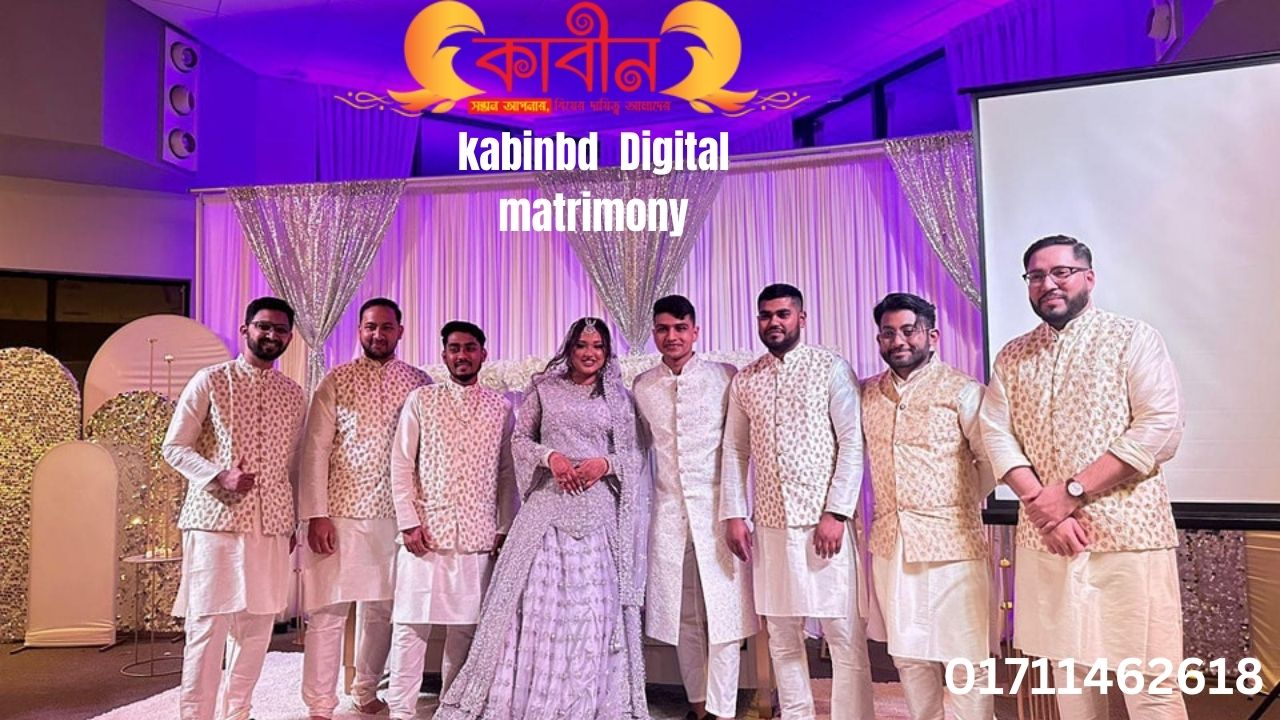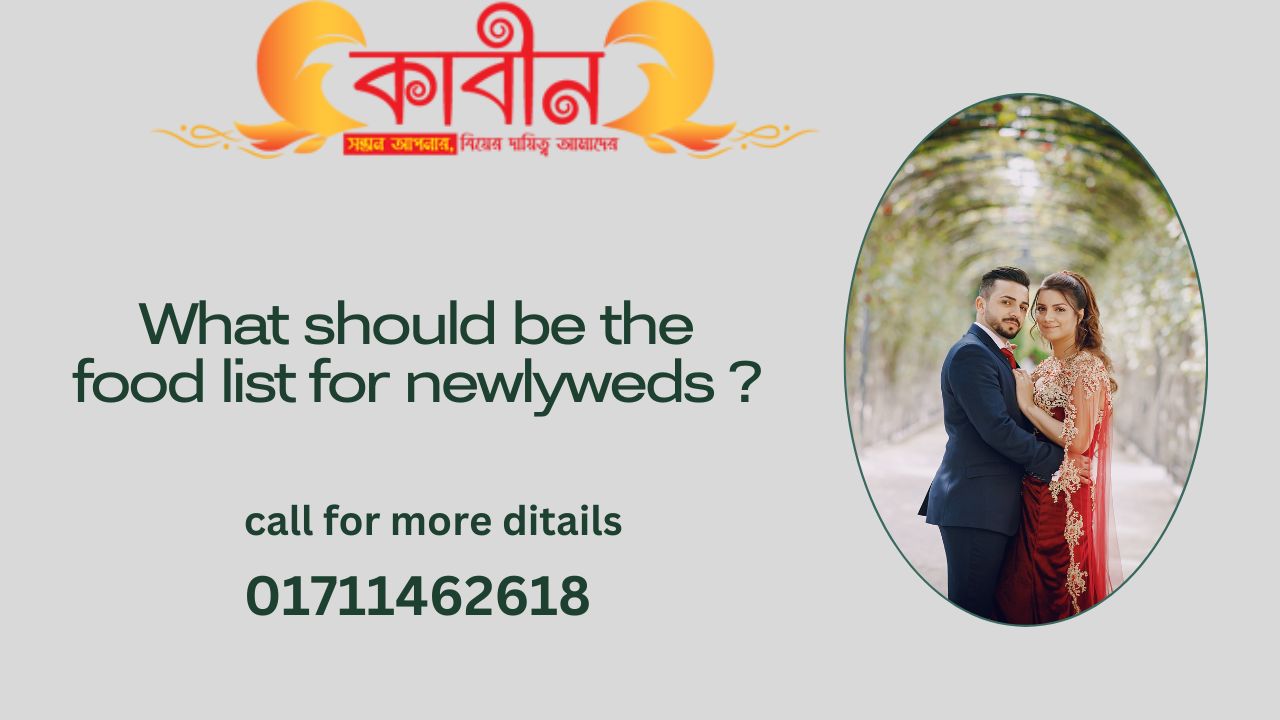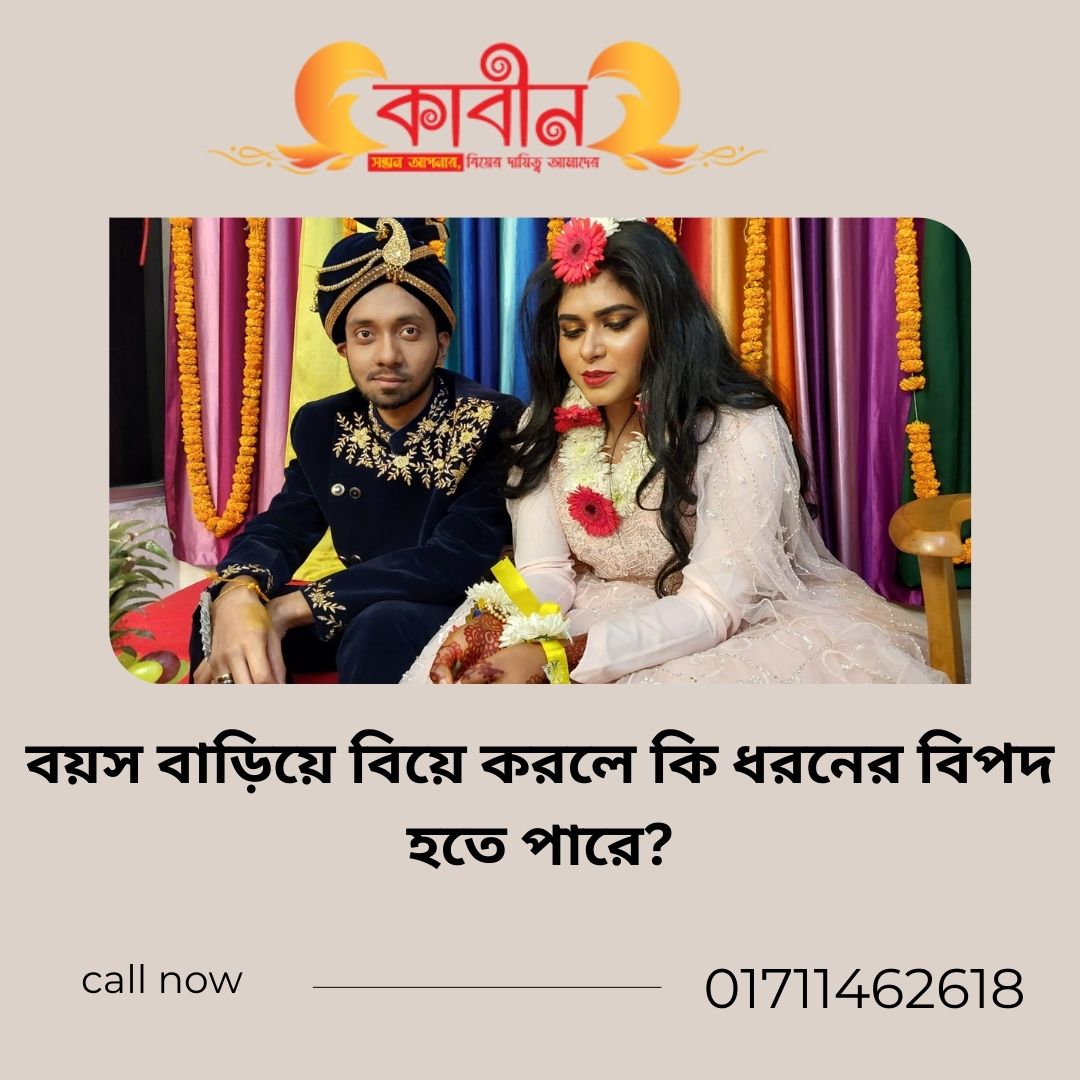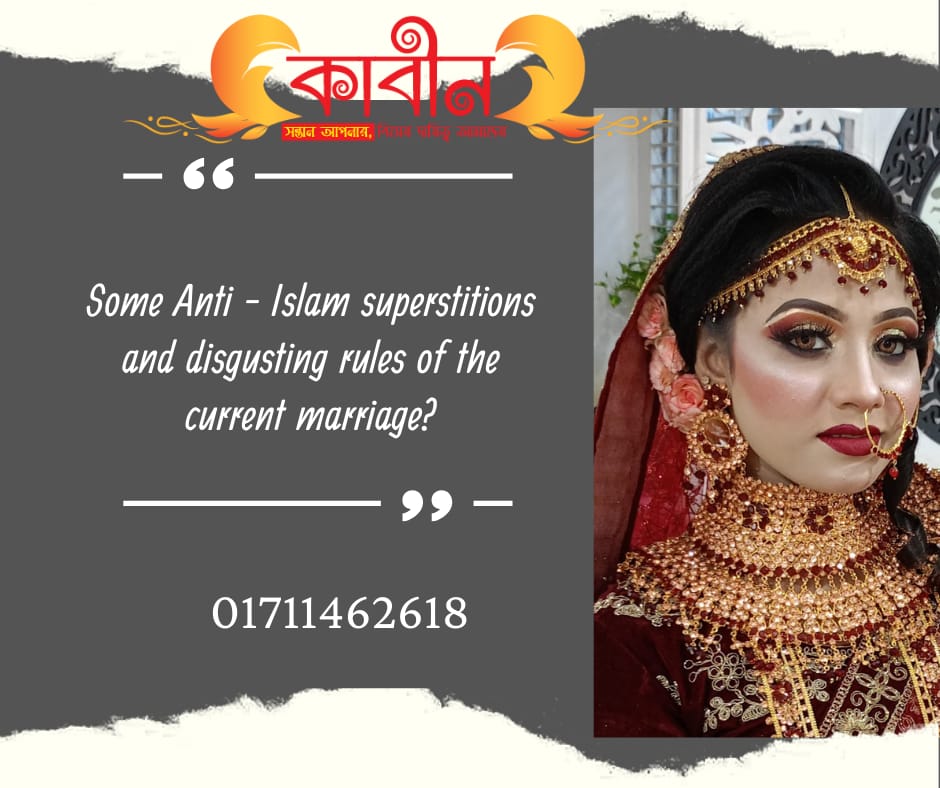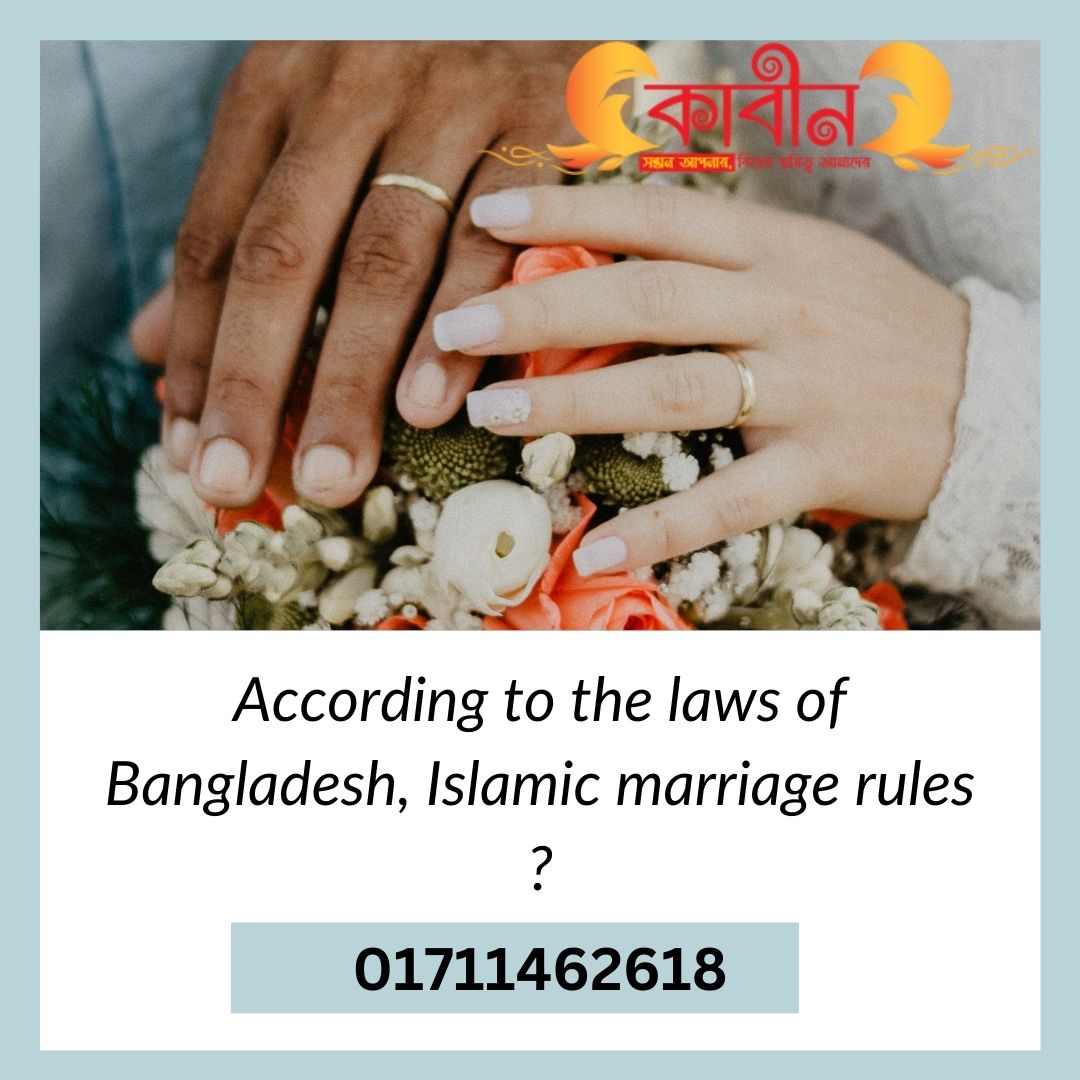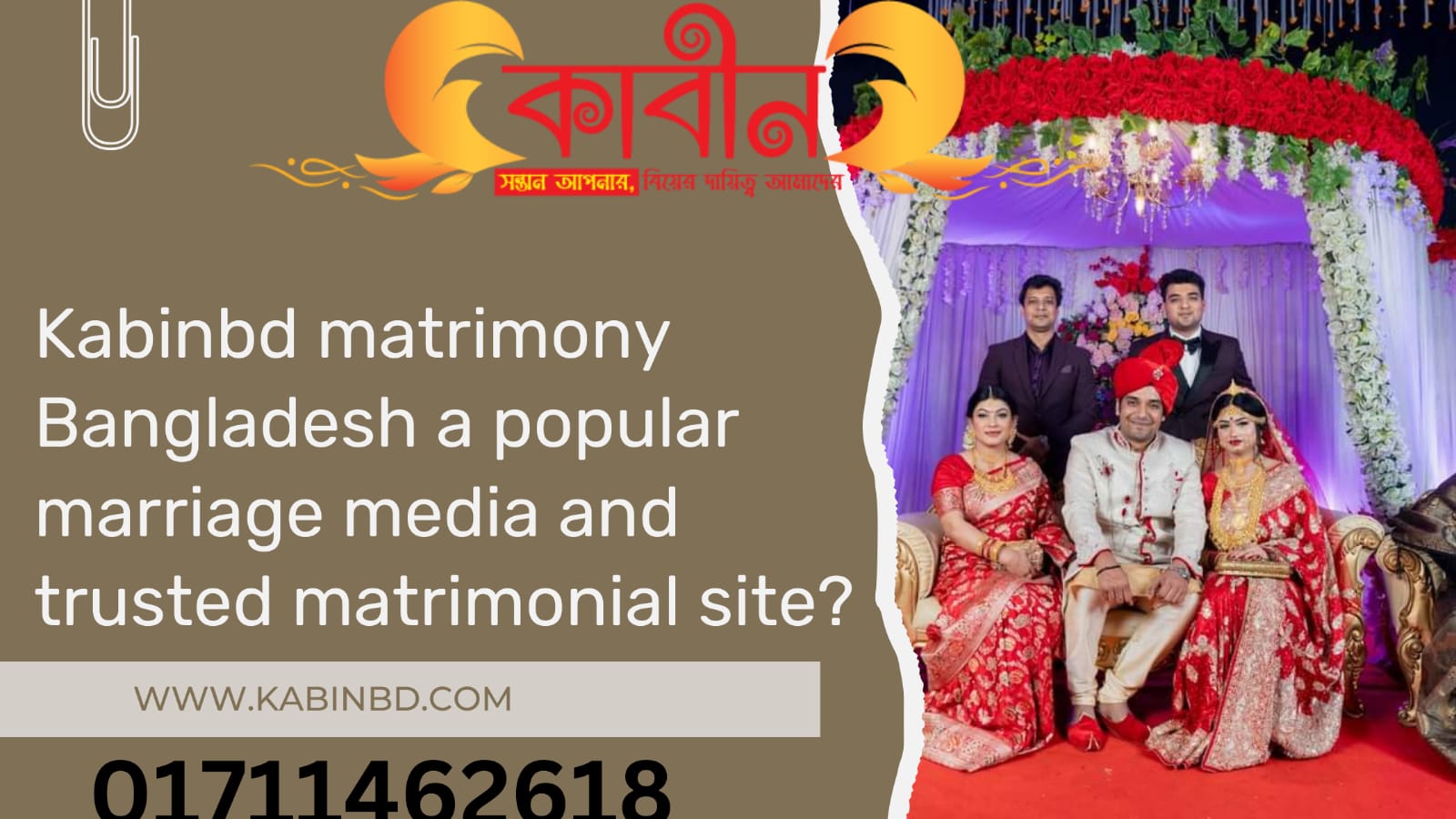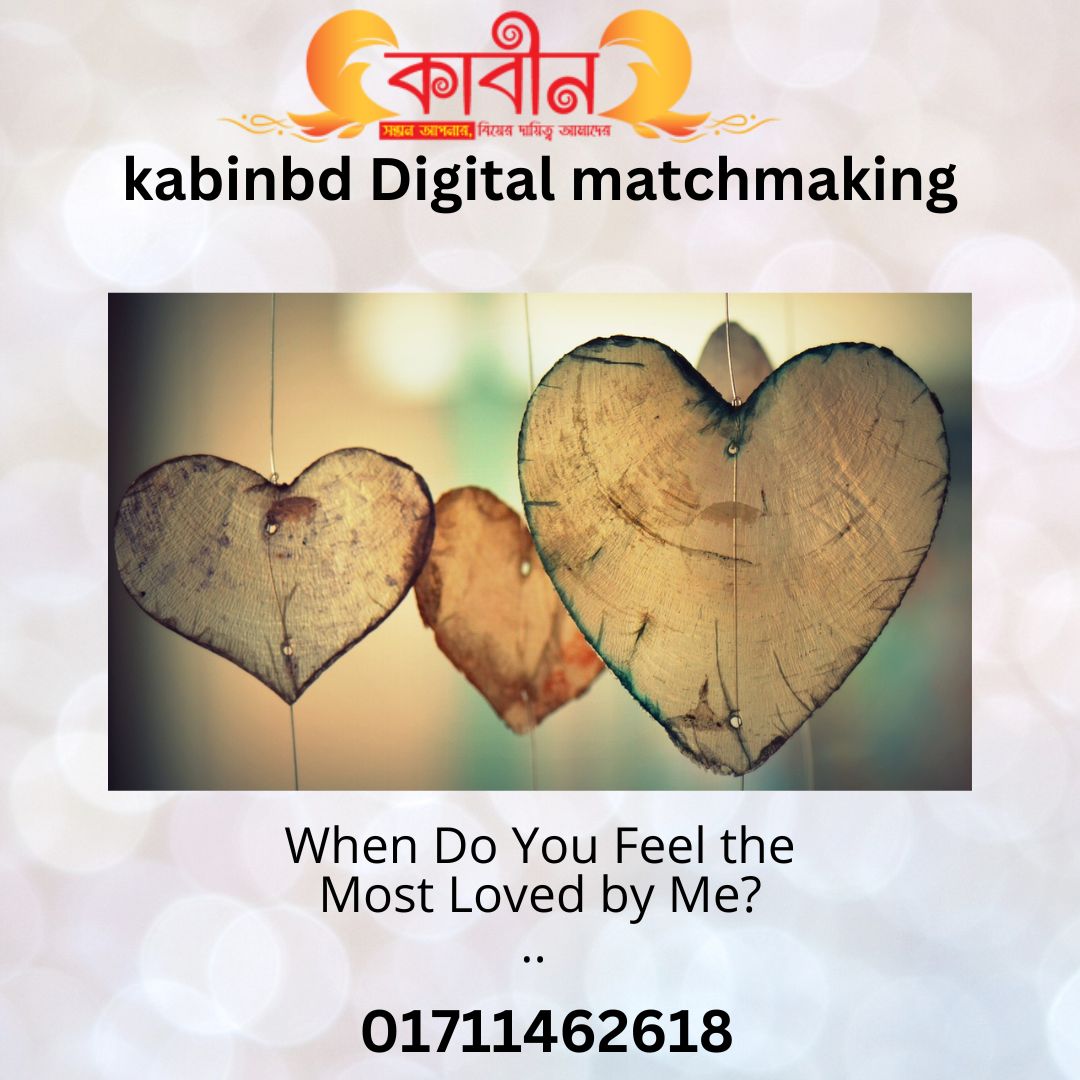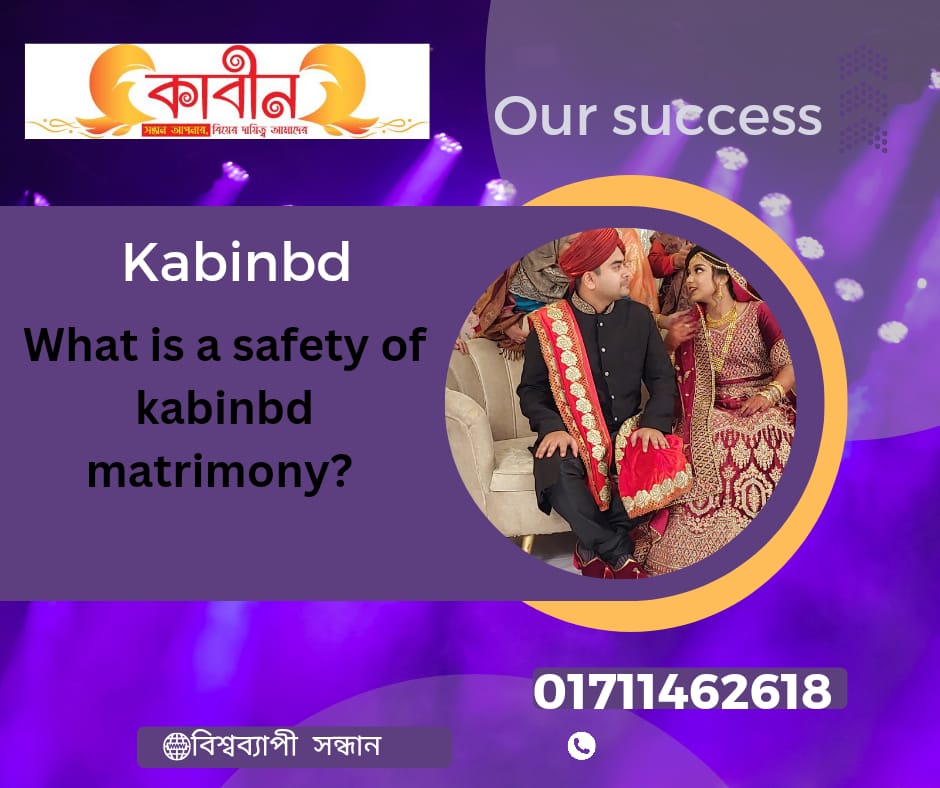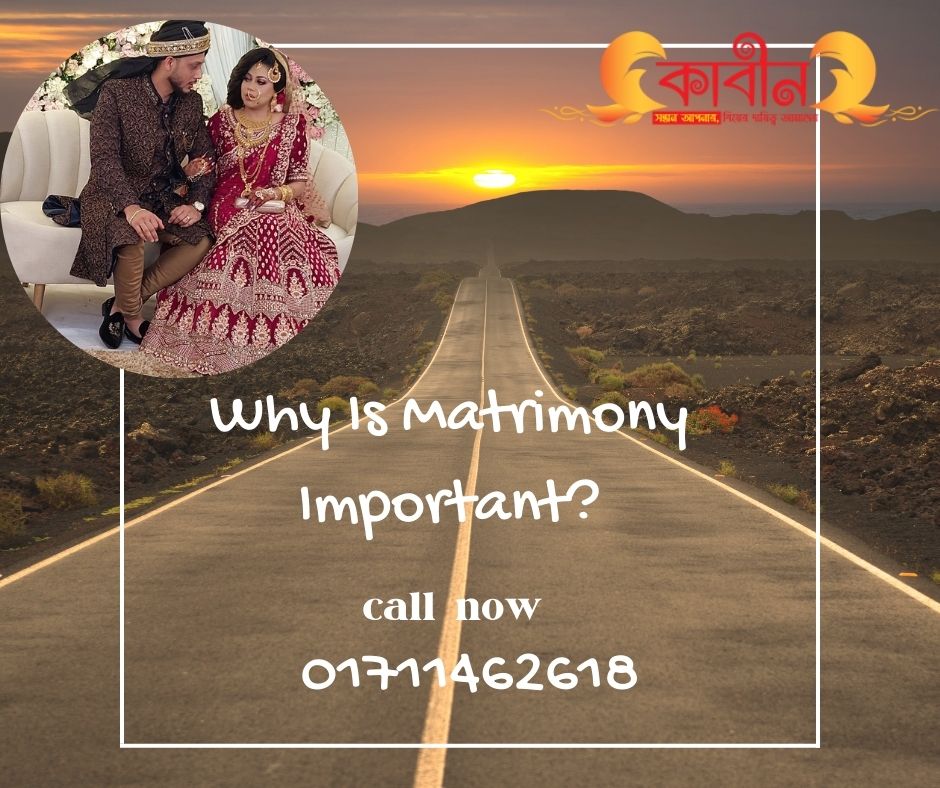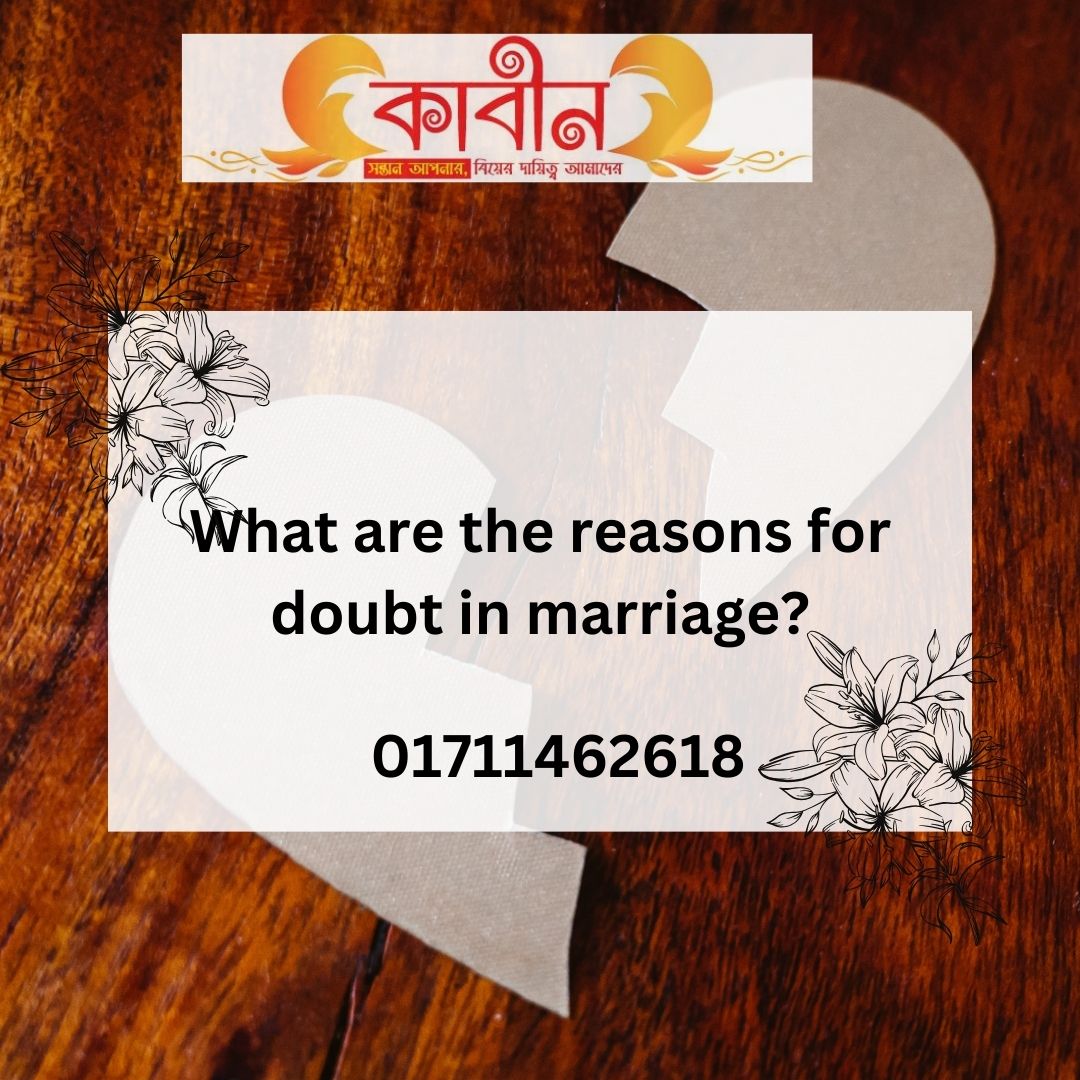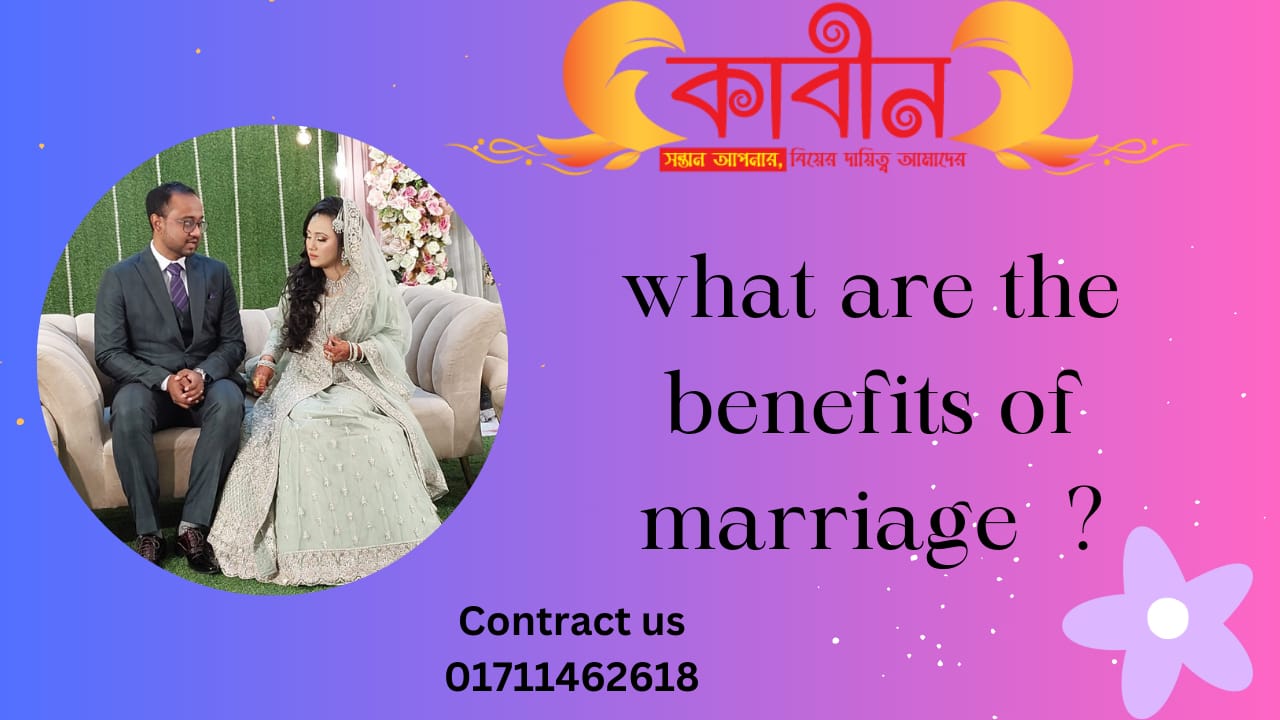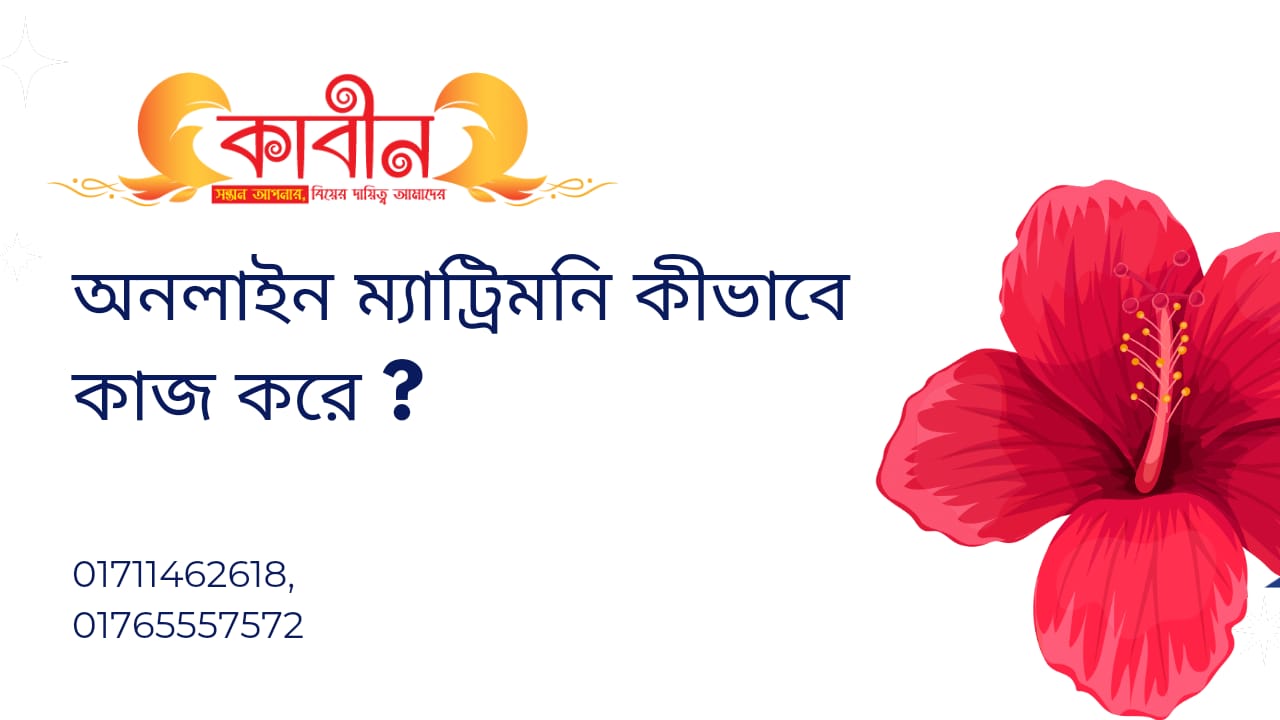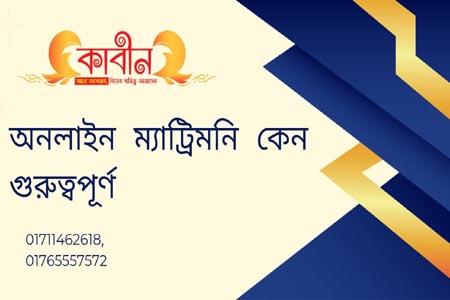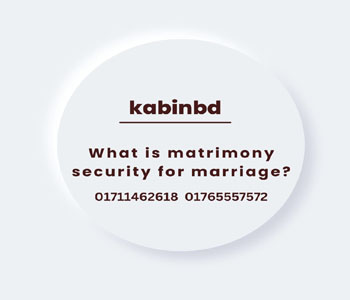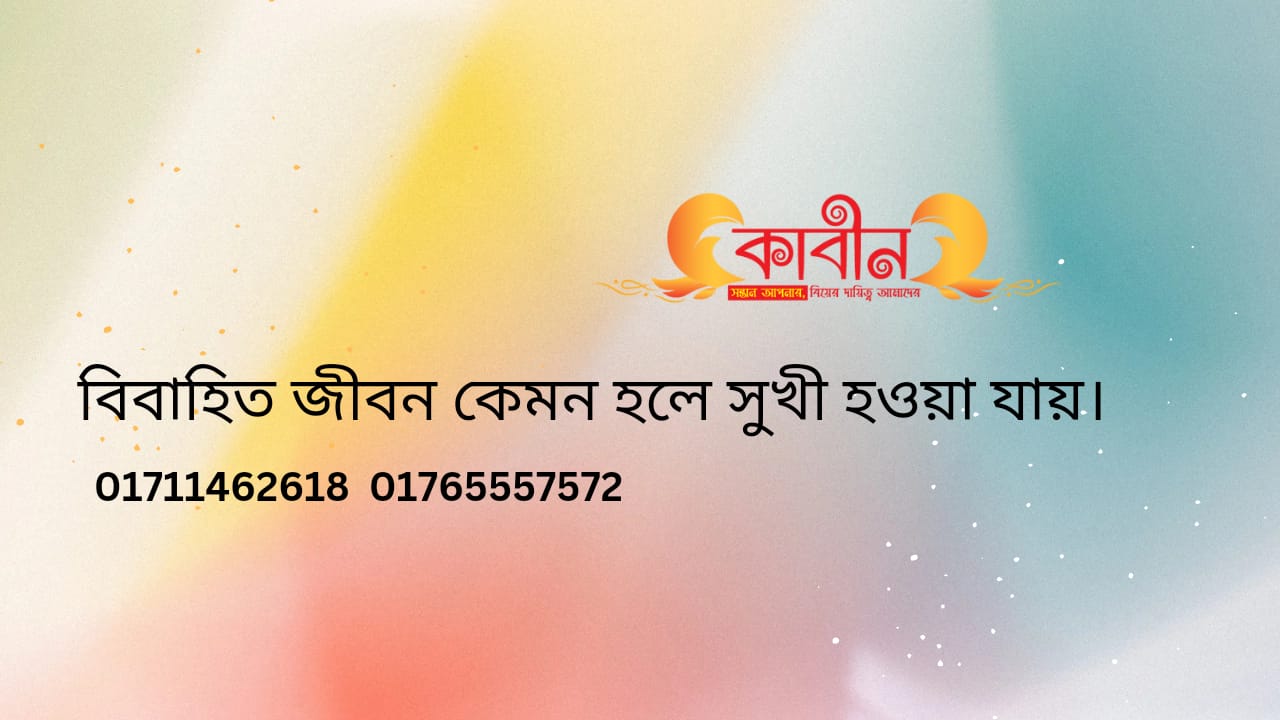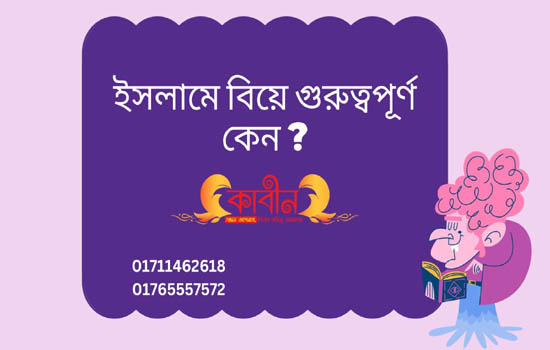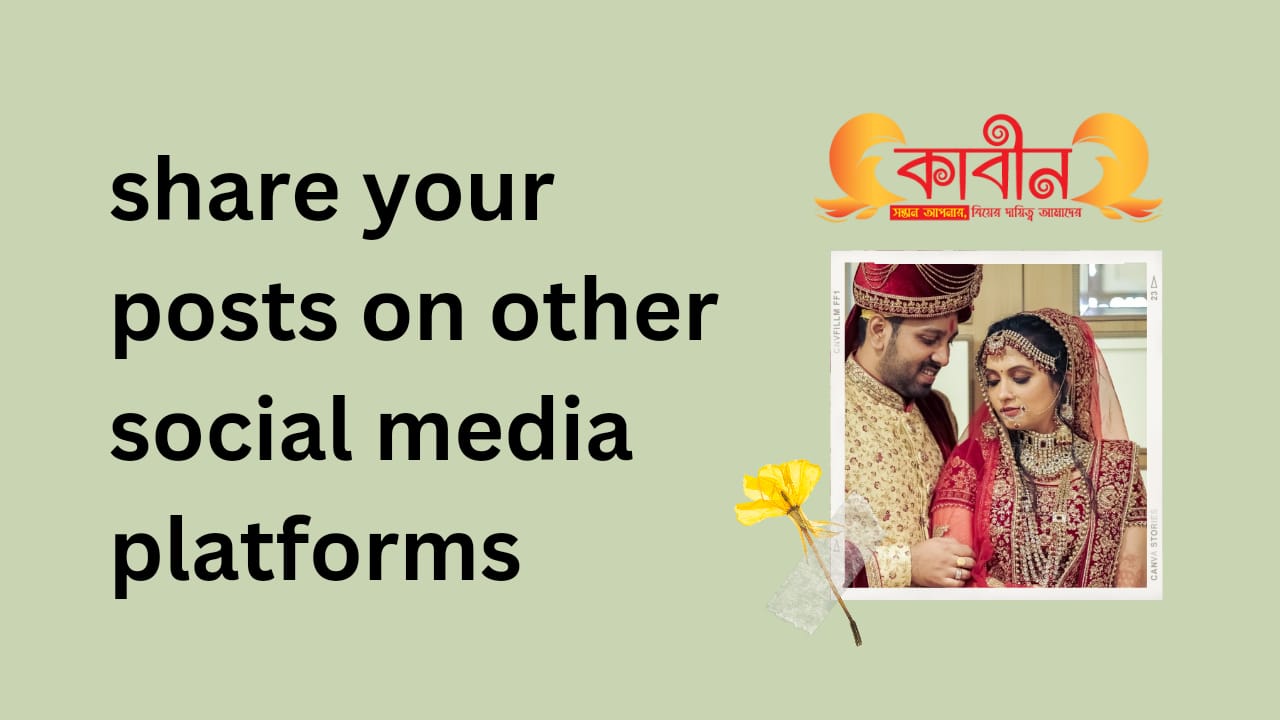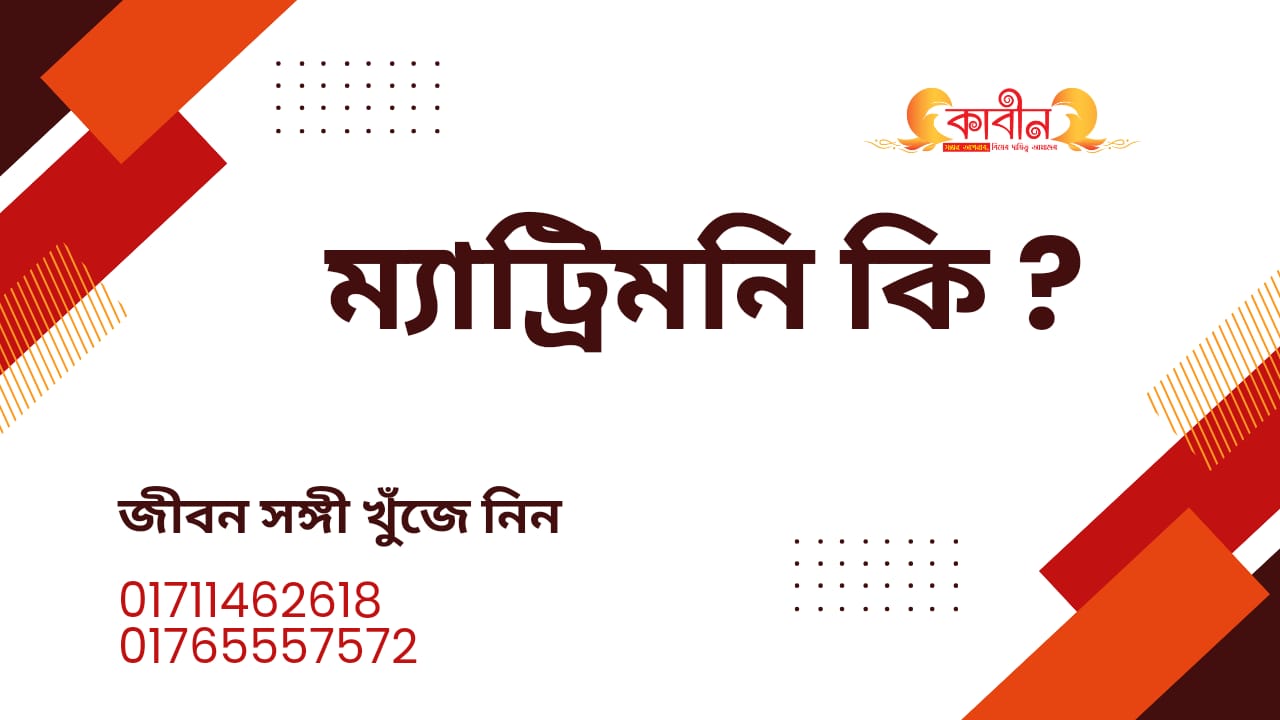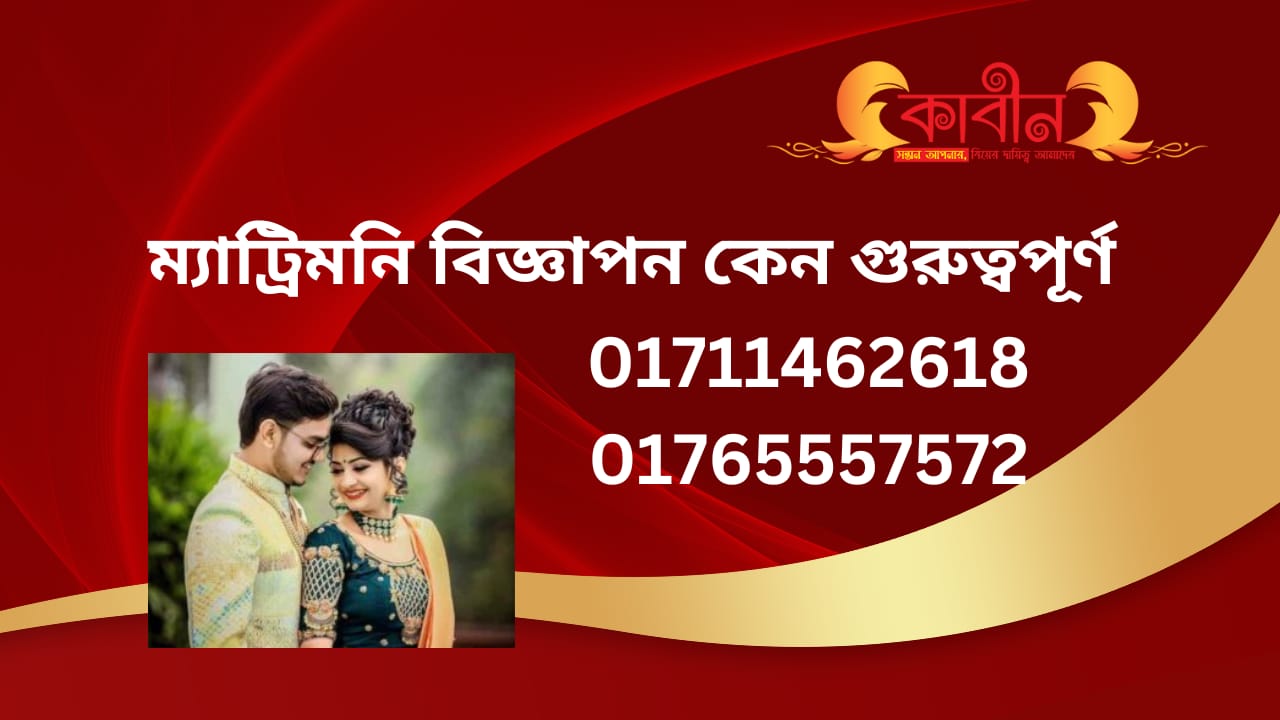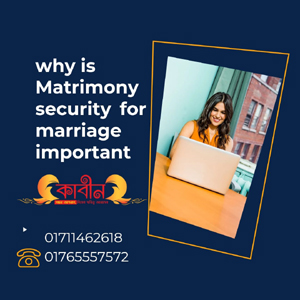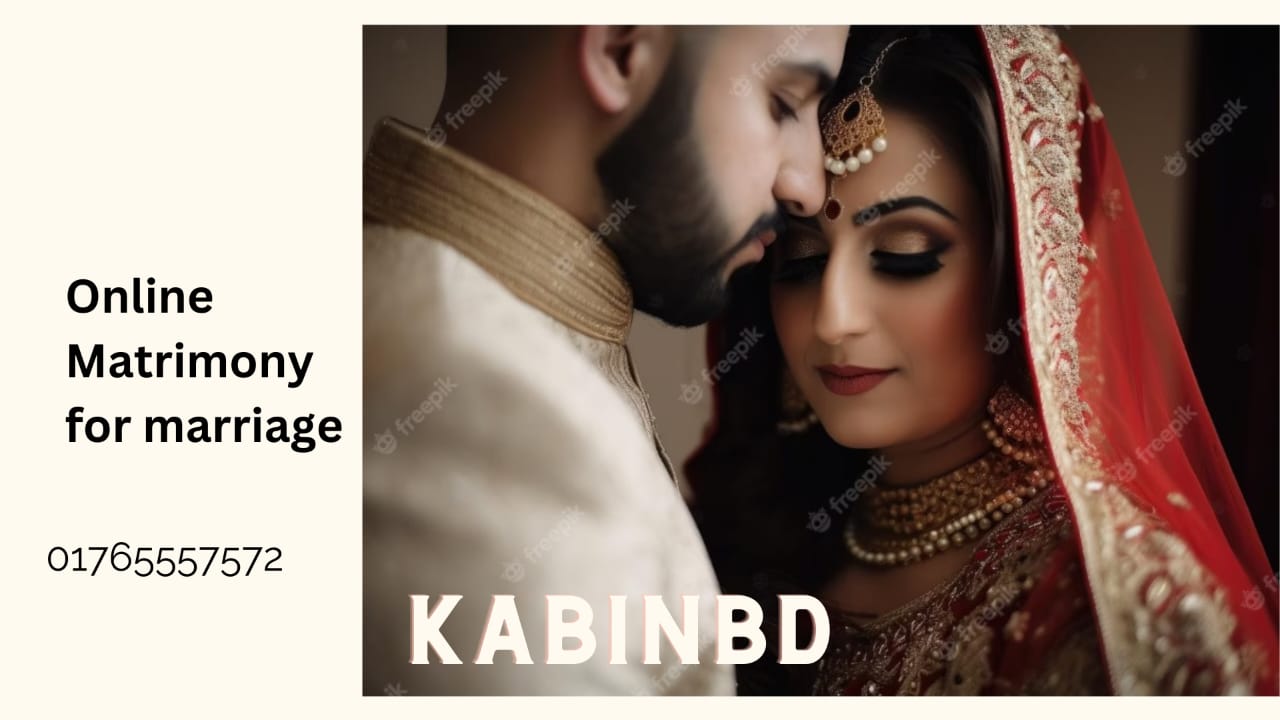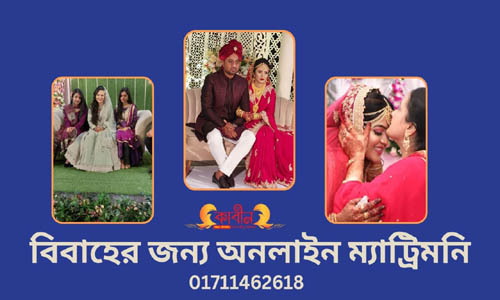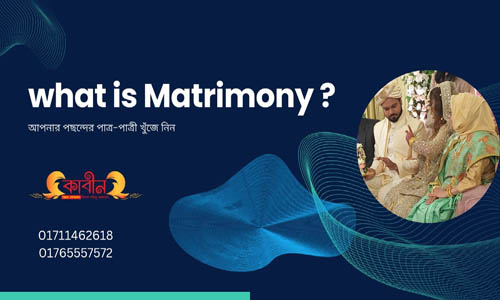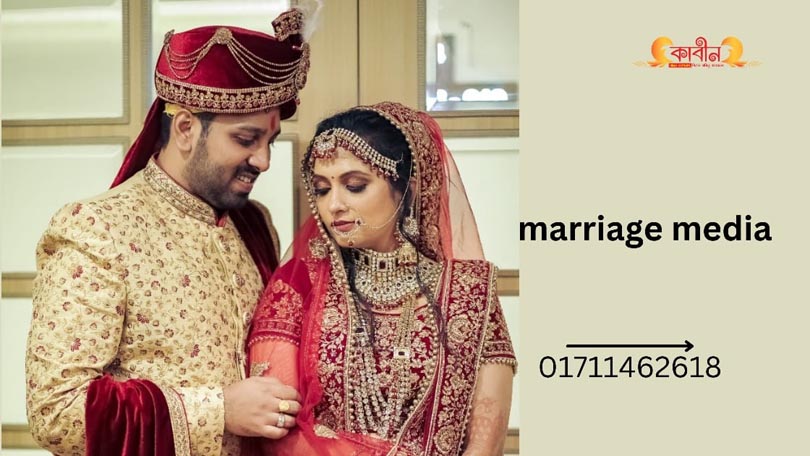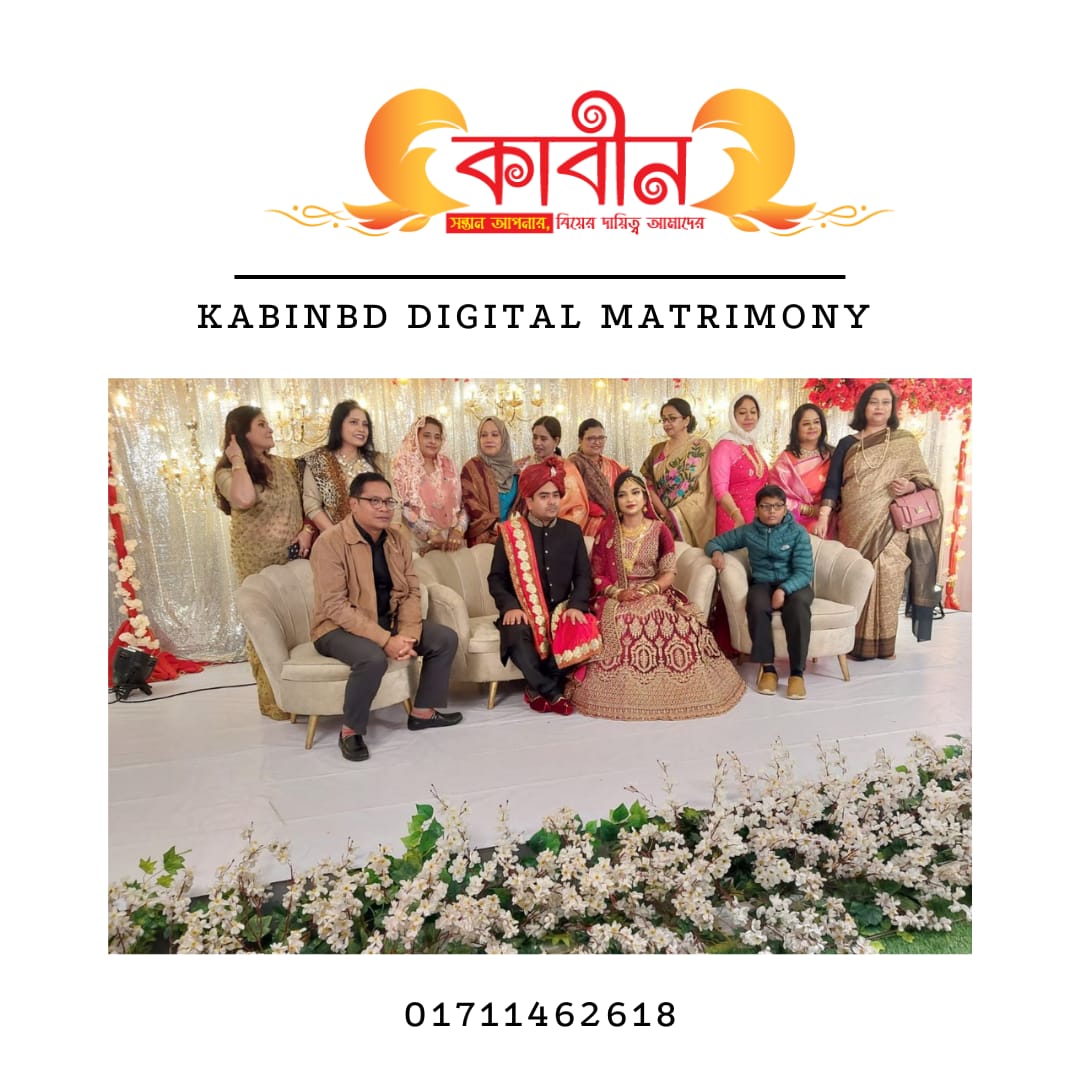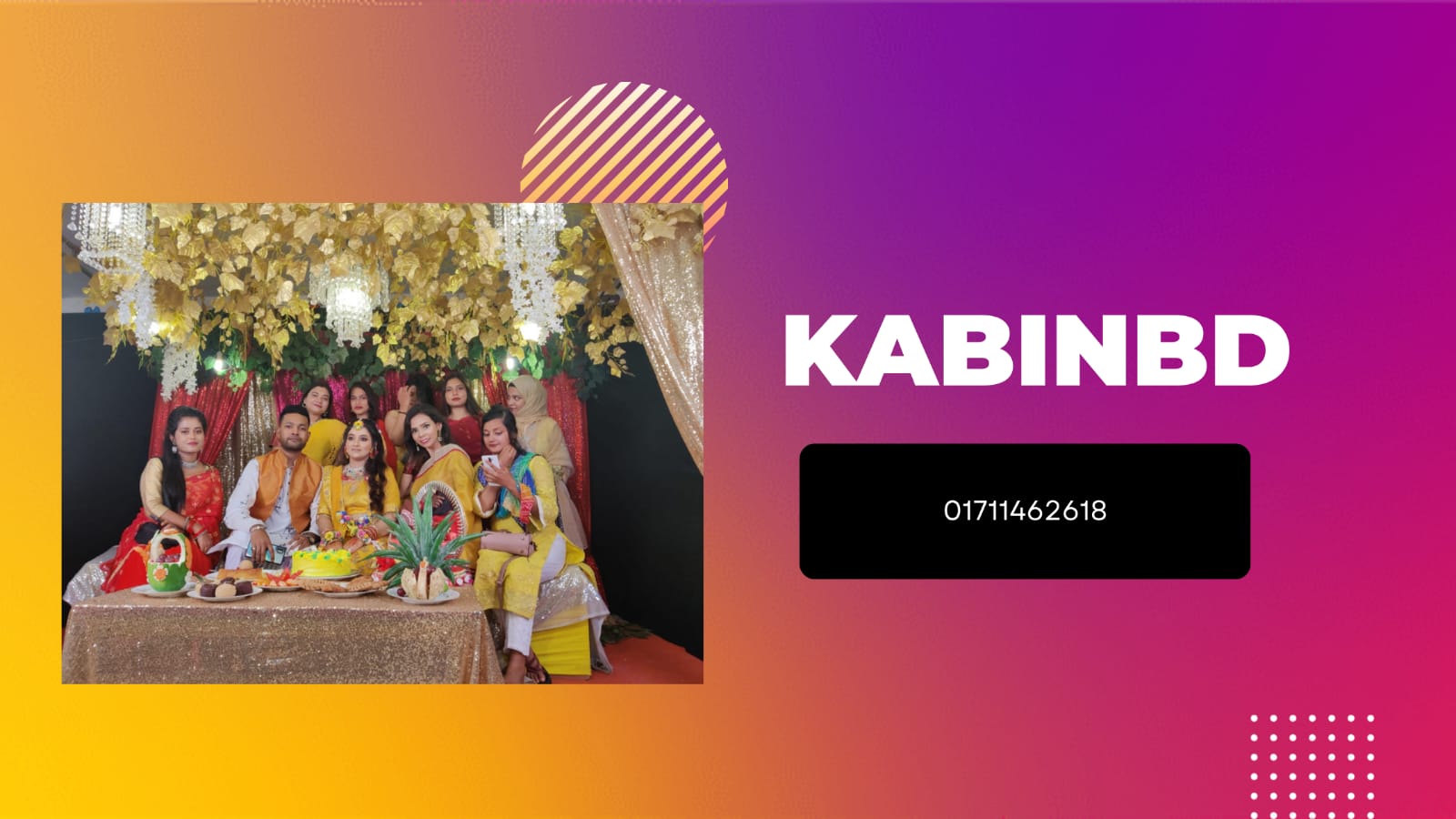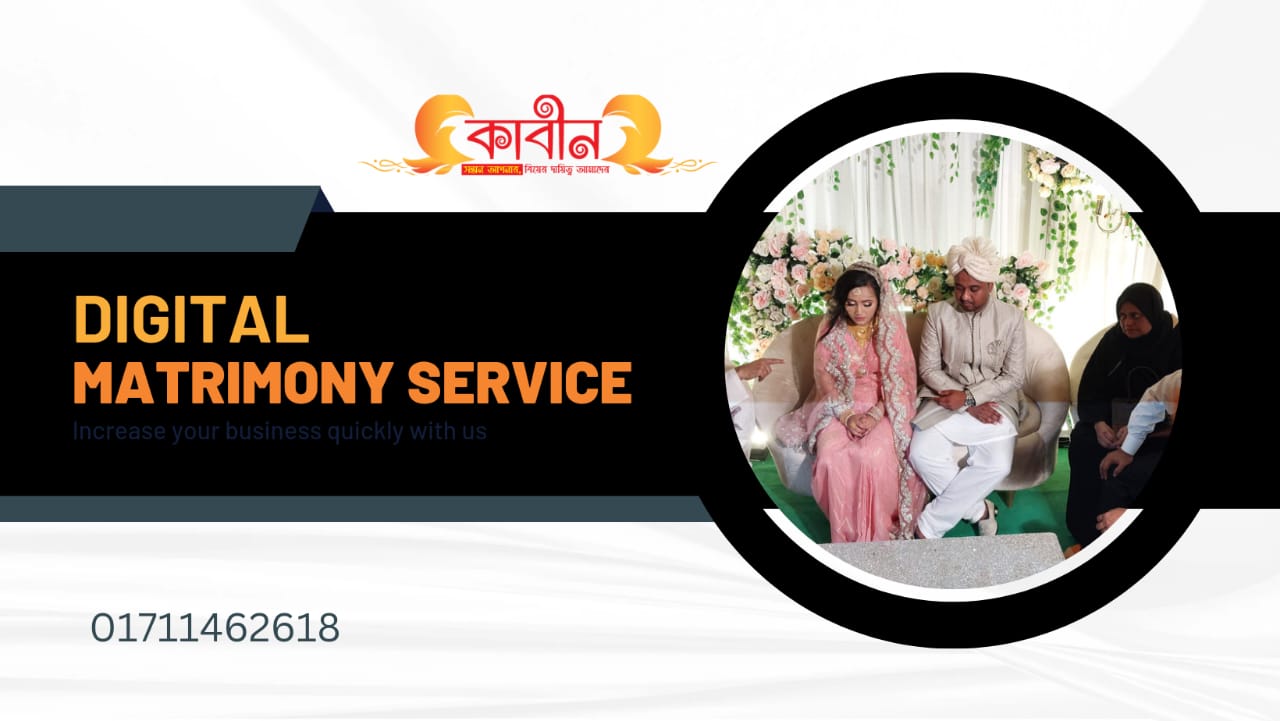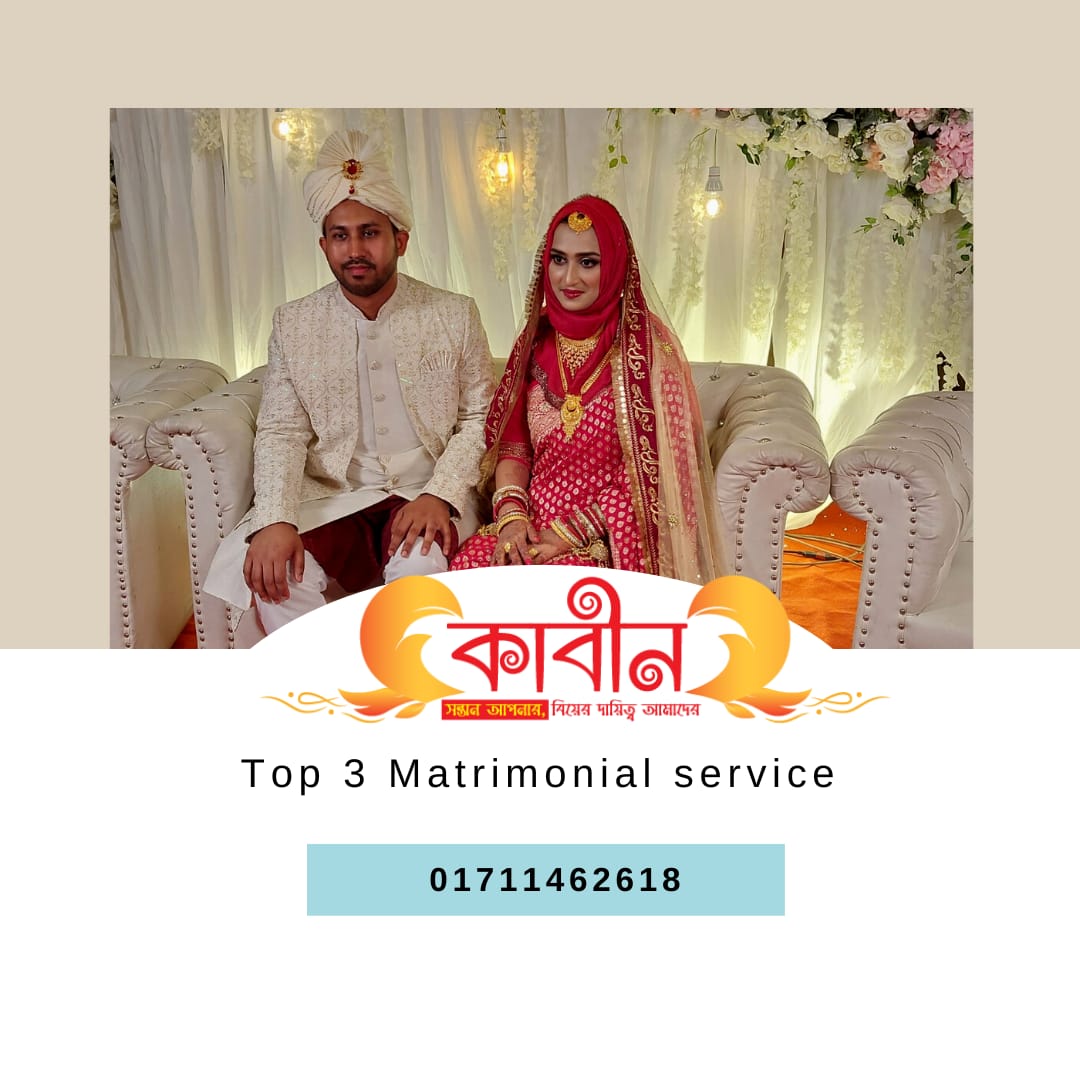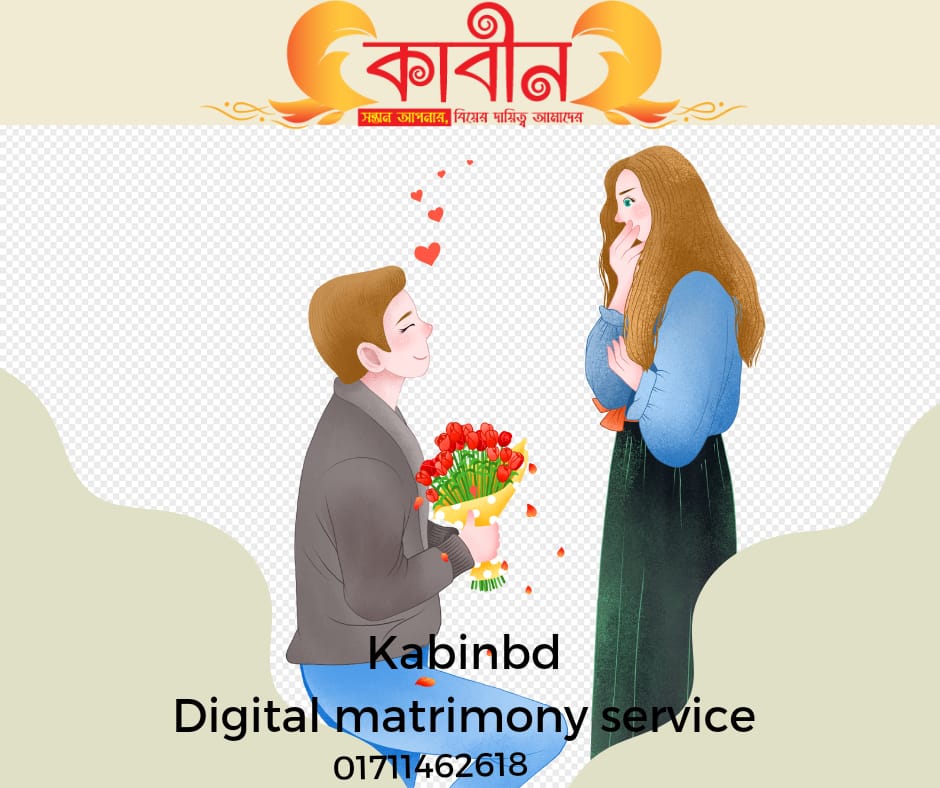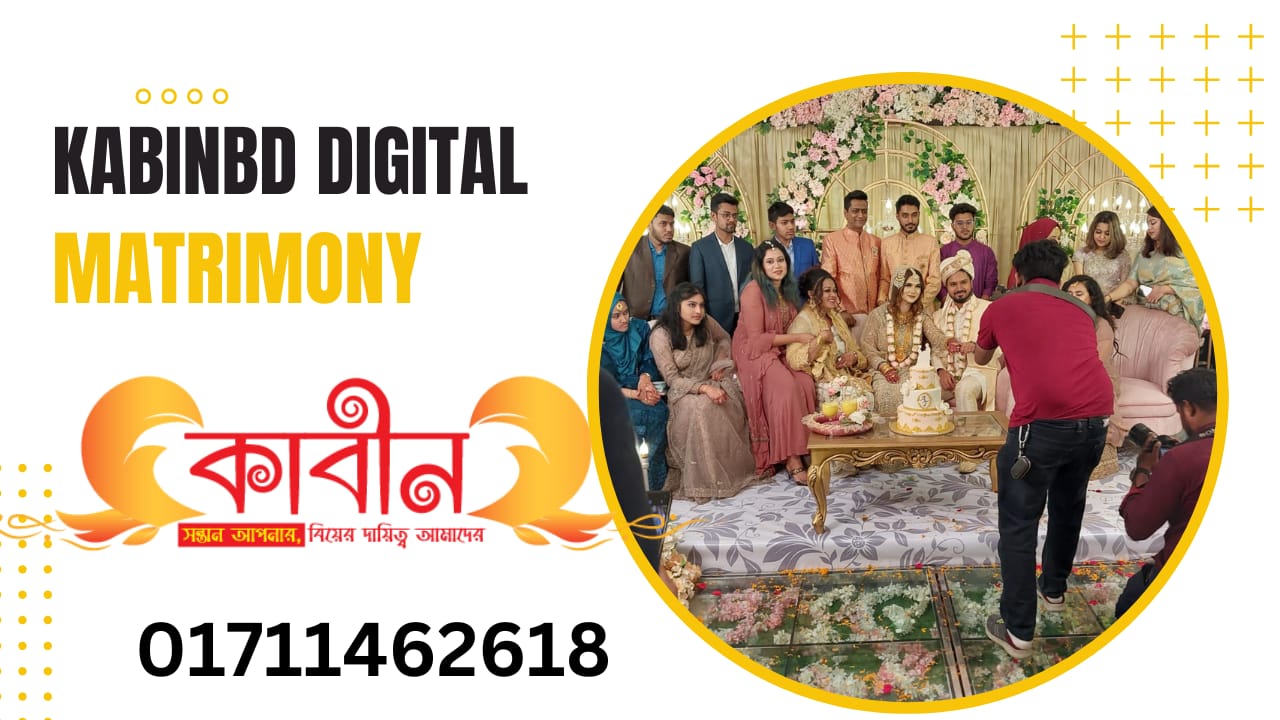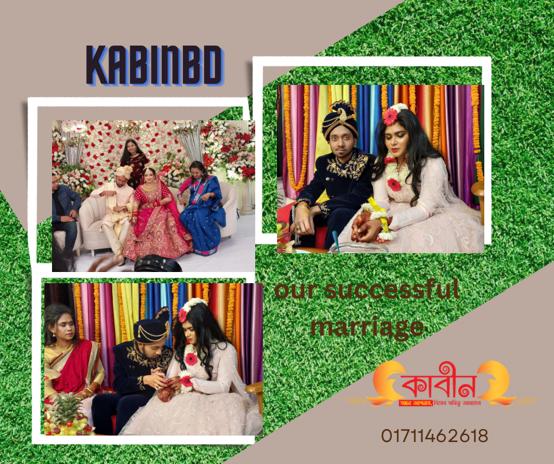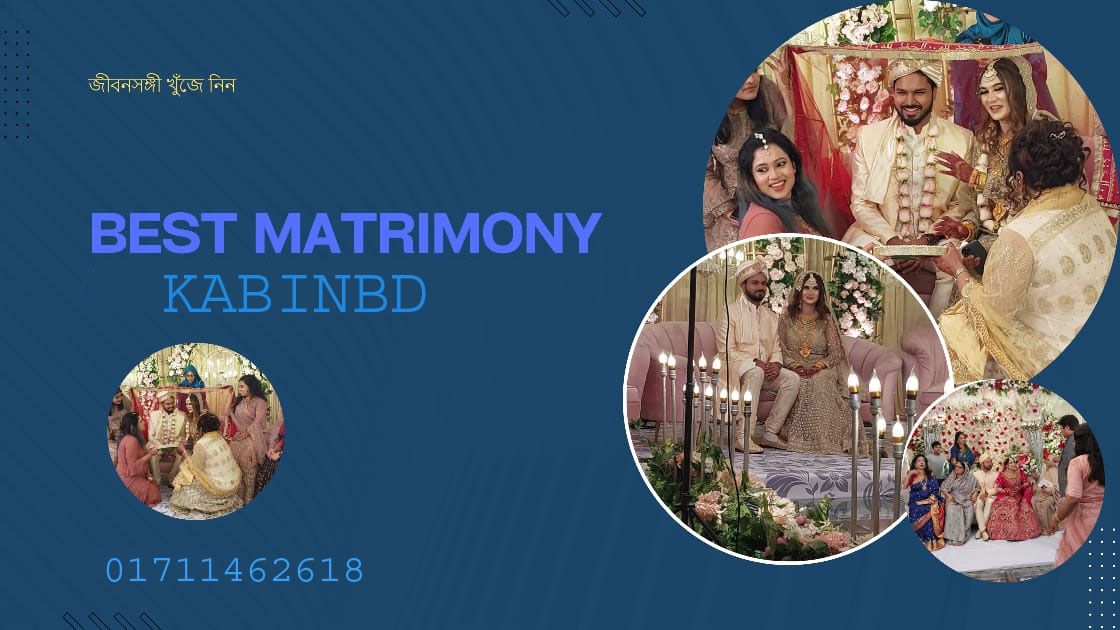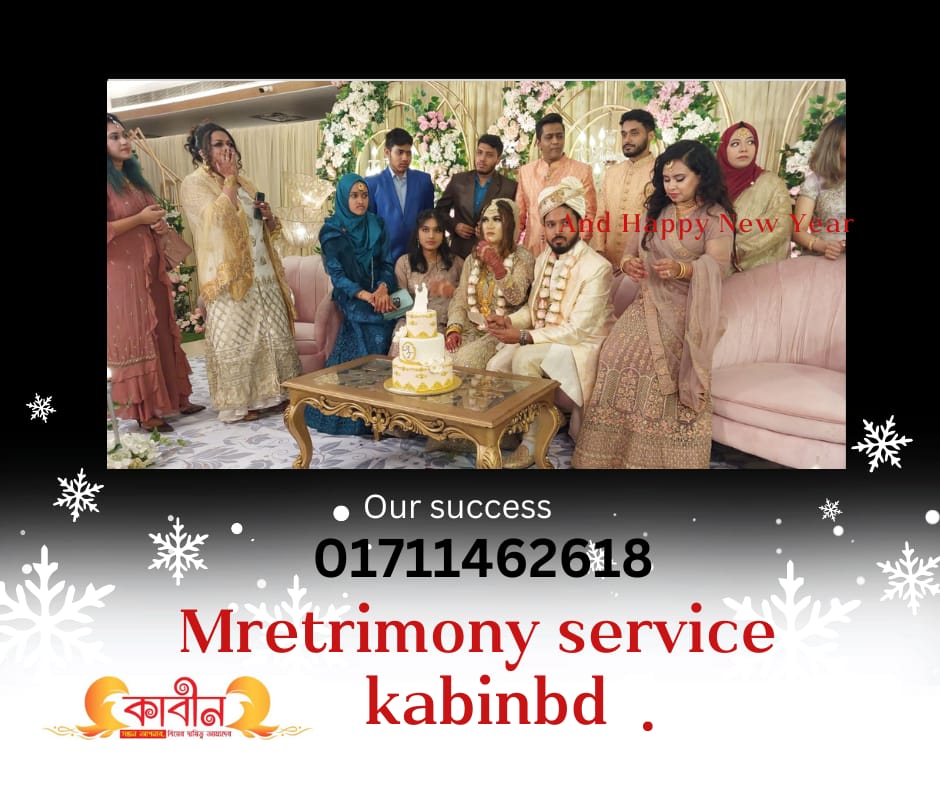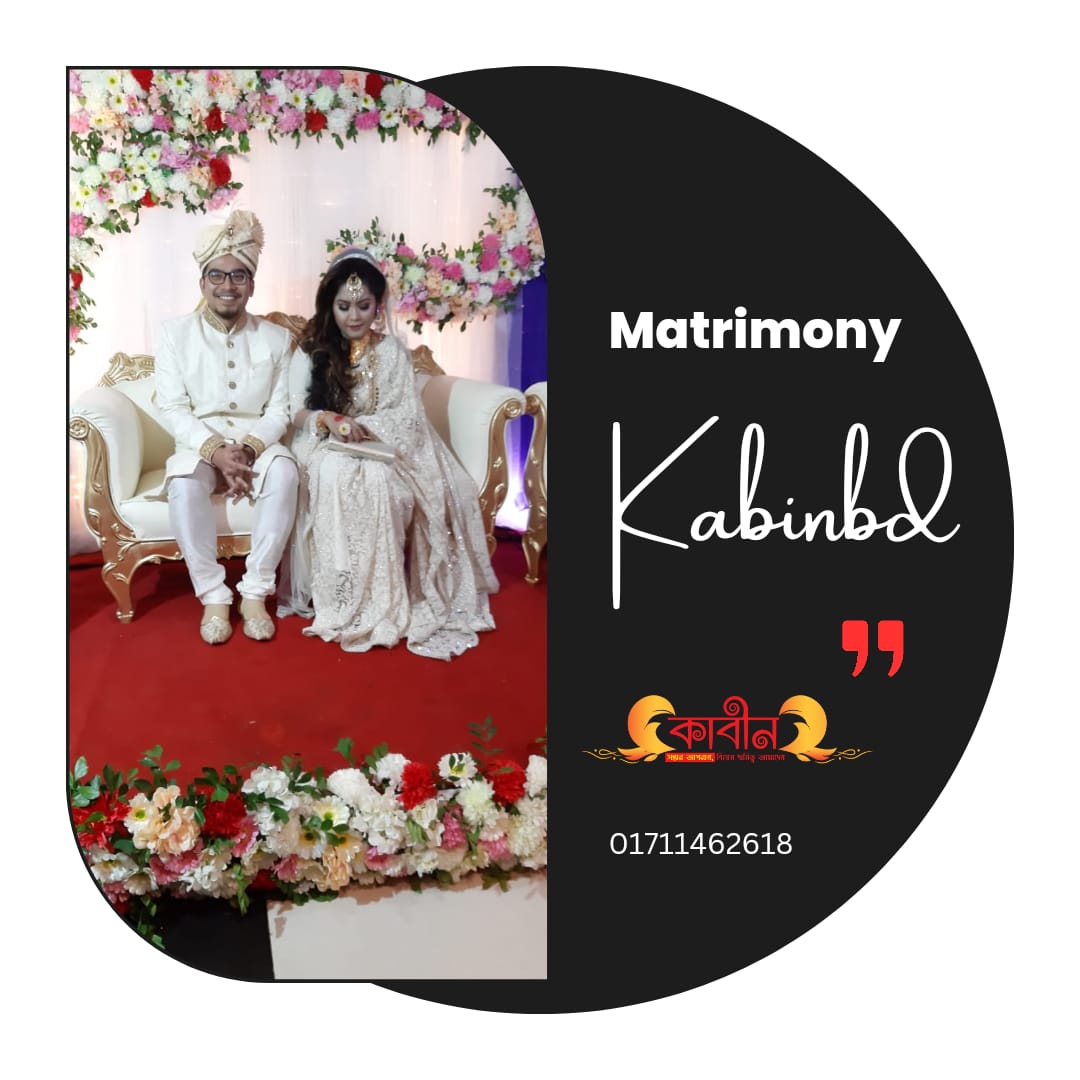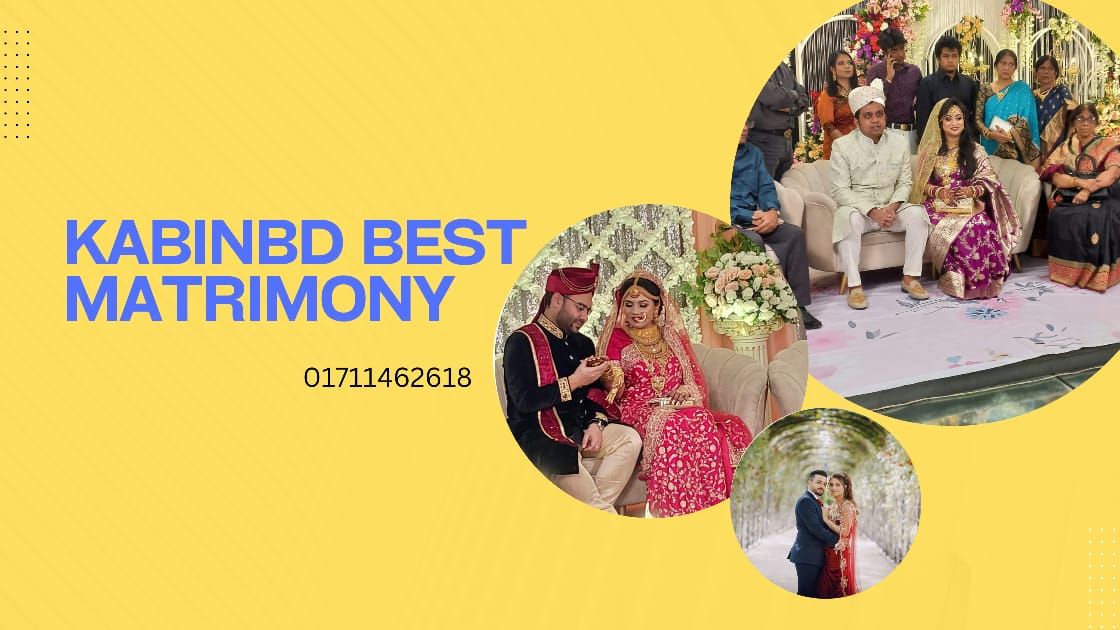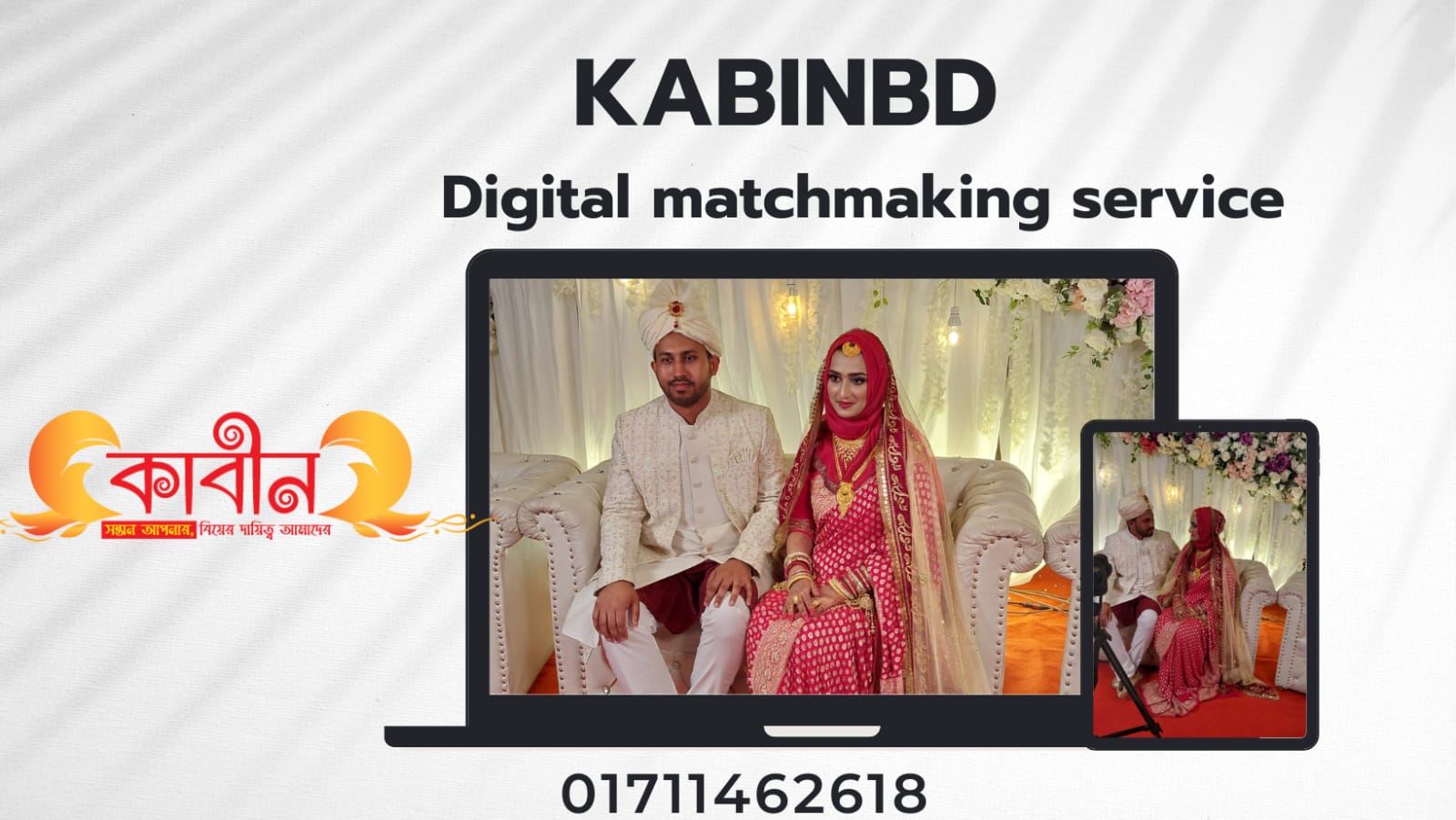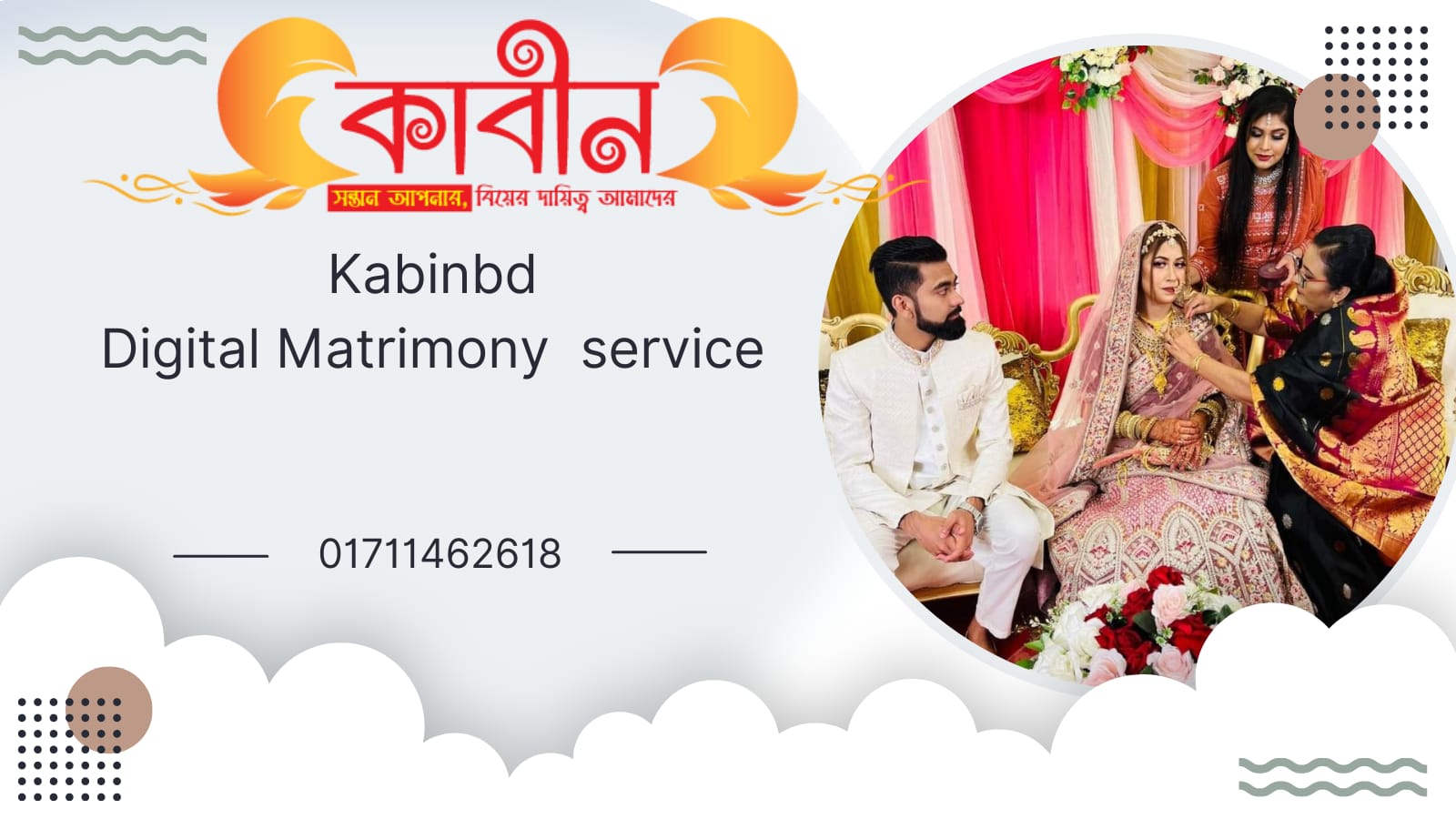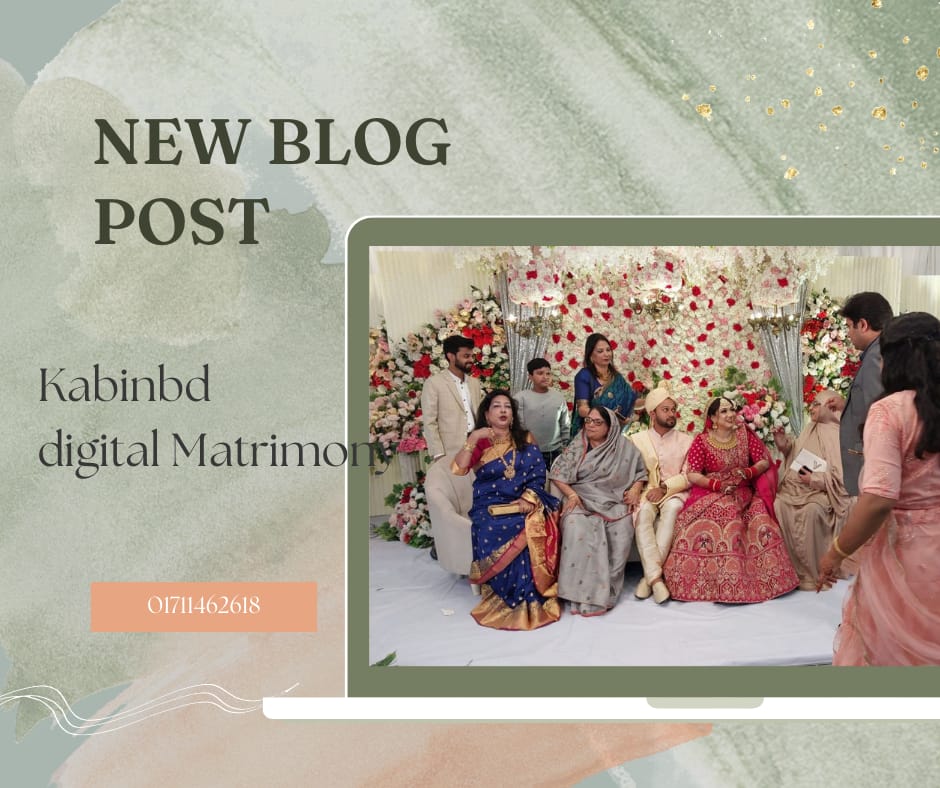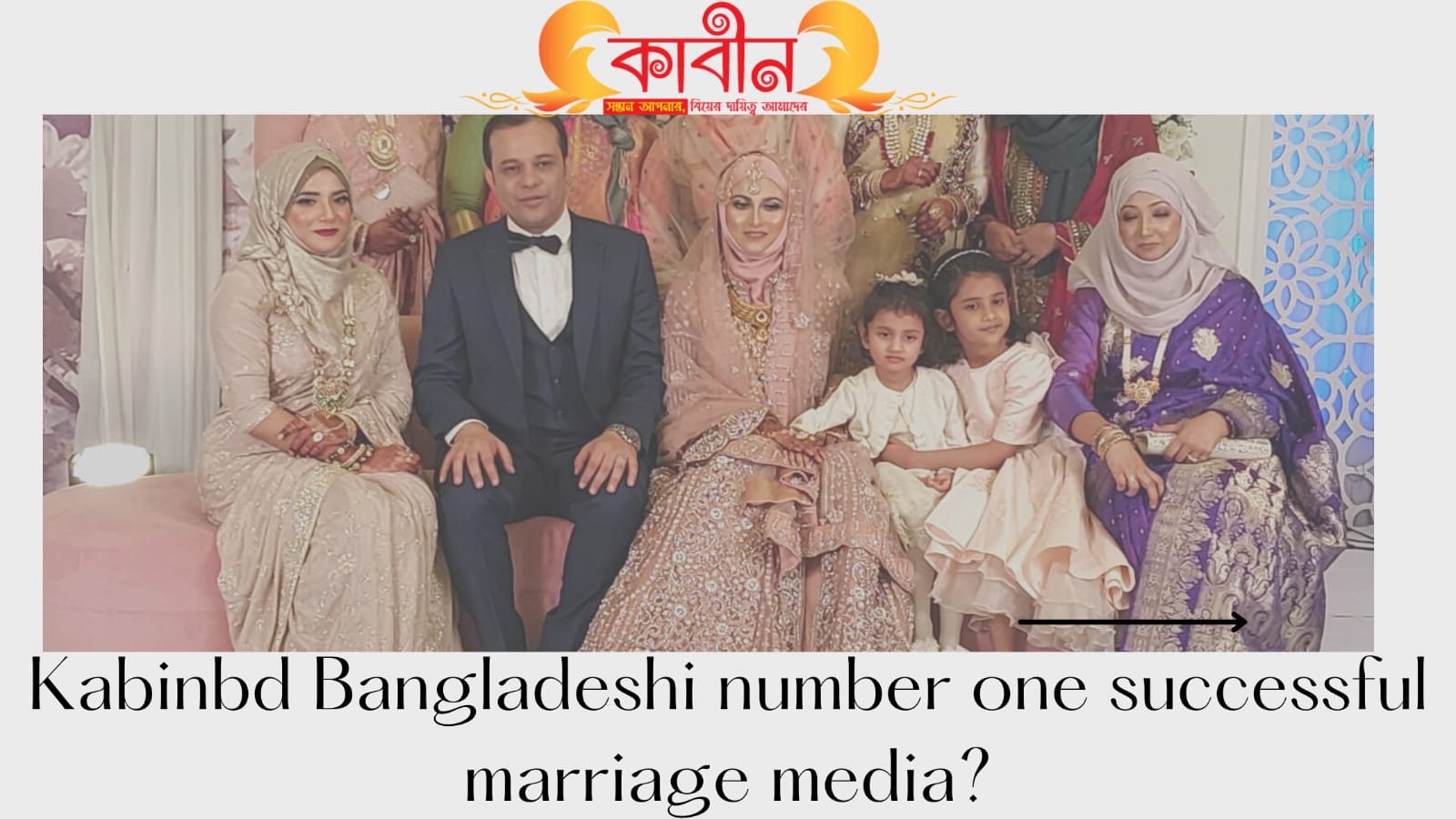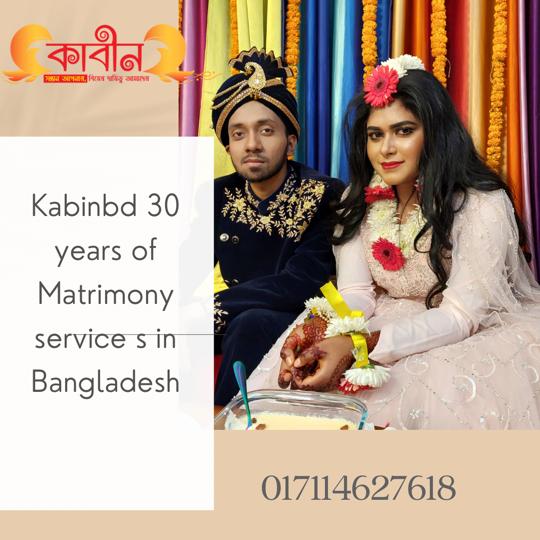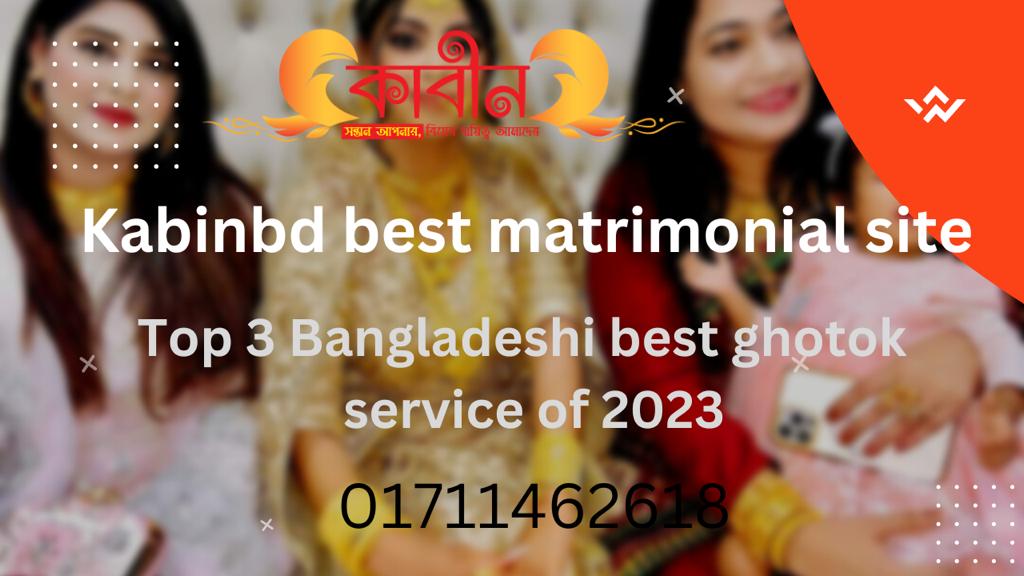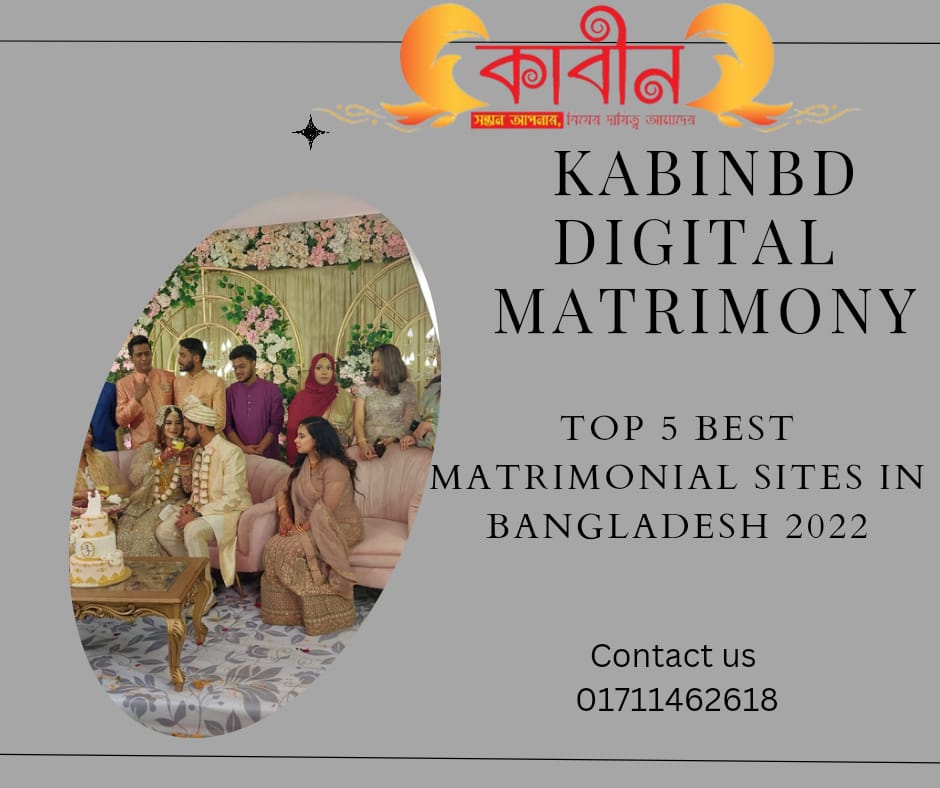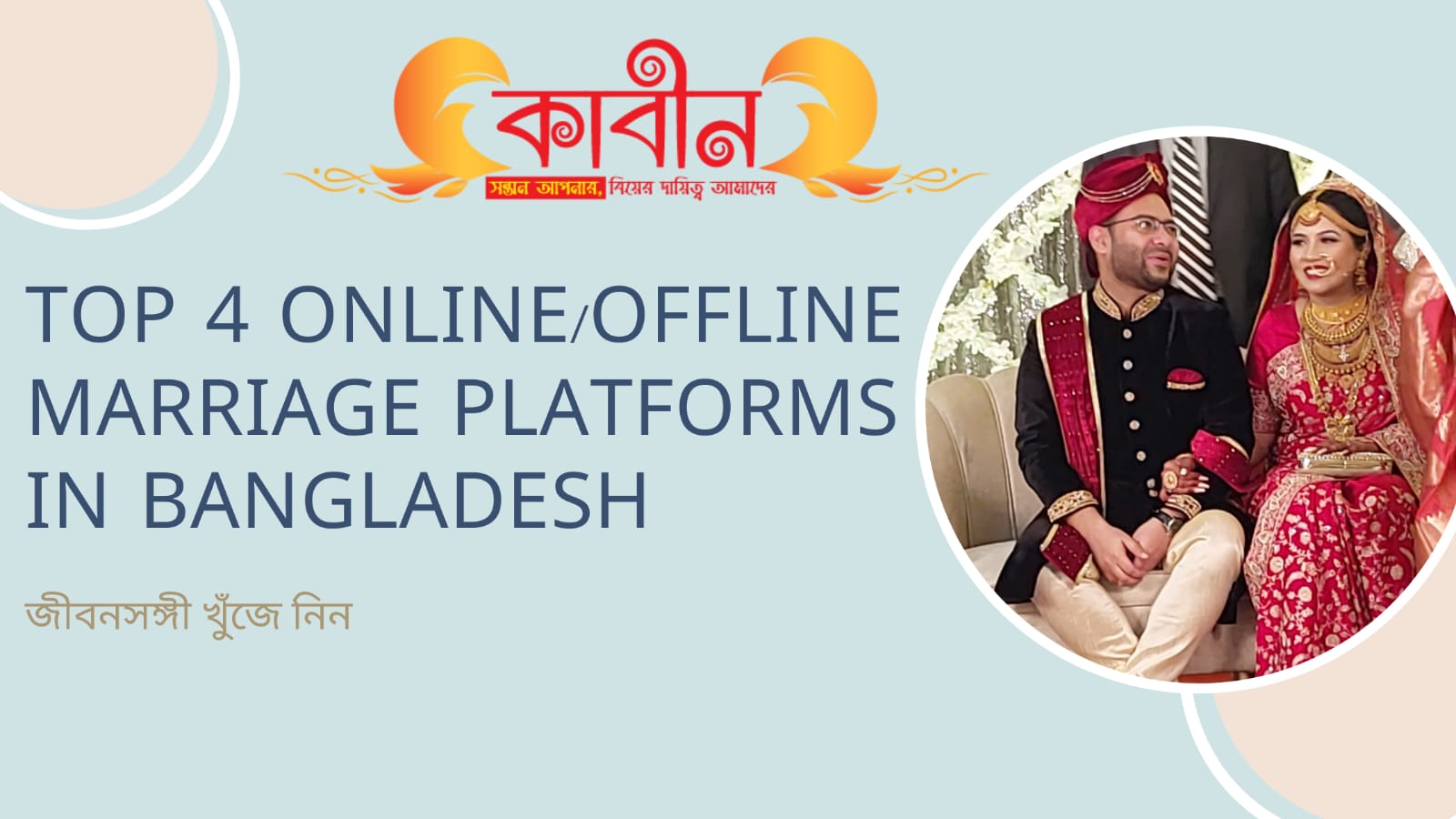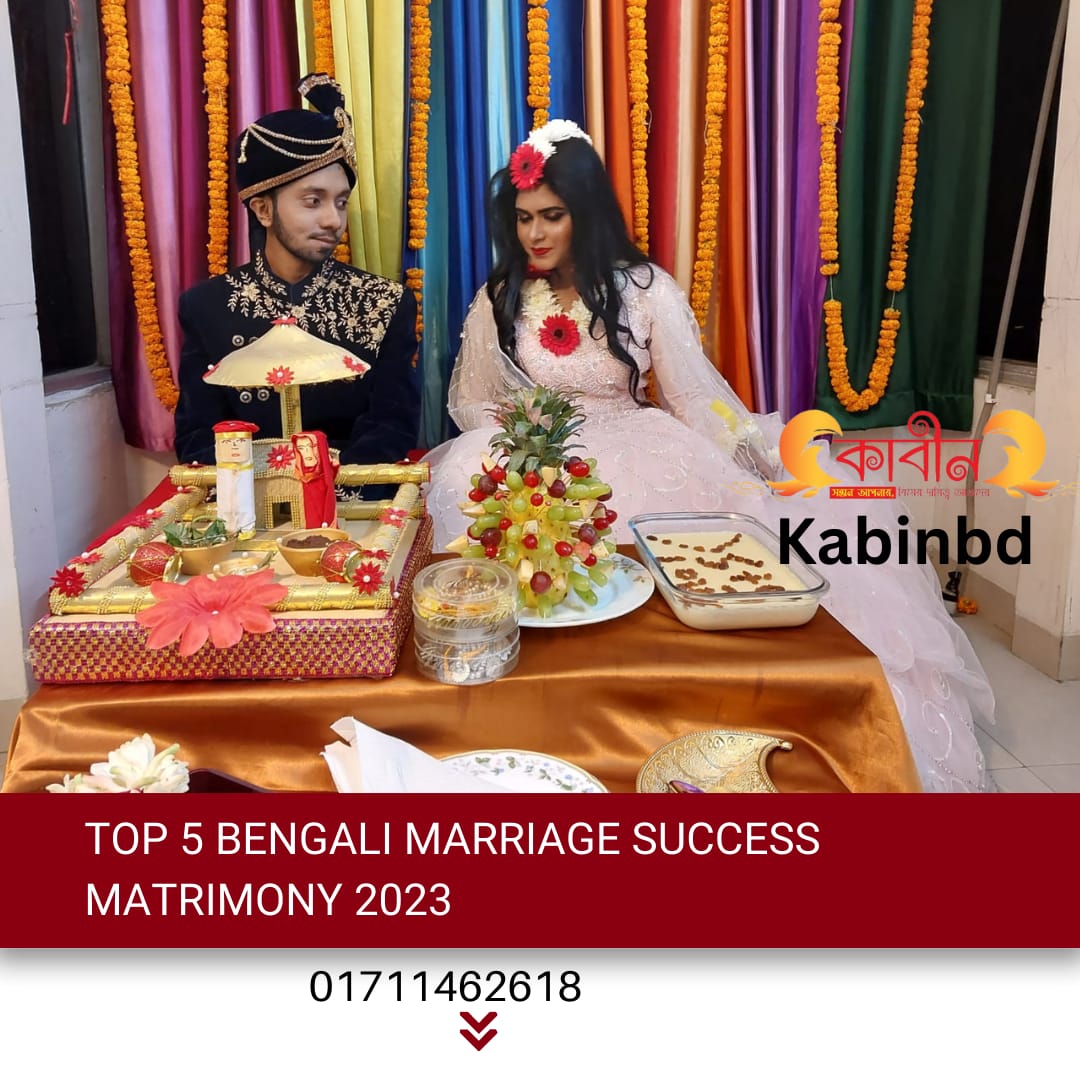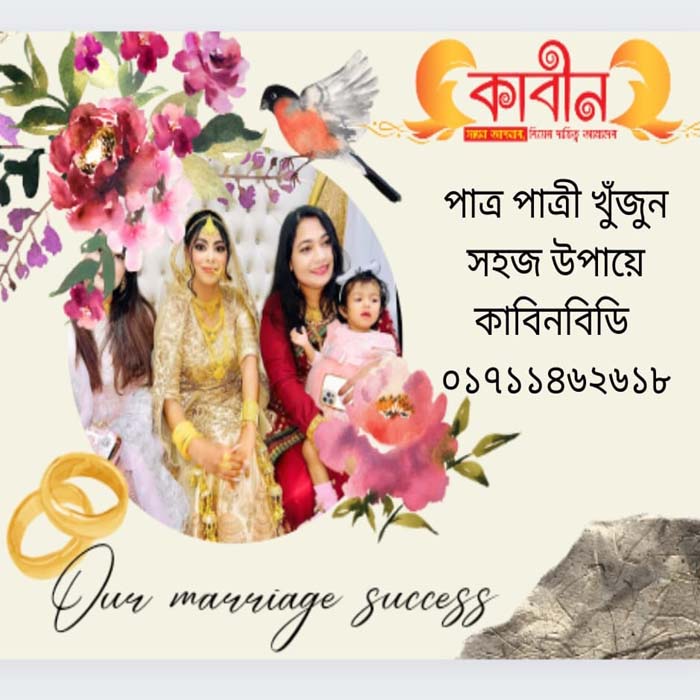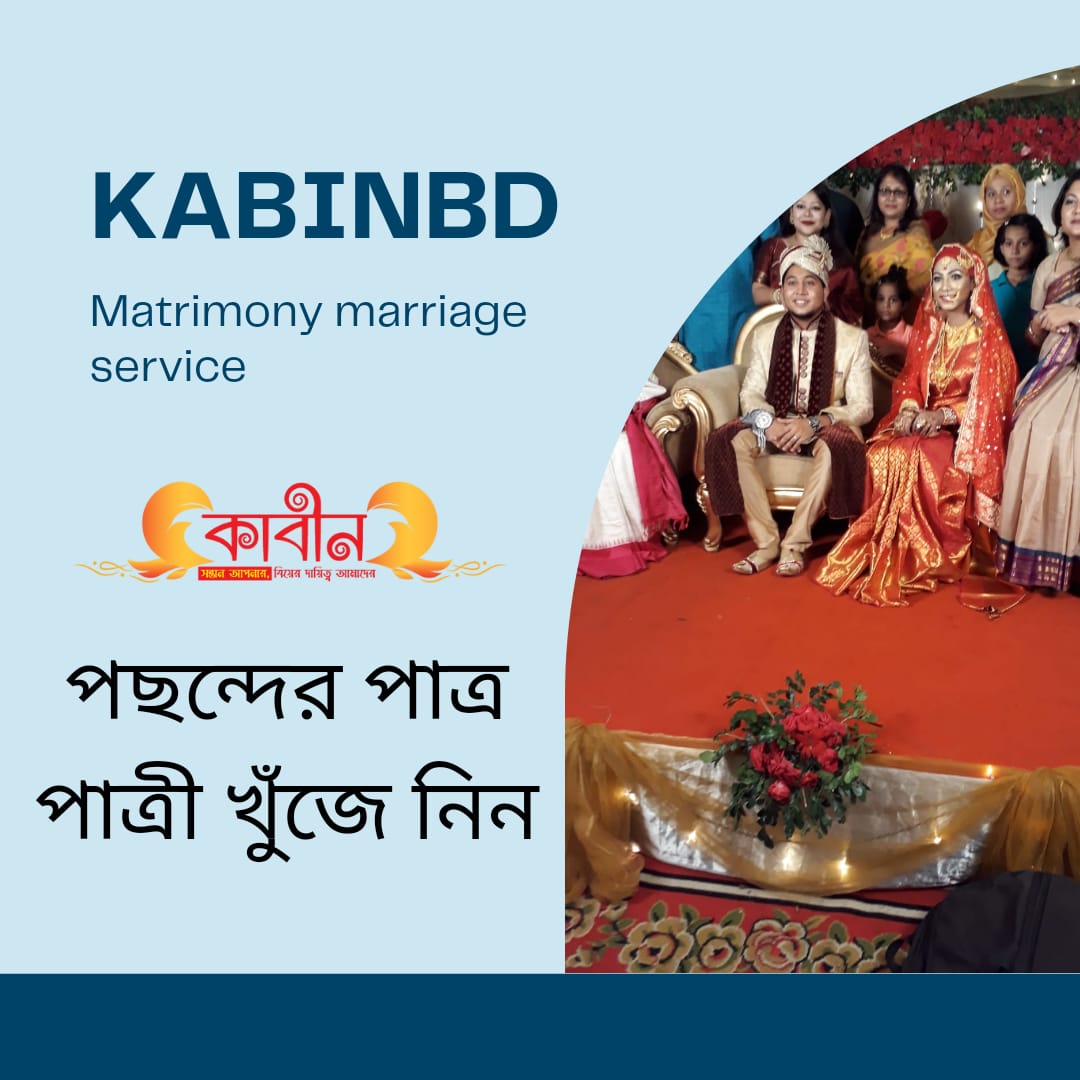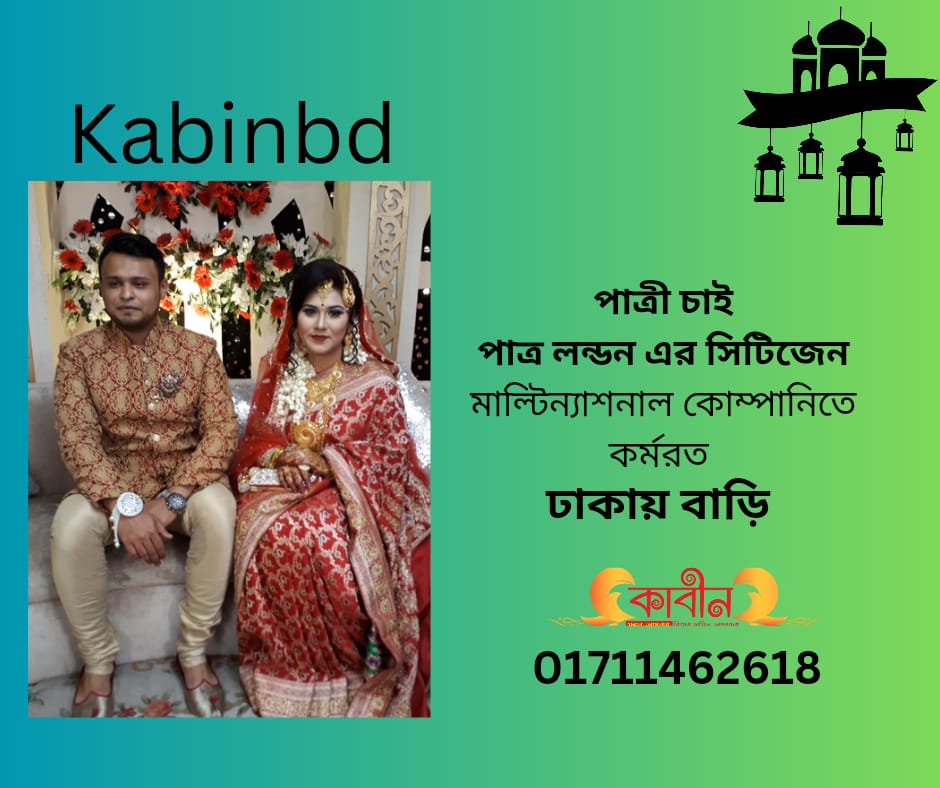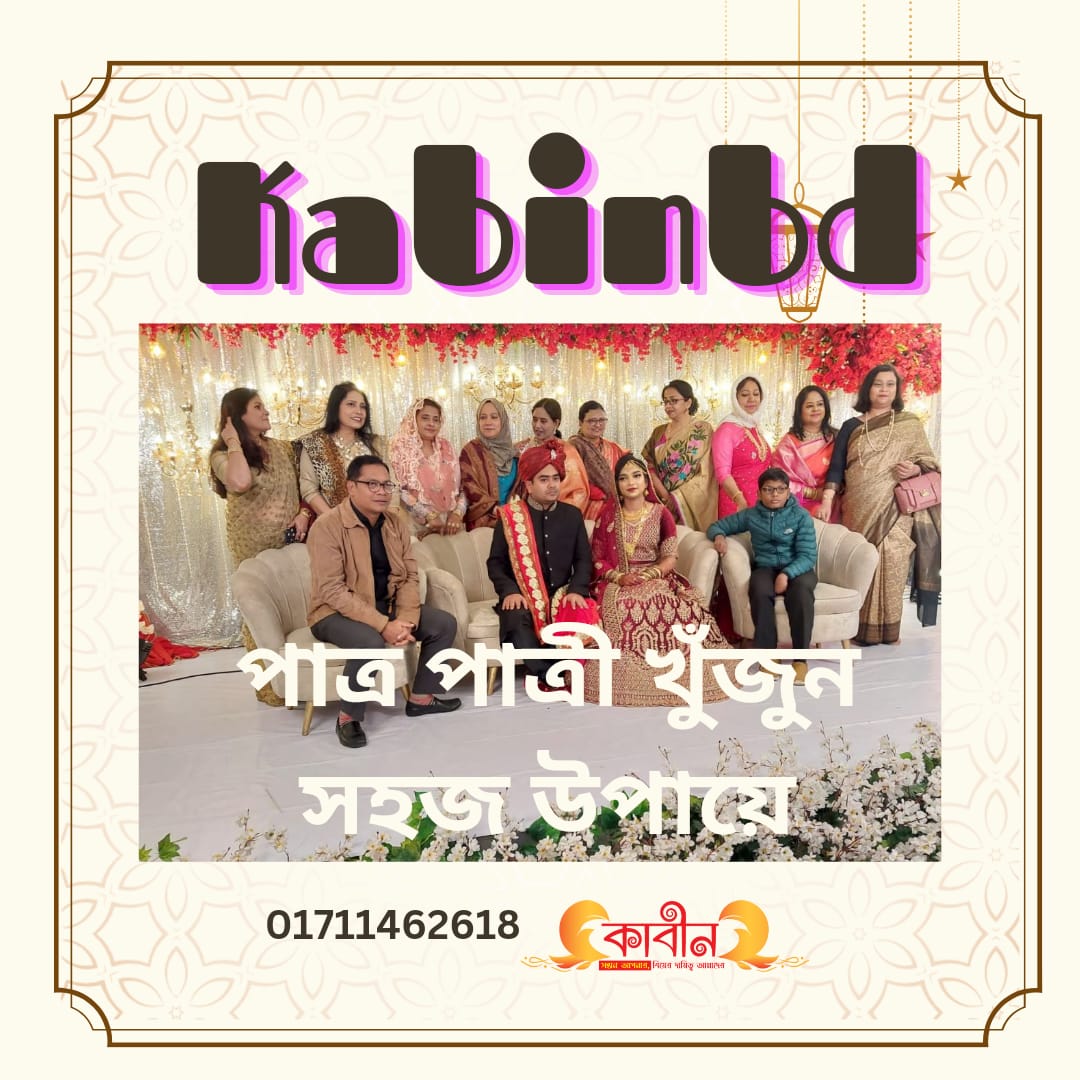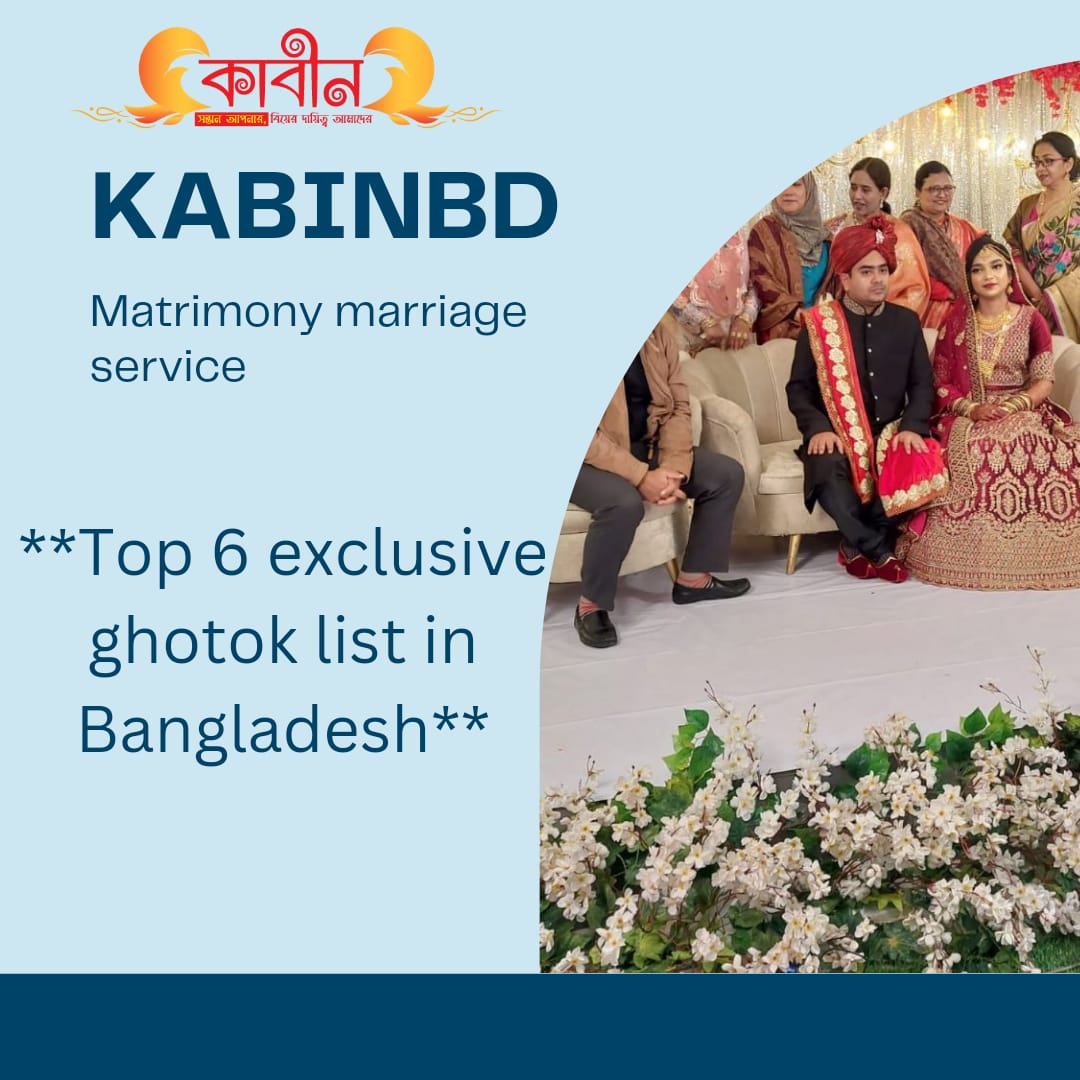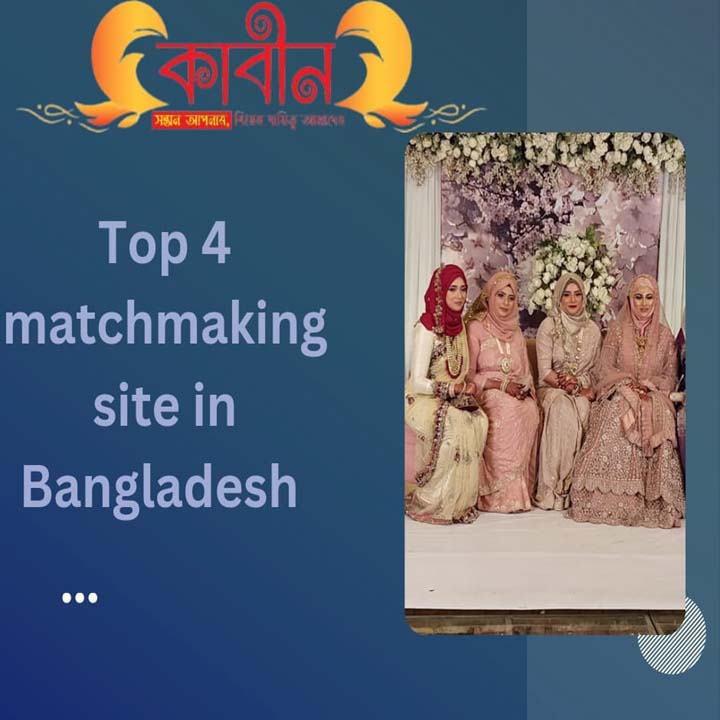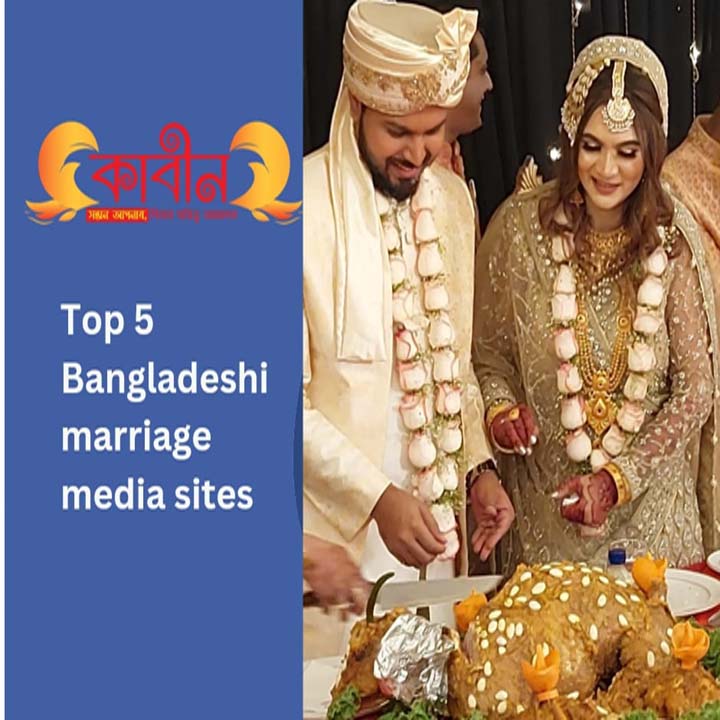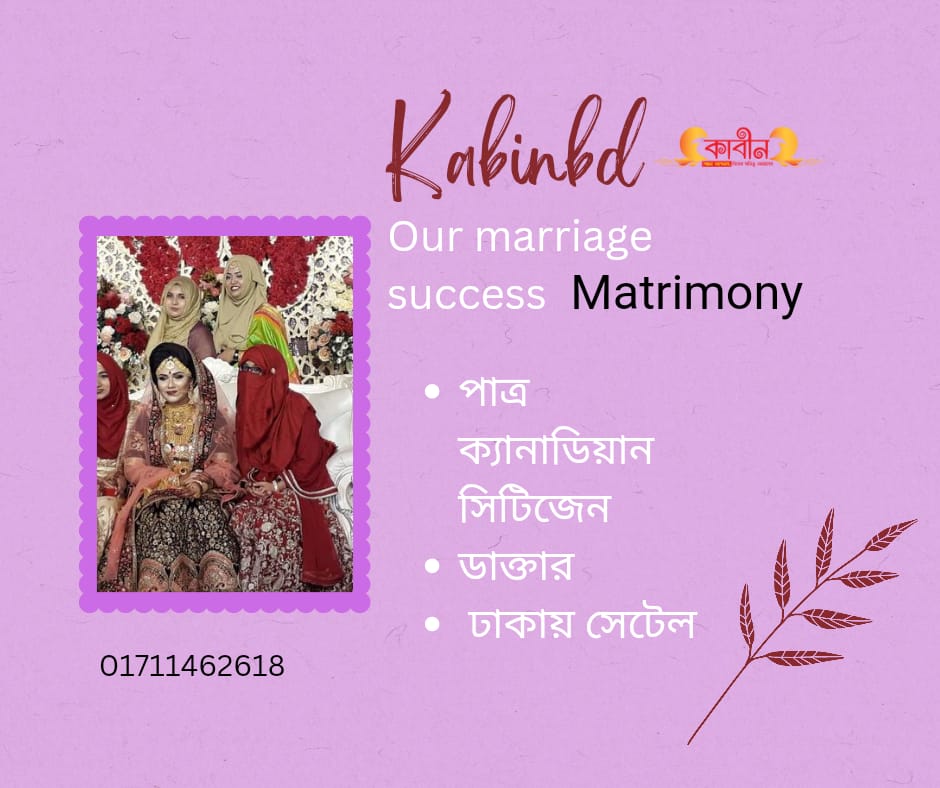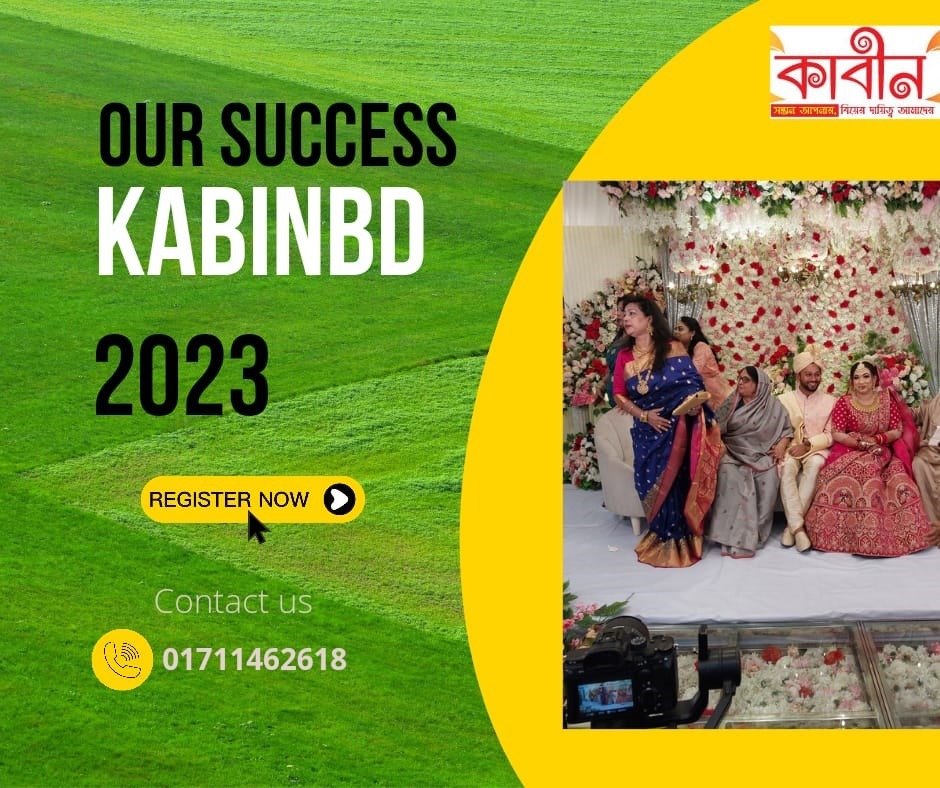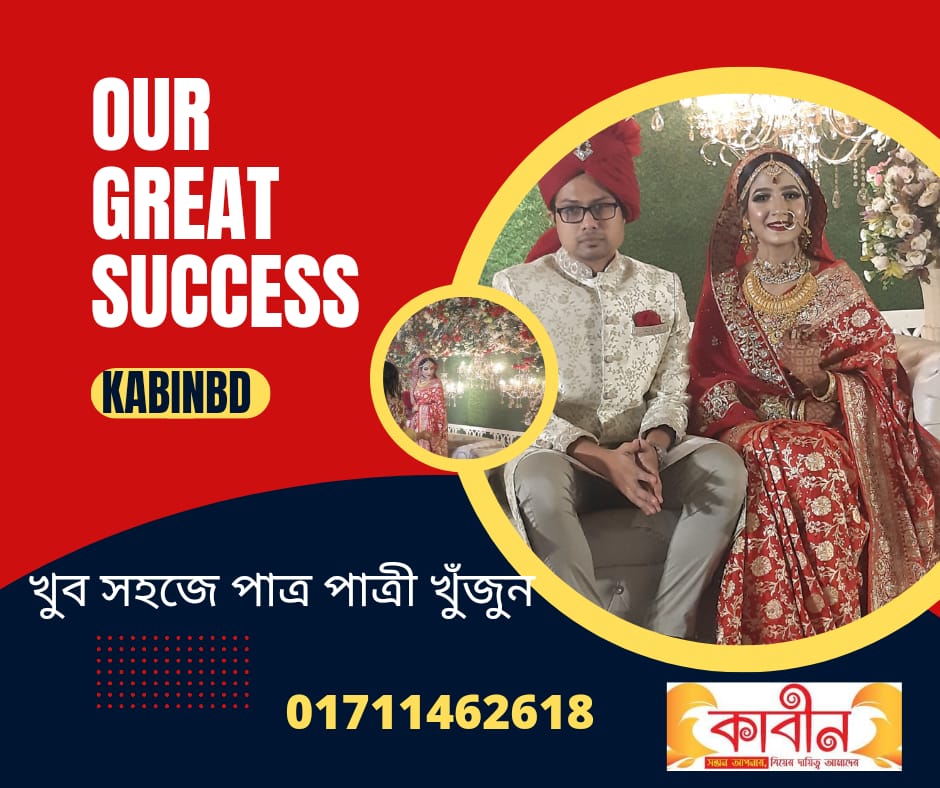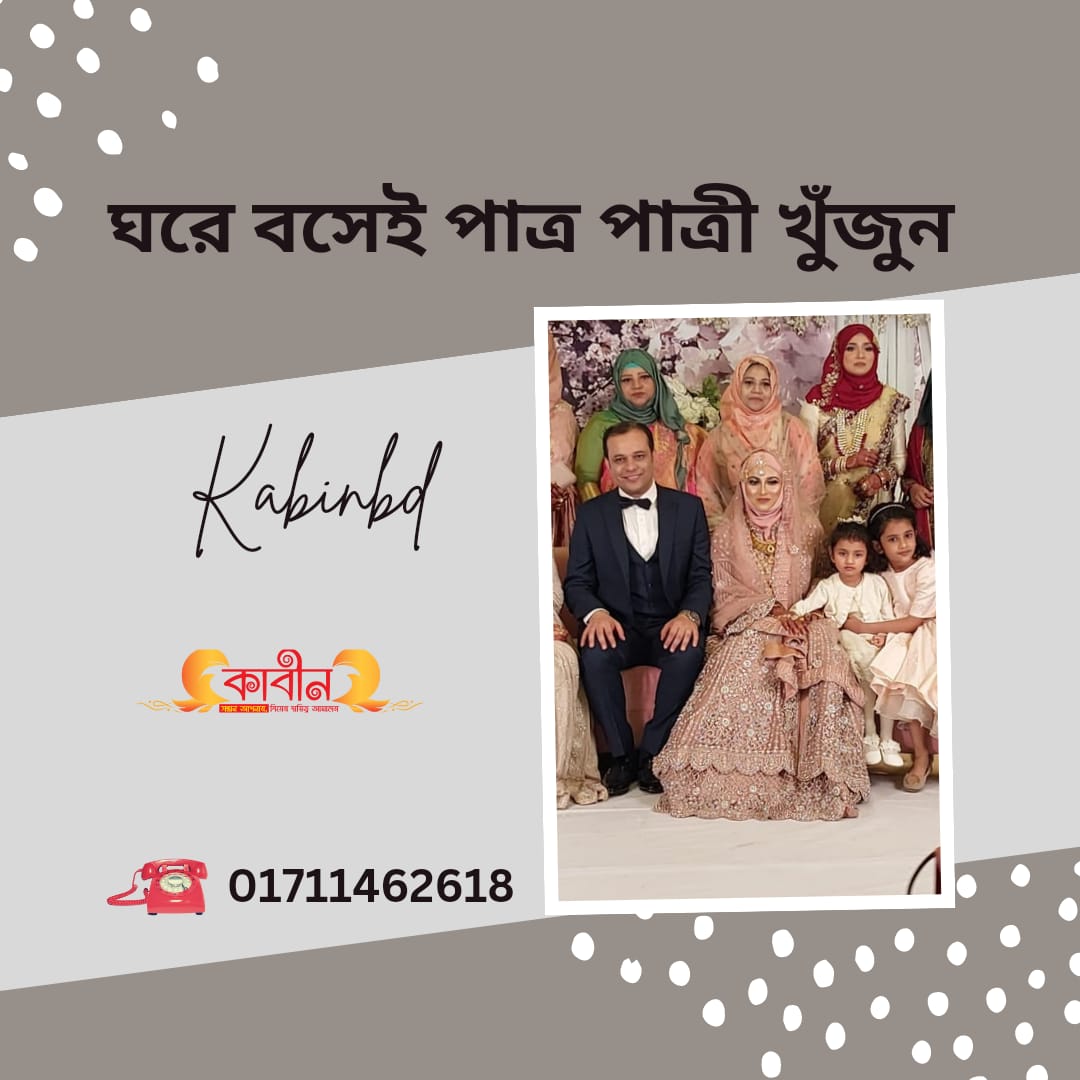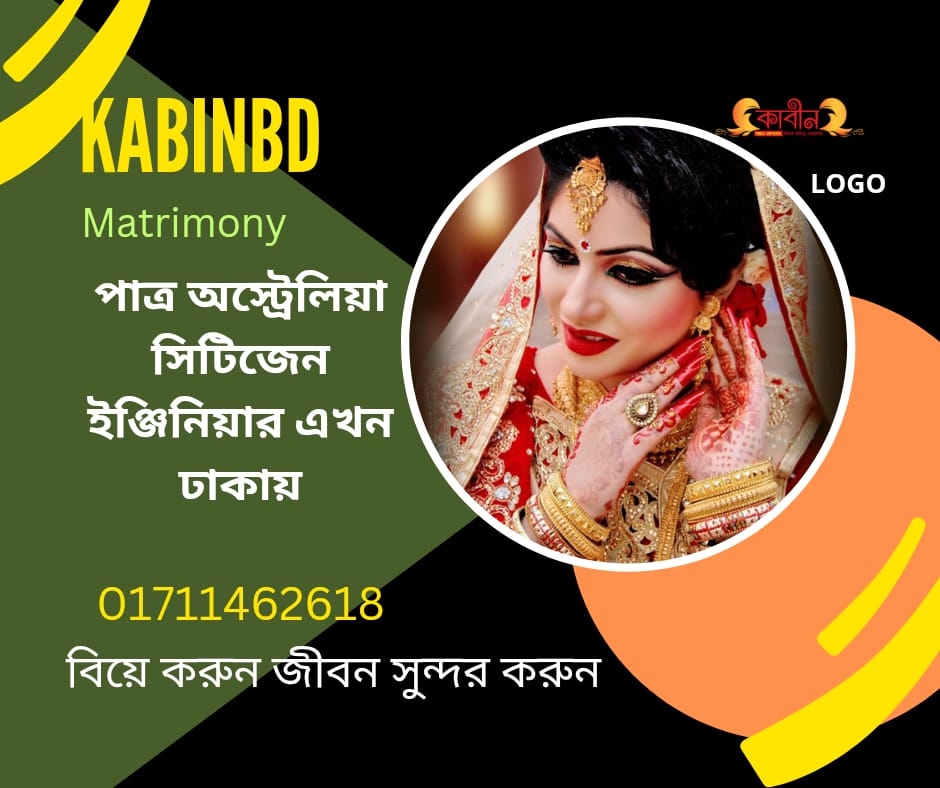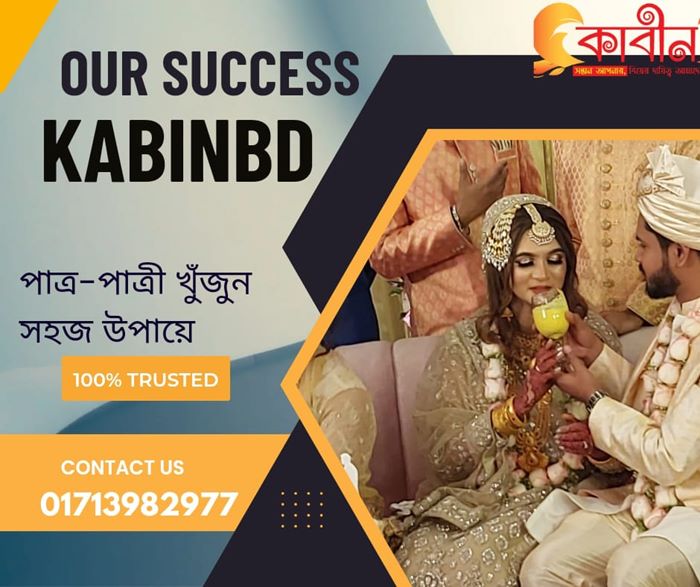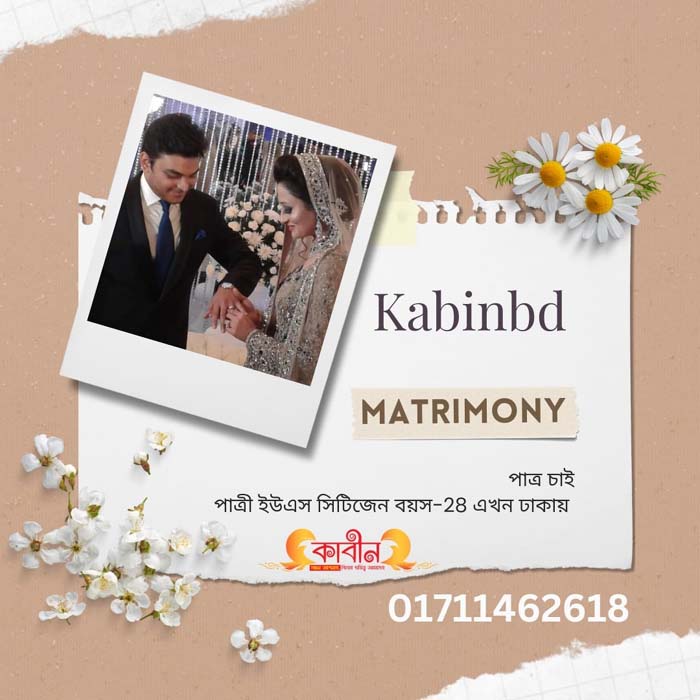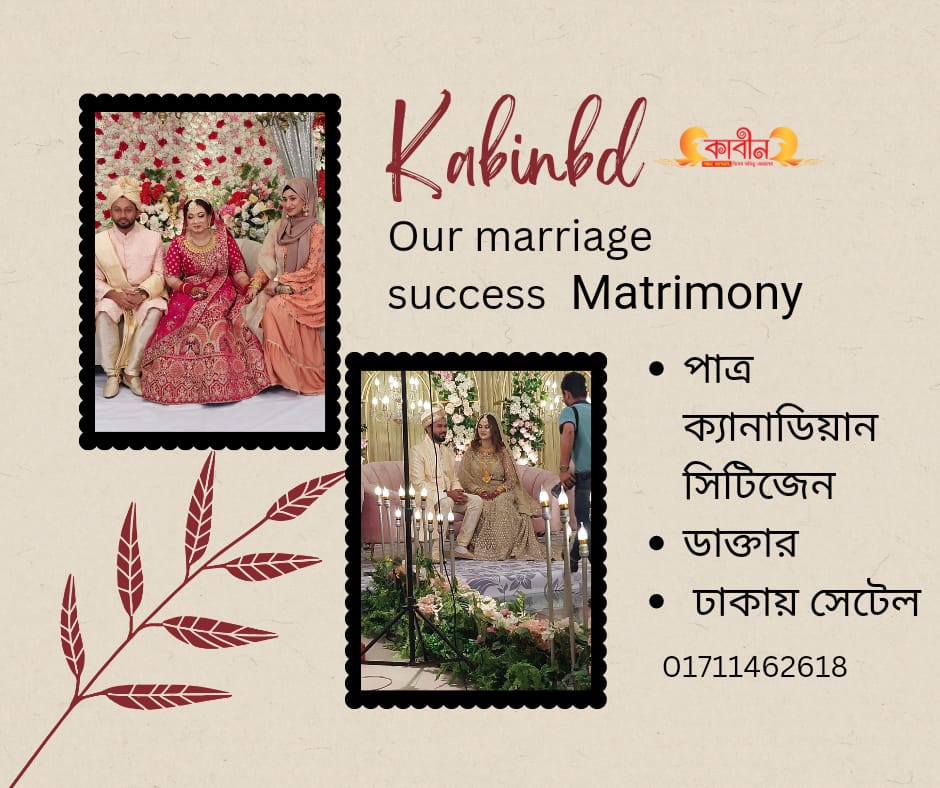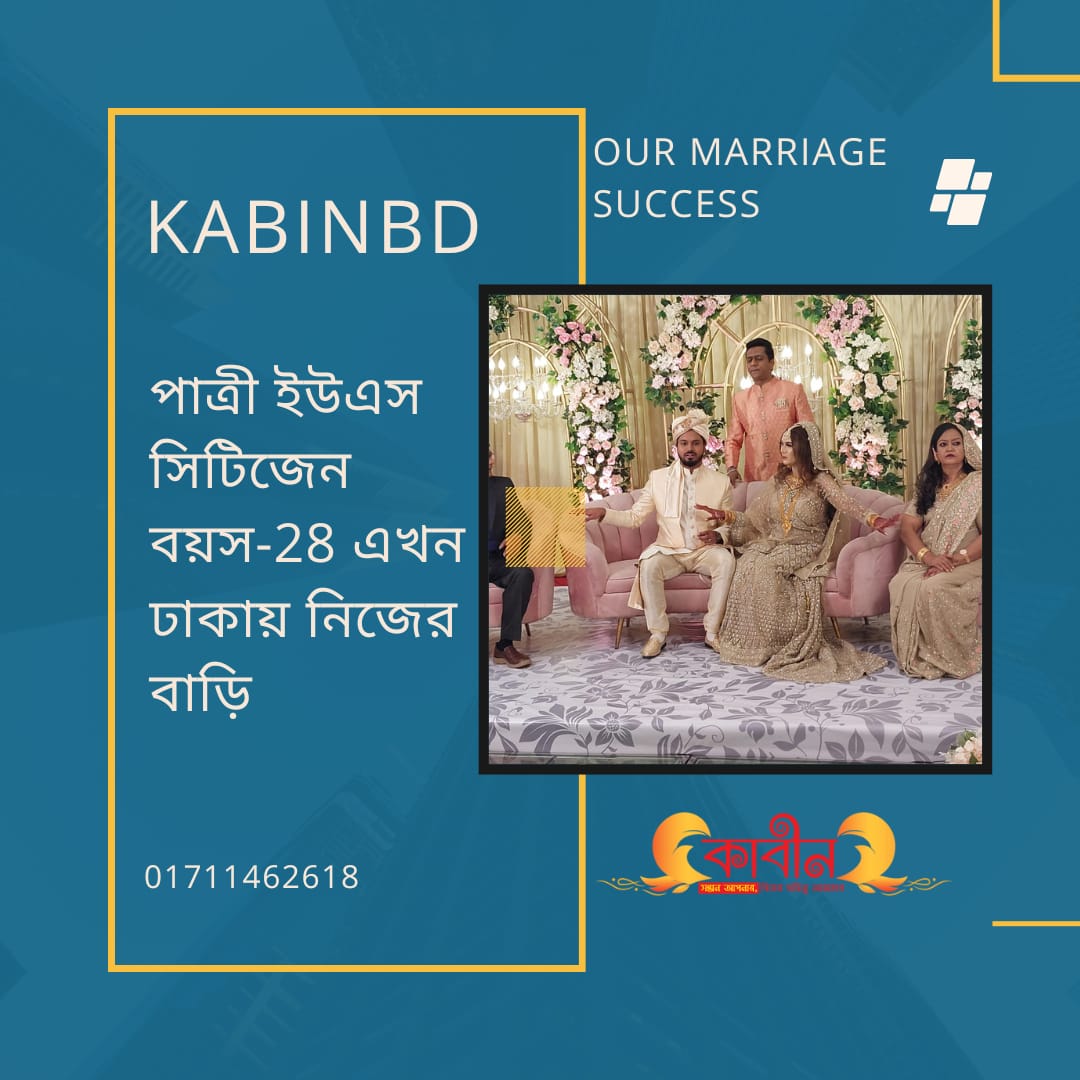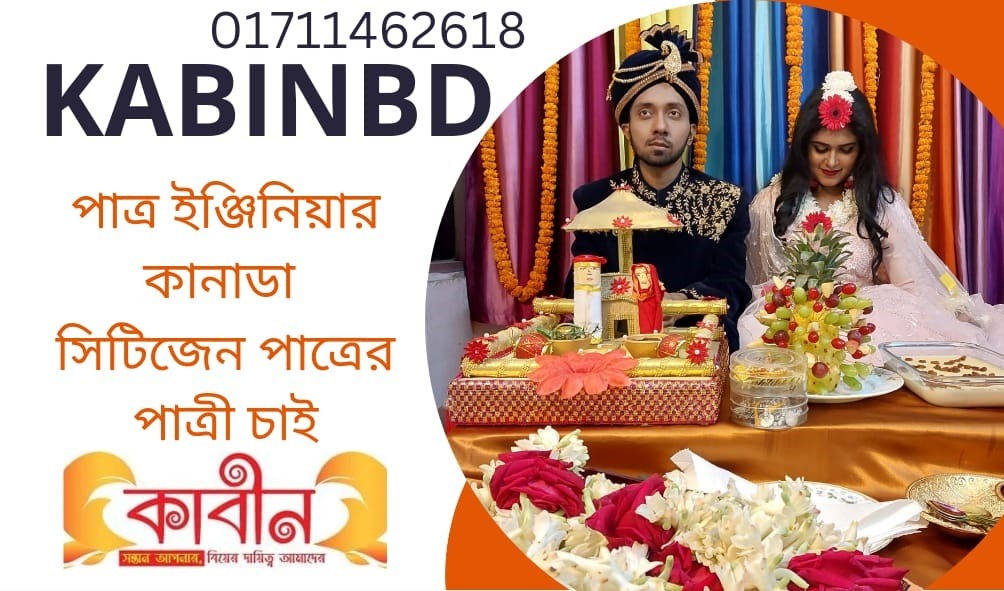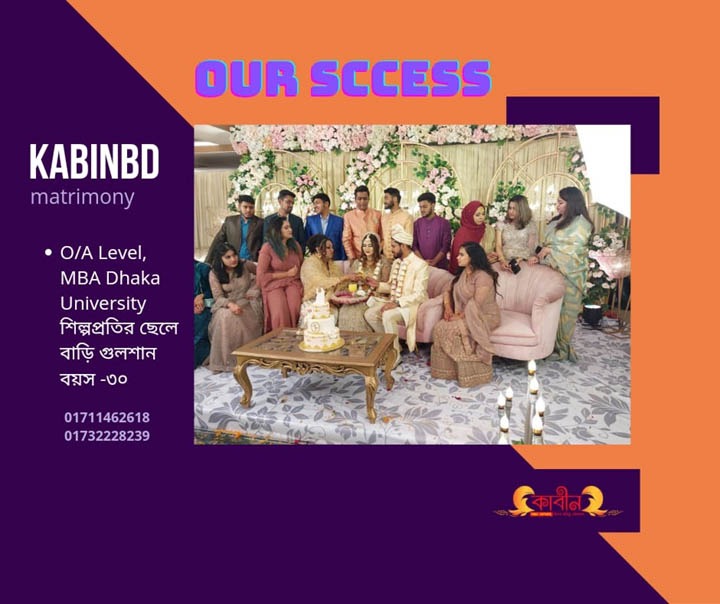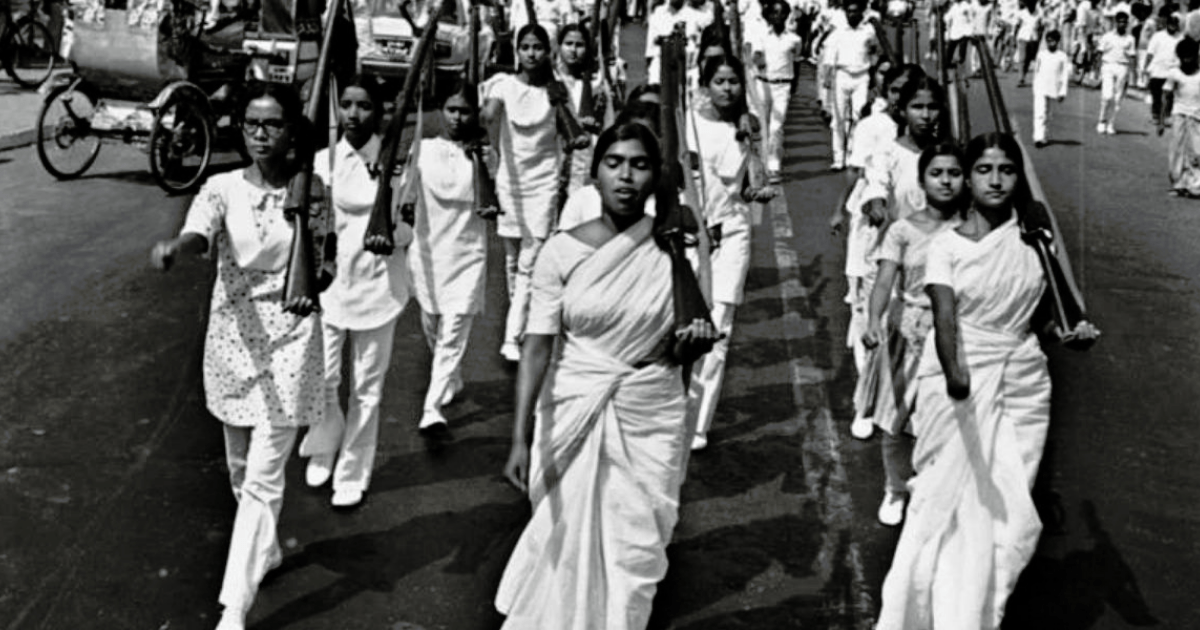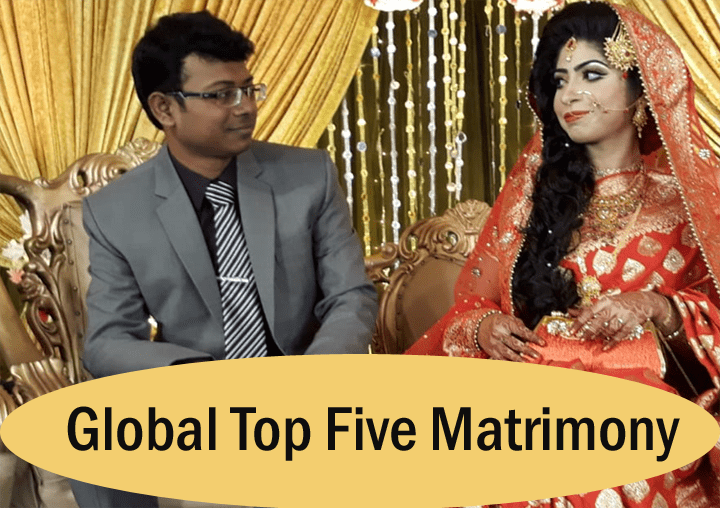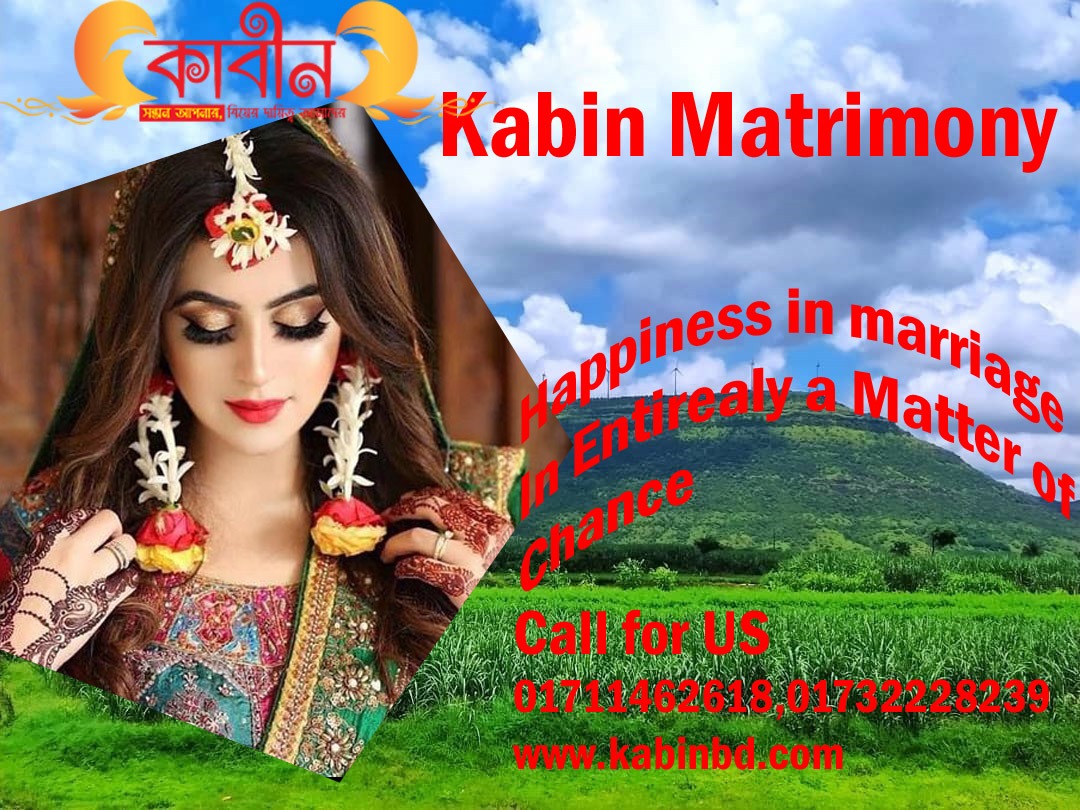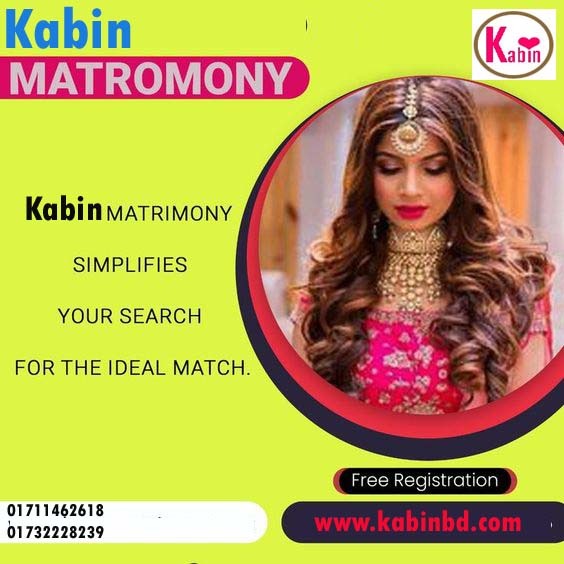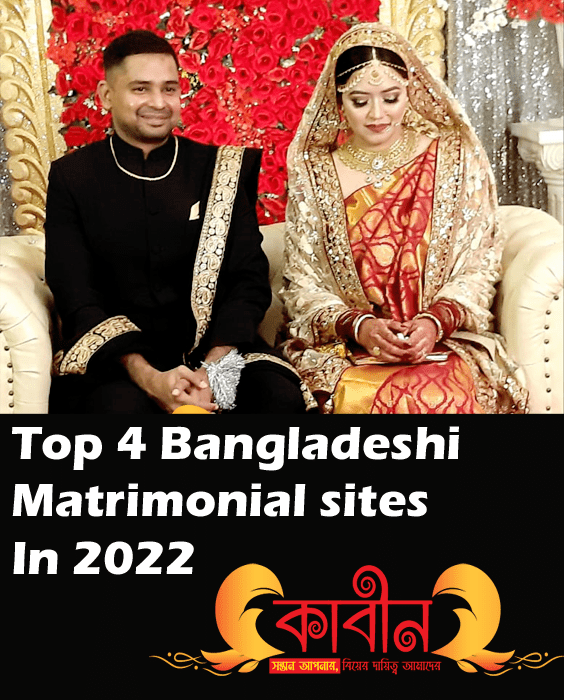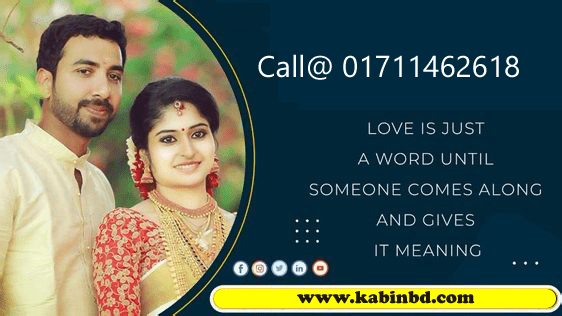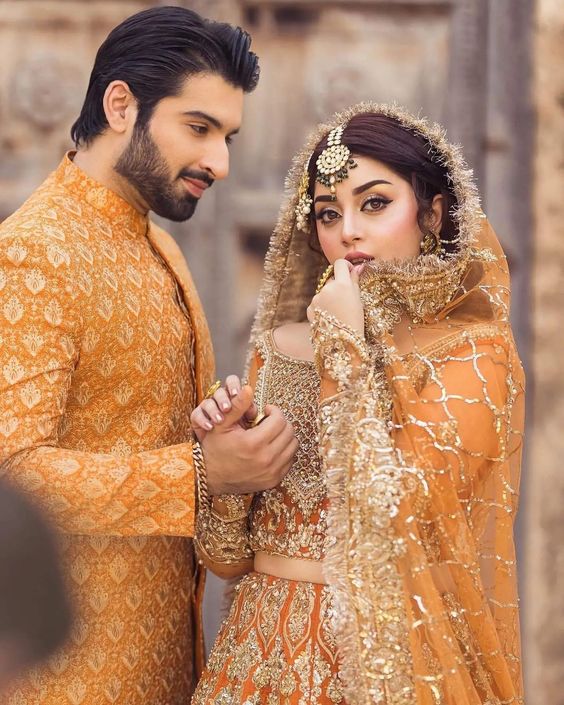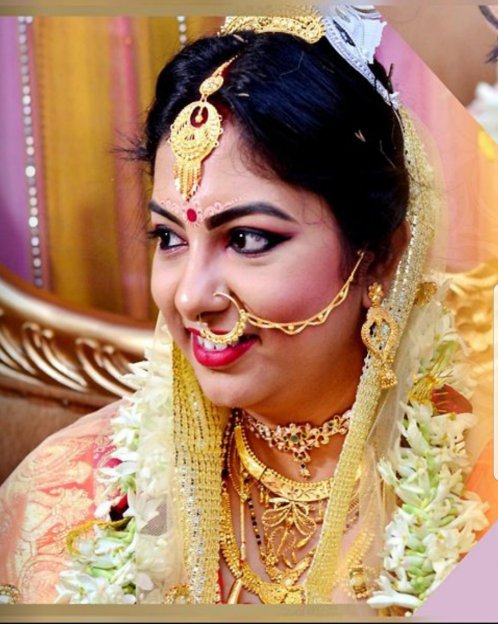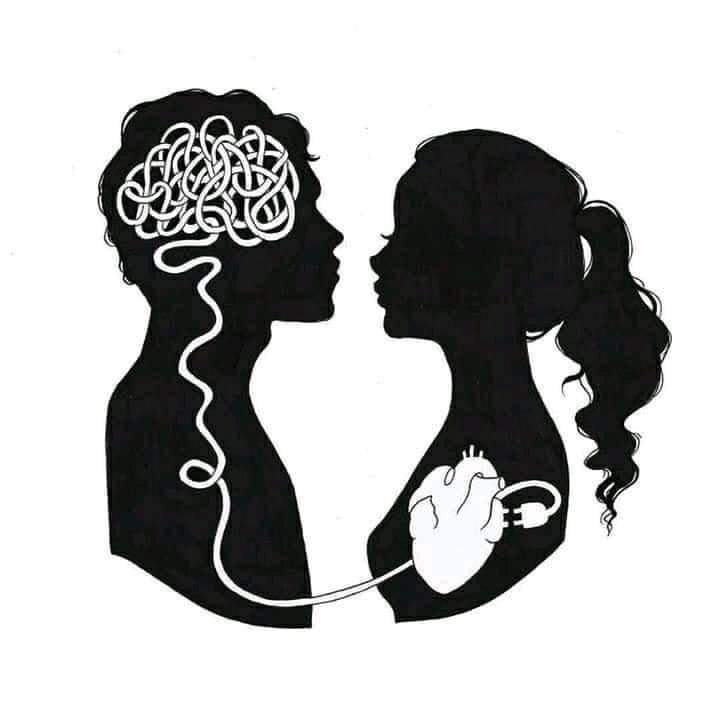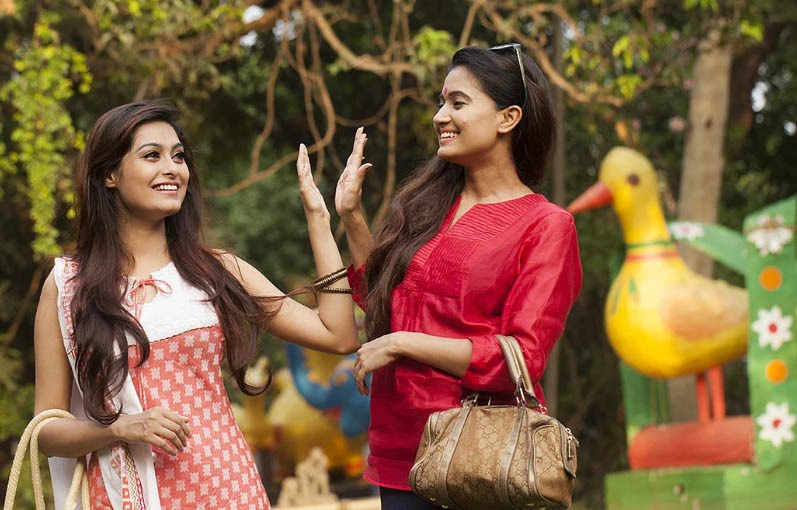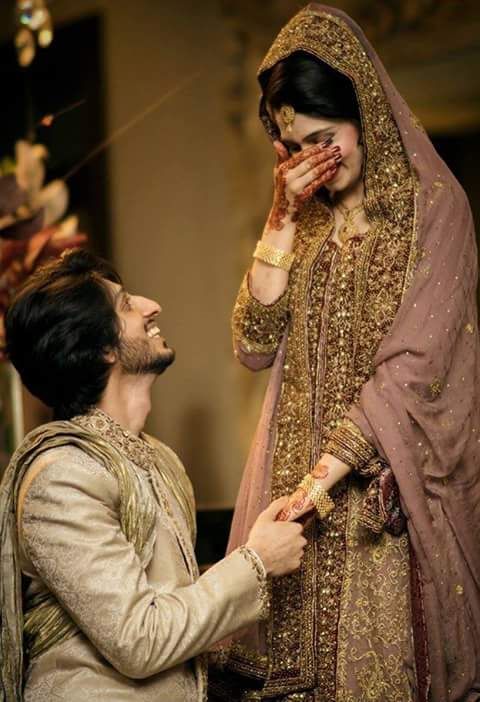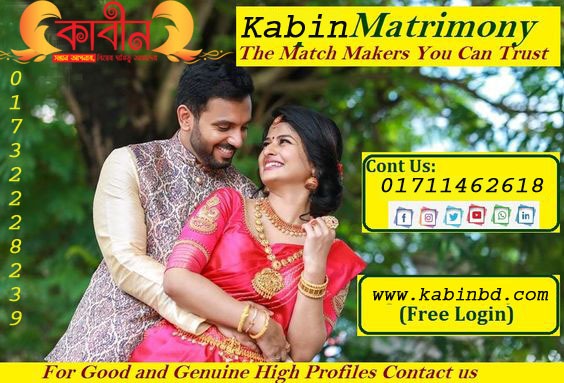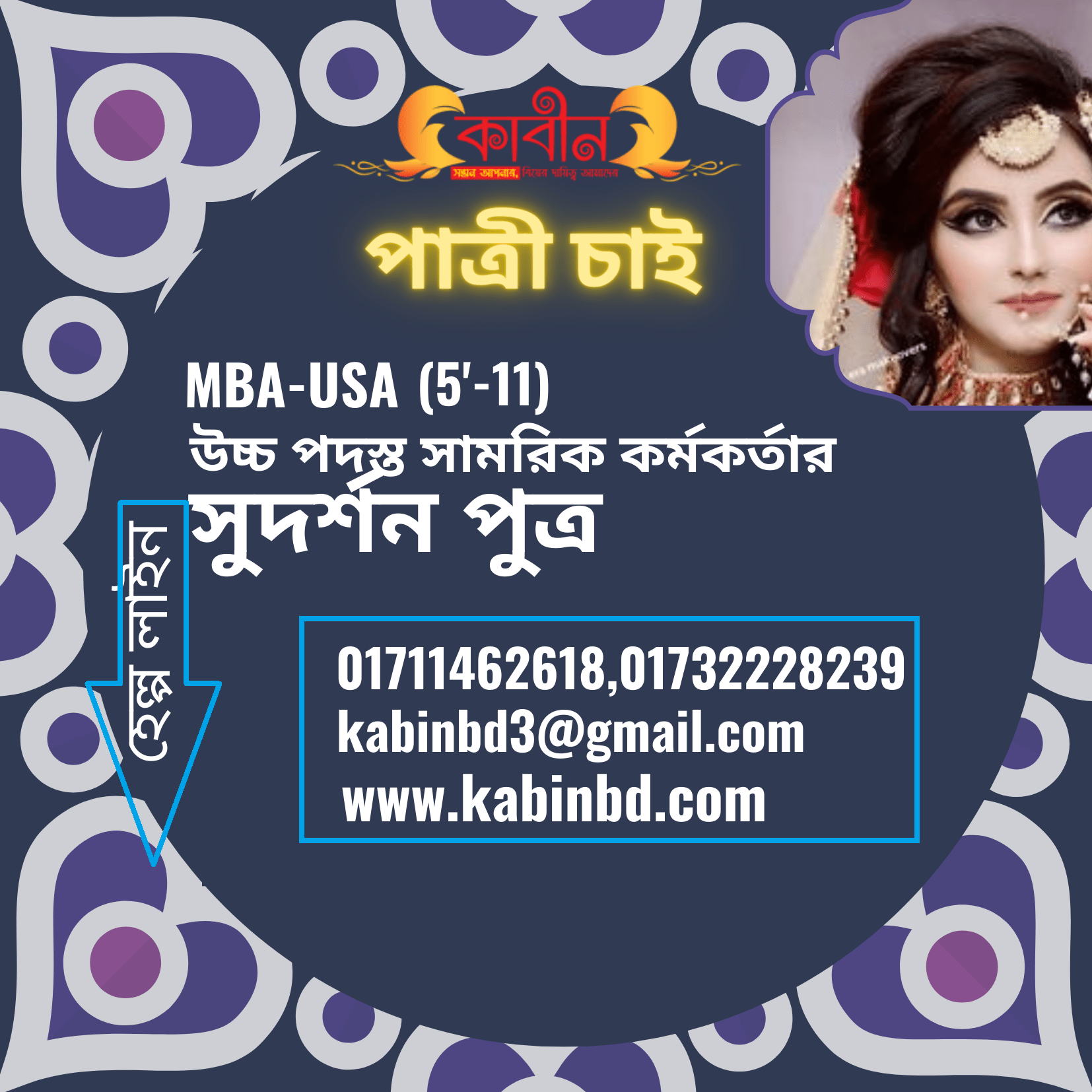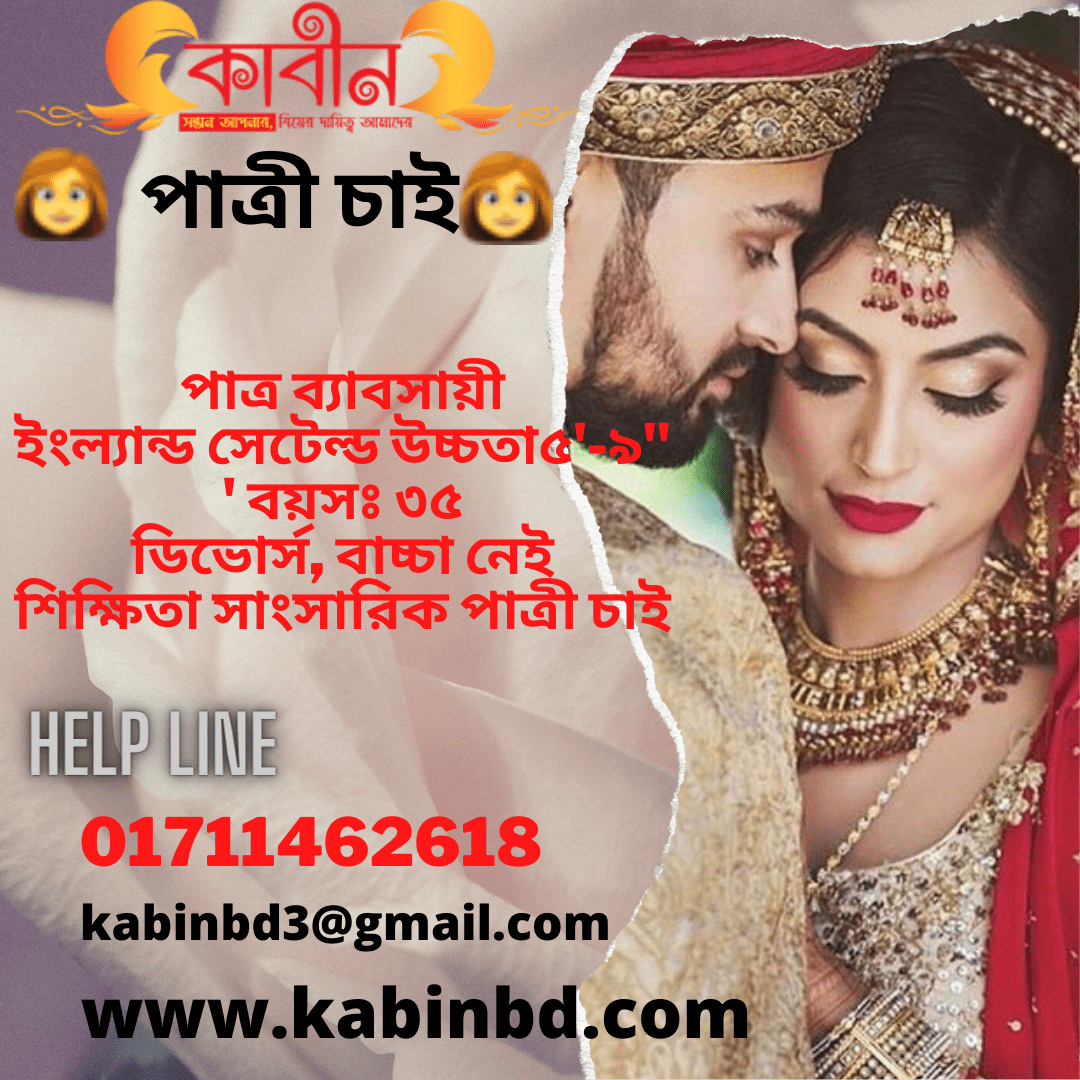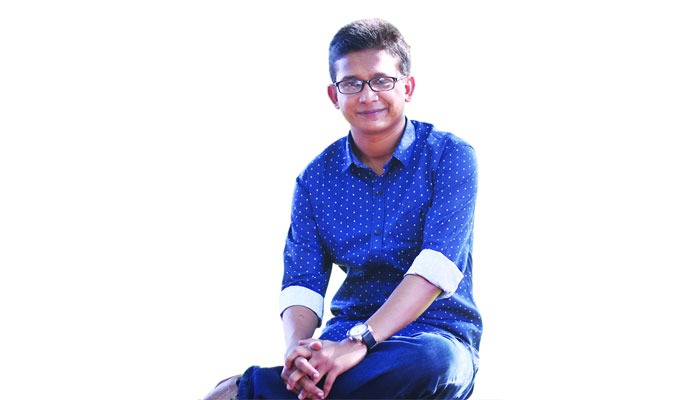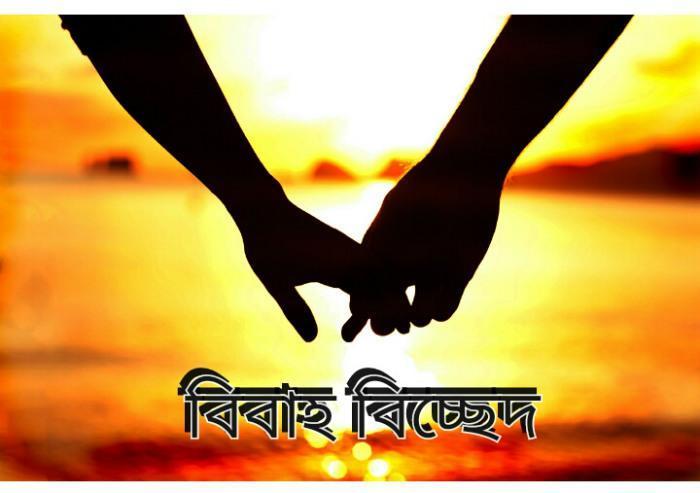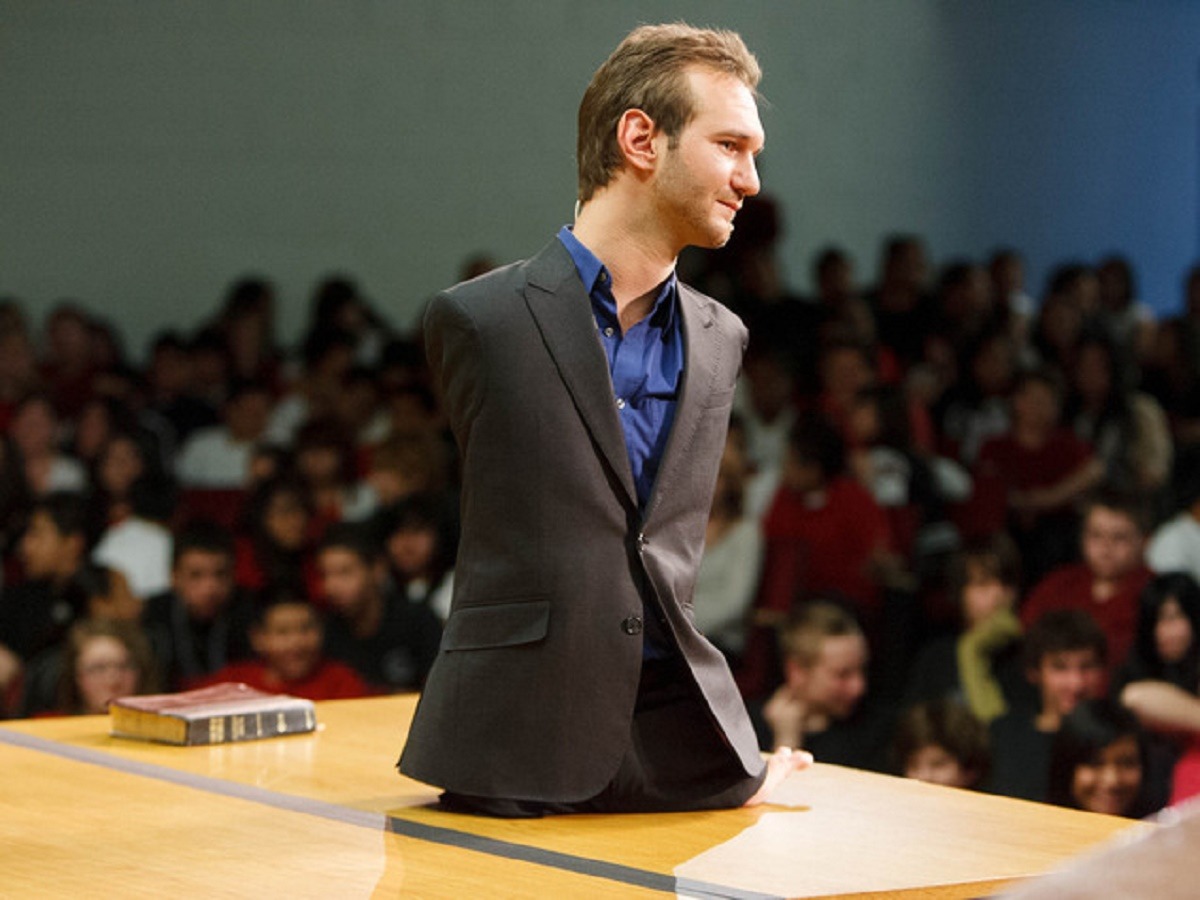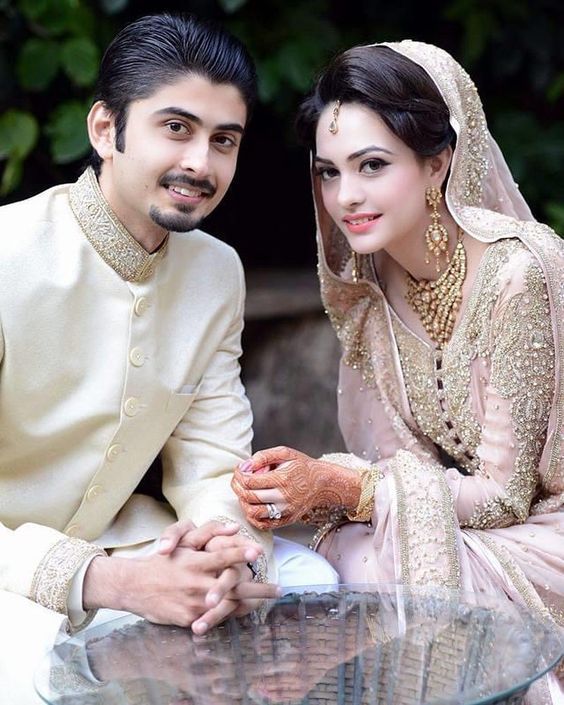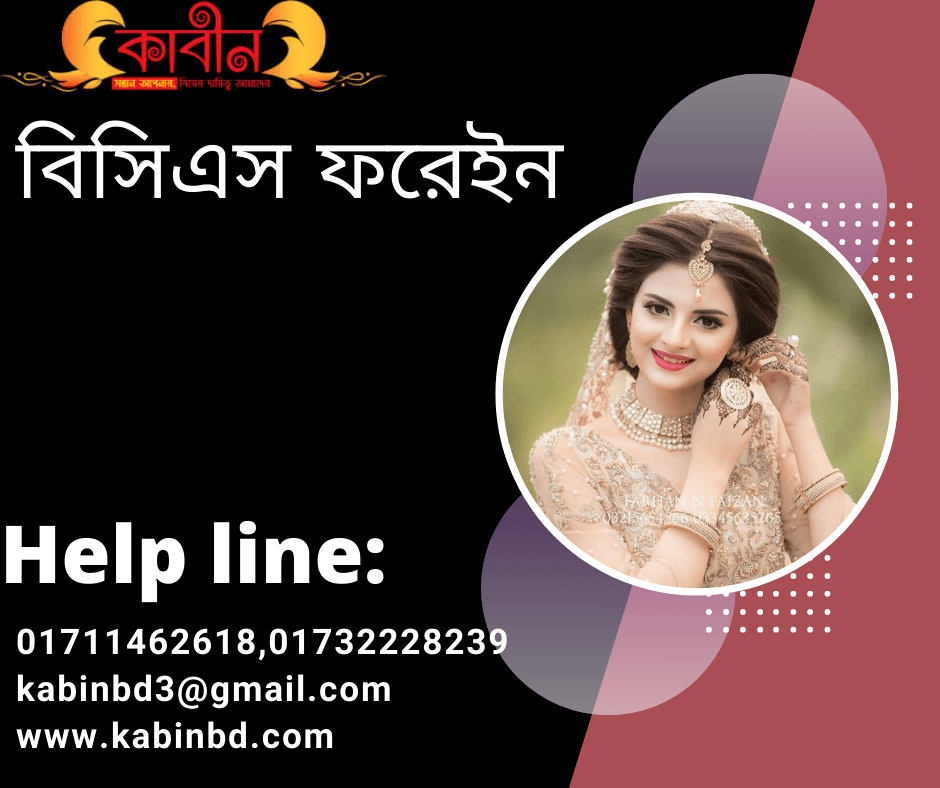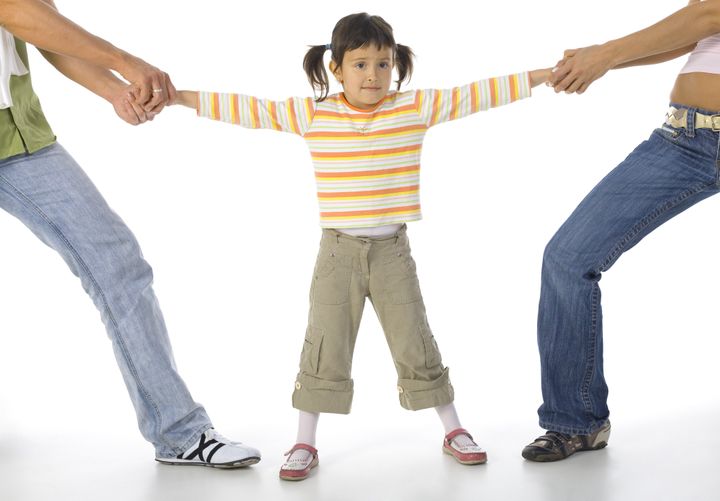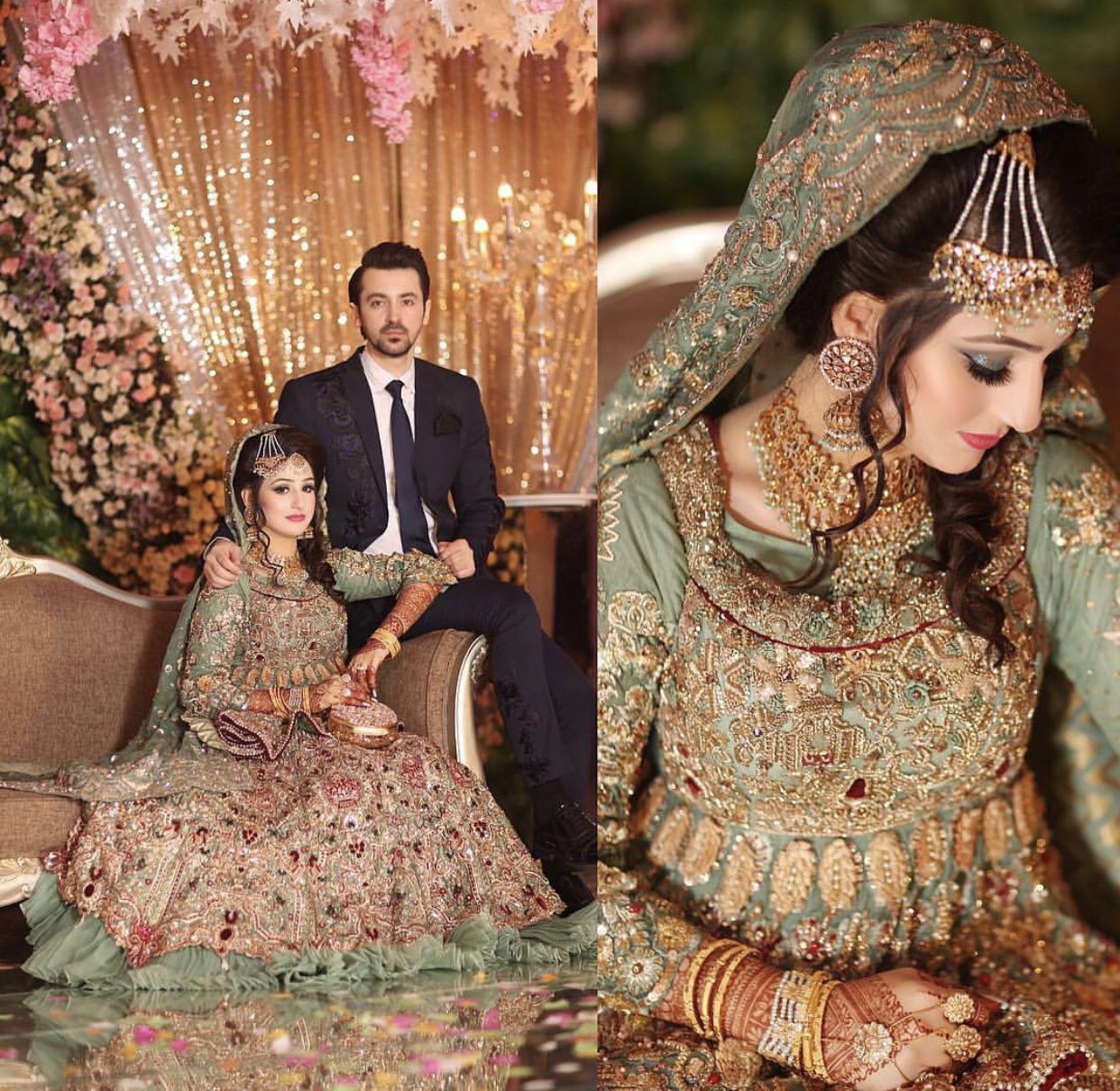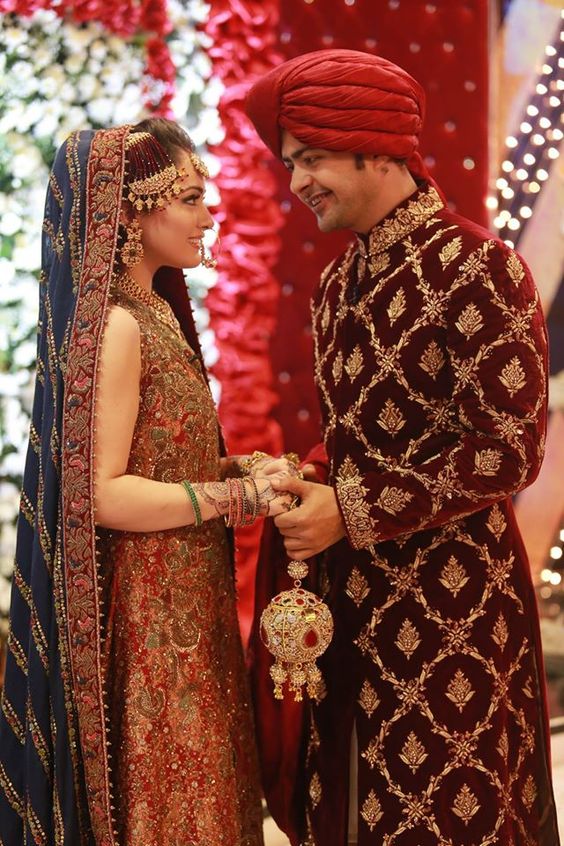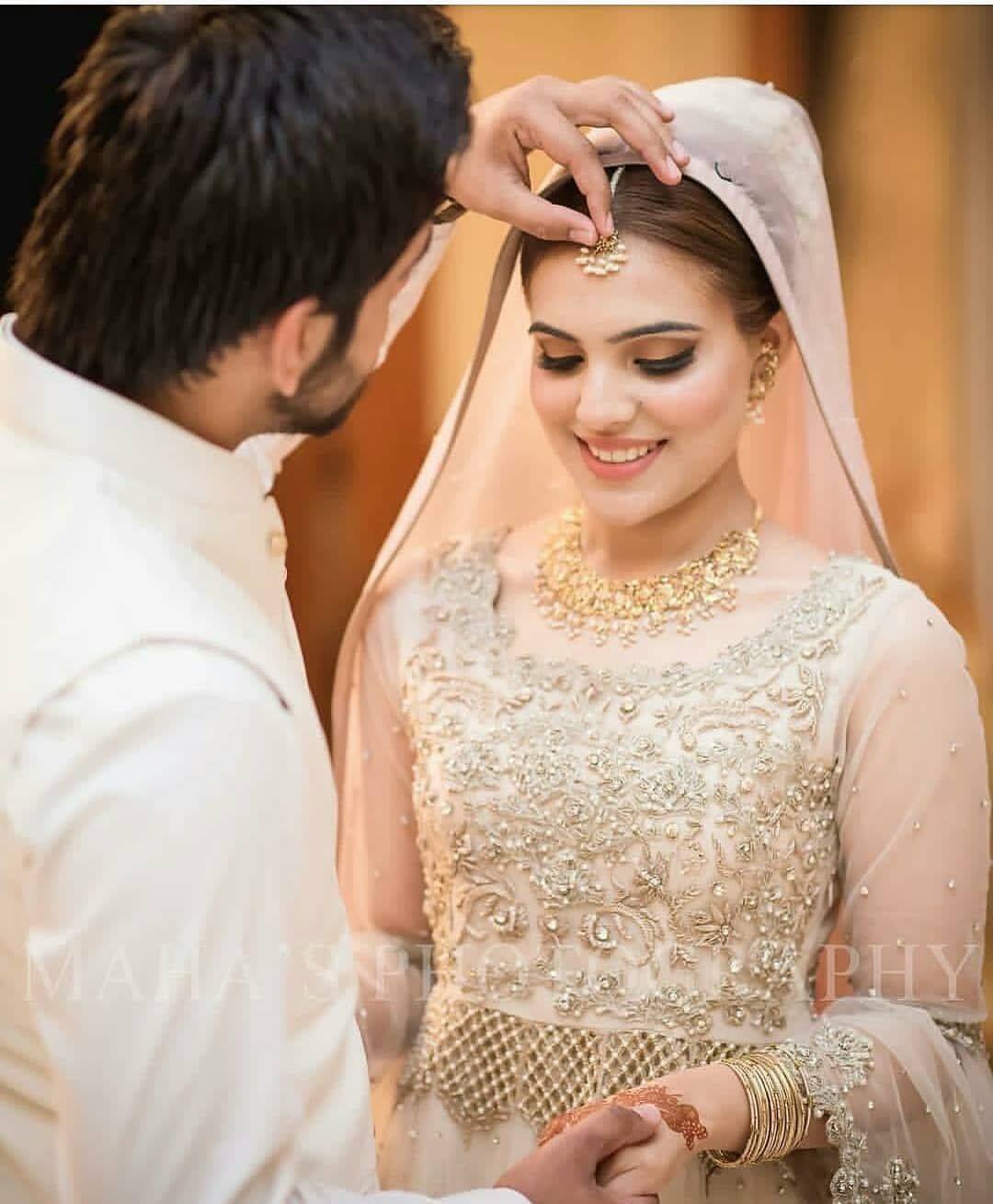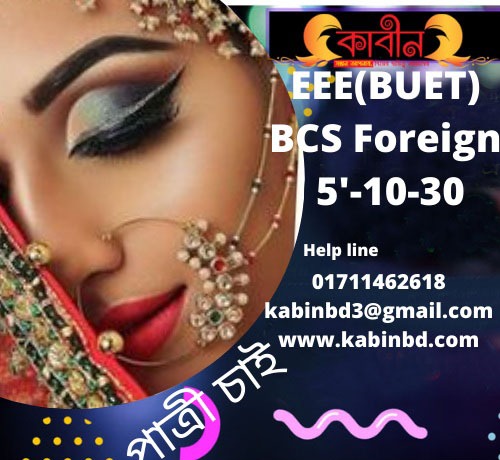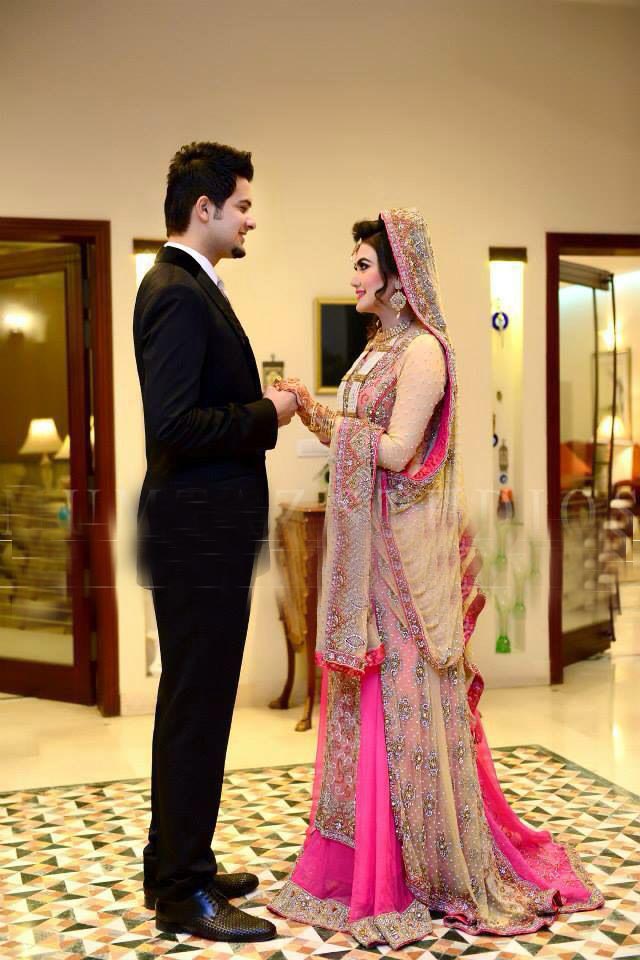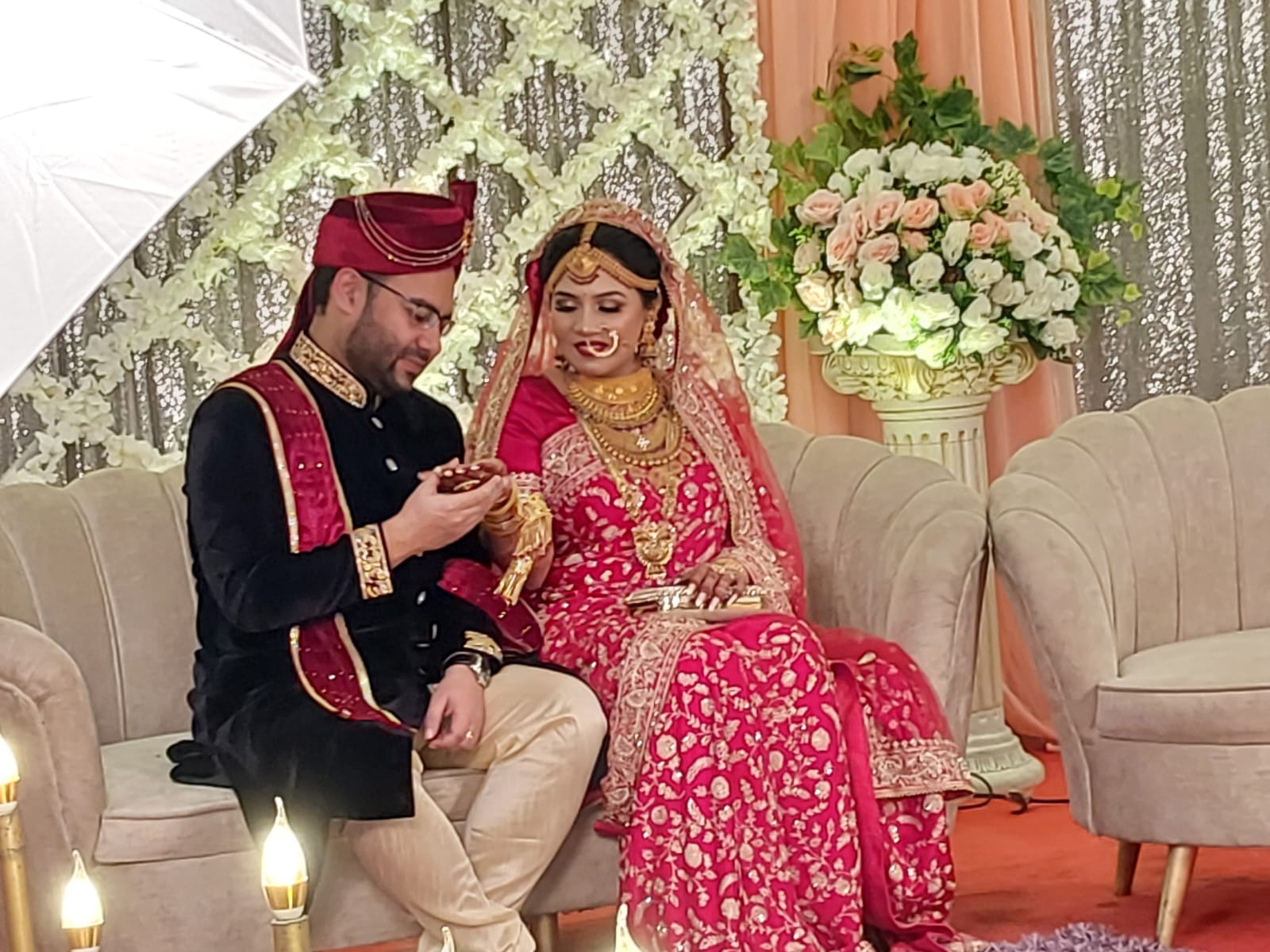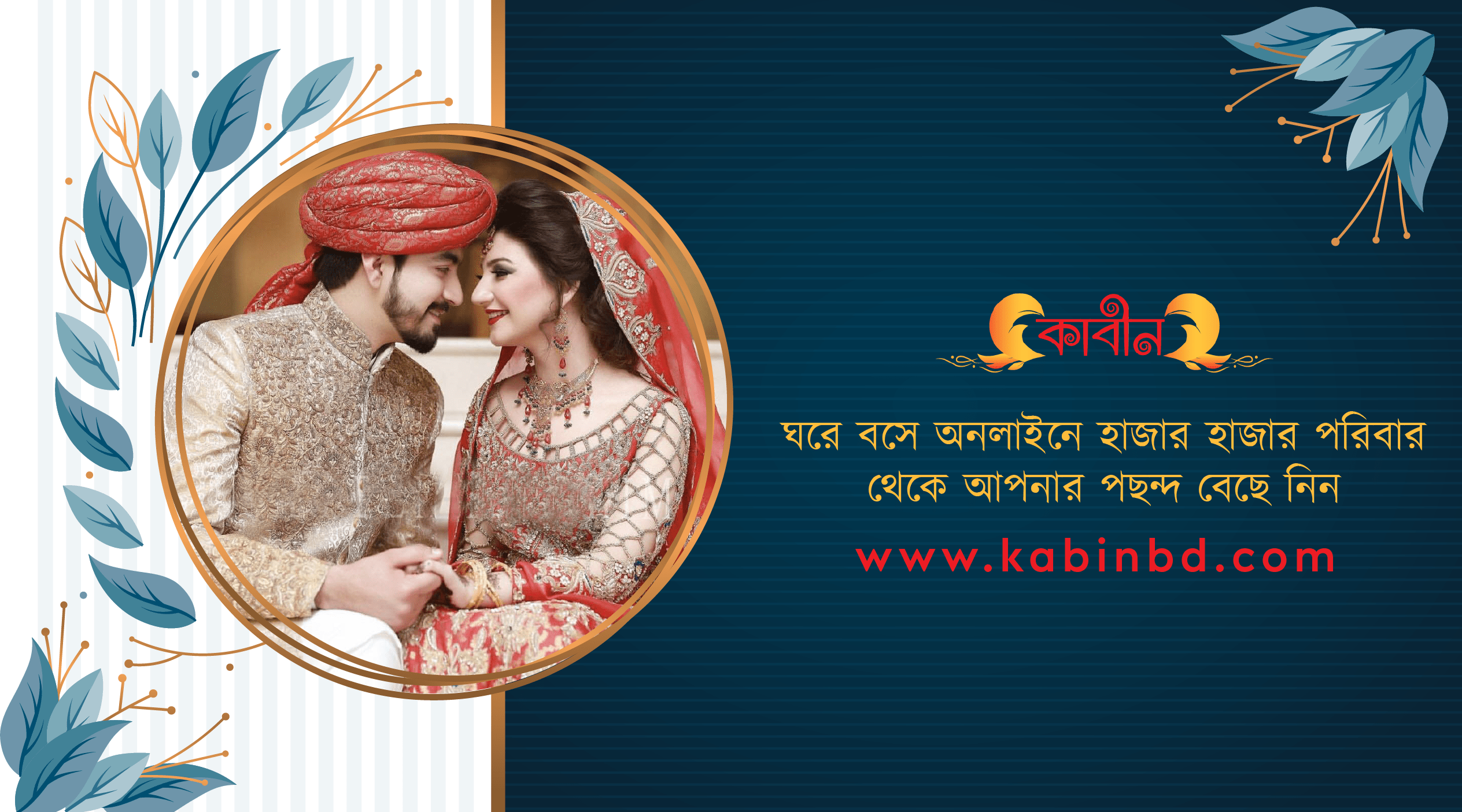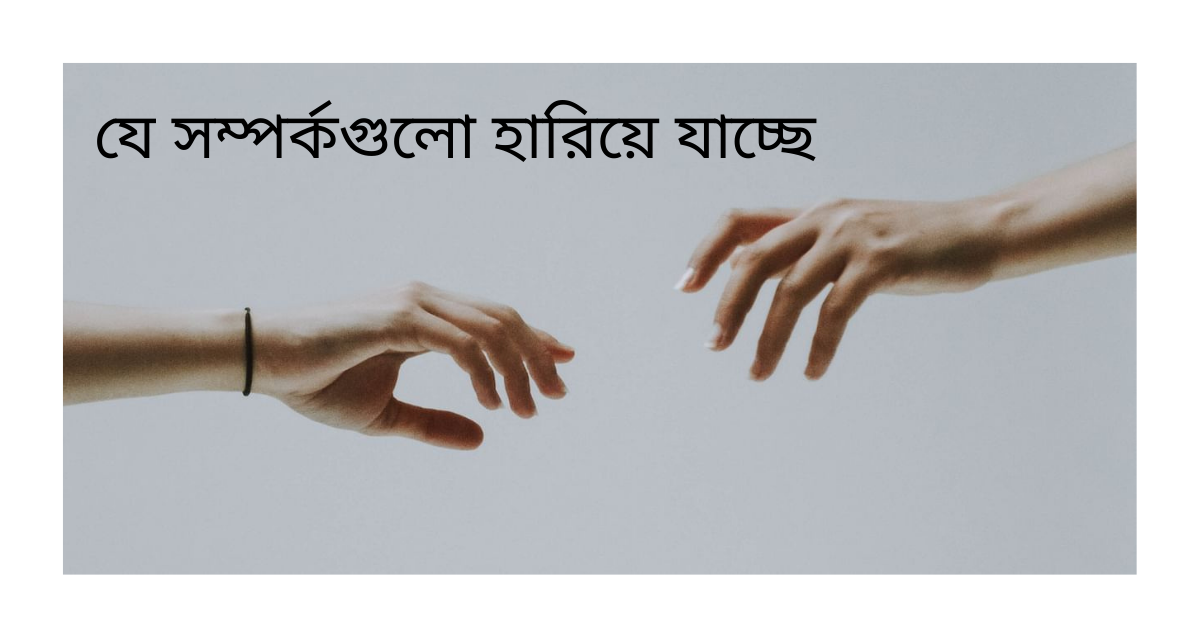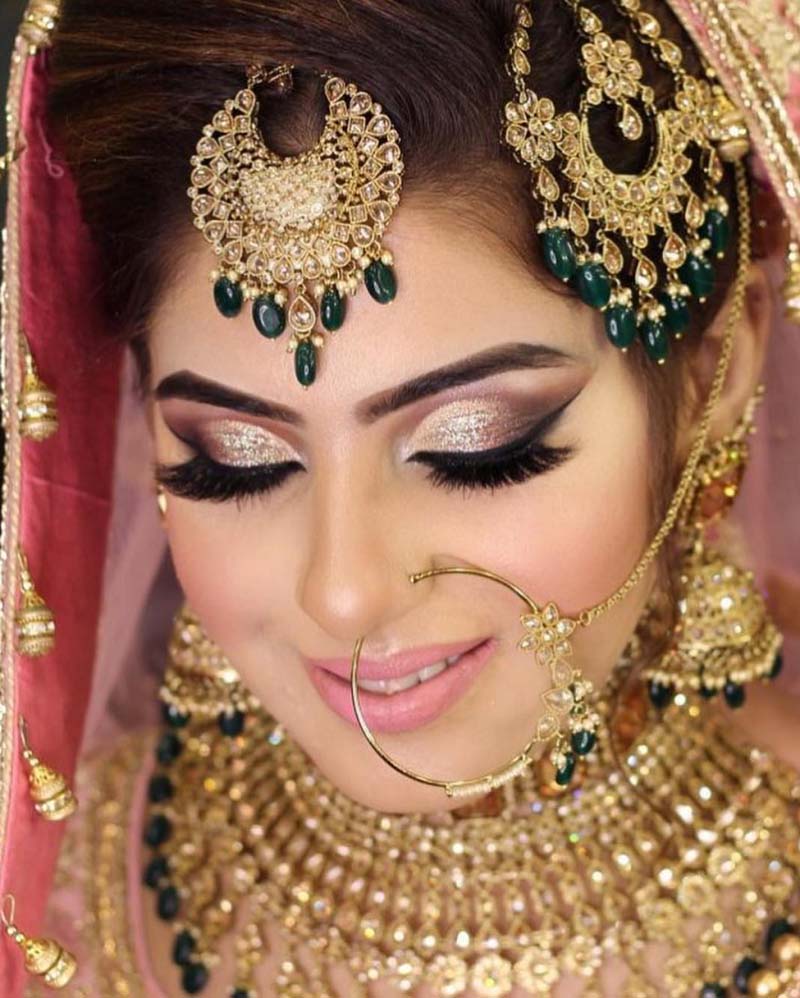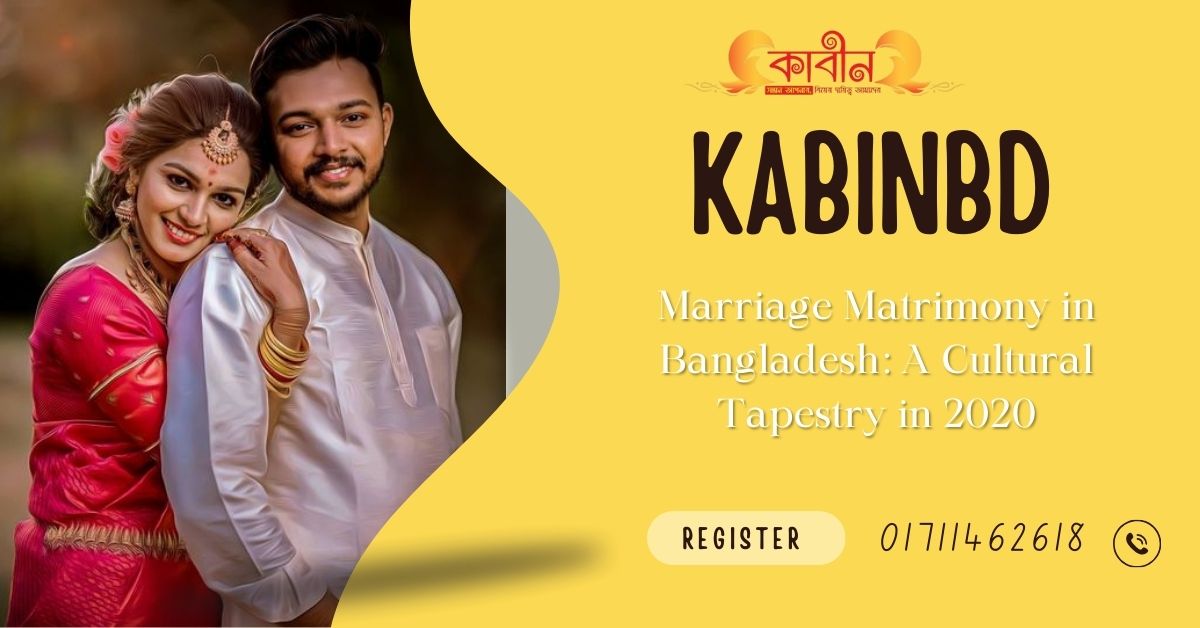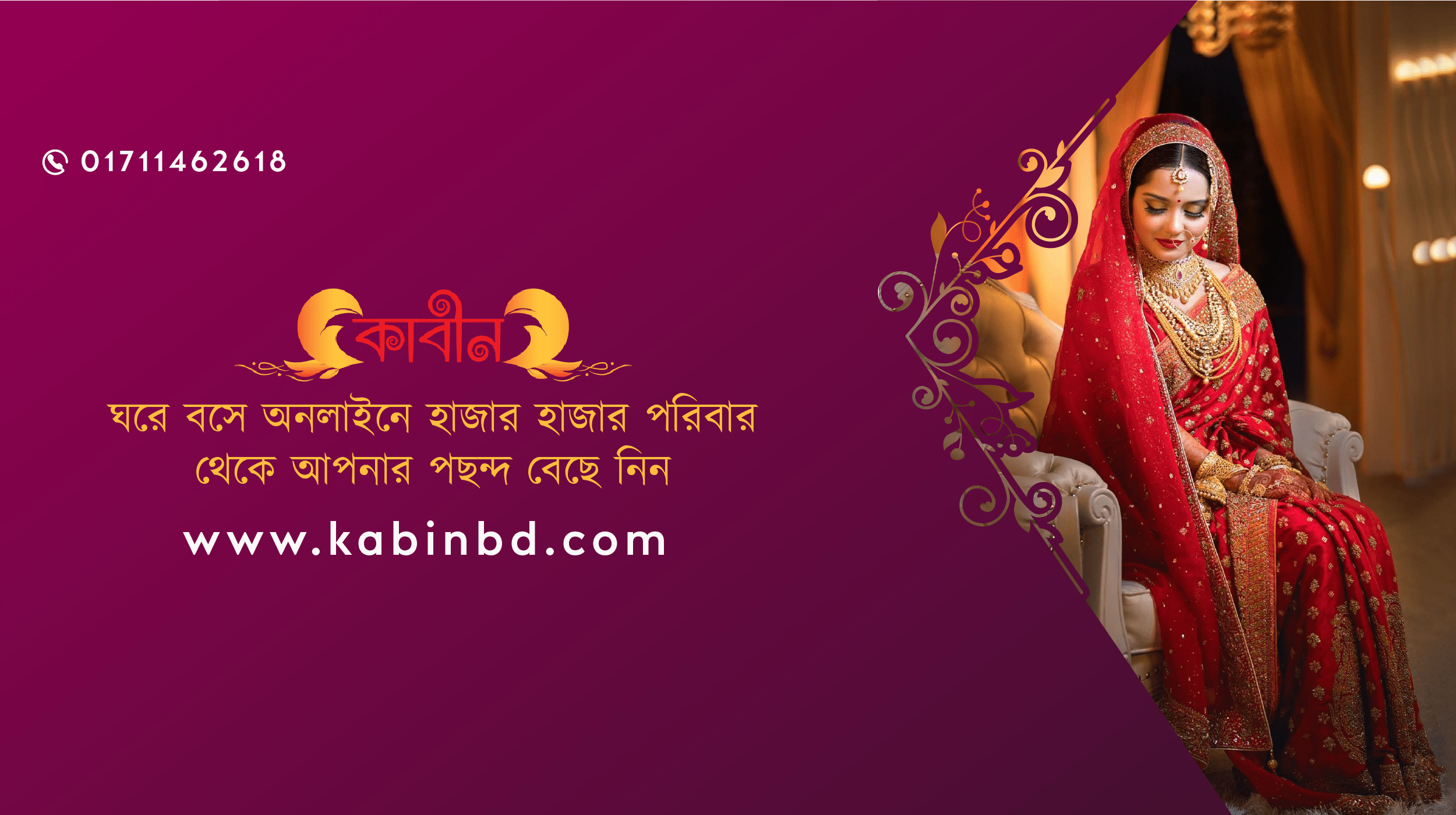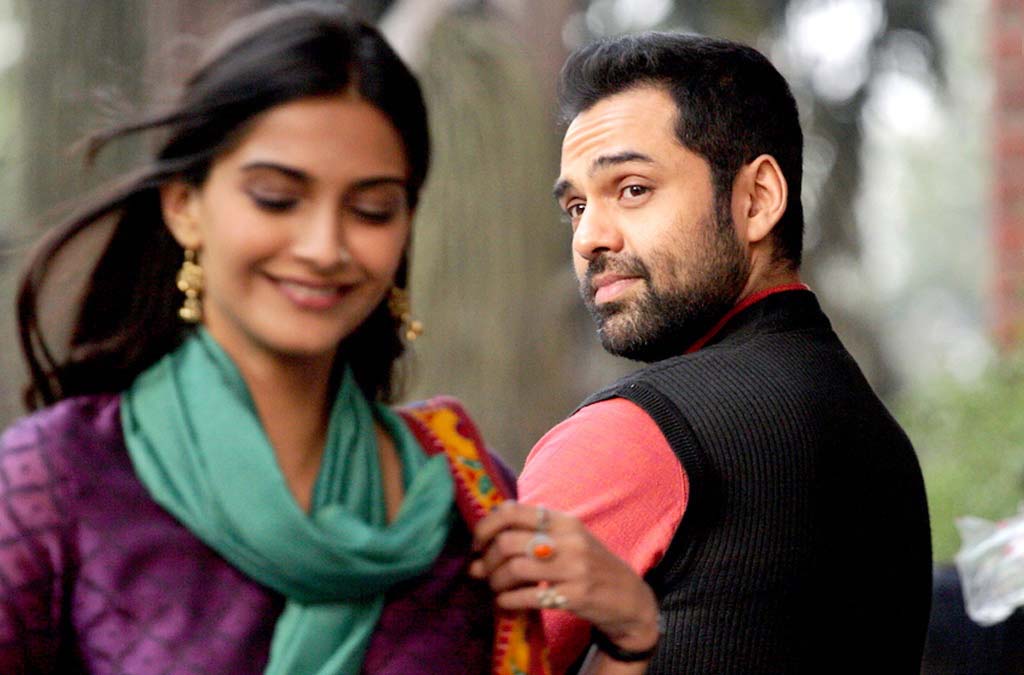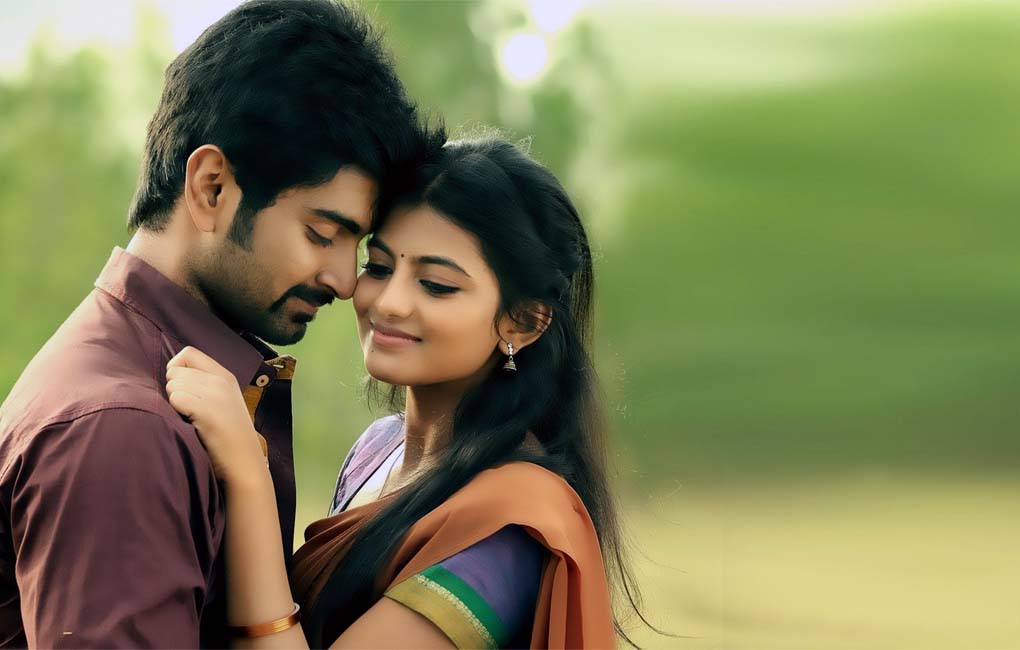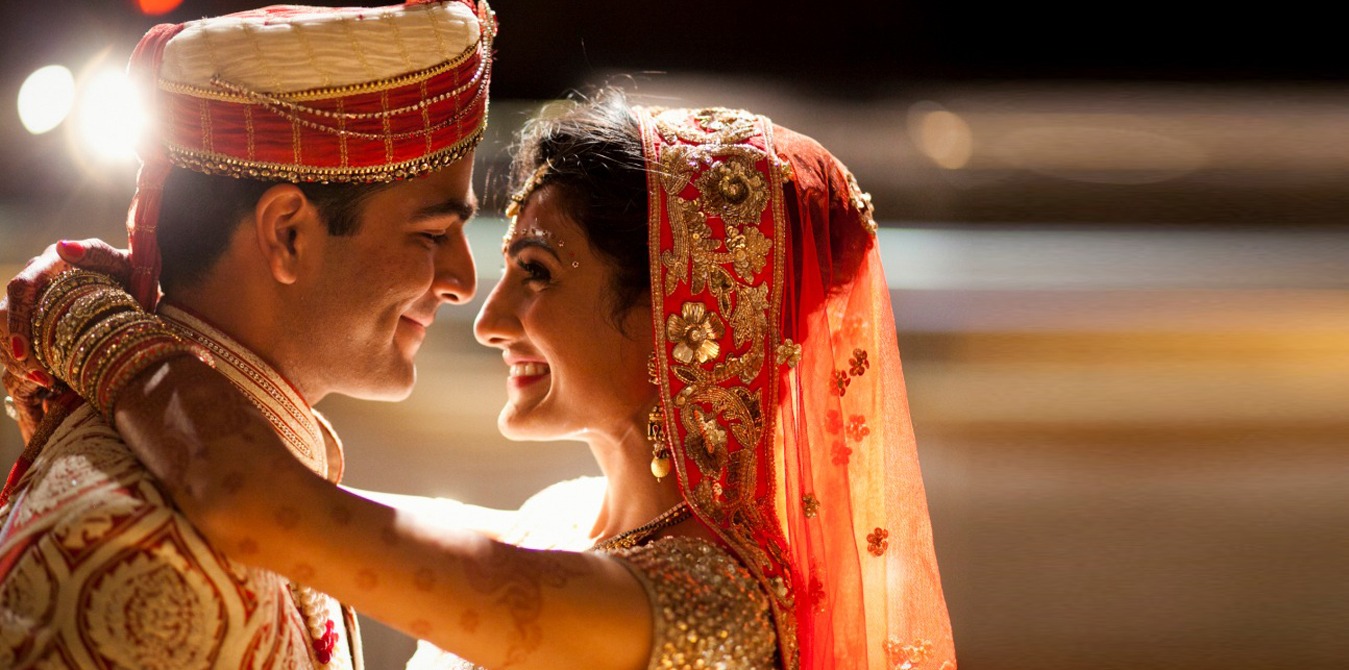Arranged Marriage Myths and Realities: A Balanced Perspective 2025
Arranged Marriage Myths and Realities: A Balanced Perspective 2025
Arranged marriages have been a significant aspect of cultures across the world for centuries, especially in countries like India, Pakistan, and various parts of the Middle East and Africa. Despite the changing dynamics of modern society, where love marriages and individual choice are more common, arranged marriages remain a prevalent tradition. However, misconceptions and stereotypes about these unions abound. To gain a comprehensive understanding, it’s important to explore both the myths surrounding arranged marriages and the realities that define them.
Myth 1: Arranged Marriages Are Forced
One of the most persistent myths about arranged marriages is that they are forced unions, where individuals have no say in choosing their partners. This view often portrays the individuals involved as passive participants with no agency over their future spouse.
Reality: While it’s true that in some cultures or families, arranged marriages may have an element of pressure, the modern concept of arranged marriages has evolved significantly. In many contemporary arranged marriages, especially in urban settings, the individuals involved have substantial input into the decision-making process. The role of parents or matchmakers is often to introduce potential partners, but it is ultimately up to the individuals to decide if they want to pursue the relationship. This system can allow both parties to consider practical compatibility—such as shared values, cultural background, and long-term goals—while still maintaining an element of family involvement.
In modern arranged marriages, individuals often have the autonomy to reject proposals they don’t feel are right for them. Therefore, while the involvement of families remains significant, the notion of forced unions is largely outdated in many societies.
Myth 2: Love Comes Only After Marriage
Another widely held belief is that arranged marriages are devoid of love at the outset. People often think that these unions are based purely on practical considerations such as family background, financial stability, or social status, with love only developing later after the marriage.
Reality: While it may be true that love in an arranged marriage doesn’t necessarily develop before the wedding, that doesn’t mean it is absent. Many people who enter arranged marriages eventually experience deep love and affection for their partners. The process of getting to know one another, developing mutual respect, and learning how to live together often fosters emotional intimacy over time. In some cases, love may even emerge stronger because the couple is already committed to the union from the start.
Moreover, the idea that love should always precede marriage can be seen as a Western romantic ideal, which is not universally applicable. In many cultures, marriage is viewed as a social institution where love is something that can grow after the commitment. The focus is on building a strong foundation of trust, compatibility, and shared values, which can, in turn, lead to emotional and romantic attachment.
Myth 3: Arranged Marriages Are Antiquated and Incompatible with Modern Life
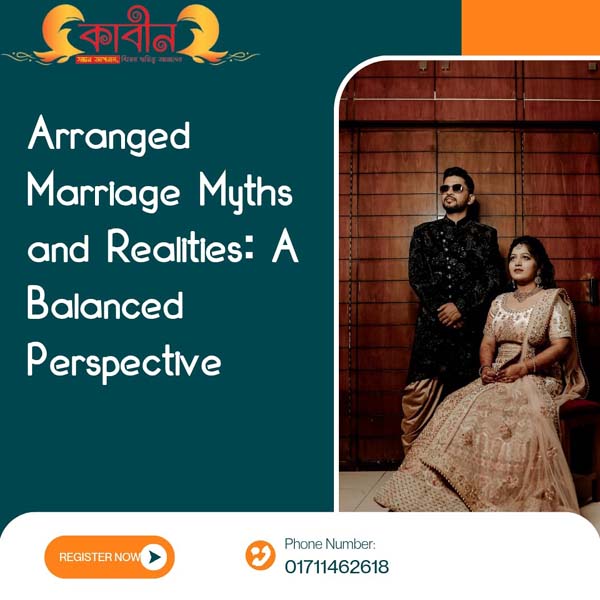
Another myth surrounding arranged marriages is that they are relics of an outdated era, unsuitable for today’s fast-paced, globalized world. Critics argue that the practice doesn’t align with modern ideals of romantic freedom and individual choice.
Reality: While arranged marriages may have been more rigidly defined in the past, they have adapted to modern times. The advent of technology and the influence of globalization have led to a more flexible approach to arranged marriages. In many countries, matrimonial websites, social media, and matchmaking apps have allowed individuals to explore potential matches more freely. These platforms blend the traditional concept of arranged marriage with modern tools for communication and matchmaking, offering a more personalized and transparent experience.
Additionally, arranged marriages are not inherently opposed to individual choice. Many families now encourage their children to pursue higher education, travel, and experience different cultures before deciding on a partner. The essence of an arranged marriage, at its core, remains the same: family involvement and the search for a compatible life partner. However, modern arrangements often give individuals greater freedom and input than ever before.
Myth 4: Arranged Marriages Are Always Successful
Some proponents of arranged marriages argue that these unions are inherently more stable than love marriages, citing the involvement of families and the deep-rooted cultural or religious values that support the union. This view often paints arranged marriages as a foolproof formula for marital success.
Reality: While arranged marriages can be successful and long-lasting, they are not immune to the challenges that all marriages face. Issues like compatibility, communication, personal growth, and emotional connection are still central to the success of any marriage, whether arranged or not. The involvement of families may provide a support system, but it is no guarantee that the individuals will automatically be happy together.
In some cases, the pressure to maintain family expectations and societal norms can create tension in the marriage. Moreover, the changing expectations of modern individuals—particularly women—can also add layers of complexity to arranged marriages. For a marriage to succeed, both partners need to work on building a healthy, respectful, and loving relationship.
Myth 5: Arranged Marriages Are Only for Certain Cultures or Religions
It is often assumed that arranged marriages are specific to certain cultures, such as South Asian, Middle Eastern, or some African communities. This perception can create a narrow understanding of how arranged marriages work globally, often excluding other cultures and their unique practices.
Reality: While arranged marriages are most closely associated with countries like India and Pakistan, the concept is not confined to these regions. In fact, arranged marriages have been practiced across many cultures throughout history. For example, in medieval Europe, families often arranged marriages as part of political or economic alliances. Similarly, arranged unions have been common in traditional Jewish and Orthodox Christian communities.
In recent years, there has also been a resurgence of interest in arranged marriages in Western cultures, particularly among immigrant communities. In these cases, the tradition of arranged marriage may blend with the values of the host society, resulting in arrangements that offer both familial guidance and individual autonomy.
Myth 6: Arranged Marriages Are About Control and Patriarchy
A common stereotype is that arranged marriages are oppressive, especially for women. Critics argue that these unions are often rooted in patriarchal systems where women are treated as commodities to be exchanged or controlled by male-dominated families.
Reality: While it is undeniable that some cultures have historically treated women as subjugated figures in the context of arranged marriages, this is not universally true. The dynamics of arranged marriages are complex and vary significantly across cultures, families, and even generations. In many modern arranged marriages, both men and women are treated as equal partners in the decision-making process. Families are more likely to focus on mutual compatibility, emotional well-being, and the personal preferences of the individuals involved rather than imposing rigid gender roles.
In fact, many women who enter arranged marriages report feeling supported by their families and empowered in their decisions. With the increasing education and professional independence of women, many arranged marriages today are based on partnerships of mutual respect and shared aspirations.
Myth 7: Arranged Marriages Don’t Allow for Love or Chemistry
Another myth associated with arranged marriages is that they don’t allow for genuine love or romantic chemistry between partners. This misconception is based on the idea that a marriage arranged by others can’t possibly lead to the same passionate connection as one built on a foundation of courtship and dating.
Reality: While the initial romantic chemistry might not be there in arranged marriages, many couples grow to develop a deep and genuine connection over time. In fact, some studies suggest that arranged marriages can actually have higher levels of marital satisfaction in certain cultures, as partners often work harder to make the relationship successful, knowing it is a lifelong commitment.
Moreover, in arranged marriages, both parties are often introduced to each other after their families have assessed various aspects of compatibility—such as values, lifestyles, and life goals—allowing couples to begin their relationship on a more grounded and practical foundation. Over time, this compatibility can lead to emotional intimacy, trust, and, eventually, love.
Conclusion: A Balanced Perspective on Arranged Marriages
Arranged marriages, like any form of union, come with their own set of challenges and rewards. While there are certainly myths and misconceptions that continue to shape public opinion, it’s important to recognize the complexities of this tradition. The reality is that arranged marriages are not inherently oppressive, forced, or unsuccessful. In fact, they can offer individuals the opportunity to form lasting, meaningful connections within a supportive family and cultural context.
Ultimately, the success of any marriage—arranged or not—depends on the individuals involved and their willingness to work together, communicate openly, and grow as partners. As the world continues to evolve, so too will the practice of arranged marriages, adapting to new realities and blending traditional values with modern sensibilities. By debunking myths and embracing a more nuanced view, we can appreciate the diverse ways in which people choose to connect, commit, and build their lives together.
Arranged marriages have been practiced for centuries across various cultures and societies, particularly in regions like South Asia, the Middle East, and parts of Africa. Despite the changing norms in modern societies, arranged marriages continue to be a common practice in many parts of the world. The perception of arranged marriages often comes with a variety of myths, stereotypes, and preconceived notions. For some, these marriages are seen as outdated or even oppressive, while others view them as a practical and deeply cultural institution.
To understand the full scope of this practice, it is important to take a balanced perspective, recognizing both the potential advantages and challenges inherent in arranged marriages. This nuanced view allows us to move beyond simplistic binaries of “good” or “bad” and instead appreciate the complexity of arranged unions in a globalized, modern world.
Cultural Roots and Evolving Norms
Arranged marriages are often grounded in cultural and familial traditions that have been passed down through generations. In many cultures, the involvement of families in the marriage process is not just about finding a partner, but about preserving shared values, ensuring compatibility, and maintaining social harmony. The families, rather than individuals alone, often evaluate a potential match based on factors like socioeconomic status, family reputation, religious beliefs, and education.
However, the practice of arranged marriages is not static. In the 21st century, arranged marriages are evolving, particularly in urban areas where individuals have more access to education and career opportunities, and where globalization has introduced a variety of cultural influences. Today, many arranged marriages are much more flexible than in the past, and the boundaries of what constitutes an “arranged marriage” have blurred.
For example, in contemporary arranged marriages, the individuals involved often have a significant say in their choice of partner. Family members might introduce potential spouses, but it is ultimately up to the individuals to decide whether or not to proceed with the match. Many modern arranged marriages resemble a hybrid model, where families play an advisory role, but the final decision rests with the individuals involved.
In this sense, arranged marriages are not necessarily outdated or incompatible with modern life. Instead, they reflect an adaptation of tradition to changing social realities, allowing individuals to retain cultural practices while also embracing new ways of thinking about relationships and marriage.
Myths vs. Realities
Myth 1: Arranged Marriages Are Always Forced
One of the most enduring myths about arranged marriages is that they are always forced. Critics argue that arranged marriages are coercive and strip individuals—especially women—of their agency in choosing a life partner. This image of arranged marriages as oppressive practices often stems from historical or cultural contexts where individuals had less autonomy over their life choices.
Reality: While forced marriages are a serious issue in some cultures, modern arranged marriages are typically built on the concept of mutual consent and family support. In many cases, individuals today have a considerable say in whether they want to marry the person chosen for them. Families may suggest potential partners, but it is up to the couple to decide if they wish to proceed.
In fact, many individuals in arranged marriages express satisfaction with the process, appreciating the guidance their families offer in the search for a compatible partner. With increasing emphasis on personal choice and the evolving nature of arranged marriages, the notion that they are always forced is an oversimplification.
Myth 2: Arranged Marriages Lack Love and Emotional Connection
Another common misconception is that arranged marriages are devoid of love and that emotional bonds only form after the marriage, as if love is a secondary consideration. This myth is rooted in the belief that love marriages, in which individuals choose their partners based on romantic attraction, are more likely to result in emotional fulfillment.
Reality: The idea that arranged marriages are devoid of love is increasingly outdated. Many couples in arranged marriages develop deep emotional connections over time, building intimacy through mutual respect, shared values, and compatibility. In fact, the early stages of arranged marriages may involve less emotional intensity but more opportunities to cultivate a grounded and steady relationship.
For many people, arranged marriages create an environment in which both partners are committed to making the relationship work. This sense of commitment can allow for emotional intimacy to develop more organically, as both individuals focus on the long-term success of the marriage, rather than the immediate thrills of romantic chemistry.
আপনি যদি বিয়ের ব্যাপারে সিরিয়াস হয়ে থাকেন তবে
লিংকে ক্লিক করে ফ্রী রেজিষ্ট্রেশন করুন
অথবা বিস্তারিত জানতেঃ
Gmail:kabinbd4@gmail.com
01711462618 এ কল করুন ২৪/৭ সার্ভিস


